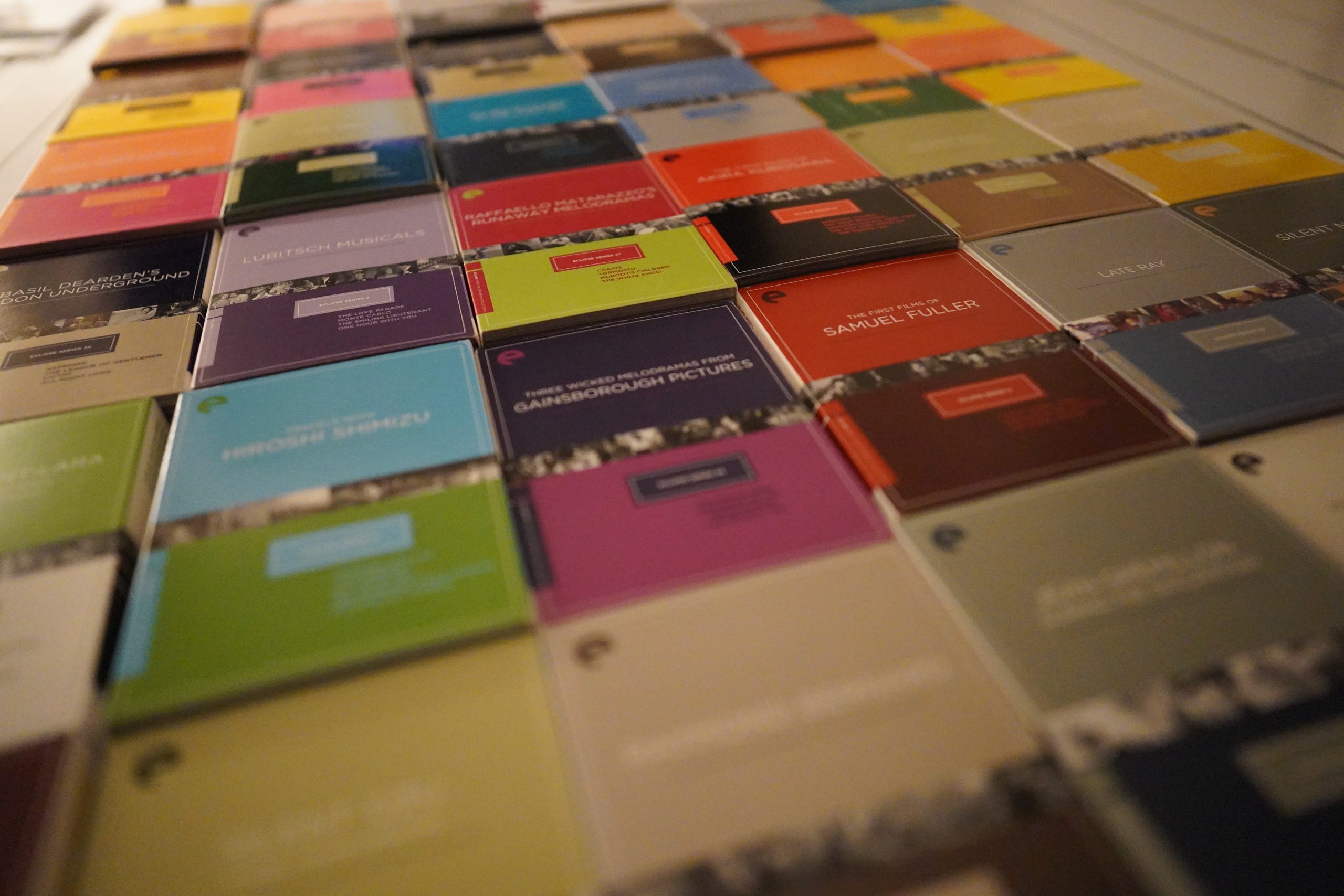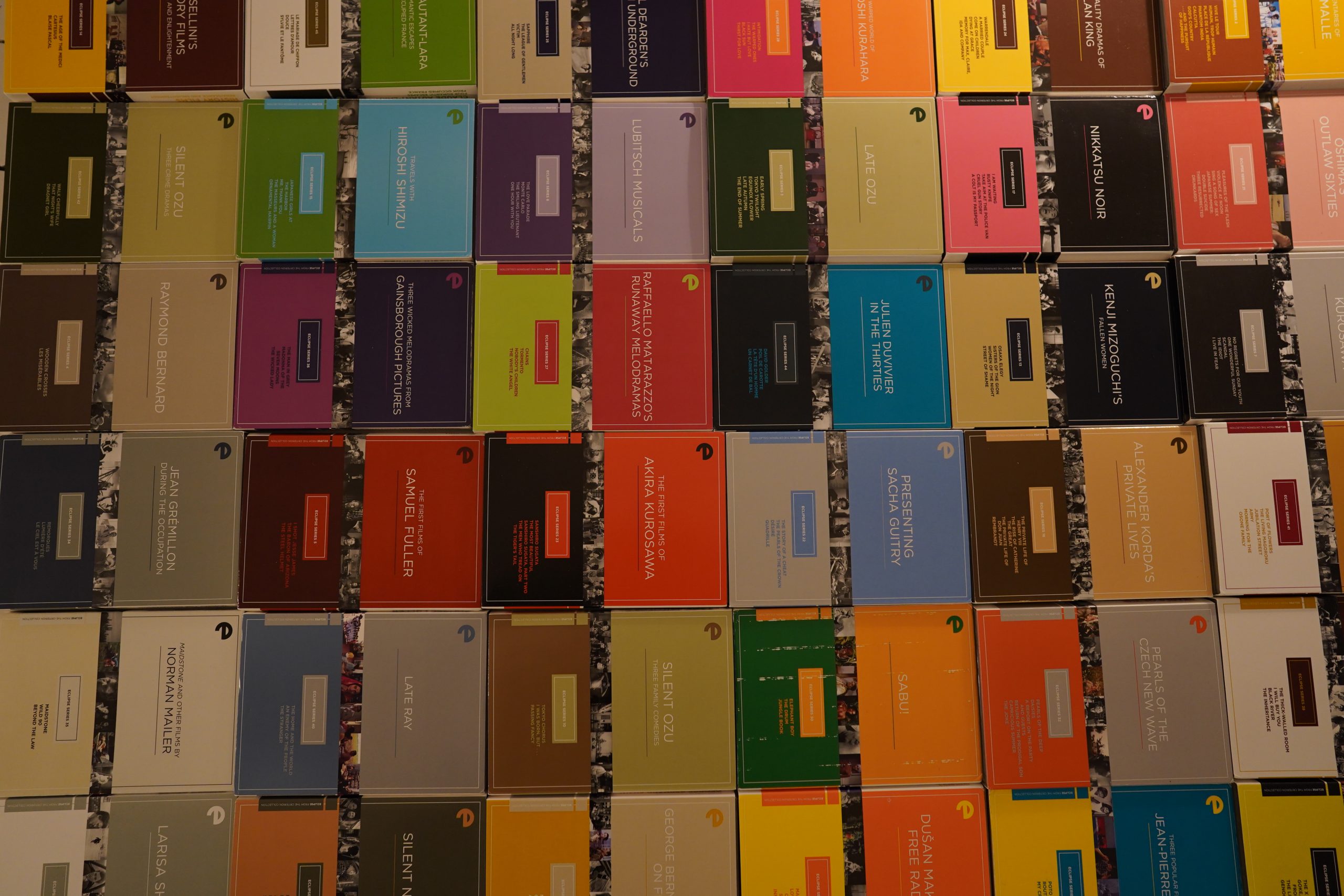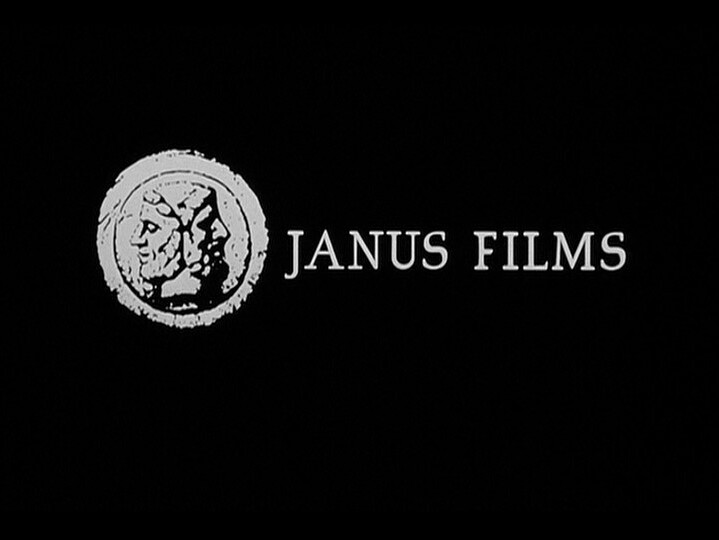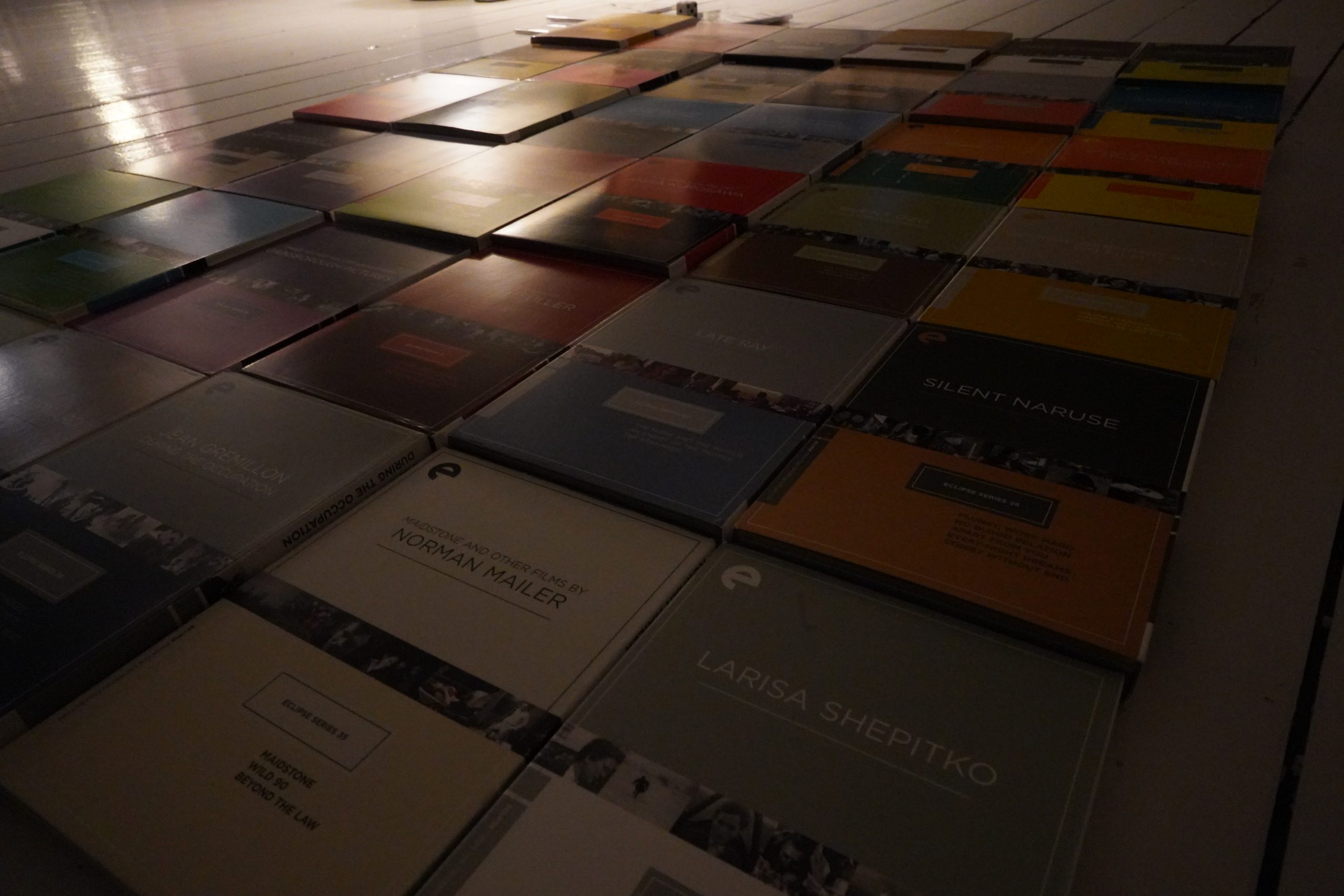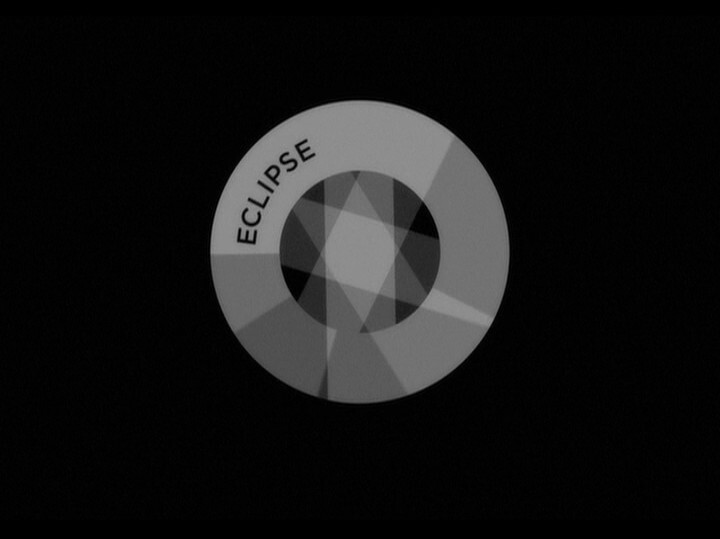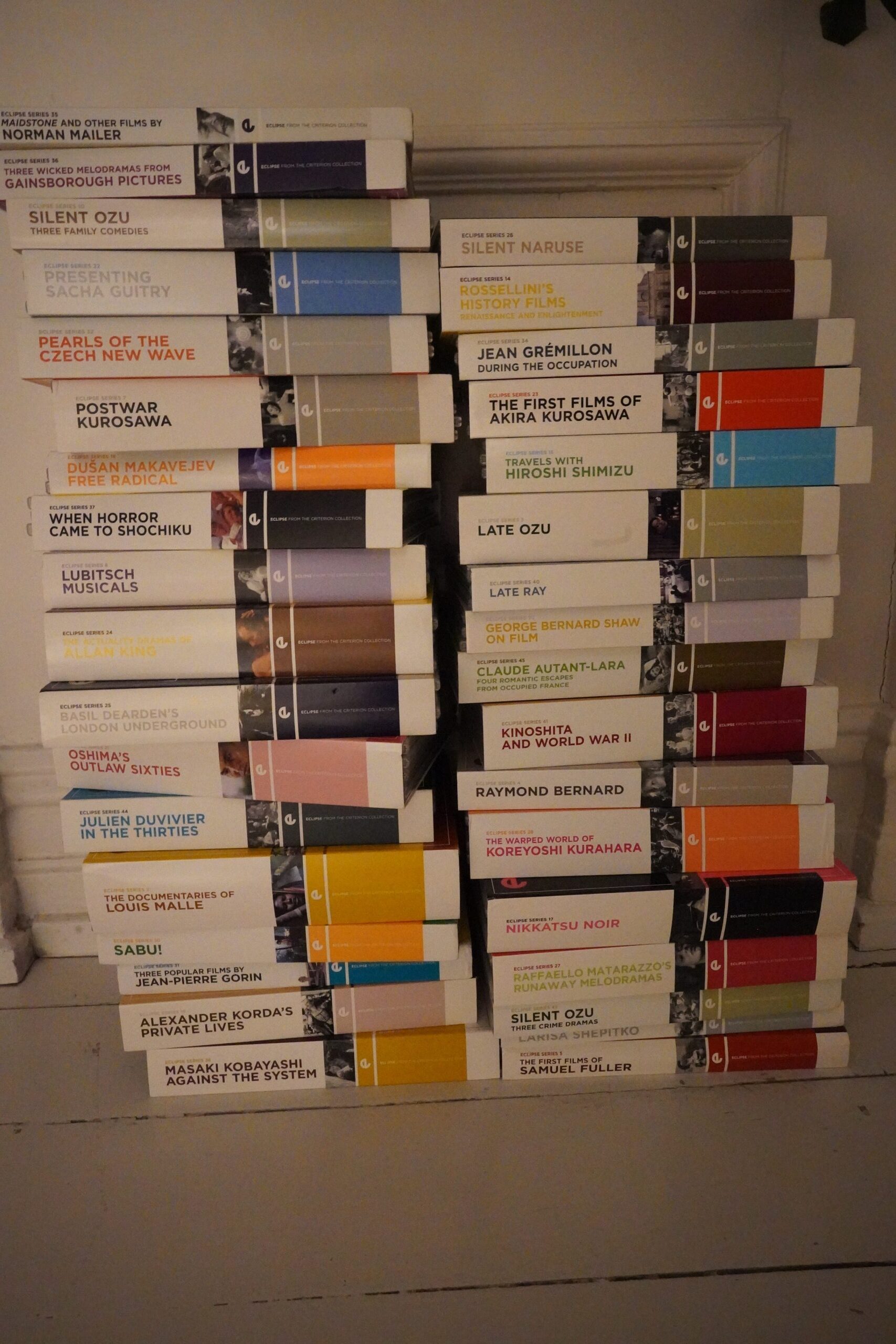Left to my own devices, I’d just be watching science fiction movies and Bringing Up Baby. I find picking out films to watch (from my wall of unseen movies) being a somewhat annoying task — “which one of these stone cold quality films am I going to watch tonight?” — because there’s no particular urgency about picking any of them.
So I make up stupid challenges for myself to make myself watch stuff, and to avoid having to make decisions about what to watch. Sometimes that leads to really fun projects, like watching 87 Bergman Things or one film (and one cocktail) from every country on Earth. And sometimes this leads to watching all of the films in the Criterion Eclipse box sets, which was probably a mistake.
Let’s back up a bit: What is the Eclipse series anyway? This is how the series presents itself:
Eclipse presents a selection of lost, forgotten, or overshadowed films in simple, affordable editions. Each series is a brief cinematheque retrospective for the adventurous home viewer.
The goal here is to make these films available, to make sure that Criterion’s own work style doesn’t contribute to the continuing unavailability of these films. Once our producers and restoration crew get started on a Criterion edition, the project takes on a life of its own. Months later, with a little luck, we’ll have something really special to show for it, but at that rate we can’t make a dent in the number of important unreleased films that we’d like people to be able to see.
I.e., the films that are released in the main Criterion Collection have certain commercial restraints that doesn’t allow more obscure pictures to get this treatment: Criterion pride themselves in releasing top-notch restorations, nice extras on the discs, and booklets with intelligent essays about the films.
I thought the Eclipse proposition sounded extremely attractive — I’d get to watch, I imagined, films that were too experimental, or just too wild, for the full Criterion job. But the following hints more at what the actual criteria for the Eclipse series seems to be:
The early films of Ingmar Bergman, the documentaries of Louis Malle—these are extraordinary and important films that are very hard to find outside the revival-house circuit. At the moment, you’ll find more Mizoguchis in theaters (thanks to a traveling retrospective) than in the video store, and that’s certainly also true for Naruse, Ozu, and Imamura. While Criterion is working on new special editions of individual pictures by all of these filmmakers, at a rate of maybe one or two a year, we’ll never be able to represent the breadth of their bodies of work. Eclipse will help to fill that gap.
The clue here is “revival-house circuit”.
Criterion is owned by the same people that owns Janus Films, the premier distributor of films to the revival-house circuit. And Eclipse box sets are basically just a whole bunch of films that Janus already owns the US rights for.
(As far as I can tell. WAKE UP SHEEPLE)
Now, there’s exceptions to this, but by my guesstimate, more than 90% of the Eclipse films are Janus Films.
There’s nothing wrong with this! It’s admirable that Criterion were looking at the cans of films they had the rights to and said “wouldn’t it be nice if people could watch these at home, too?” That they were readily available for Criterion without haggling with rights holders is certainly a bonus, because they’d be free to act as curators for the box sets a lot more freely.
But this isn’t exactly what I thought the series was, right?
The first three box sets are certainly very promising: Hefty sets from Bergman, Malle and Ozu. But… which films are in the sets? It’s “Early Bergman”, “The Documentaries of Louis Malle”, and “Late Ozu”.
The Eclipse boxes are dominated by Japanese and French cinema (because that’s Janus’ thing), and can roughly be divided into these categories:
1) “Early/Late”: Many directors (especially in the olden days where they were hired directly by a studio and didn’t freelance) produced a bunch of not-so-great films before they become legends. Bergman, for instance, made nine non-essential (but not altogether bad, either) films before his first masterpiece. At the other end of the careers, many directors tend to lower their ambitions, and hand in some low stress productions. (Again, Bergman is a good example.) Some of these films can be great (which they are in the Ozu case), but many aren’t.
2) Documentaries from filmmakers who are famous for other stuff: These can be interesting, or… not.
3) European commercial films that have gone out of fashion: There’s a ton of popular films being made each year, but virtually all of them are forgotten within a few years — for good reasons. Watching cookie cutter romantic French 30s romantic comedies can be charming, but… time can be spent better doing basically anything else.
4) WWII films from the wrong side: Both occupied France and Japan had film industries during the war, and these films are mostly forgotten. And again, forgotten for good reasons: They were made under heavy censorship, and many have direct meddling by the war ministries — especially the Japanese wartime movies suffer from scenes where everybody bemoans evil influence from Europe. Furthermore, they were made during trying times, with tiny budgets, casts and technical crew, so they’re not very ambitious.
5) Wild Japanese films from the 50s and 60s: Some of these films are brilliant, and some aren’t, but this is definitely the must fun category.
6) Experimental cinema: The classics are already covered by Criterion proper, so we get more obscure stuff here. But that’s fine — the experimental box sets were what I was most interested in, anyway.
Overall, I really wouldn’t recommend anybody repeating this experiment. Of course there’s a bunch of good films here, but the ratio is far too low, and I feel like I’ve wasted a lot of time on films that were of little interest, and I could have more profitably spent my time rewatching Bringing Up Baby a whole bunch of times instead.
Instead, if there’s something that particularly interests you — for instance, if you’re a Kurosawa fanatic, by all means buy the Early Kurosawa set (even if the films are pretty bad). People have different interests, right? And if you’re really interested in a subject, you want to see it all, good and bad. At least I do.
I have only myself to blame! I chose, of my own free will, to buy all these sets and then watch them.
And there are some sets I would recommend: Agnès Varda in California, When Horror Came to Shochiku, Late Ozu, Chantal Akerman in the Seventies… and perhaps The Warped World of Koreyoshi Kurahara, which was pretty memorable.
And somewhat interestingly — three films from these box sets entered the Sight & Sound Top 100 this year: Daisies, News From Home and The Ascent.
So, below’s the list of films — note that I didn’t watch all of the box sets for this series, because I’d seen some of them before I started. I think that out of the 46 box sets, the list below lacks four of them: The Bergman, the two Kaurismäkis, and the Akerman sets.
Hm… oh! I also missed the Carlos Saura box set! I failed! I only watched about 160 of these films! Sorry.
| The Love Parade Ernst Lubitsch 1929 | 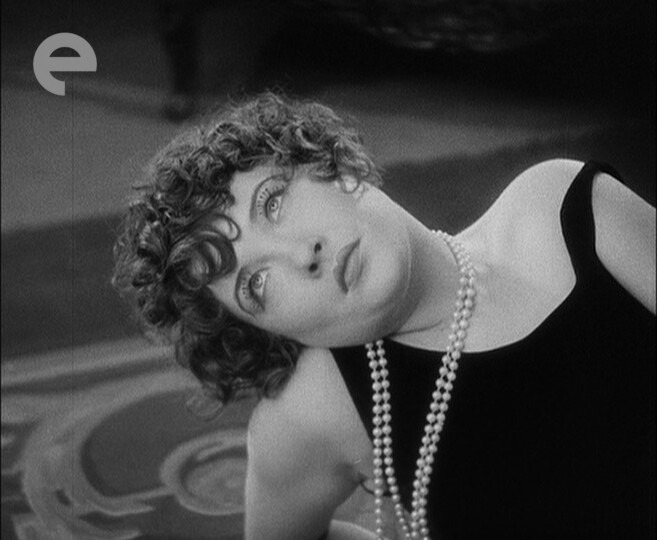 | 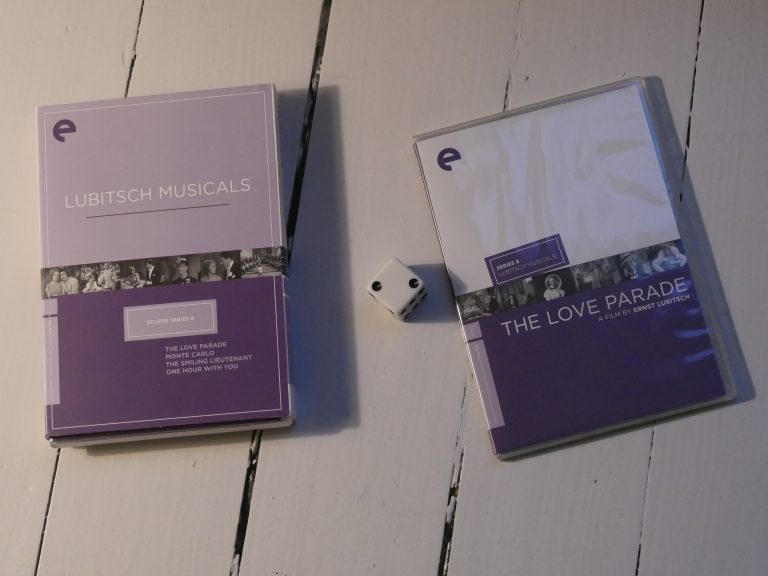 |
| Monte Carlo Ernst Lubitsch 1930 | 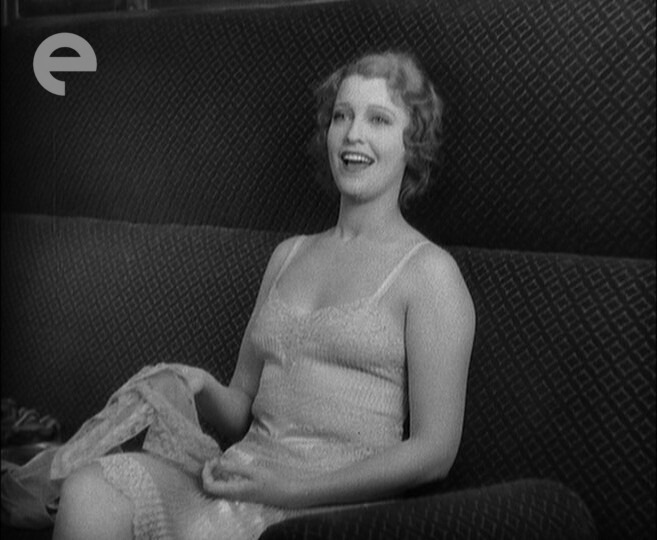 | 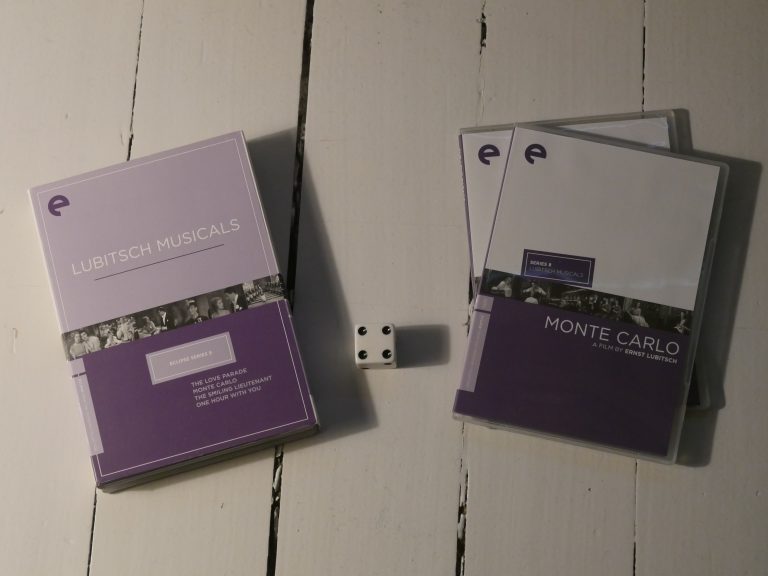 |
| 朗かに歩め (Walk Cheerfully) Yasujirô Ozu 1930 | 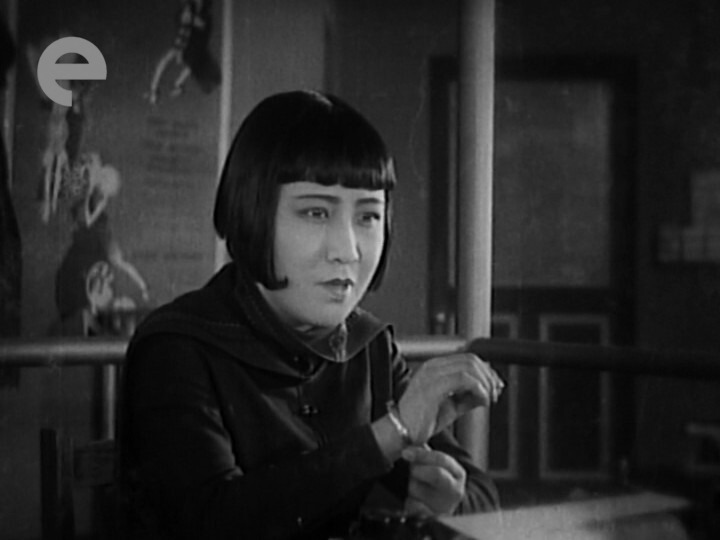 | 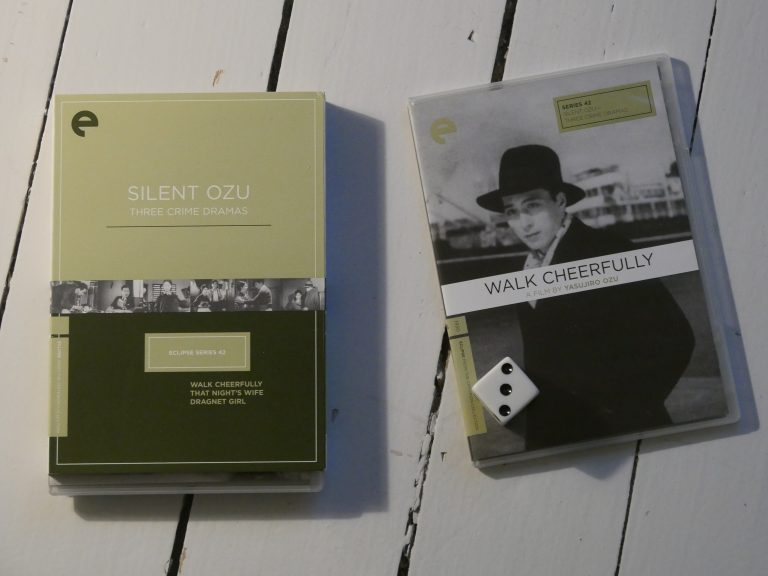 |
| その夜の妻 (That Night’s Wife) Yasujirô Ozu 1930 | 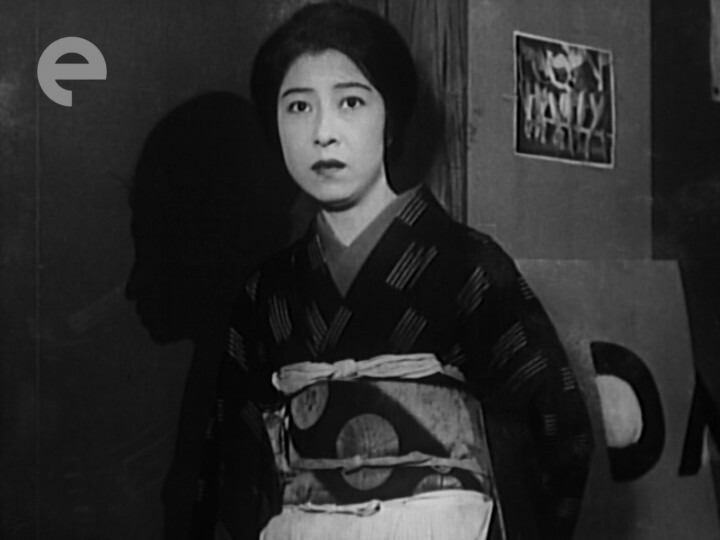 | 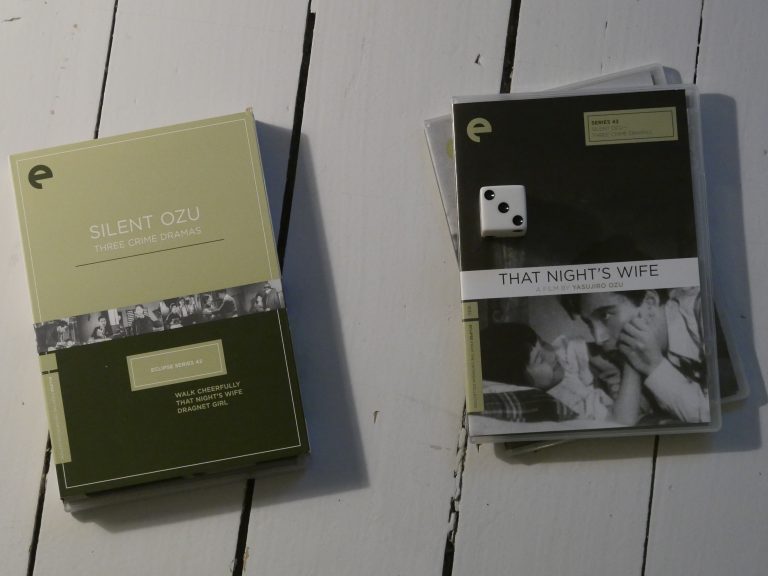 |
| David Golder Julien Duvivier 1931 | 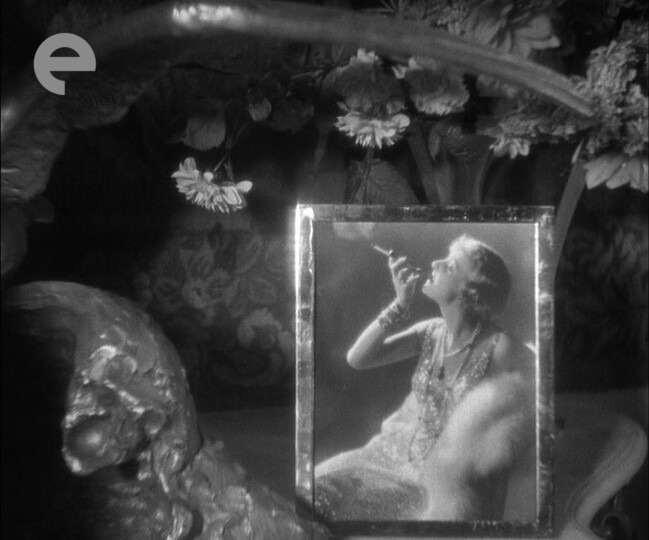 | 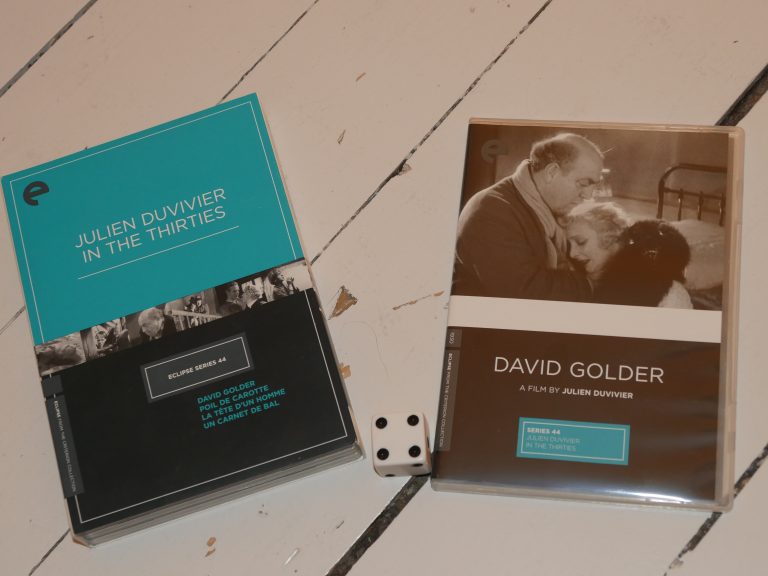 |
| The Smiling Lieutenant Ernst Lubitsch 1931 | 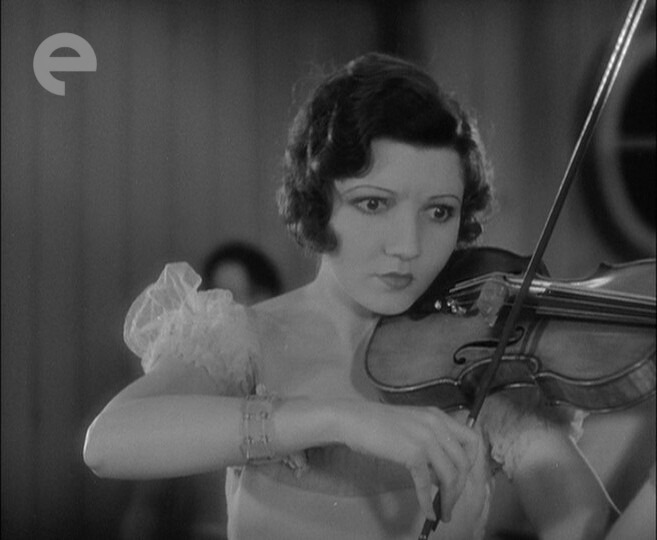 | 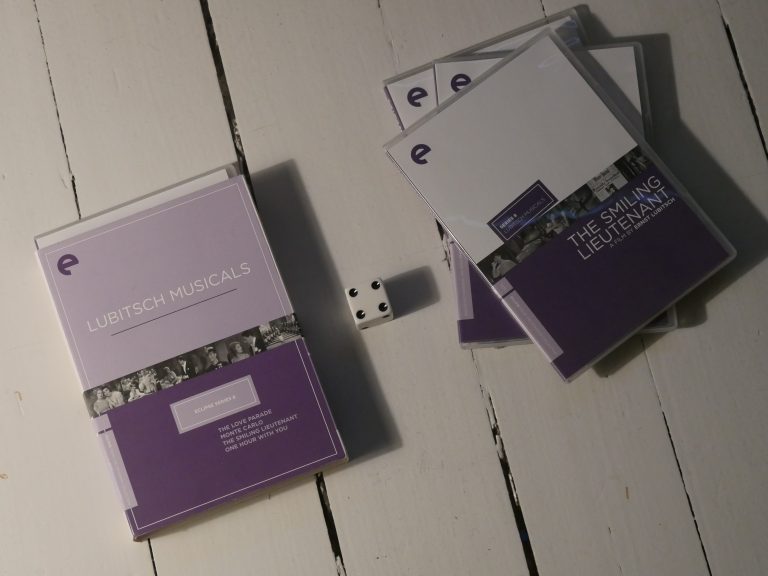 |
| 東京の合唱 (Tokyo Chorus) Yasujirô Ozu 1931 | 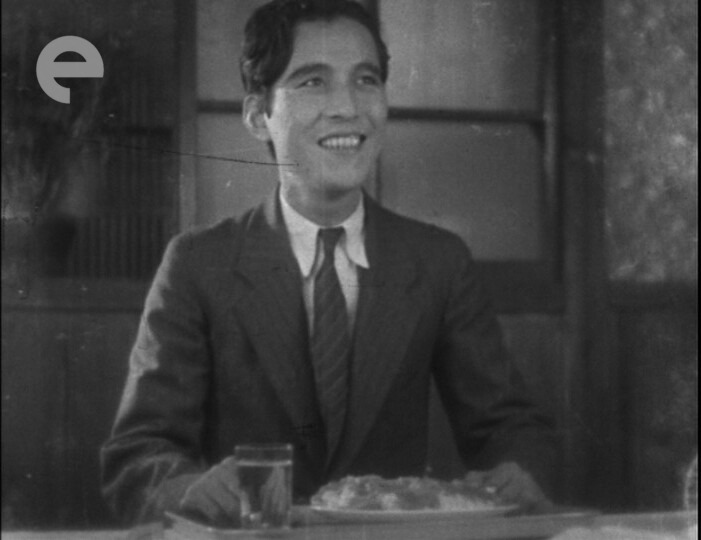 | 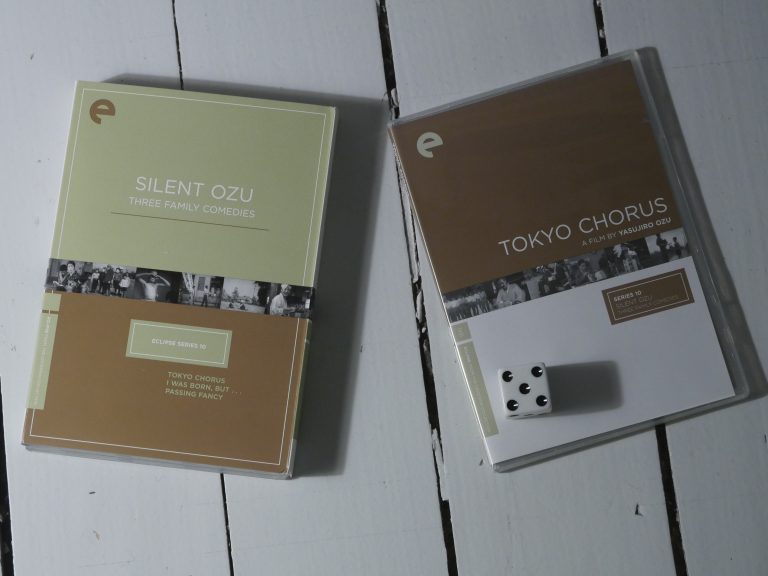 |
| 生さぬ仲 (No Blood Relation) Mikio Naruse 1931 | 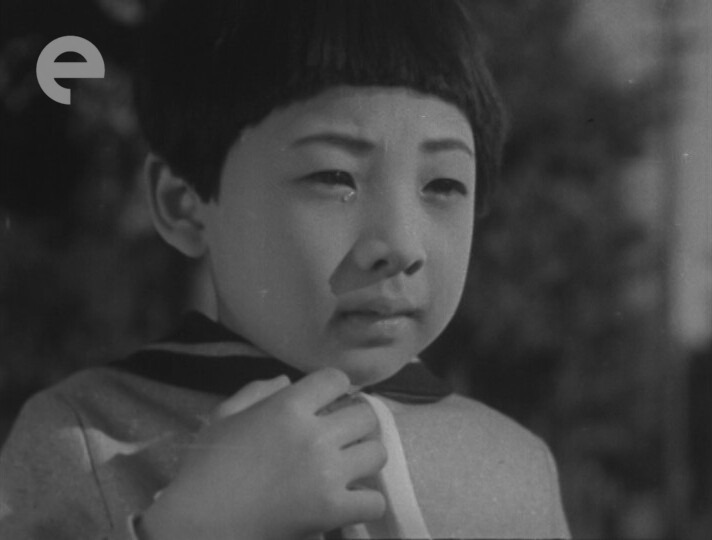 | 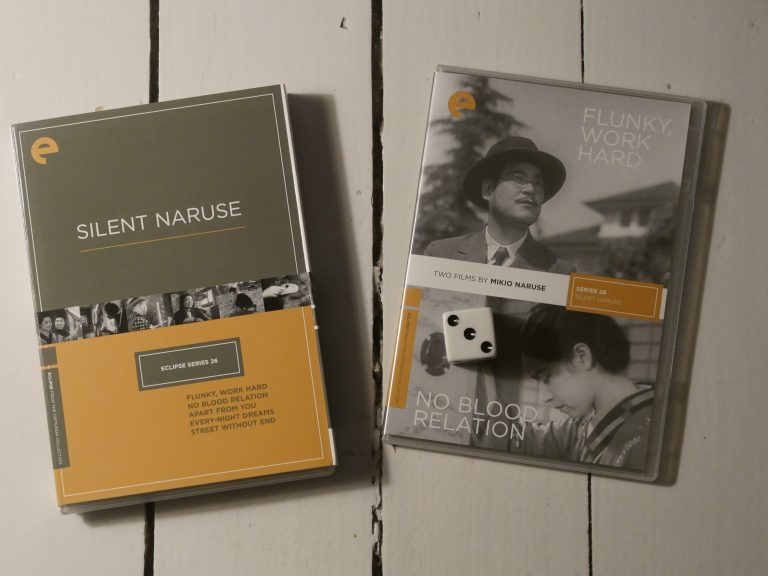 |
| Poil de Carotte Julien Duvivier 1932 | 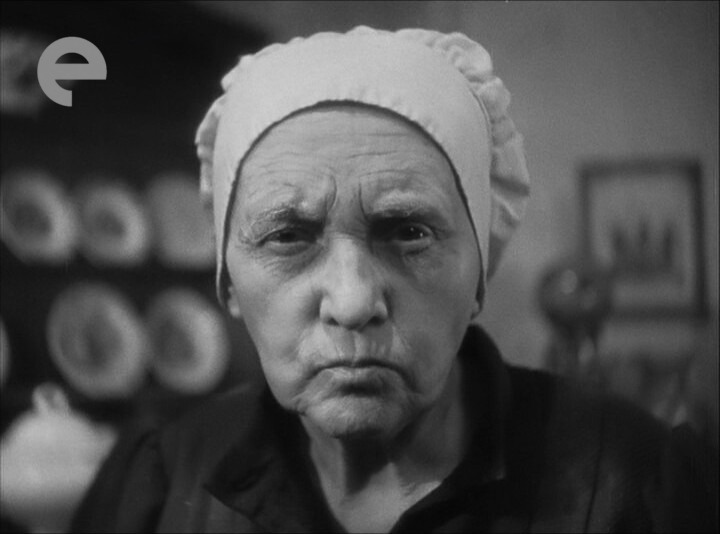 | 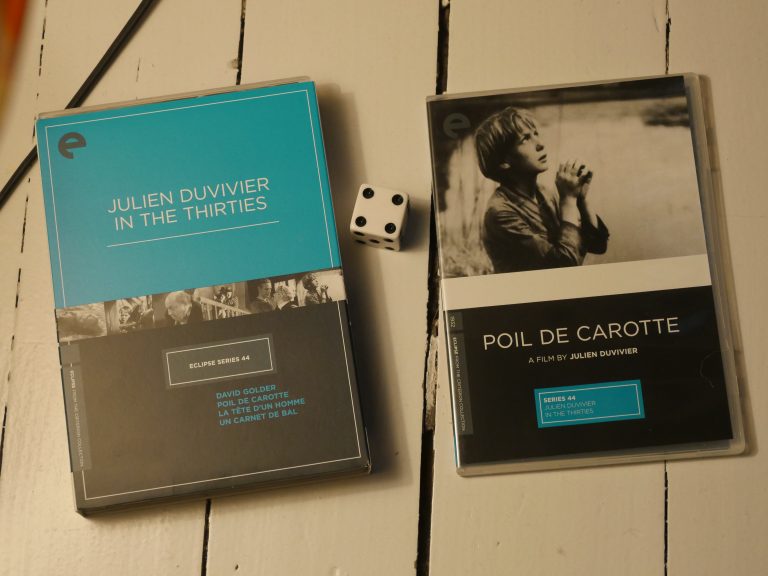 |
| One Hour With You George Cukor, Ernst Lubitsch 1932 | 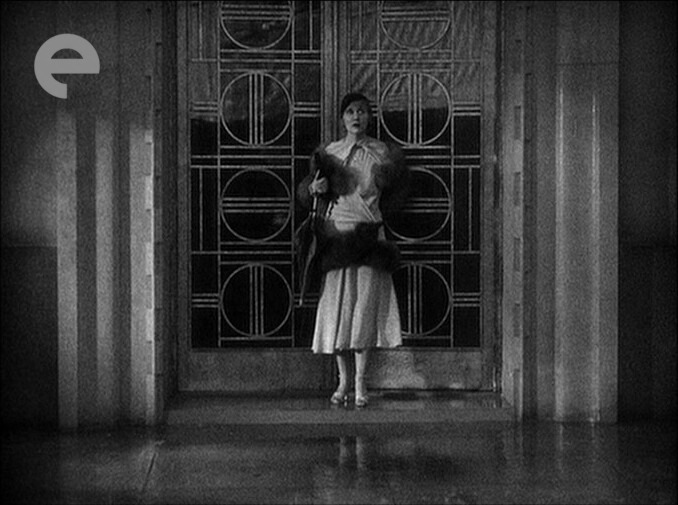 | 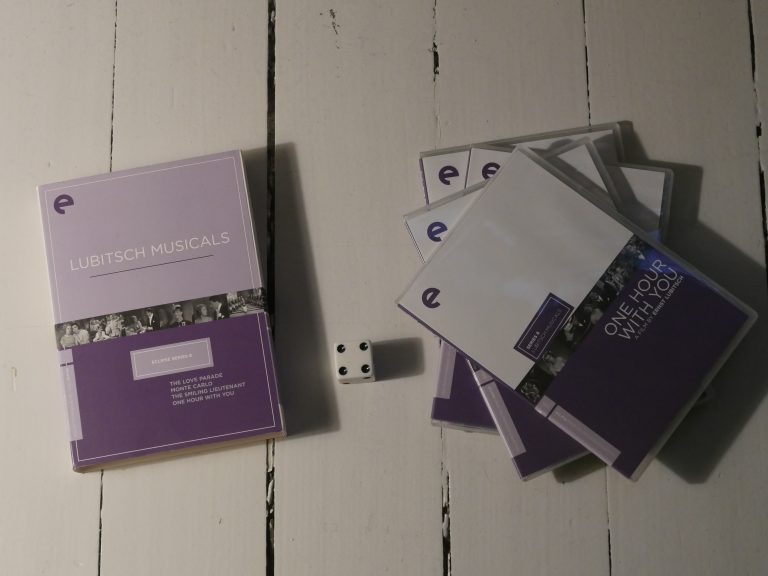 |
| Les Croix de Bois (Wooden Crosses) Raymond Bernard 1932 | 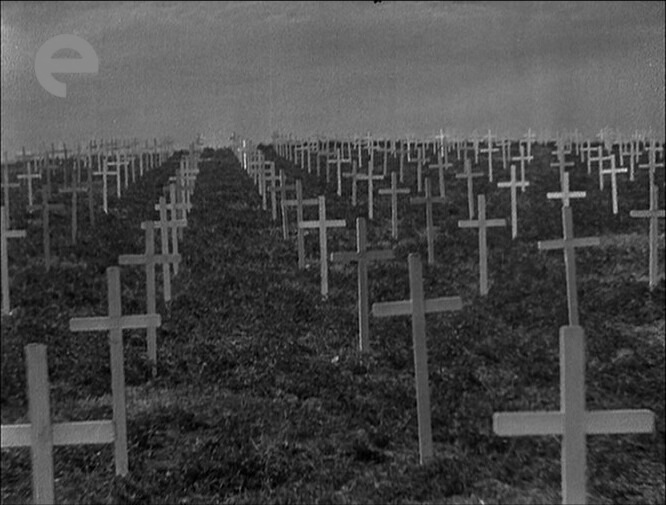 | 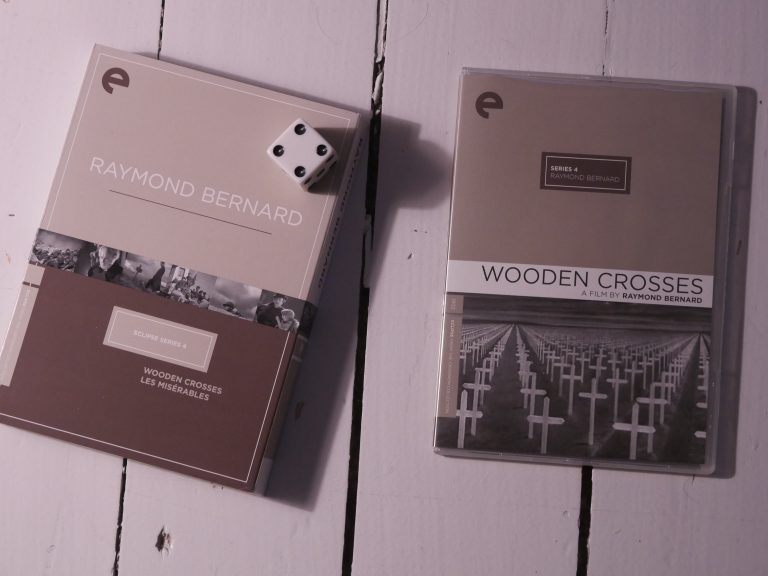 |
| 大人の見る絵本 (I Was Born, But…) Yasujirô Ozu 1932 | 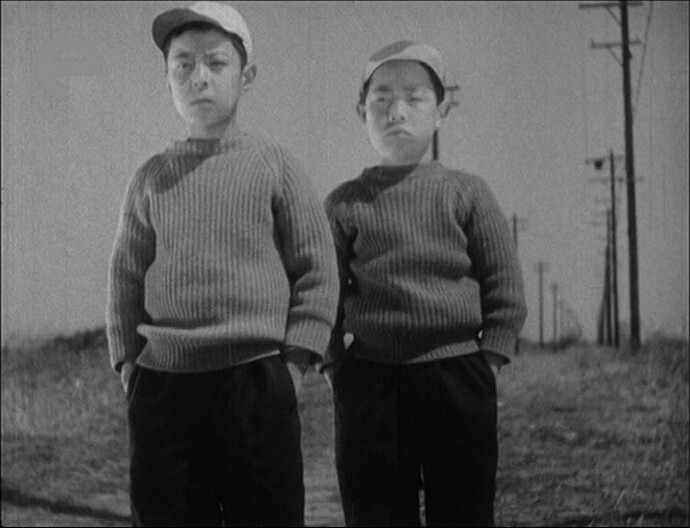 | 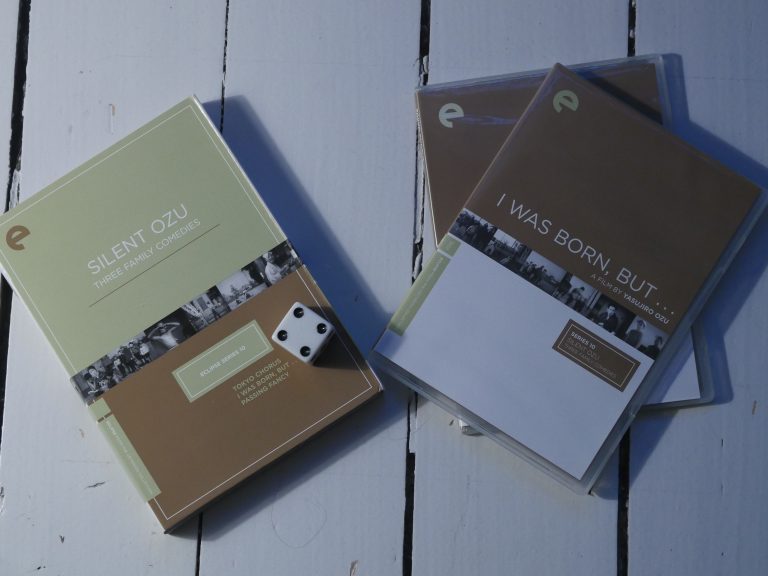 |
| 腰弁頑張れ (Flunky, Work Hard!) Mikio Naruse 1932 | 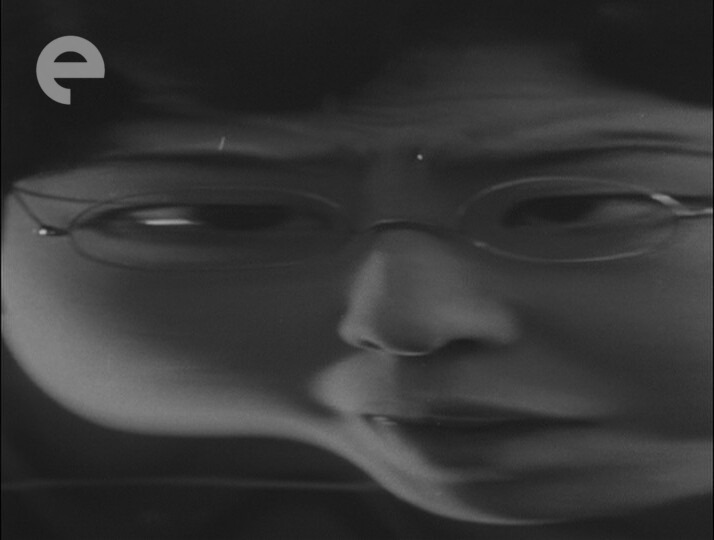 | 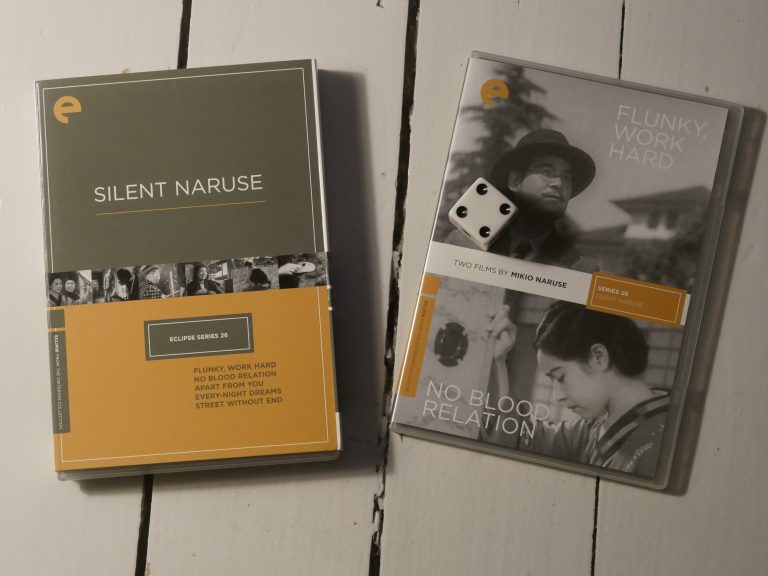 |
| La tête d’un homme Julien Duvivier 1933 | 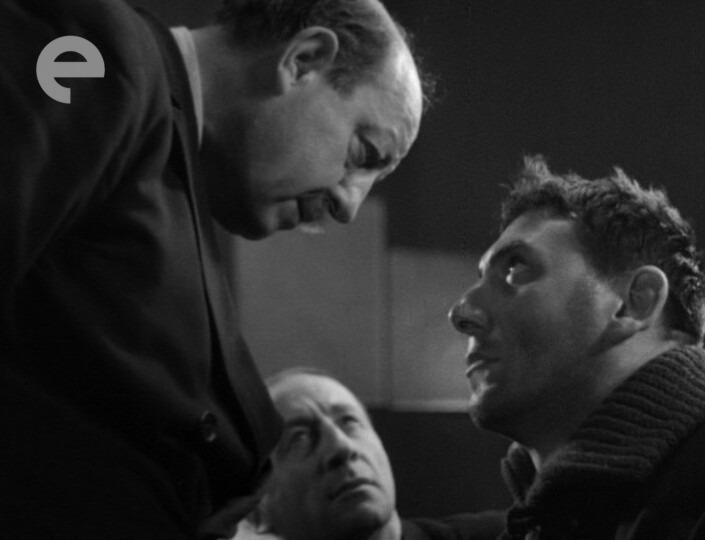 | 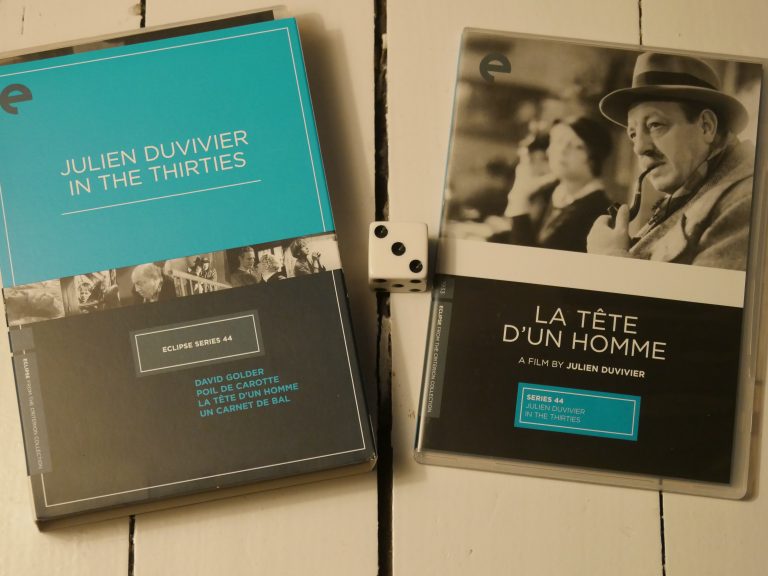 |
| 出来ごころ (Passing Fancy) Yasujirô Ozu 1933 | 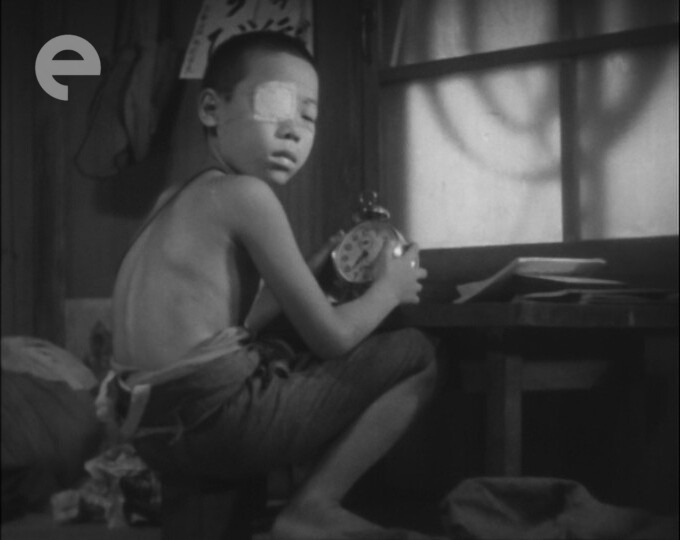 | 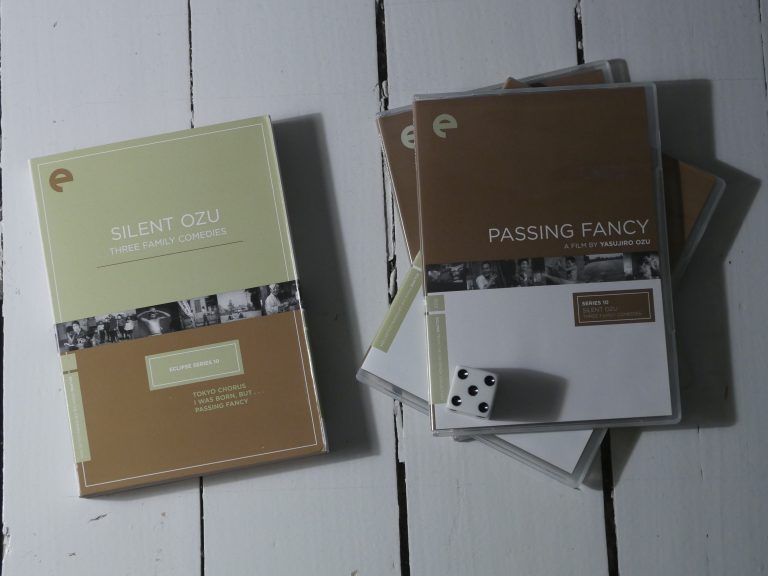 |
| 非常線の女n (Dragnet Girl) Yasujirô Ozu 1933 | 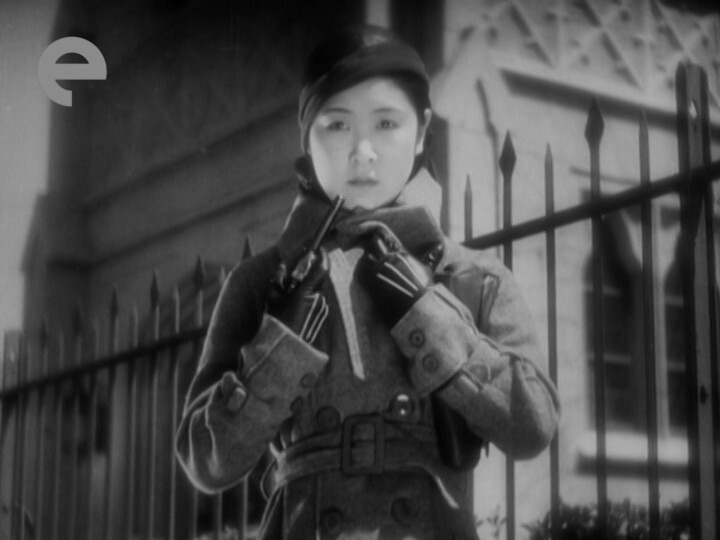 | 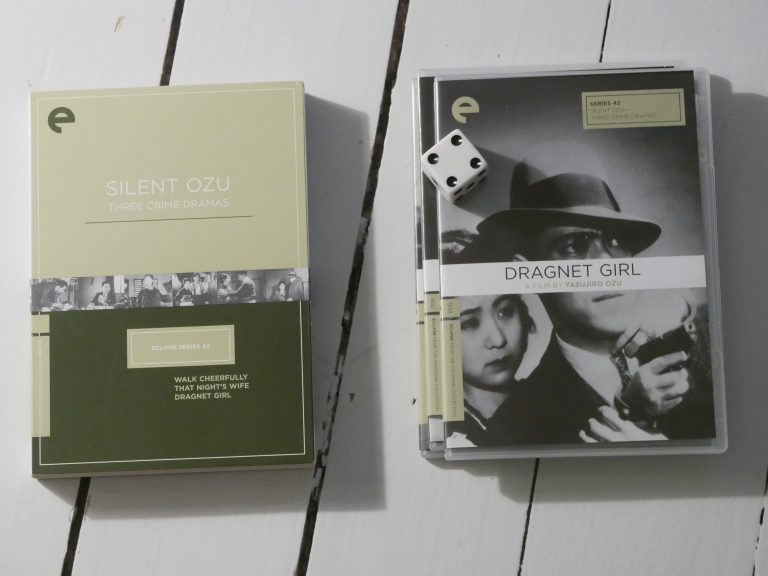 |
| The Private Life of Henry VIII Alexander Korda 1933 | 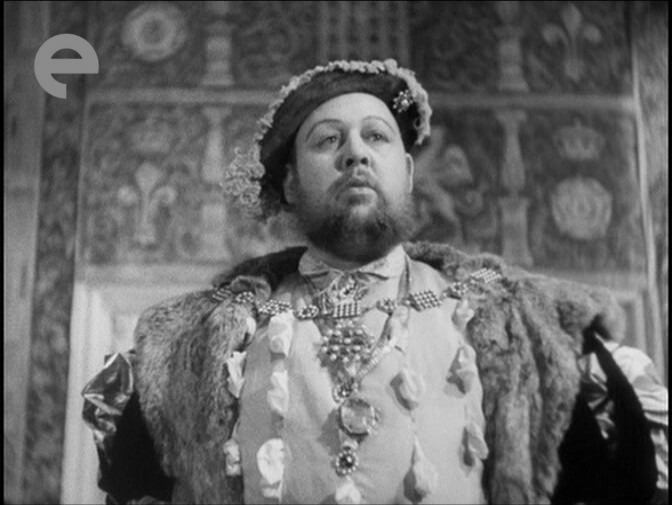 | 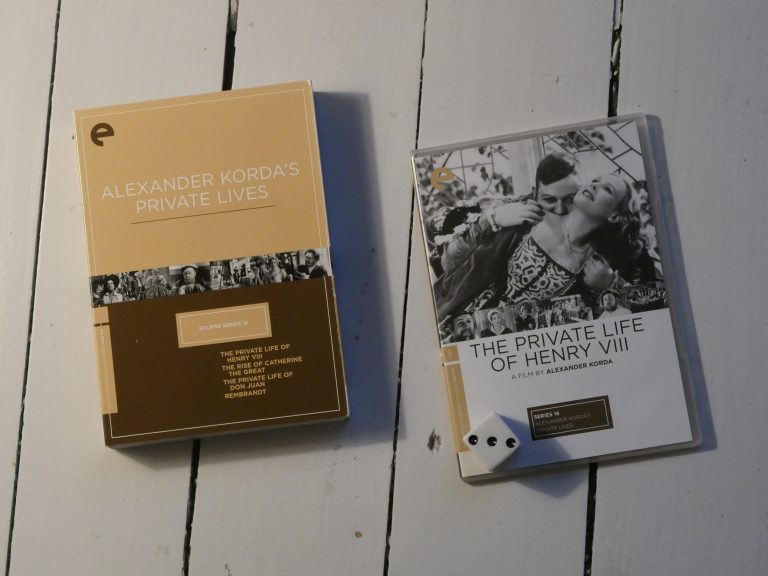 |
| 港の日本娘 (Japanese Girls at the Harbor) Hiroshi Shimizu 1933 | 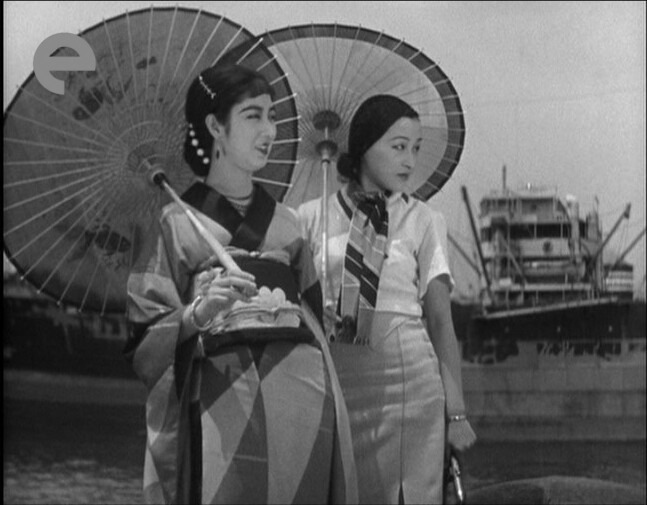 | 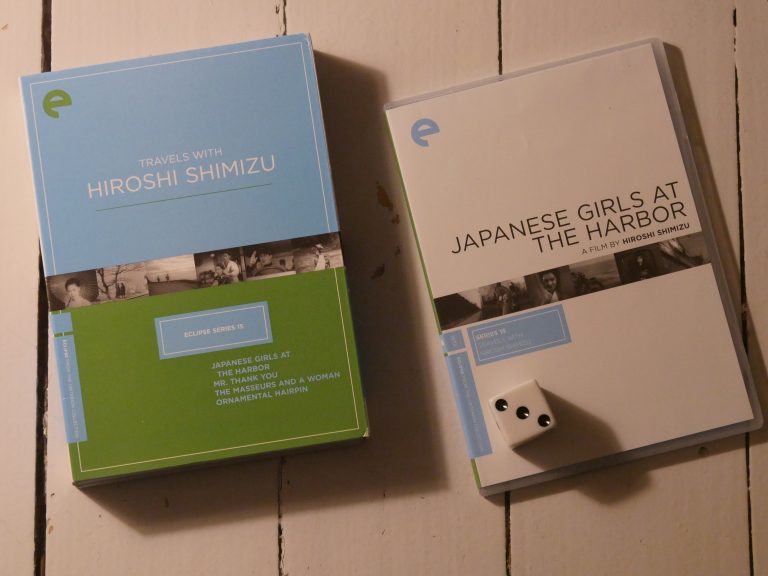 |
| 夜ごとの夢 (Every-Night Dreams) Mikio Naruse 1933 | 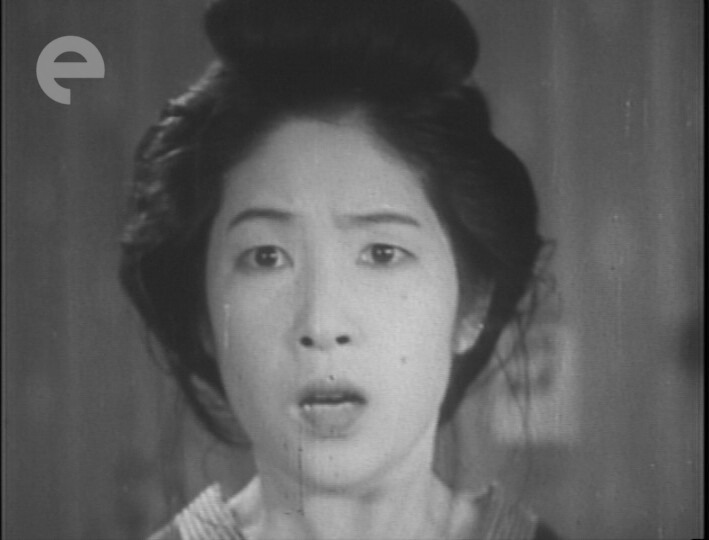 | 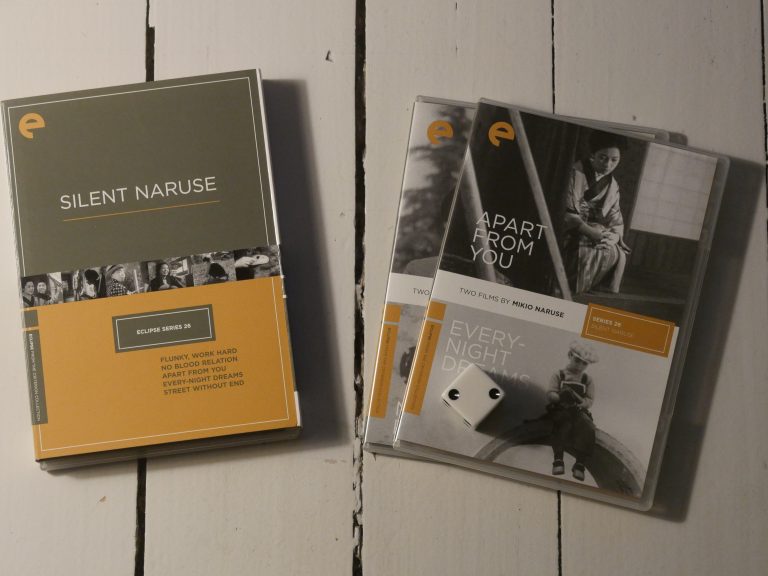 |
| 君と別れて (Apart From You) Mikio Naruse 1933 | 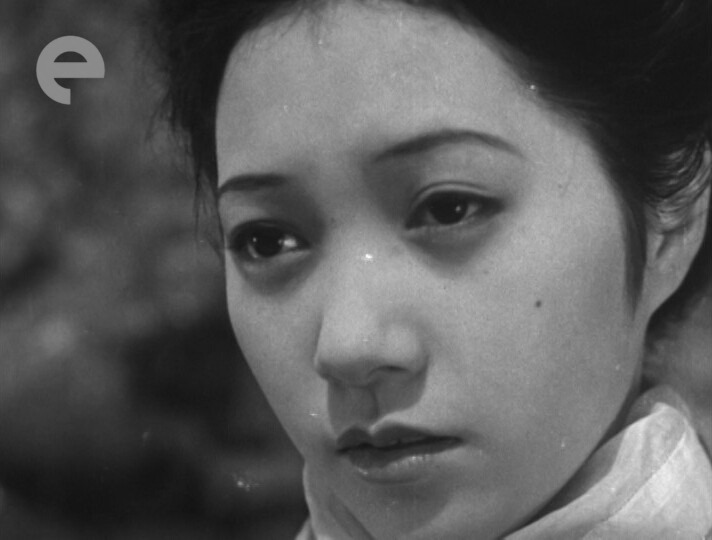 | 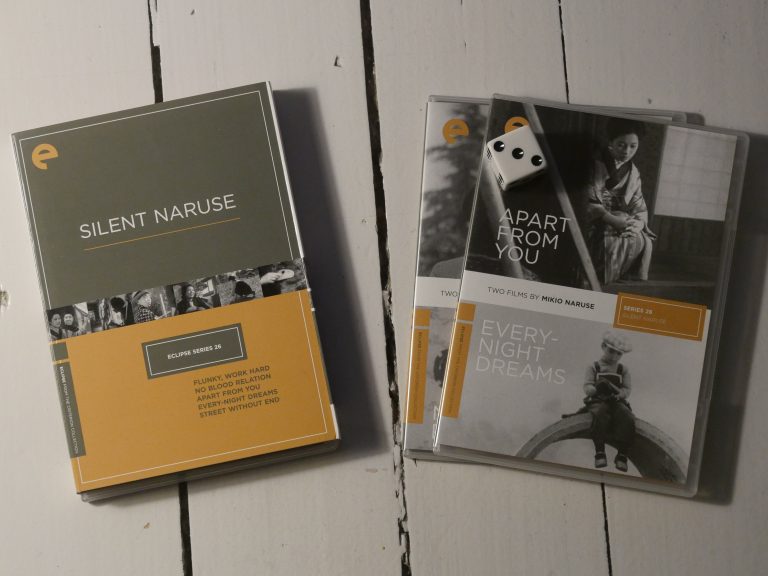 |
| The Private Life of Don Juan Alexander Korda 1934 | 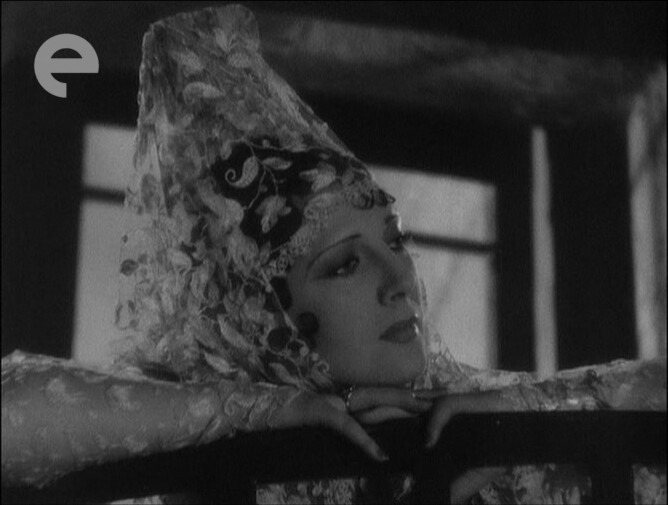 | 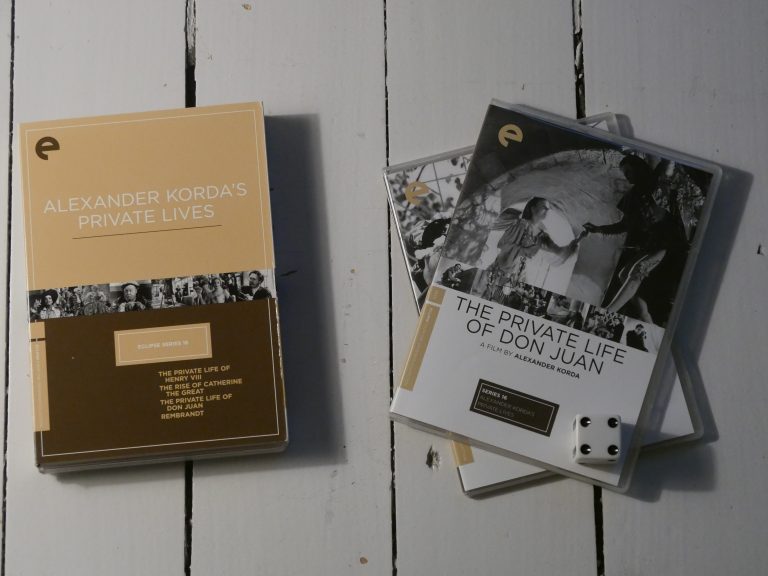 |
| The Rise of Catherine the Great Paul Czinner 1934 | 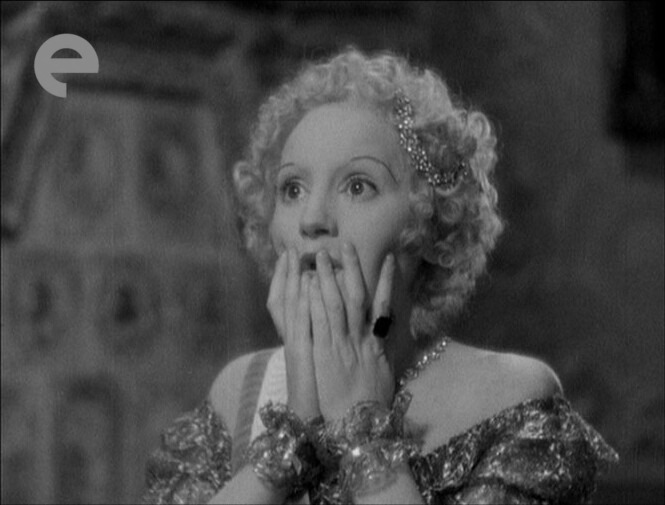 | 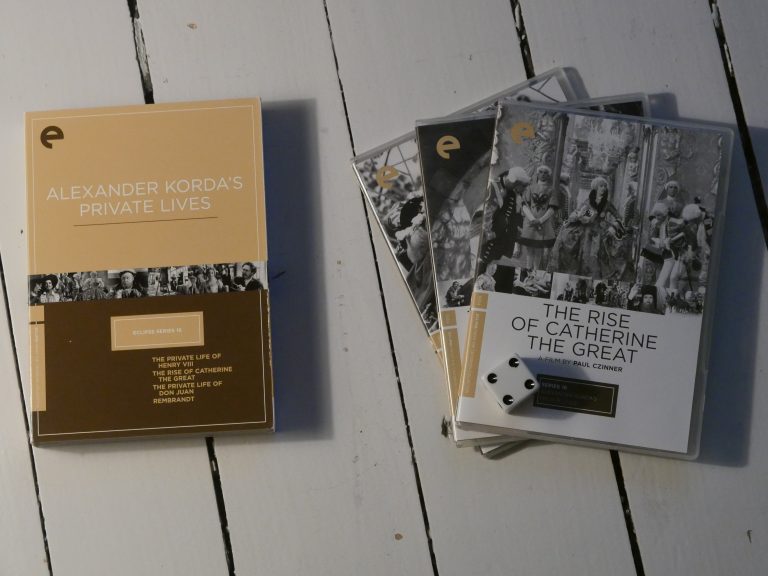 |
| 限りなき舗道 (Street Without End) Mikio Naruse 1934 | 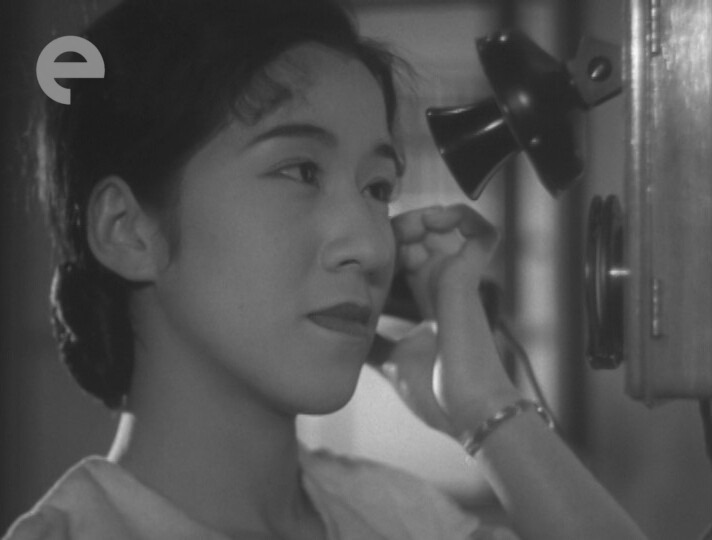 | 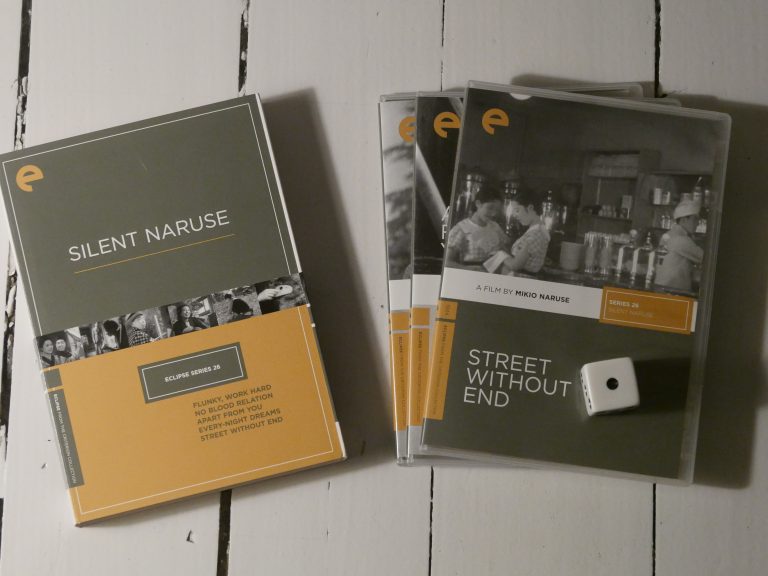 |
| Munkbrogreven (The Count of the Old Town) Edvin Adolphson, Sigurd Wallén 1935 | 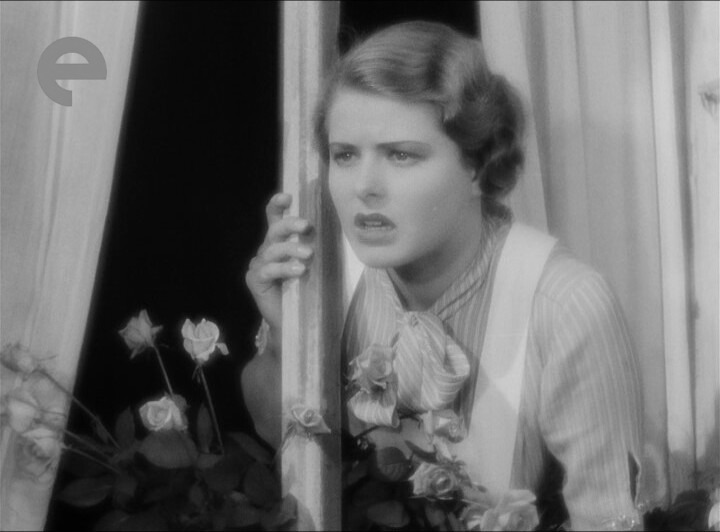 | 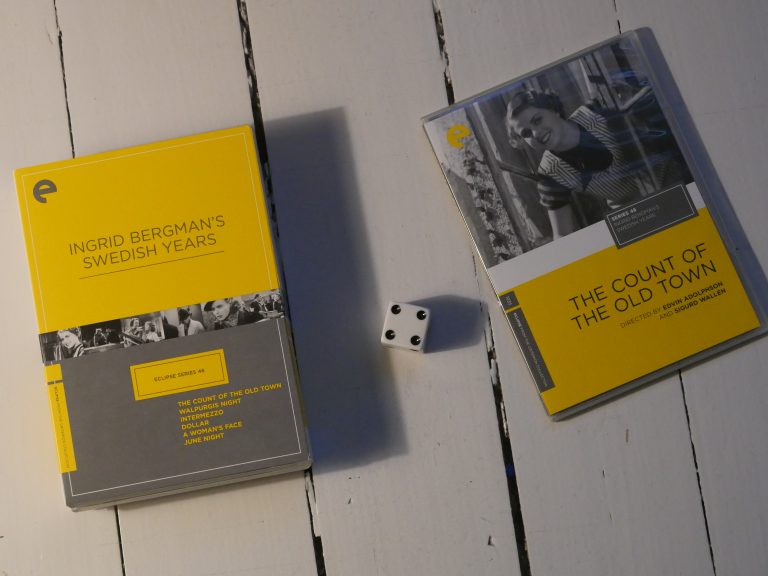 |
| Valborgsmässoafton (Walpurgis Night) Gustaf Edgren 1935 | 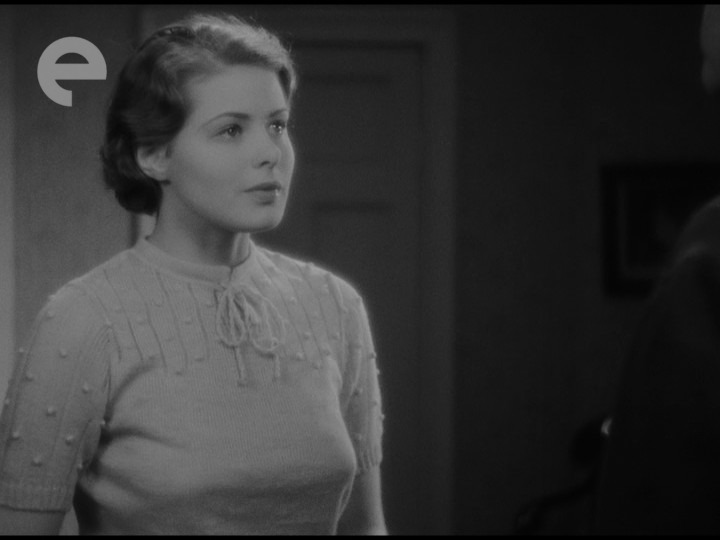 | 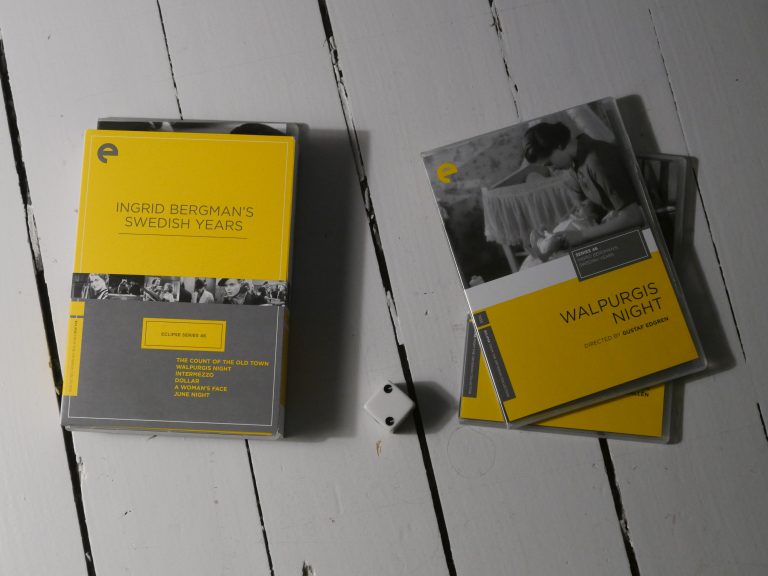 |
| Intermezzo Gustaf Molander 1936 | 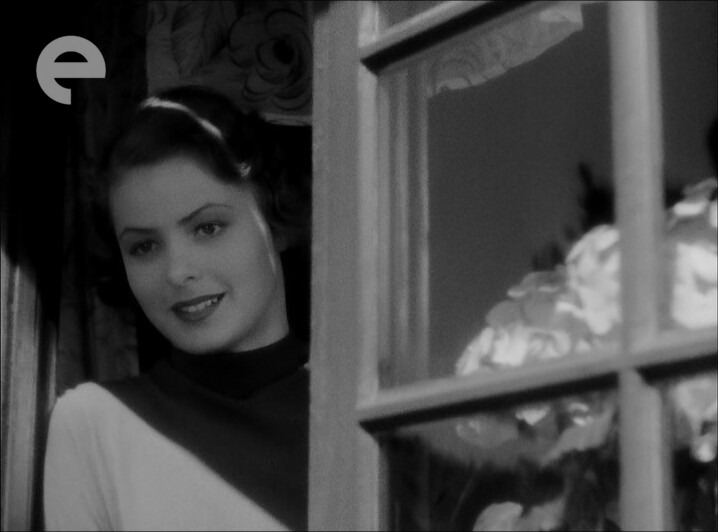 | 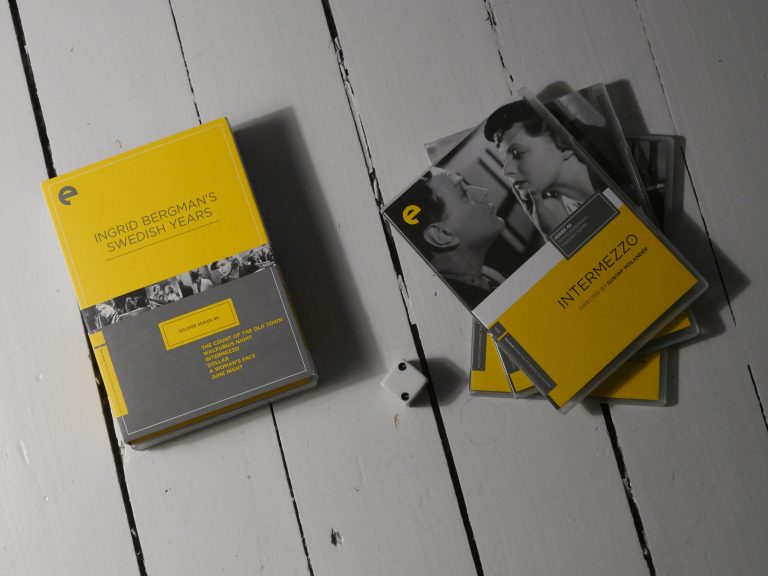 |
| Le roman d’un tricheur (The Story of a Cheat) Sacha Guitry 1936 | 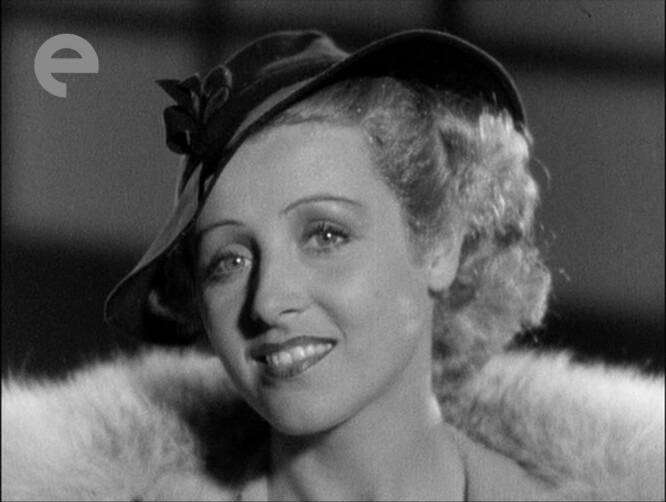 | 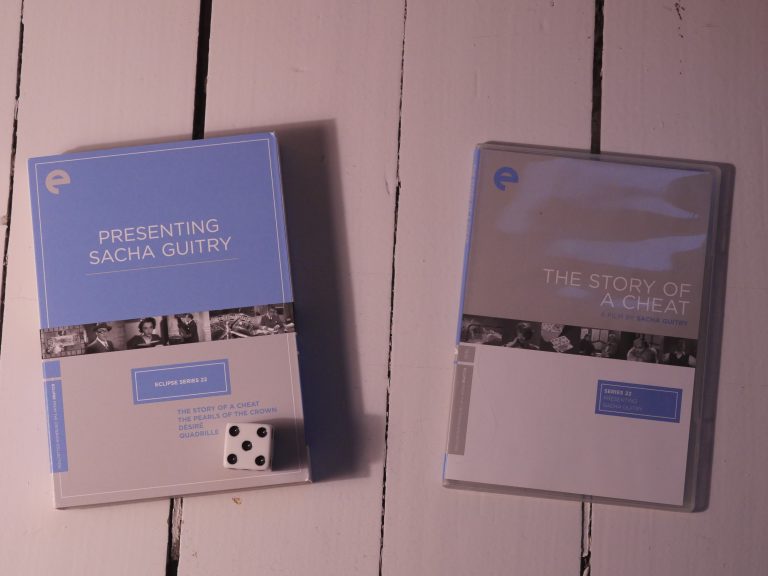 |
| Rembrandt Alexander Korda 1936 | 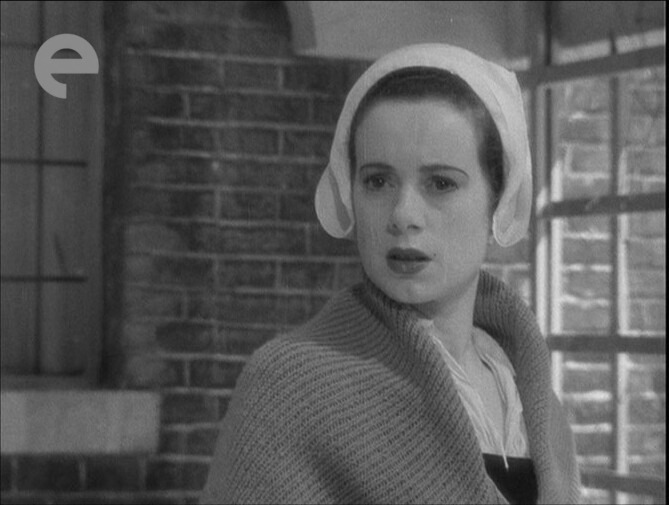 | 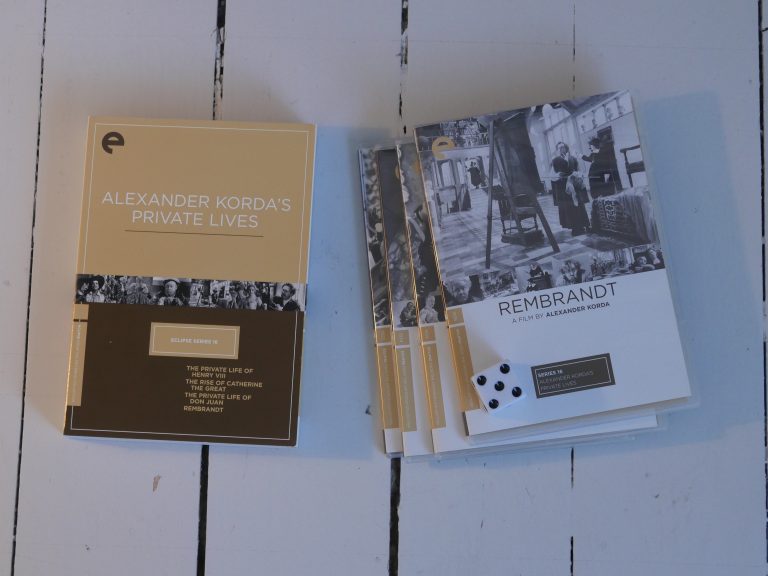 |
| 有りがたうさん (Mr. Thank You) Hiroshi Shimizu 1936 | 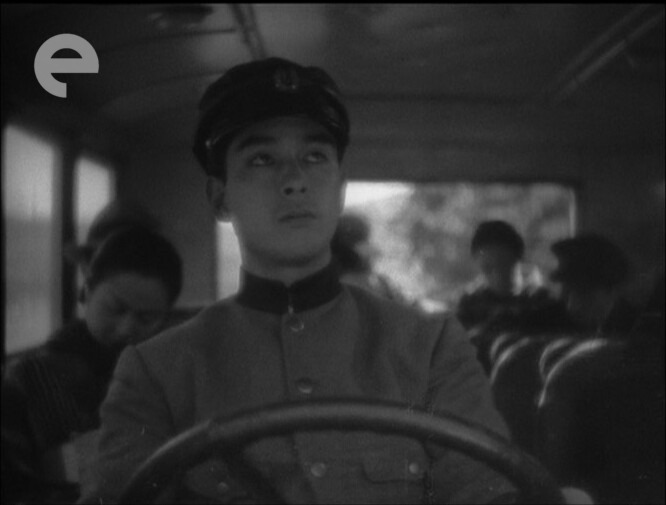 | 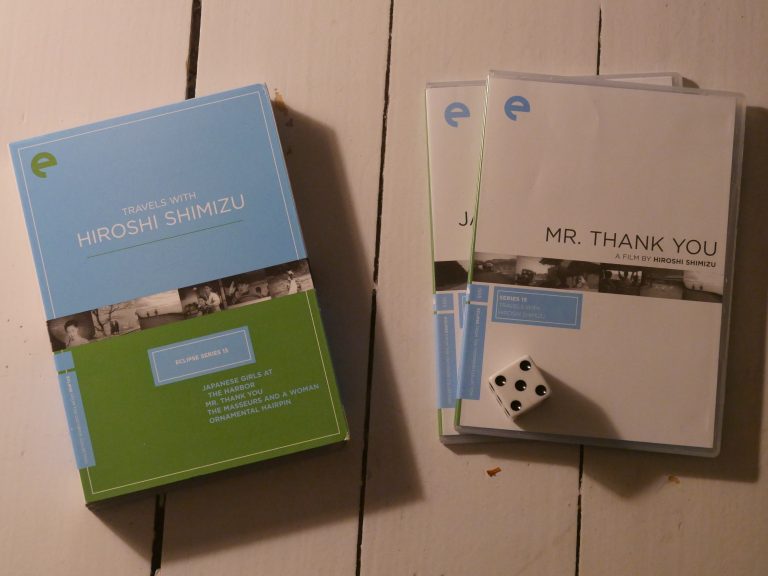 |
| 祇園の姉妹 (Sisters of the Gion) Kenji Mizoguchi 1936 | 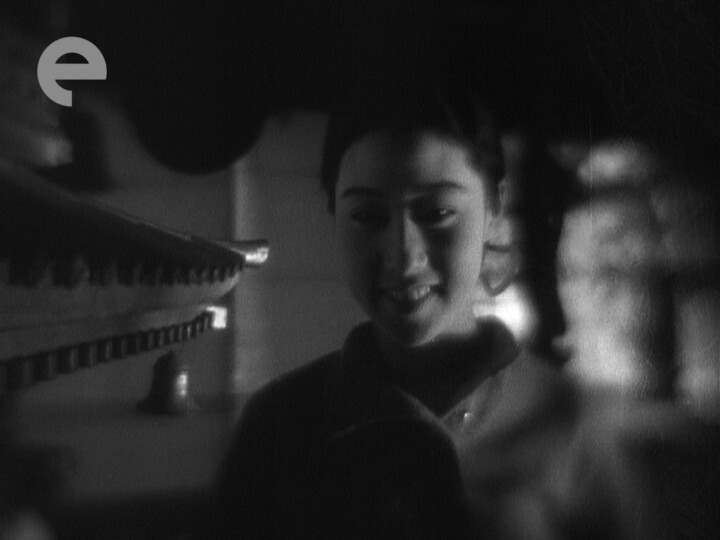 | 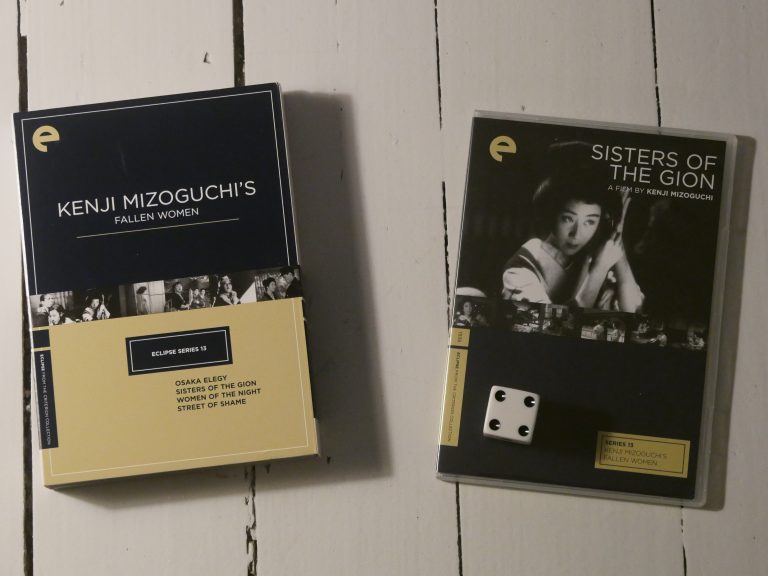 |
| 浪華悲歌 (Osaka Elegy) Kenji Mizoguchi 1936 | 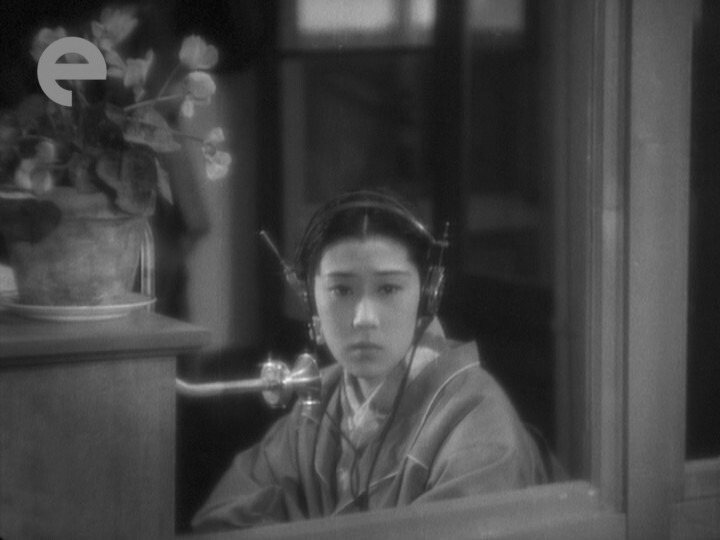 | 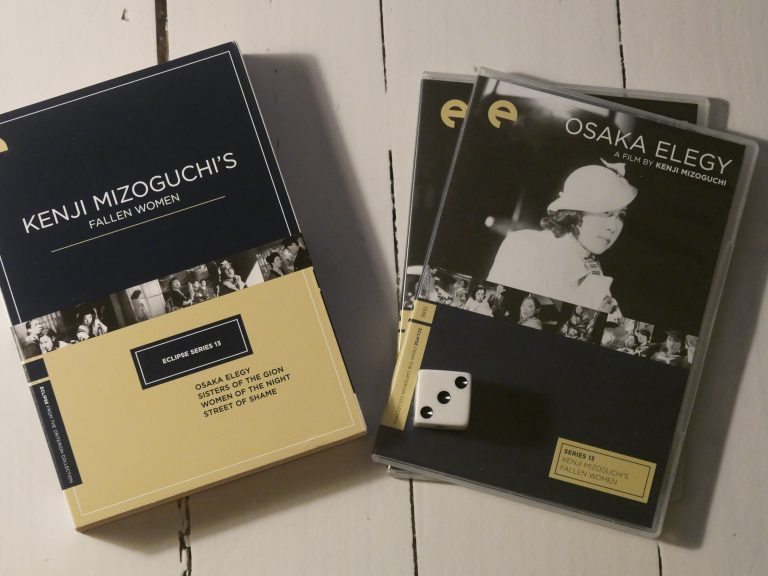 |
| Un carnet de bal Julien Duvivier 1937 | 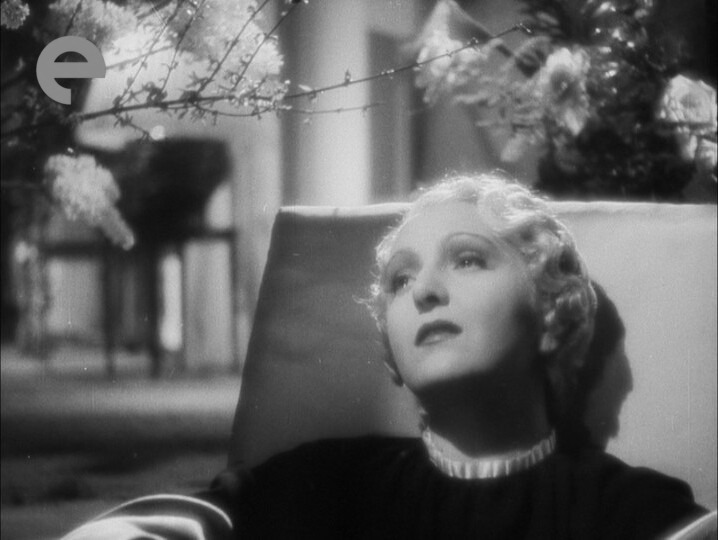 | 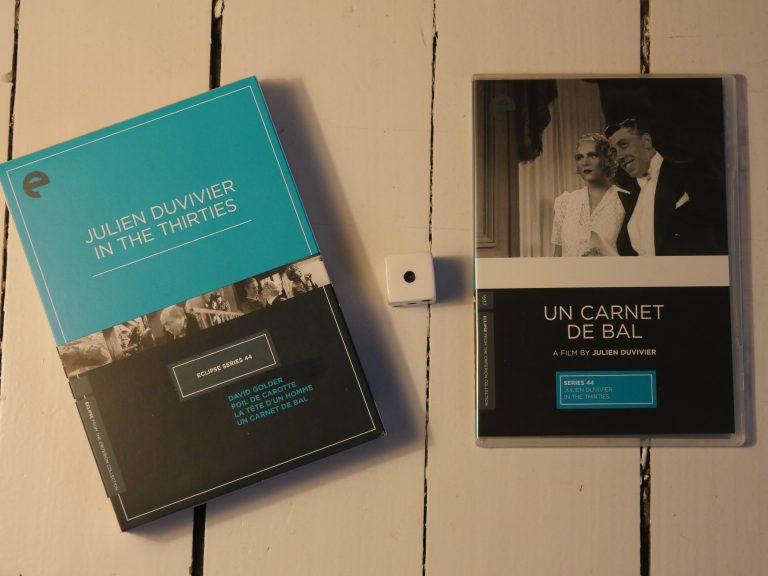 |
| Les Perles de la couronne (The Pearls of the Crown) Sacha Guitry 1937 | 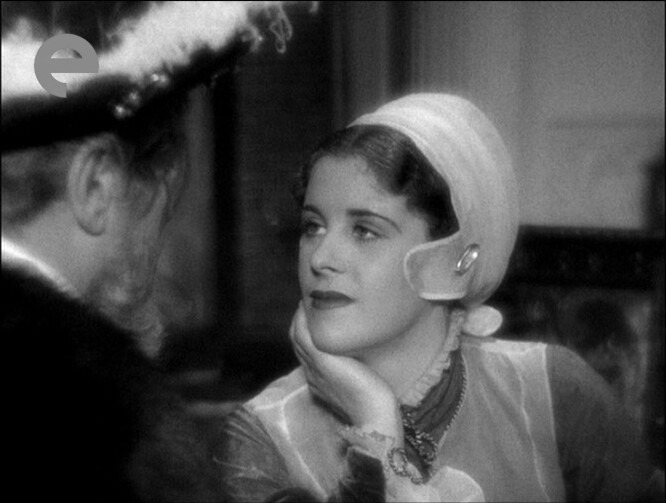 | 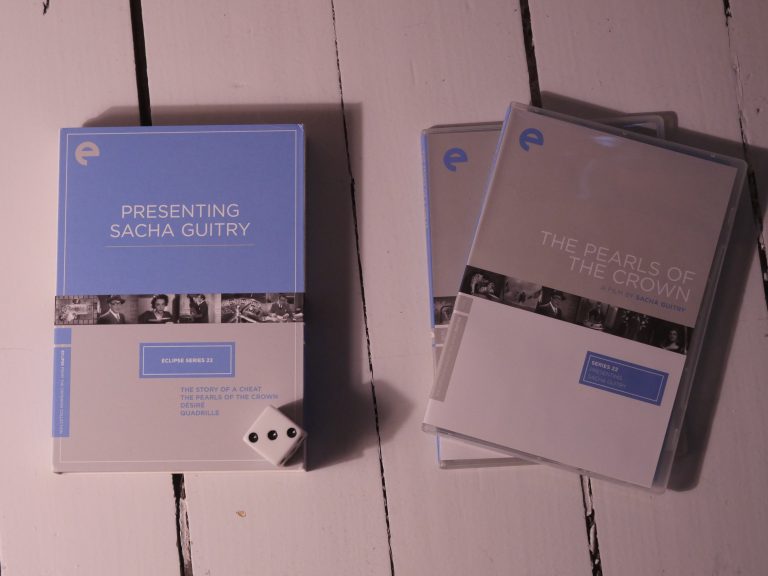 |
| Désiré Sacha Guitry 1937 | 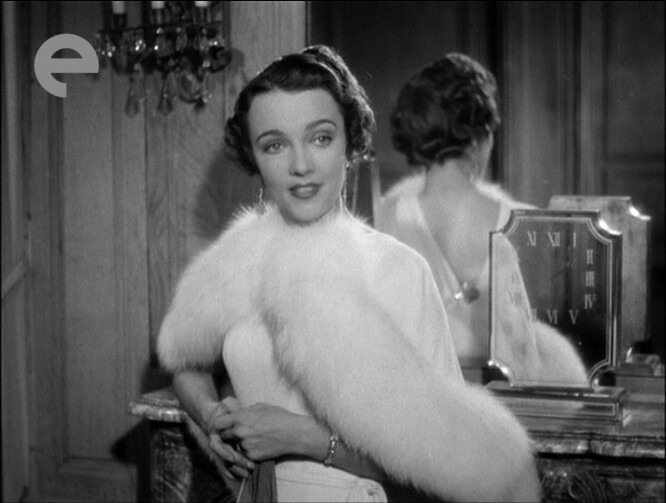 | 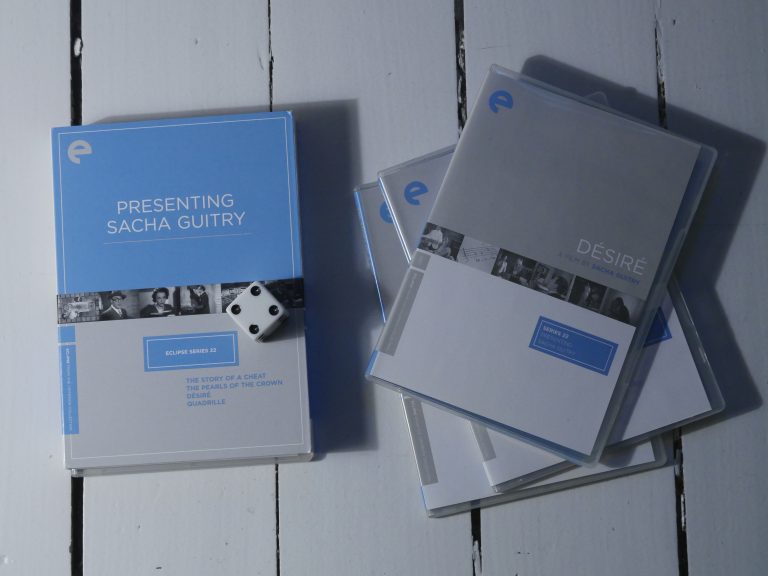 |
| Elephant Boy (Elephant Boy. Robert J) Flaherty and Zoltán Korda 1937 | 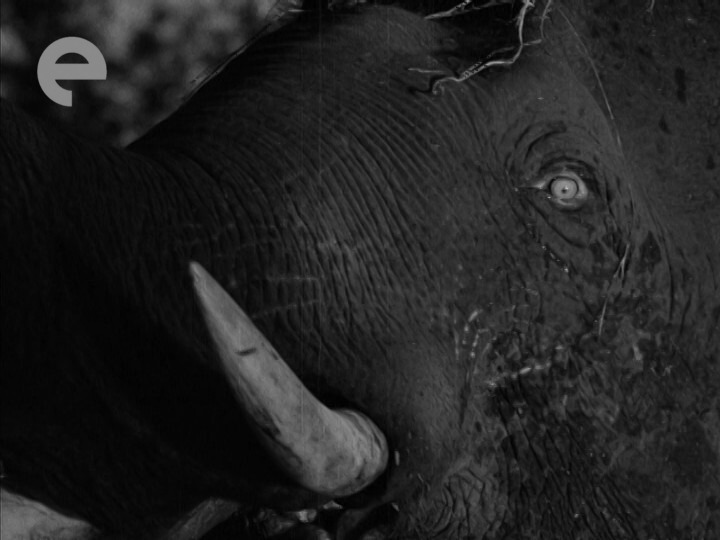 | 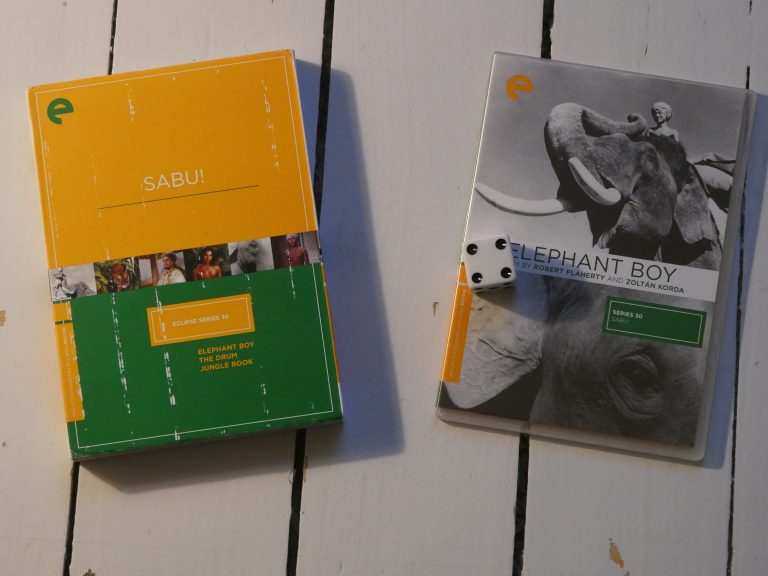 |
| Dollar Gustaf Molander 1938 | 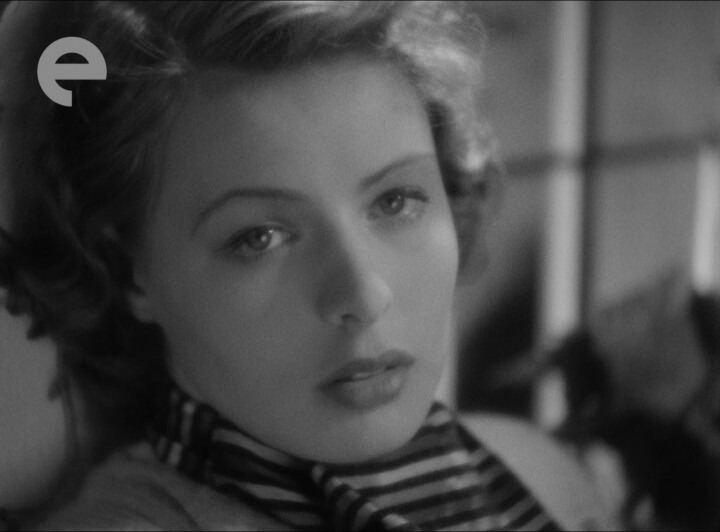 | 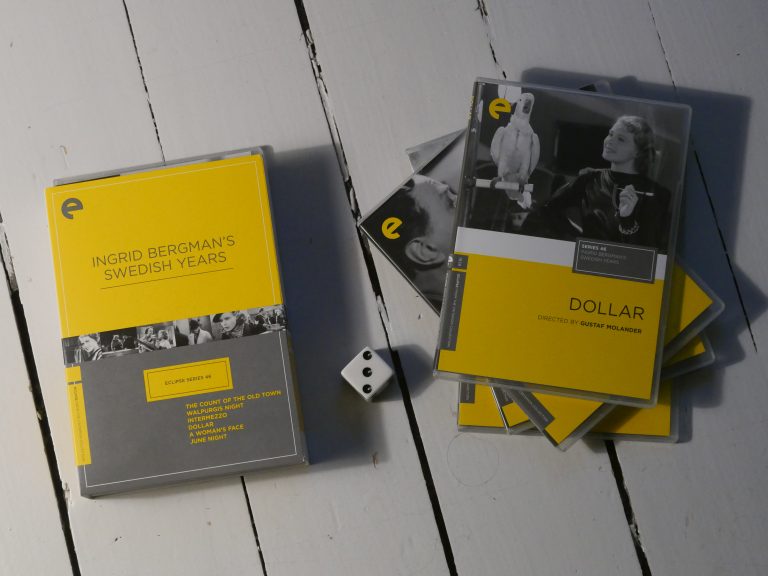 |
| En kvinnas ansikte (A Woman’s Face) Gustaf Molander 1938 | 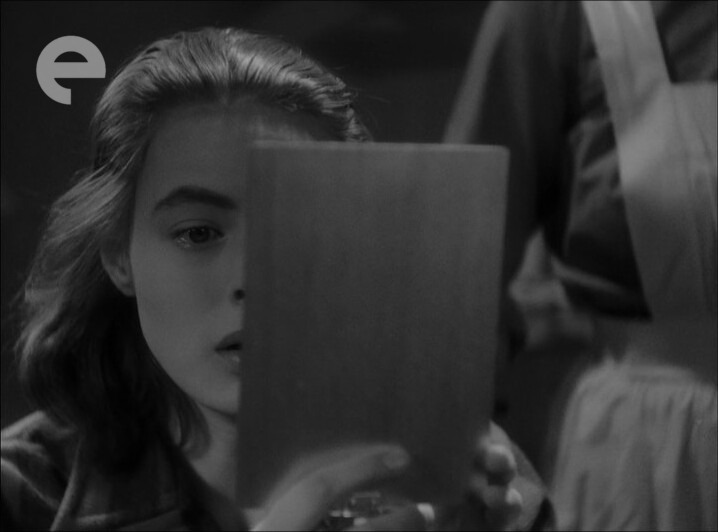 | 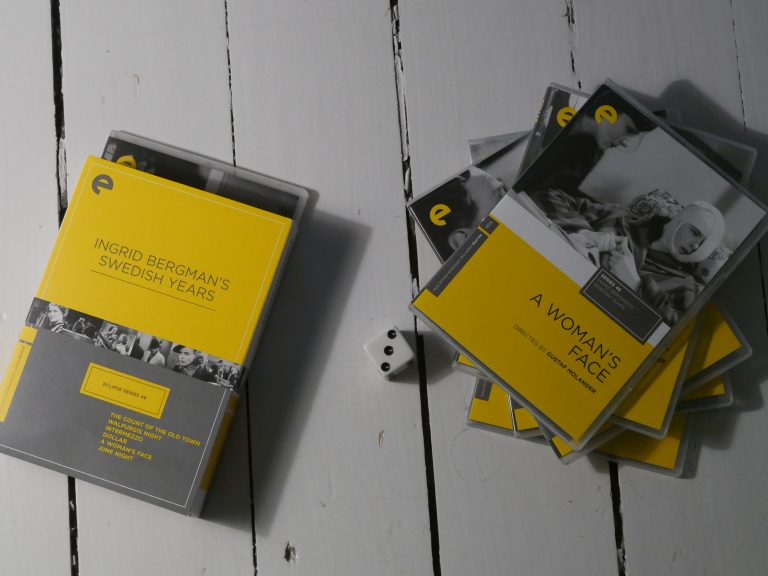 |
| Quadrille Sacha Guitry 1938 | 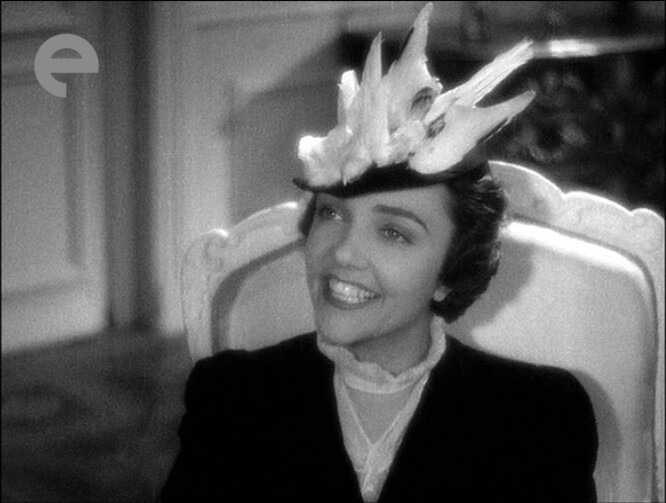 | 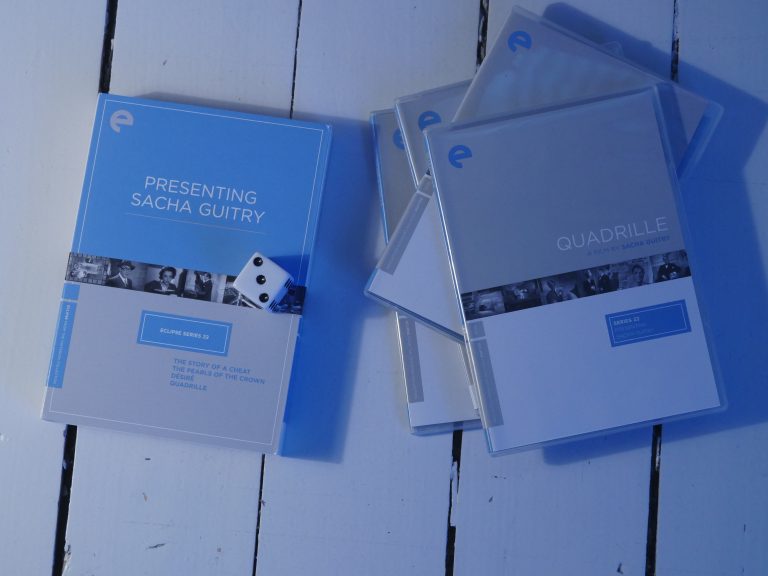 |
| The Drum Zoltan Korda 1938 | 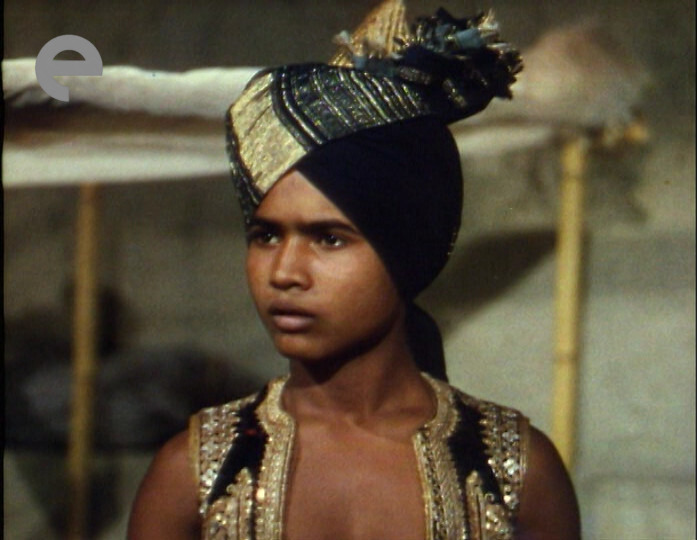 | 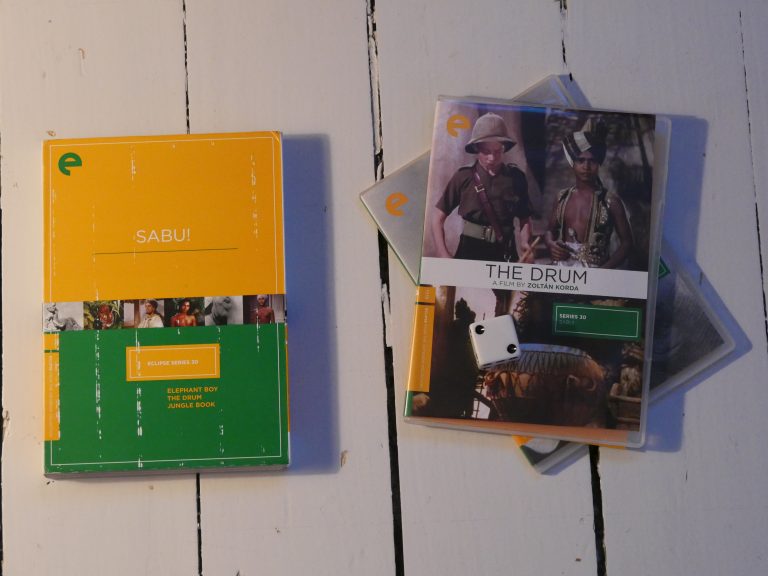 |
| 按摩と女 (The Masseurs and a Woman) Hiroshi Shimizu 1938 | 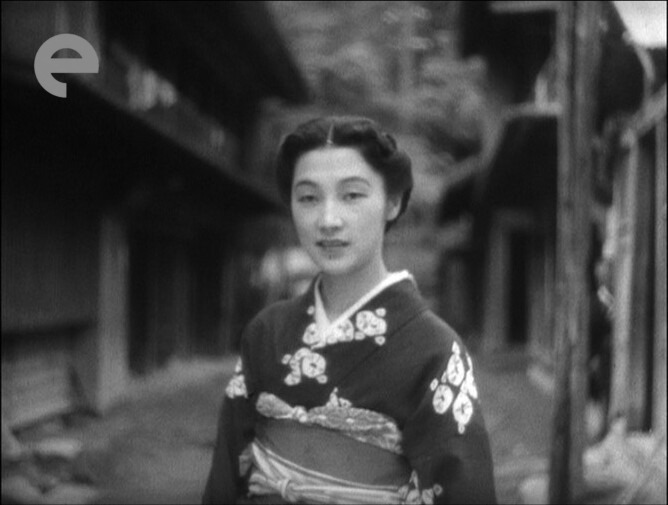 | 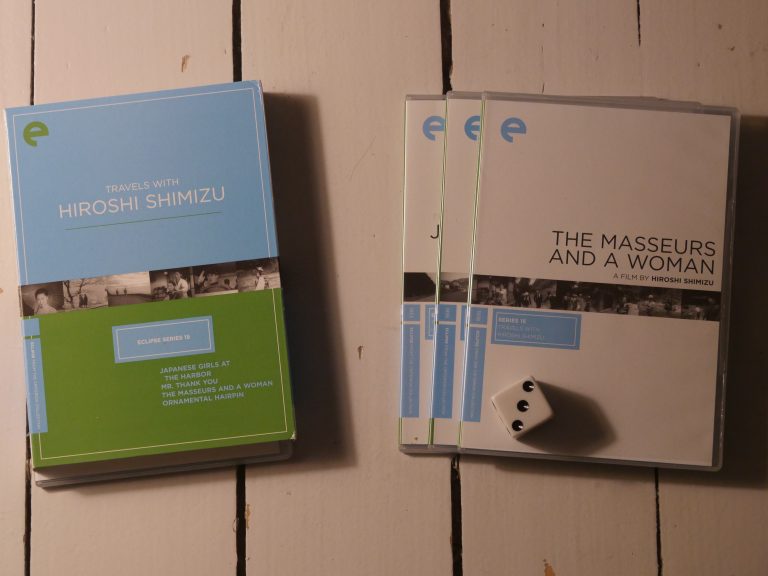 |
| Major Barbara Gabriel Pascal 1941 | 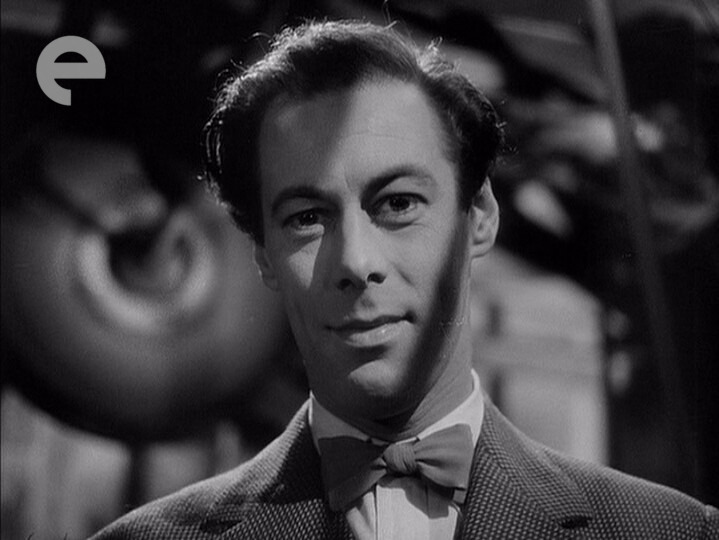 | 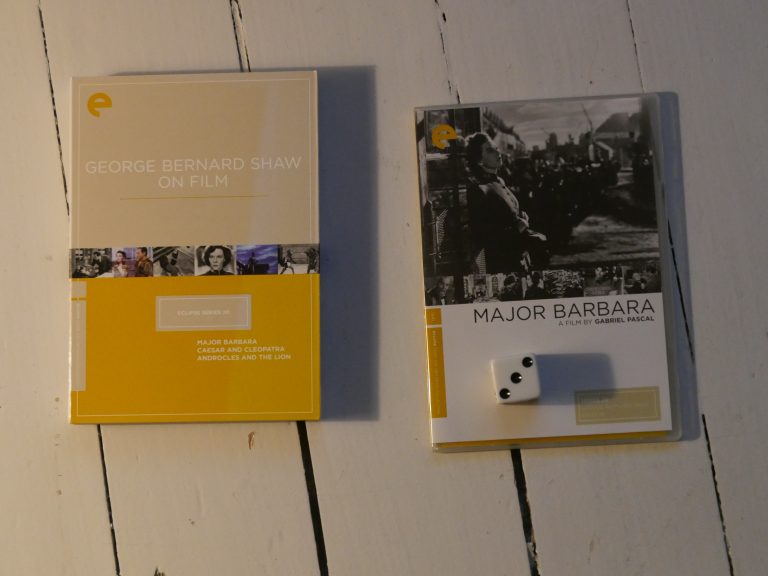 |
| Remorques (Stormy Waters) Jean Grémillon 1941 | 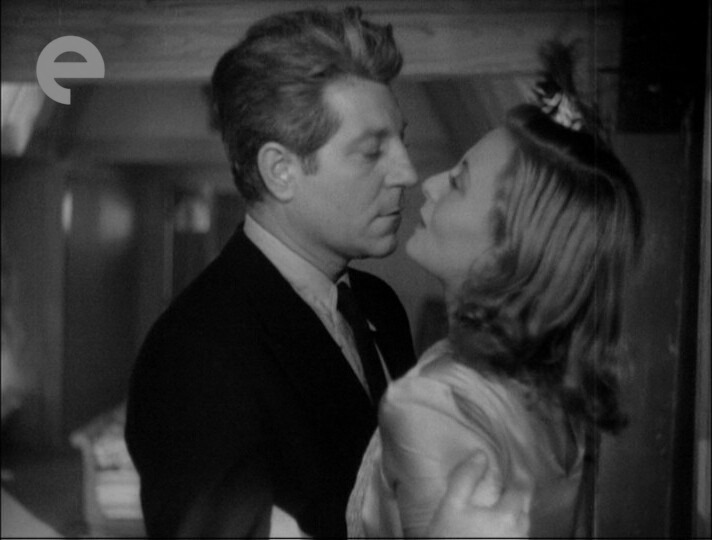 | 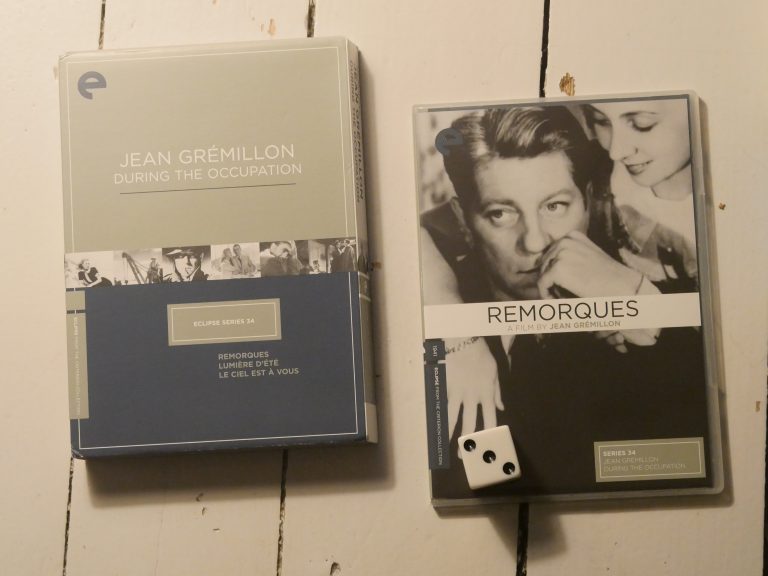 |
| 簪 (Ornamental Hairpin) Hiroshi Shimizu 1941 | 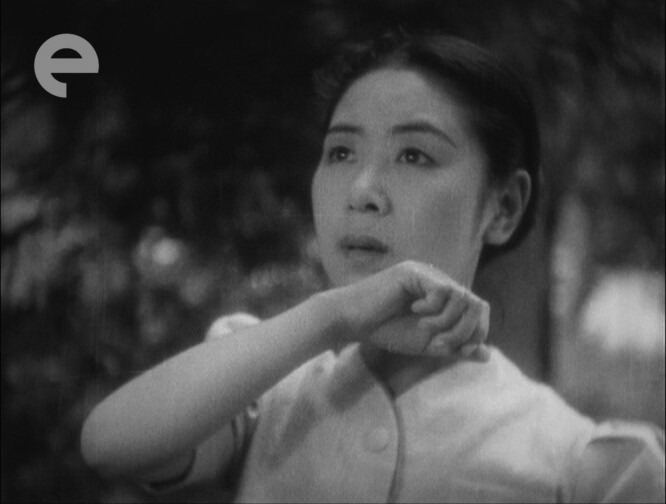 | 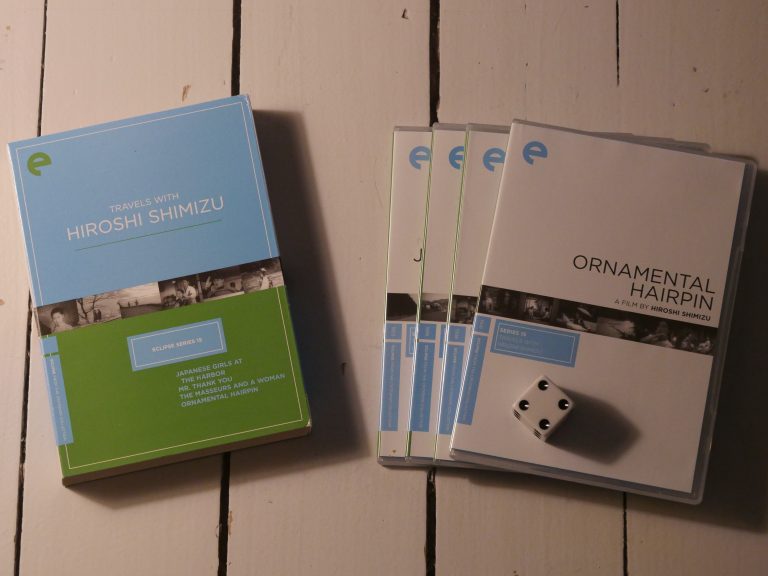 |
| Jungle Book Zoltan Korda 1942 | 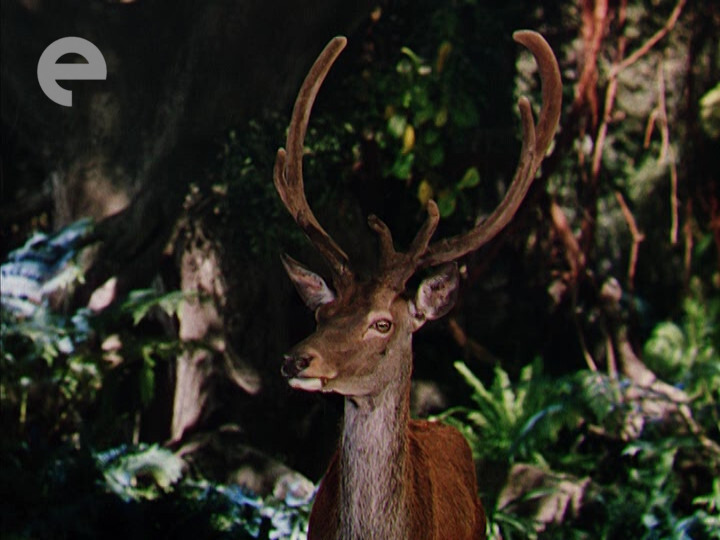 | 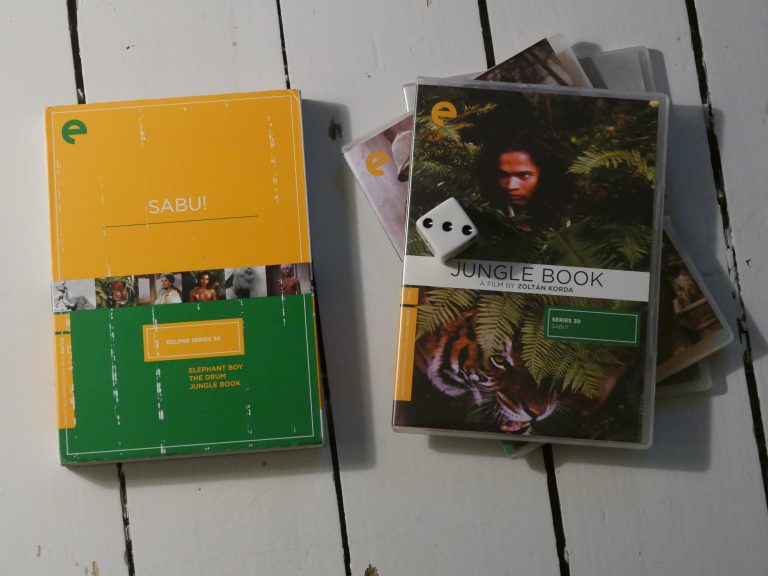 |
| La mariage de Chiffon Claude Autant-Lara 1942 | 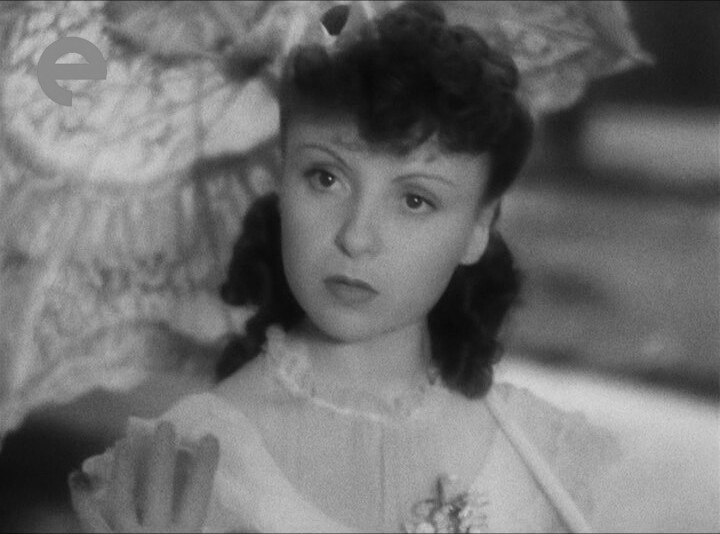 | 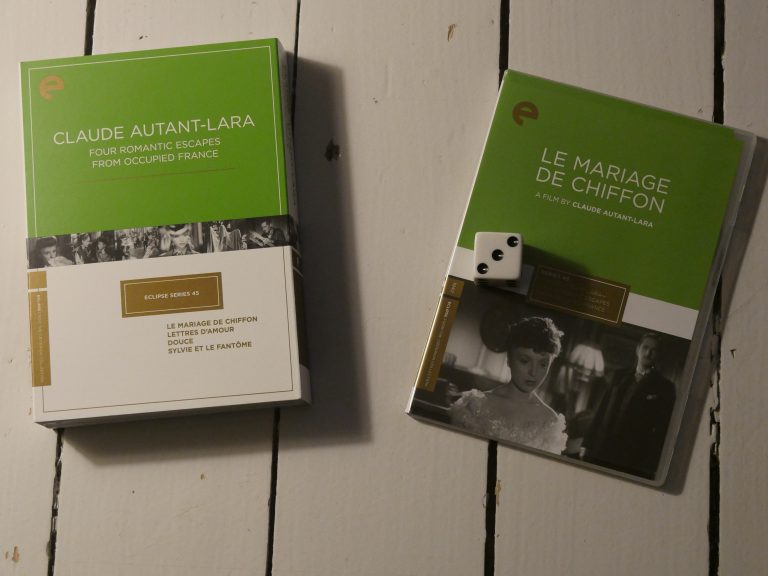 |
| Lettres d’amour Claude Autant-Lara 1942 | 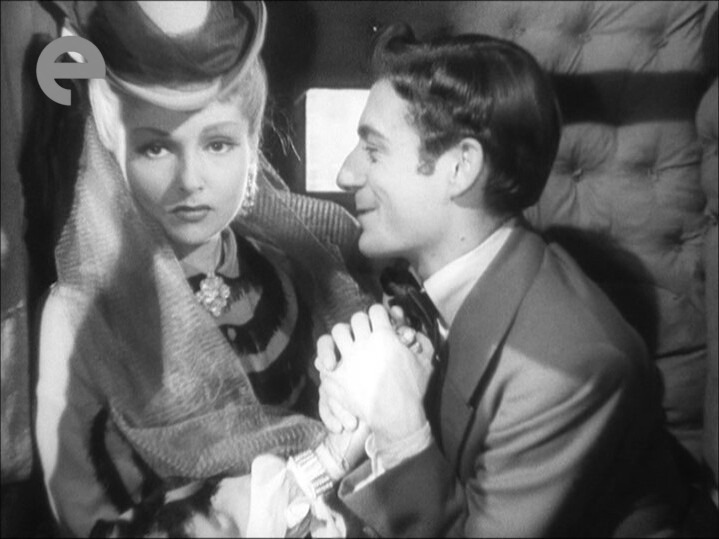 | 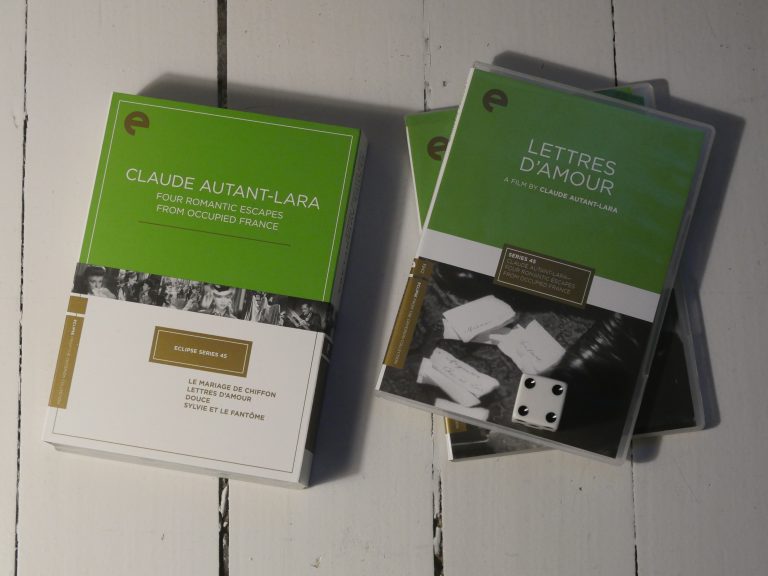 |
| The Man in Grey Leslie Arliss 1943 | 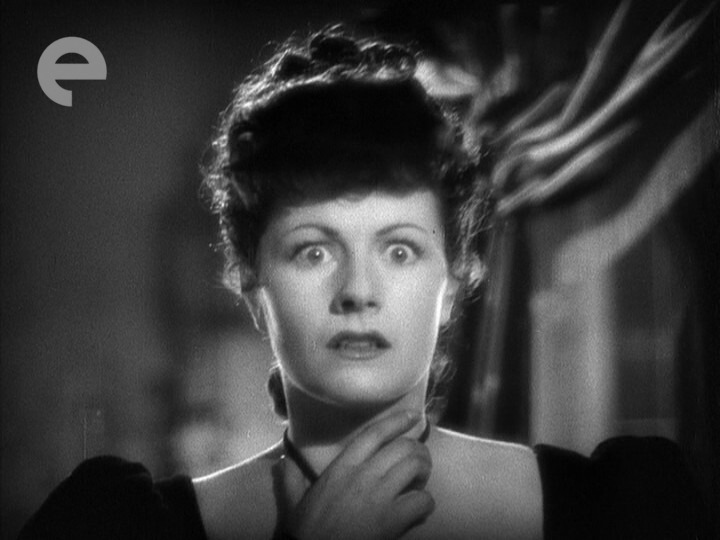 | 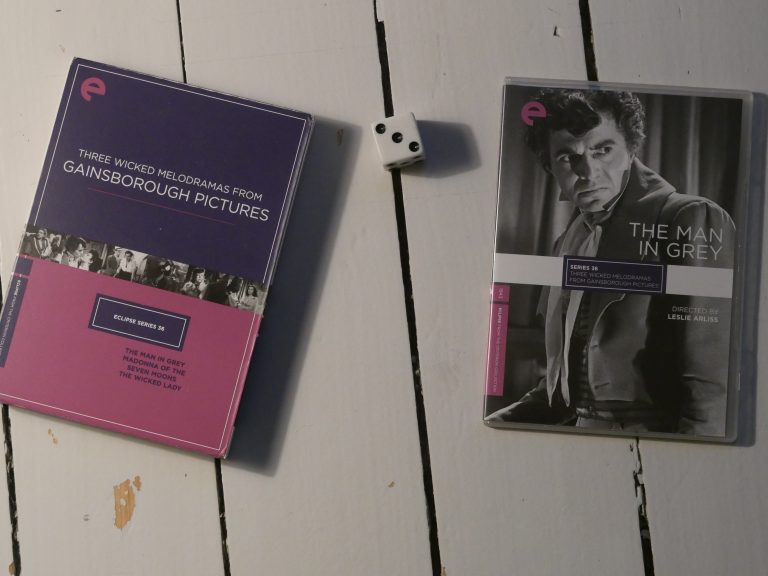 |
| 花咲く港 (Port of Flowers) Keisuke Kinoshita 1943 | 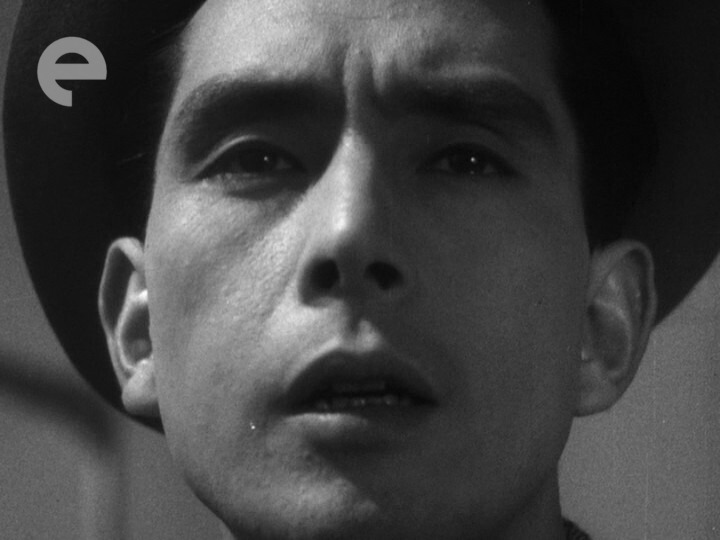 | 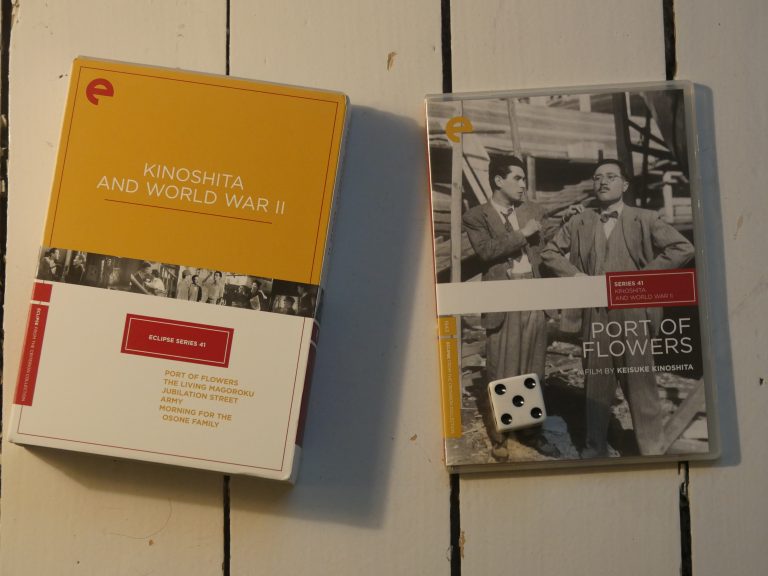 |
| 生きてゐる孫六 (The Living Magoroku) Keisuke Kinoshita 1943 | 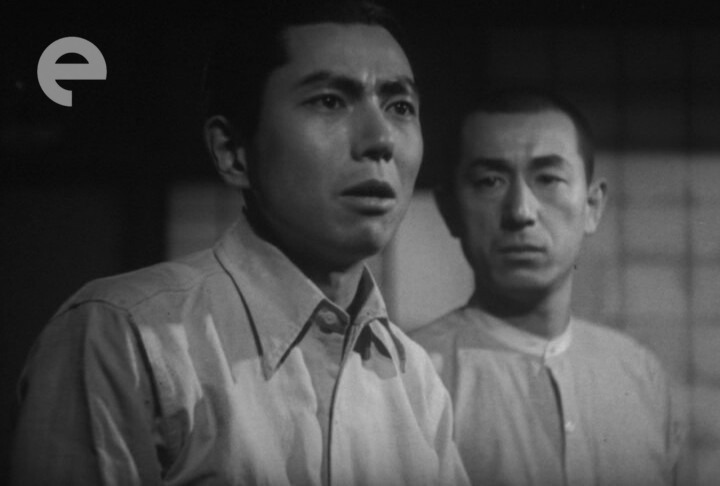 | 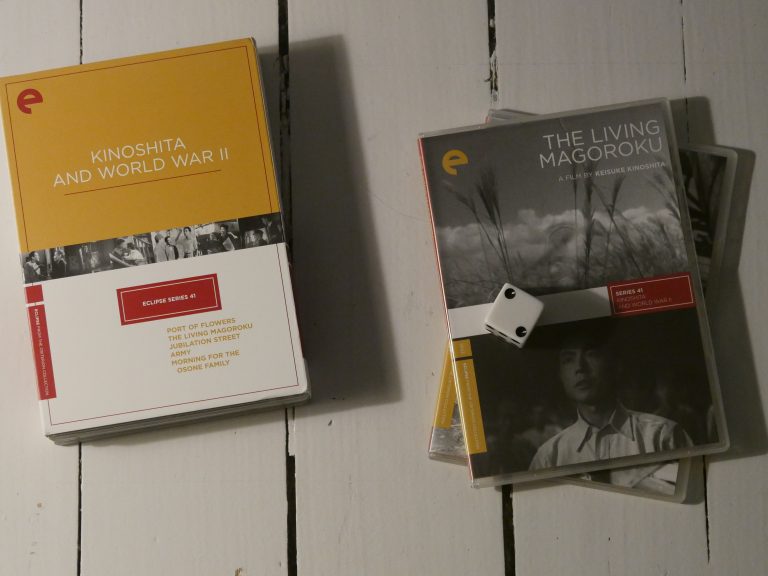 |
| Douce Claude Autant-Lara 1943 | 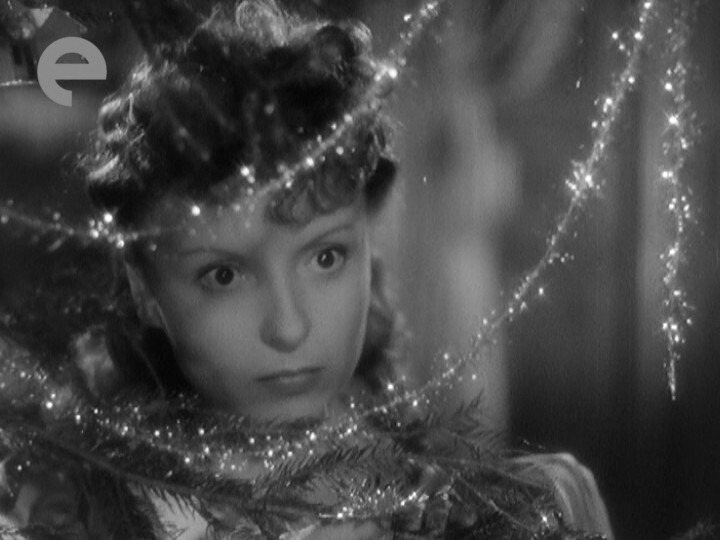 | 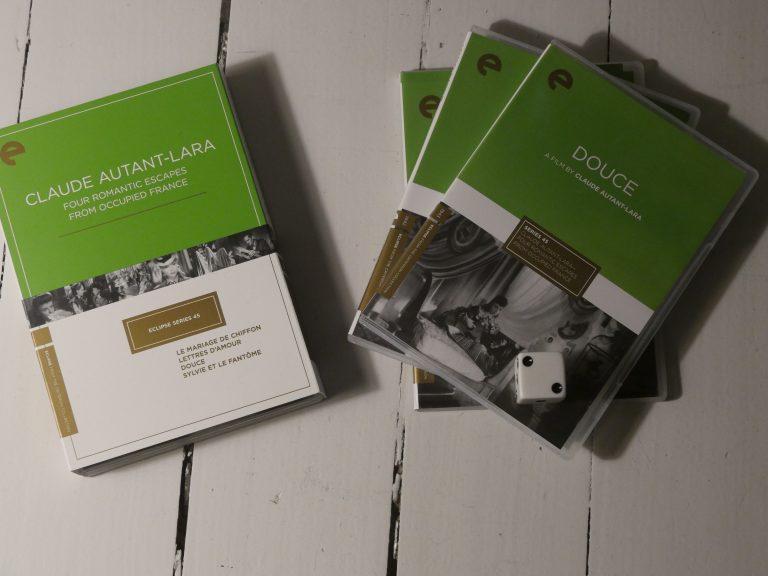 |
| 姿三四郎 (Sanshiro Sugata) Akira Kurosawa 1943 | 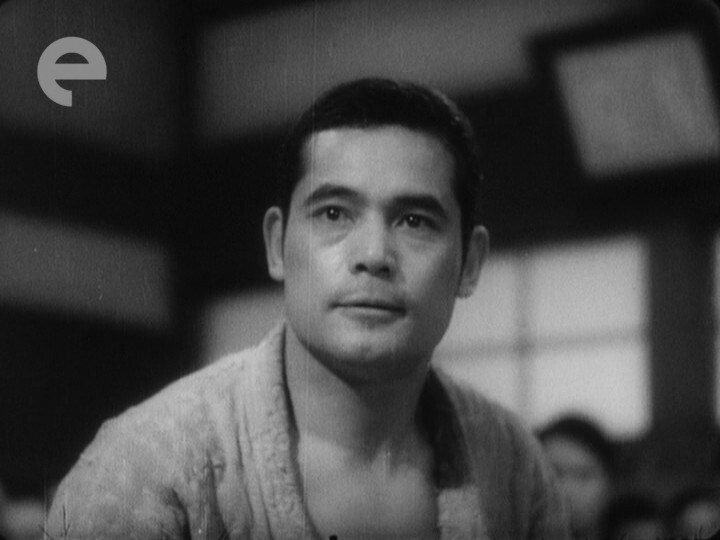 | 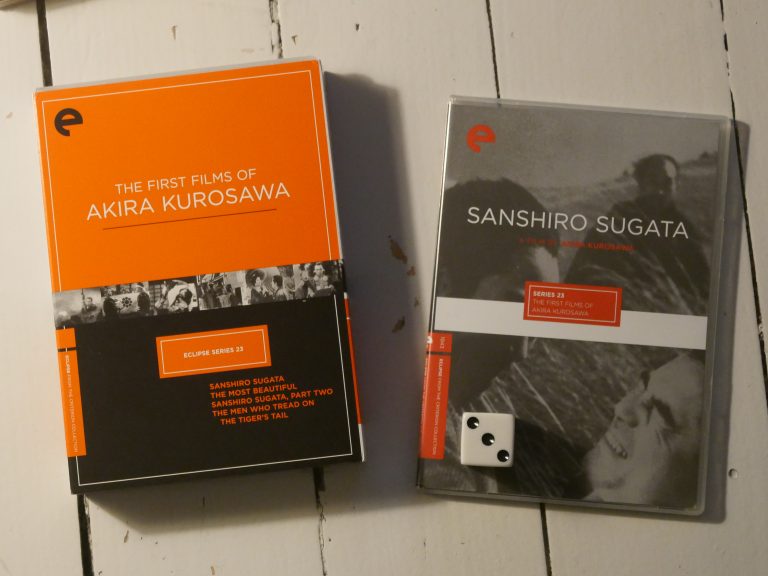 |
| Lumière d’été (Summer Light) Jean Grémillon 1943 | 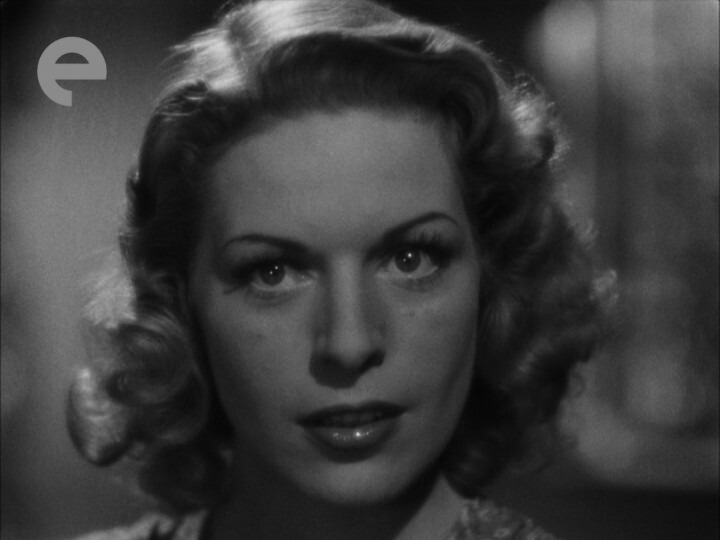 | 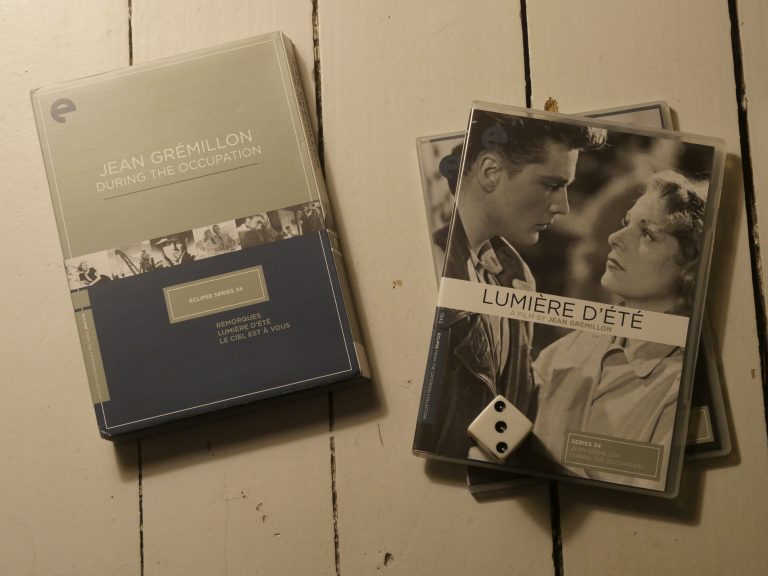 |
| 歓呼の町 (Jubilation Street) Keisuke Kinoshita 1944 | 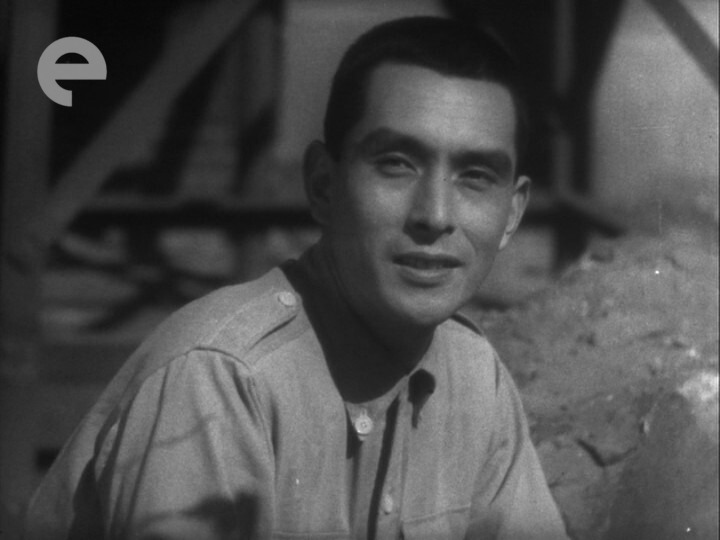 | 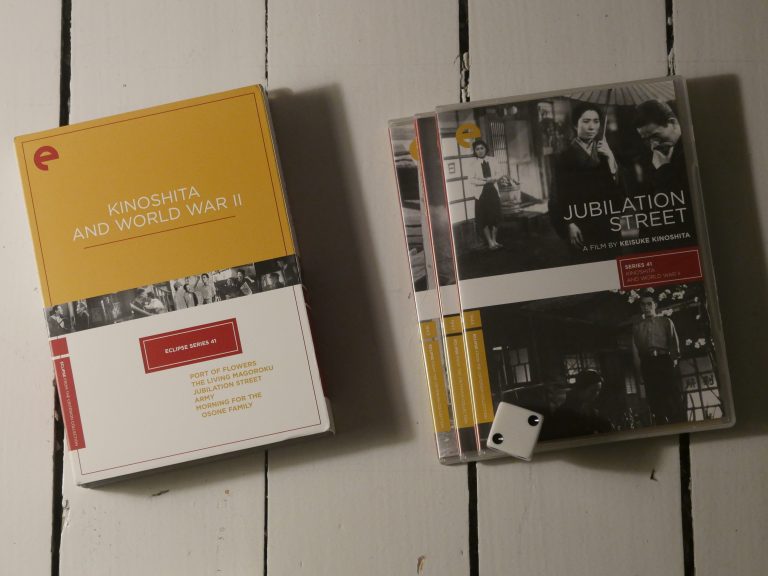 |
| 陸軍 (Army) Keisuke Kinoshita 1944 | 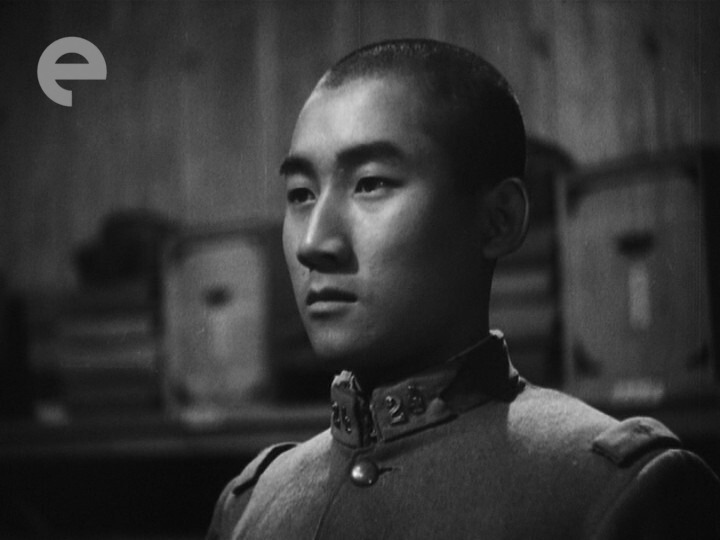 | 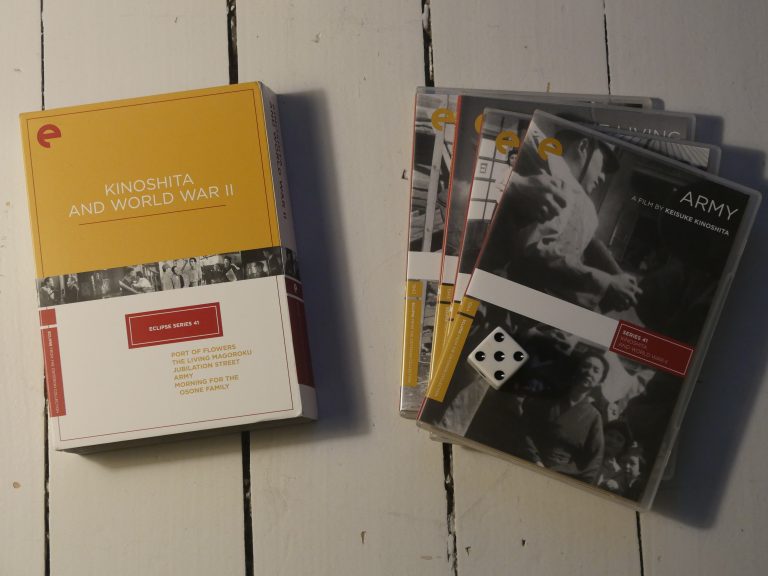 |
| 一番美しく (The Most Beautiful) Akira Kurosawa 1944 | 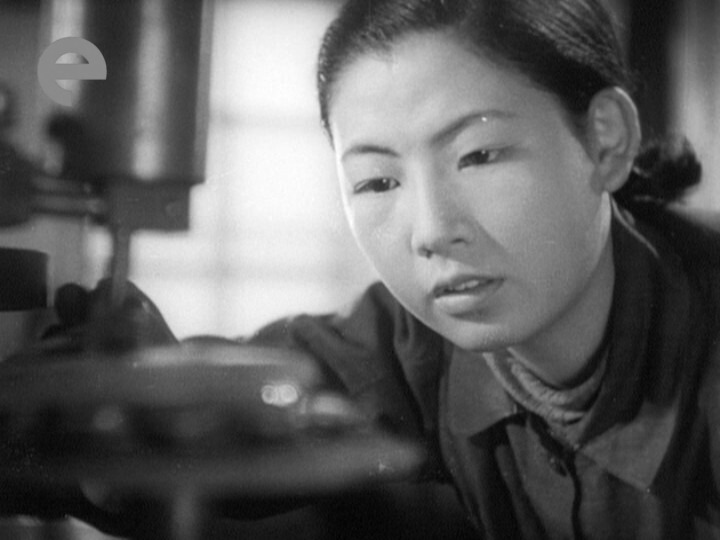 | 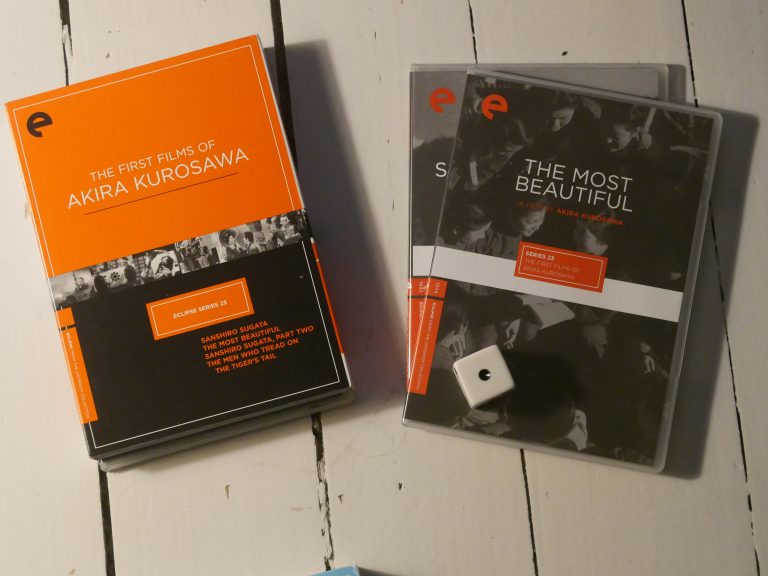 |
| La ciel est à vous (The Woman Who Dared) Jean Grémillon 1944 | 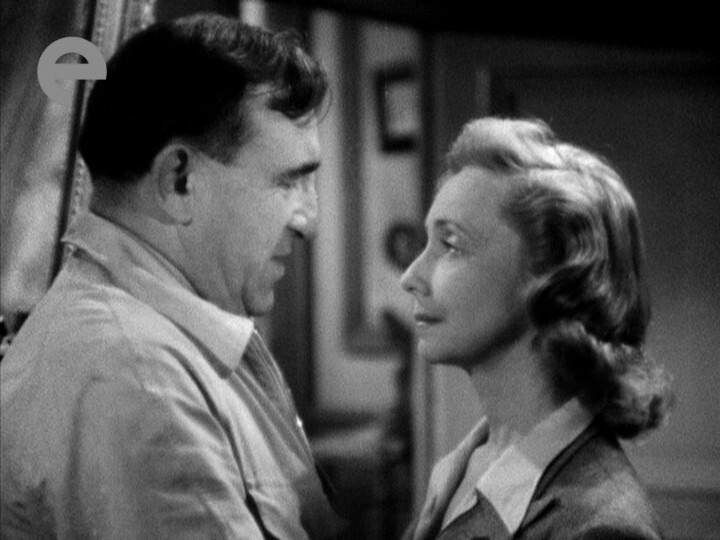 | 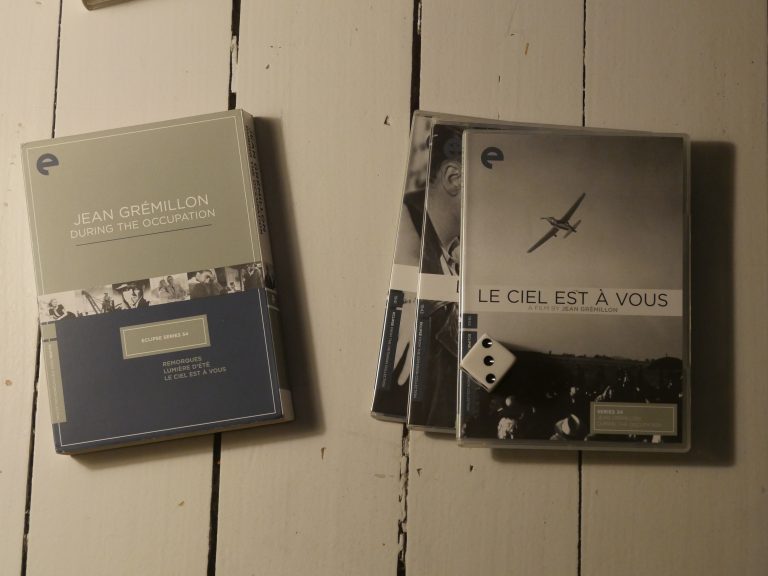 |
| Madonna of the Seven Moons Arthur Crabtree 1945 | 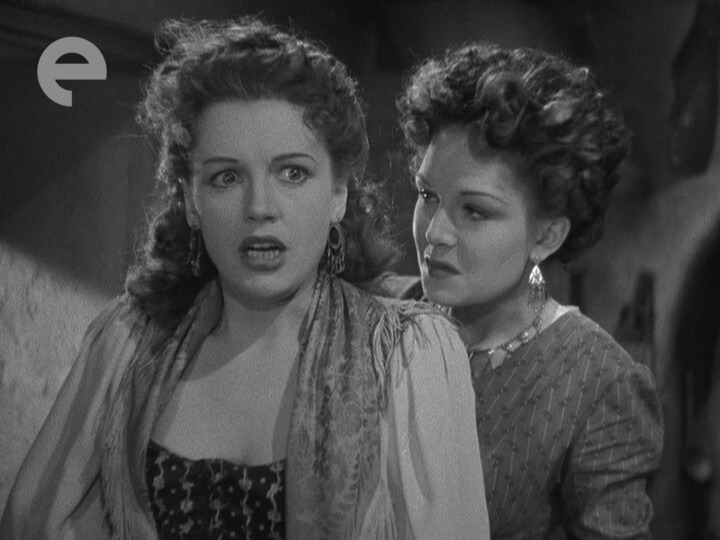 | 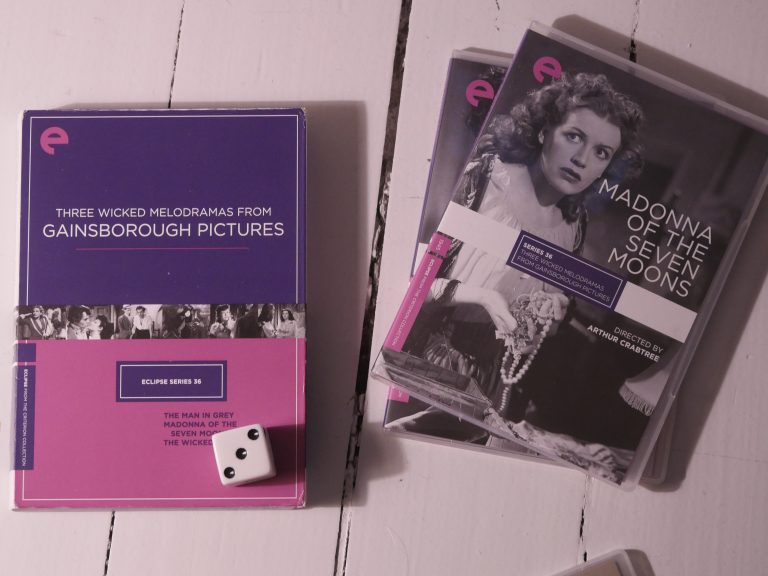 |
| The Wicked Lady Leslie Arliss 1945 | 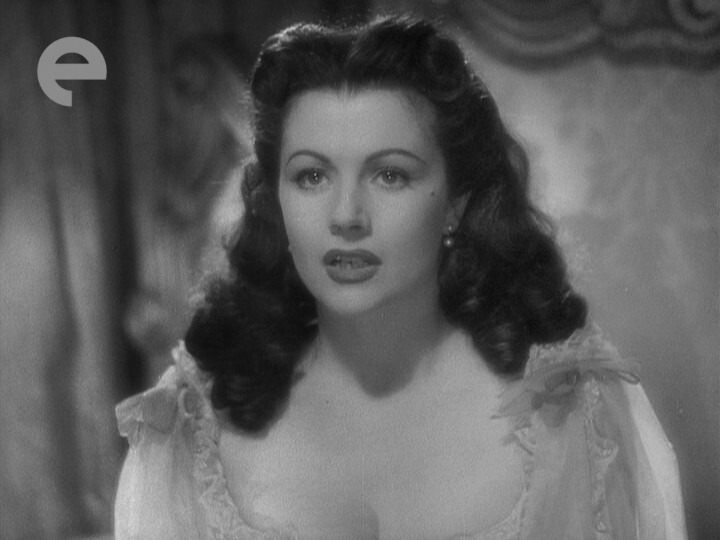 | 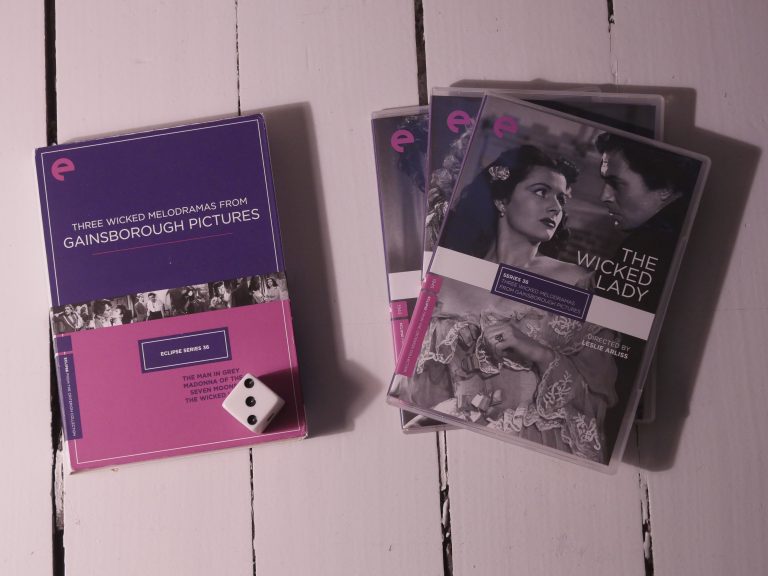 |
| Caesar and Cleopatra Gabriel Pascal 1945 | 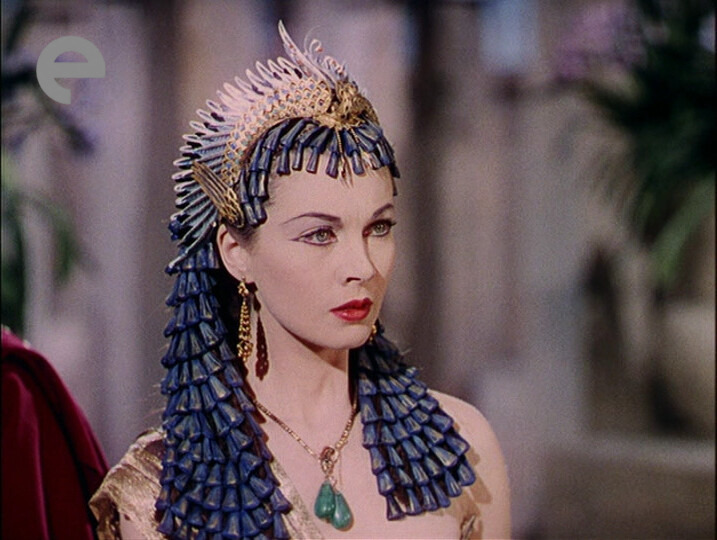 | 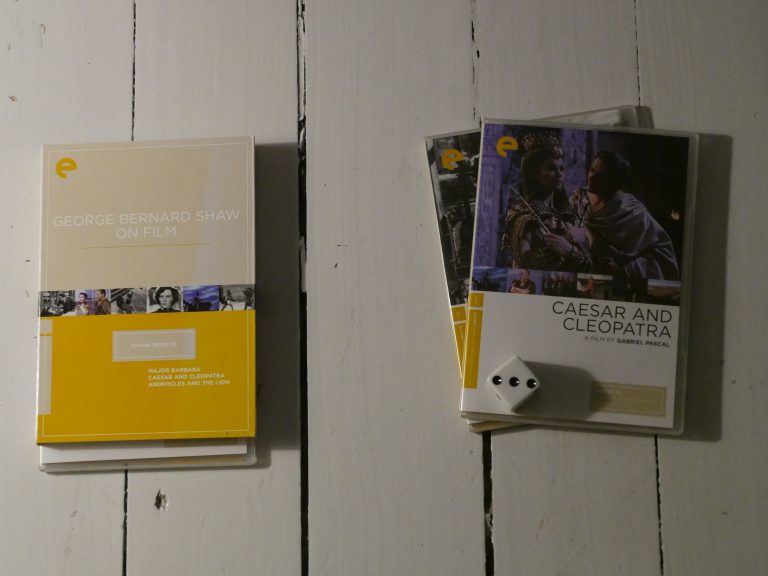 |
| 虎の尾を踏む男達 (The Men Who Tread on the Tiger’s Tail) Akira Kurosawa 1945 | 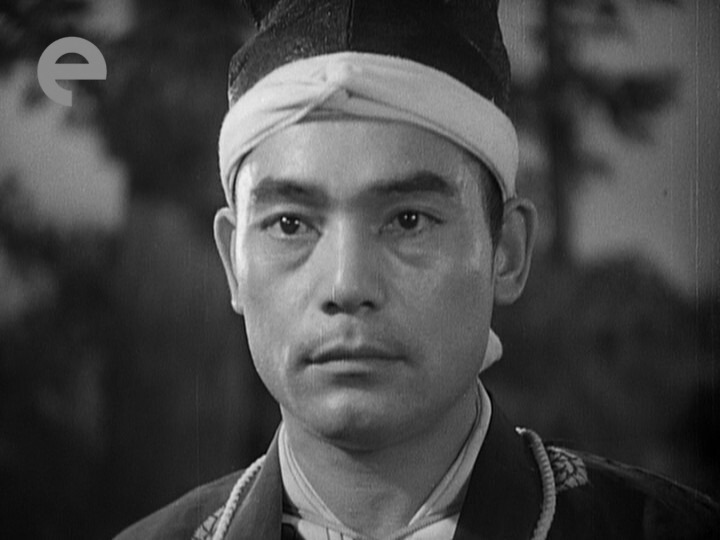 | 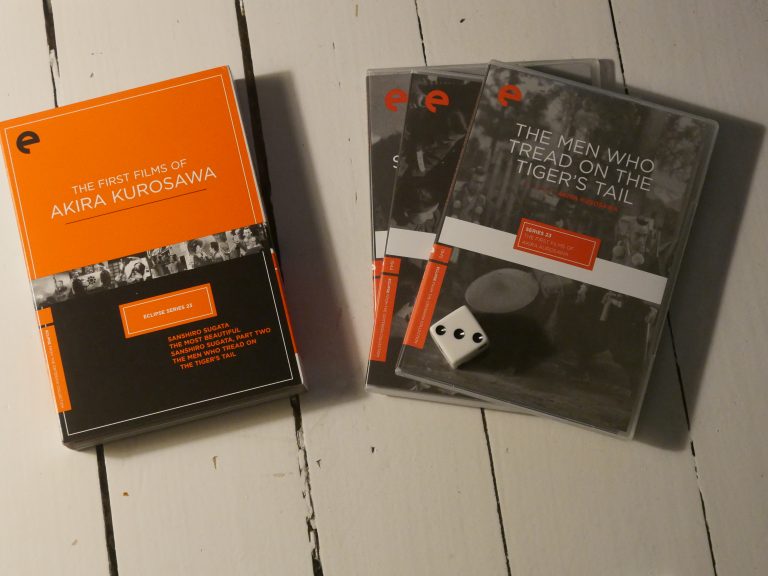 |
| 續姿三四郎 (Sanshiro Sugata, Part Two) Akira Kurosawa 1945 | 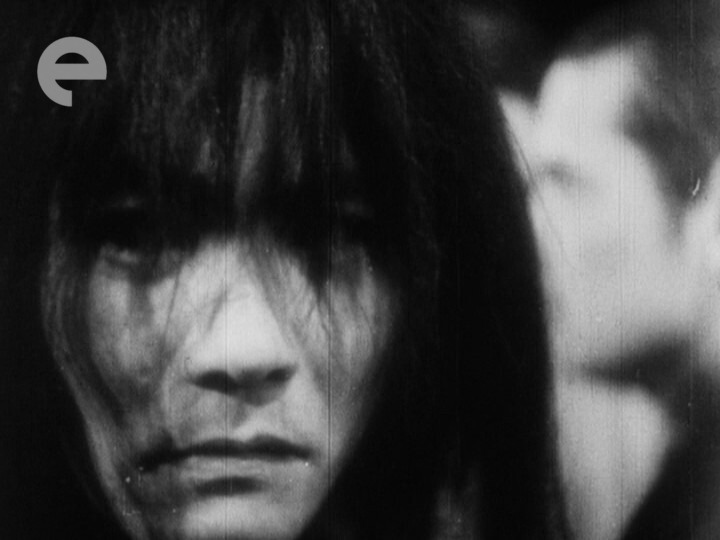 | 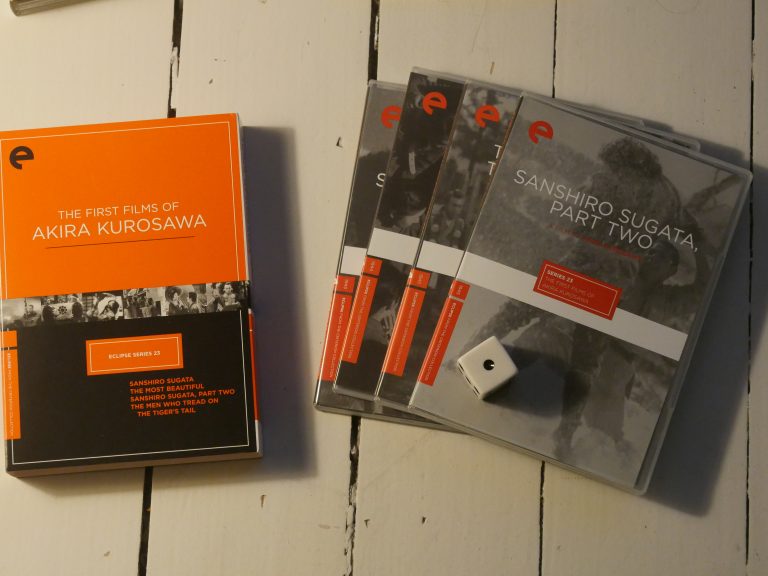 |
| わが青春に悔なし (No Regrets For Our Youth) Akira Kurosawa 1946 | 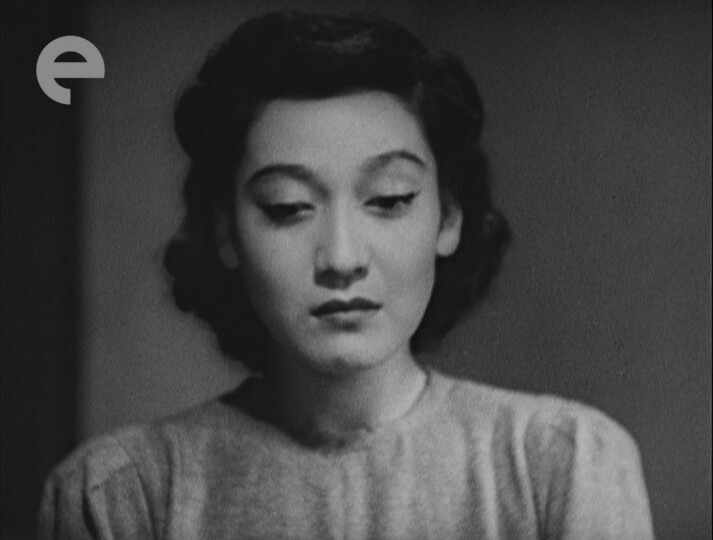 | 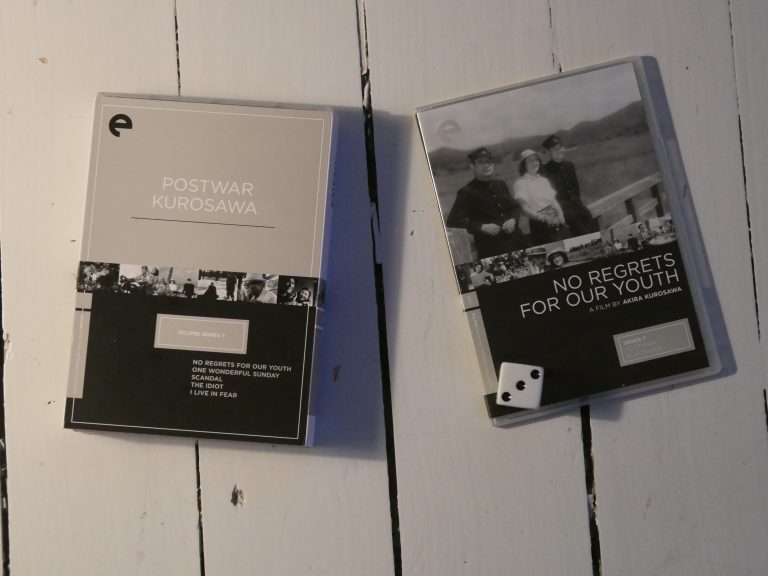 |
| 大曾根家の朝 (Morning for the Osone Family) Keisuke Kinoshita 1946 | 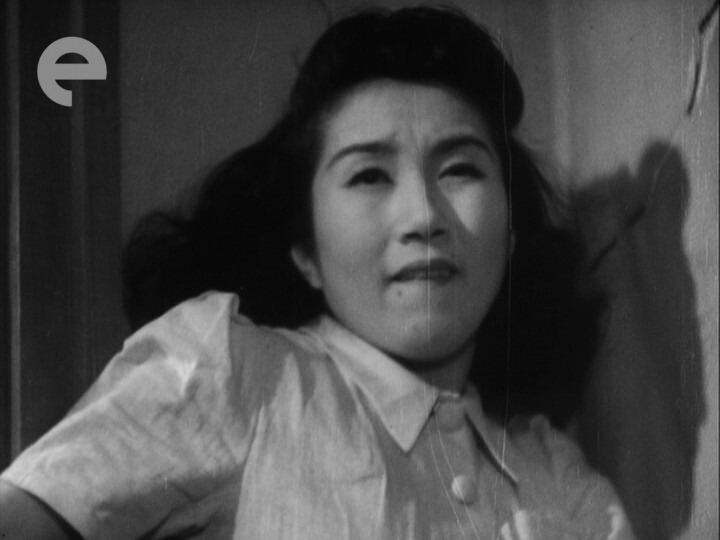 | 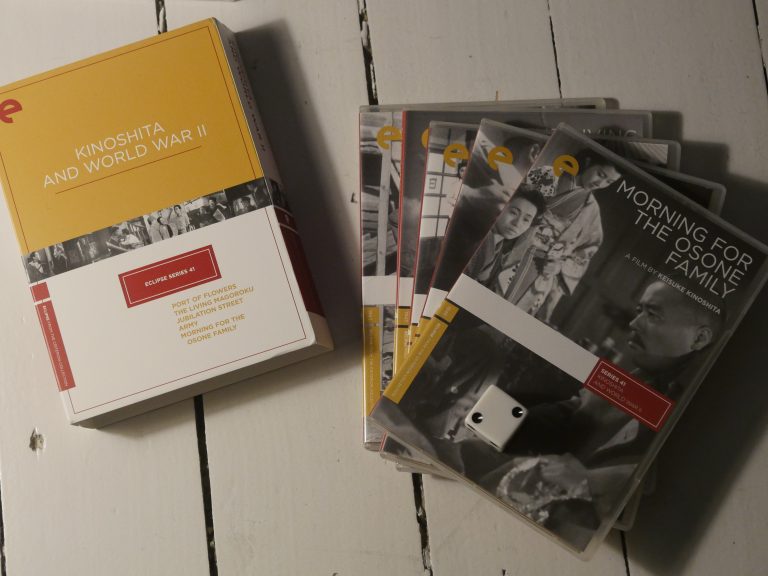 |
| Sylvie et le Fantôme Claude Autant-Lara 1946 | 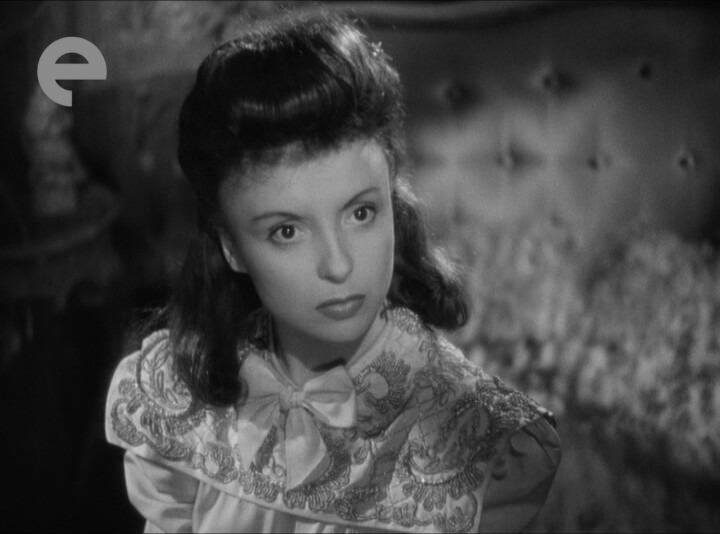 | 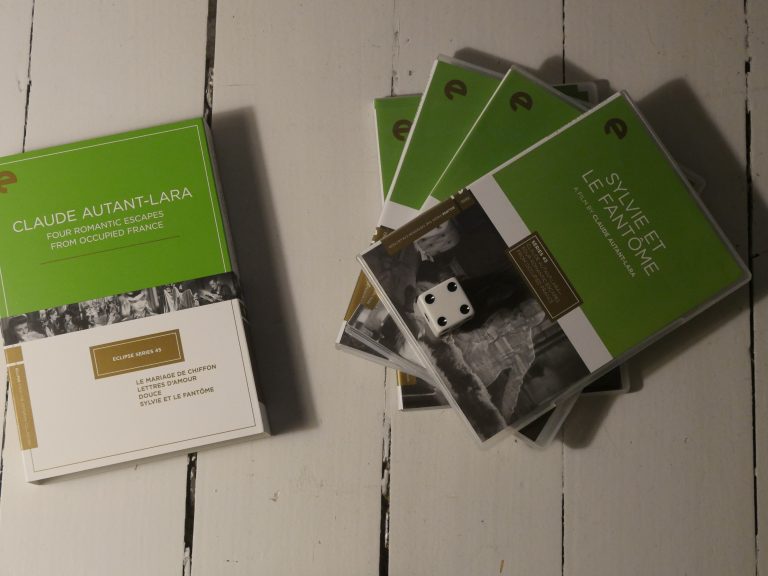 |
| 素晴らしき日曜日 (One Wonderful Sunday) Akira Kurosawa 1947 | 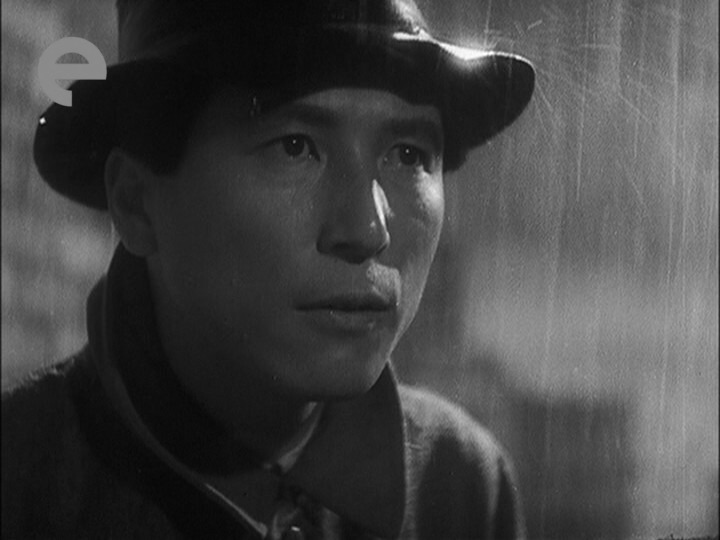 | 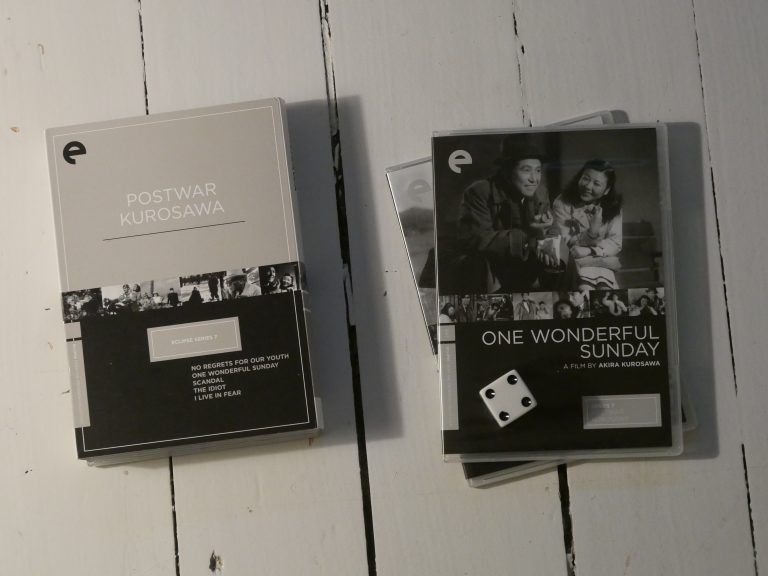 |
| 夜の女たち (Women of the Night) Kenji Mizoguchi 1948 | 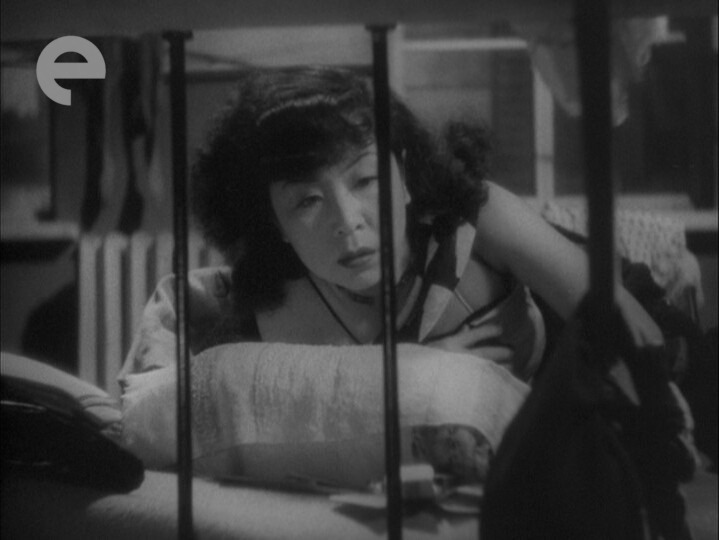 | 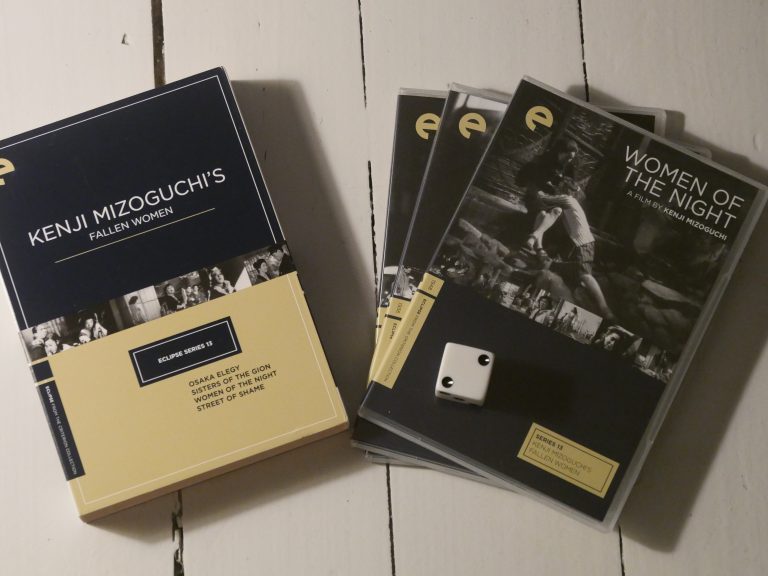 |
| I Shot Jesse James Samuel Fuller 1949 | 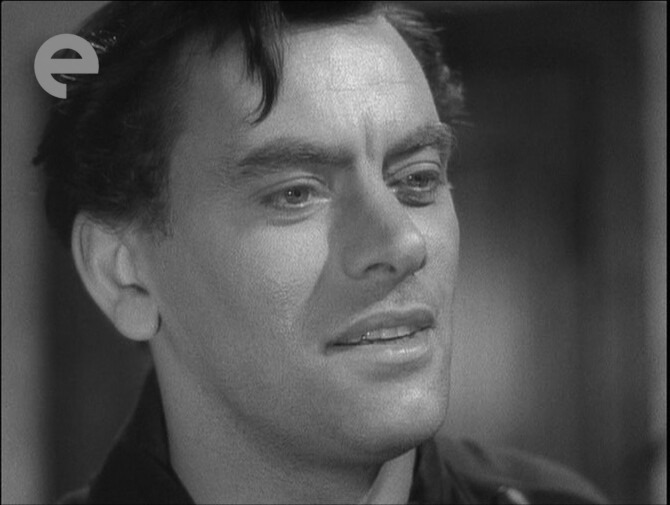 | 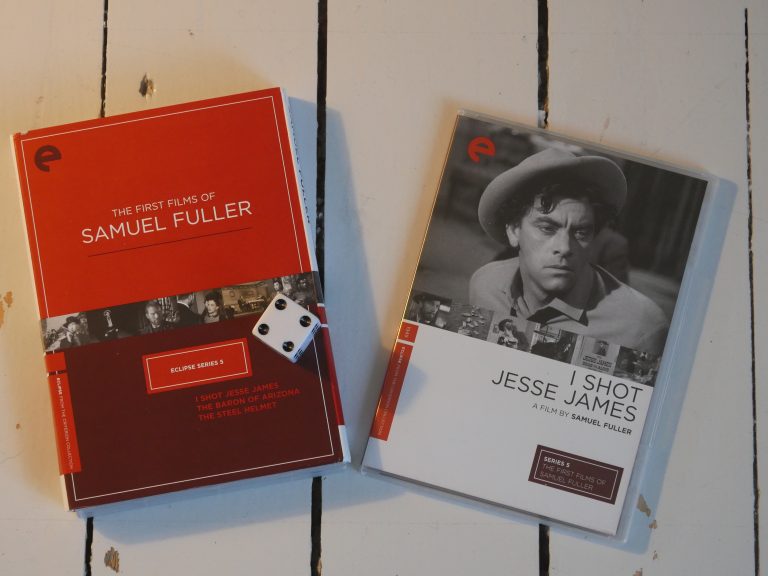 |
| Catene (Chains) Raffaello Matarazzo 1949 | 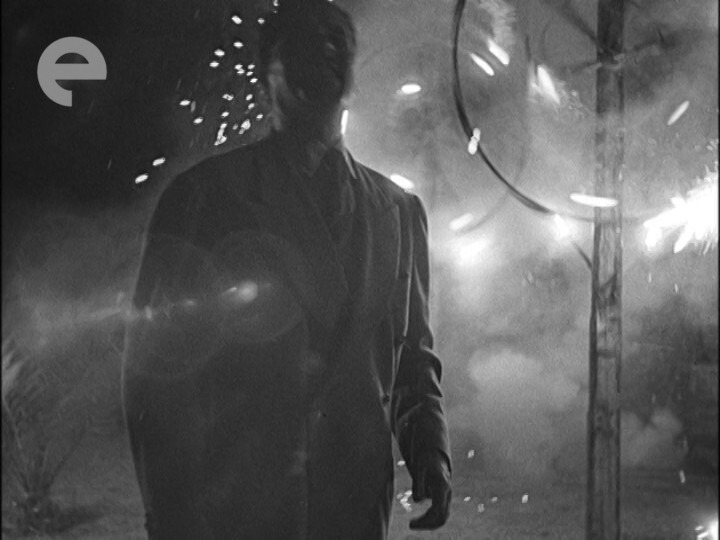 | 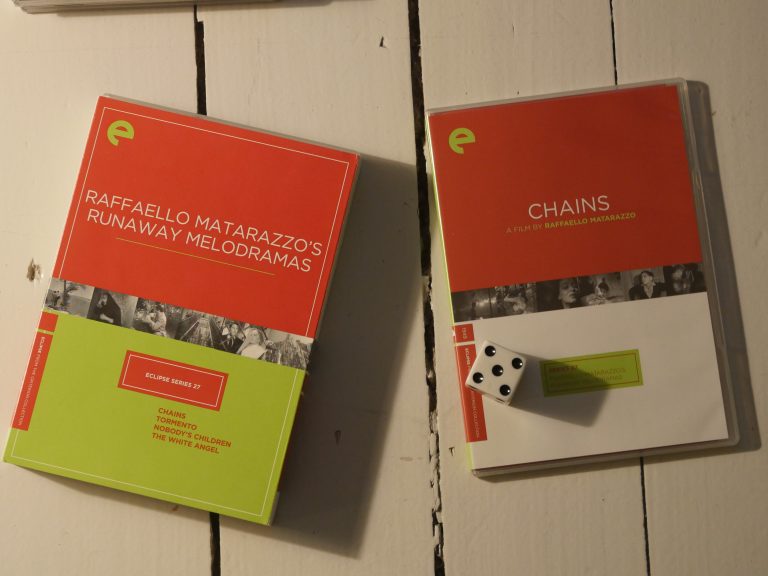 |
| The Baron of Arizona Samuel Fuller 1950 | 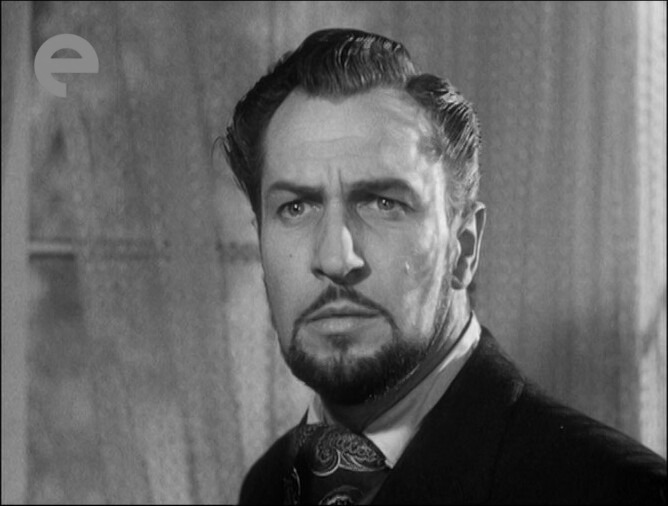 | 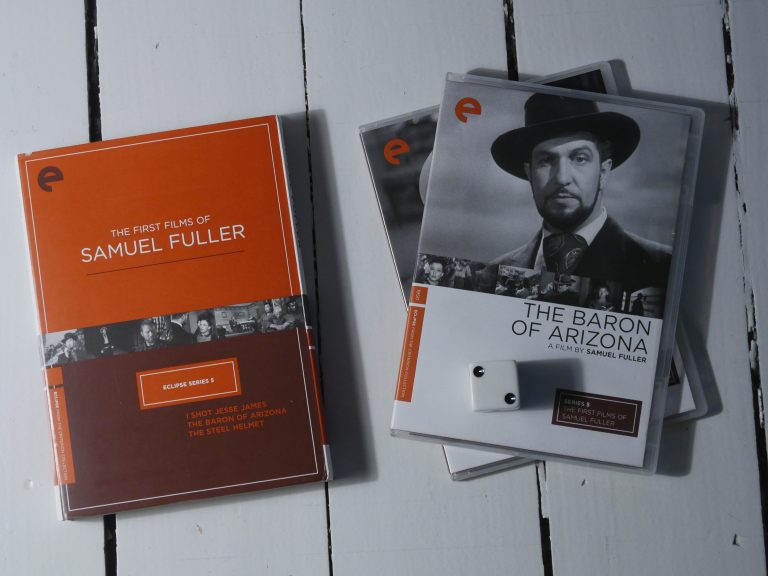 |
| Tormento Raffaello Matarazzo 1950 | 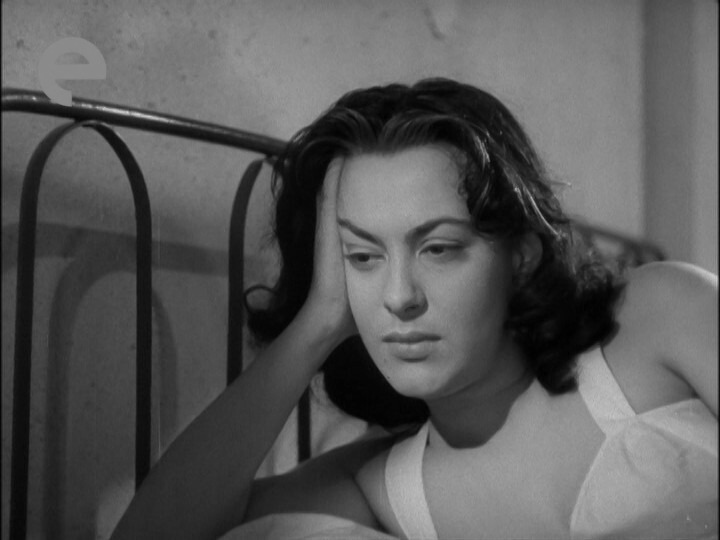 | 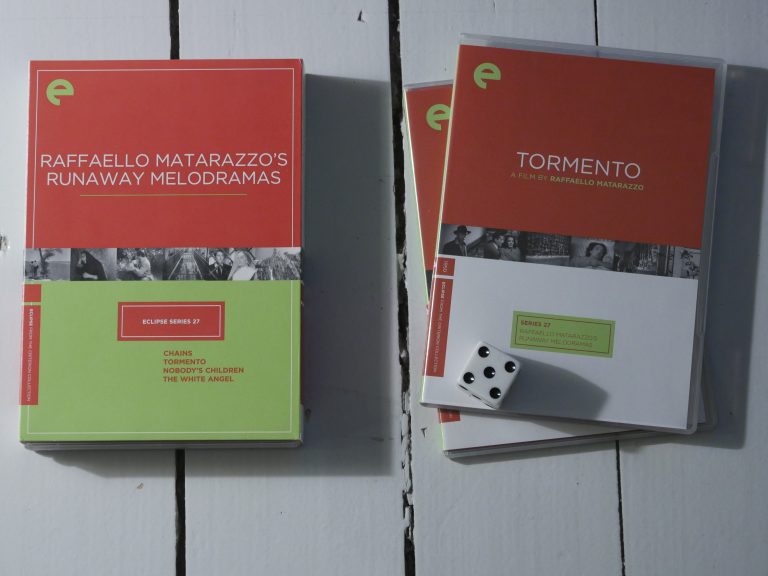 |
| 醜聞 スキャンダル (Scandal) Akira Kurosawa 1950 | 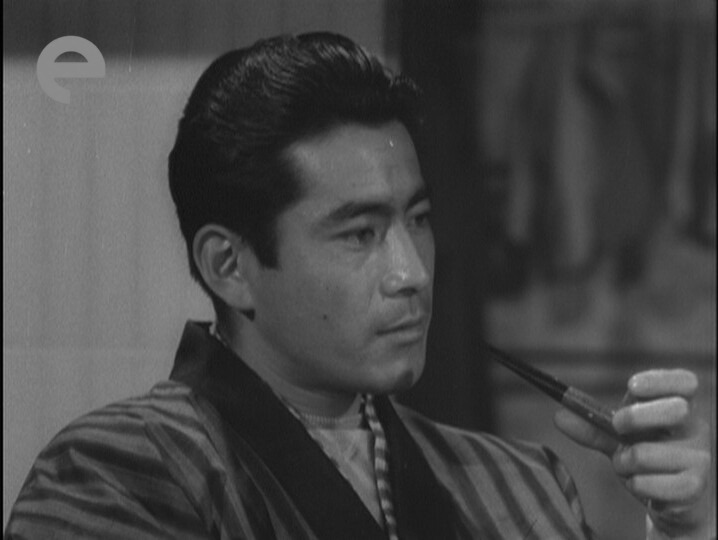 | 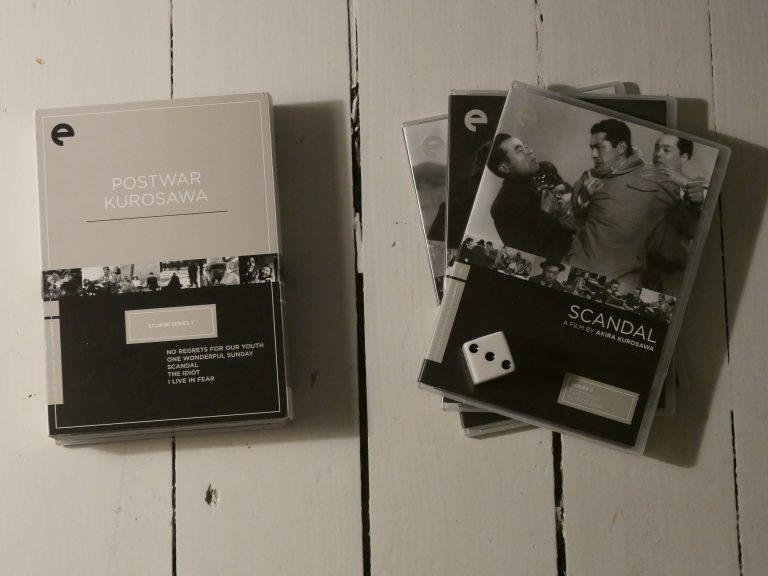 |
| The Steel Helmet Samuel Fuller 1951 | 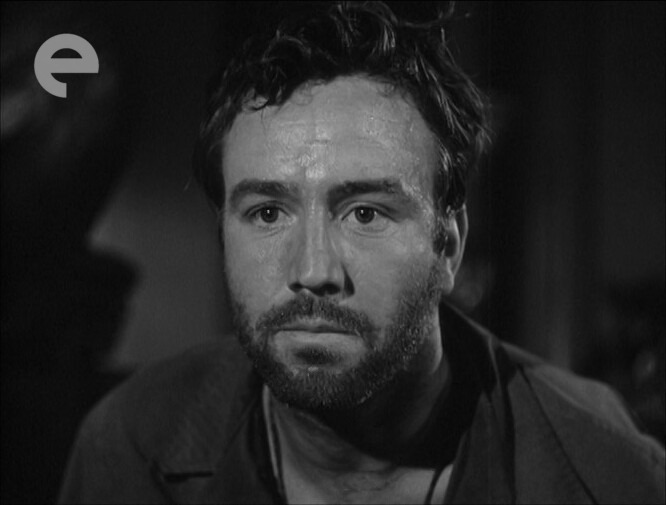 | 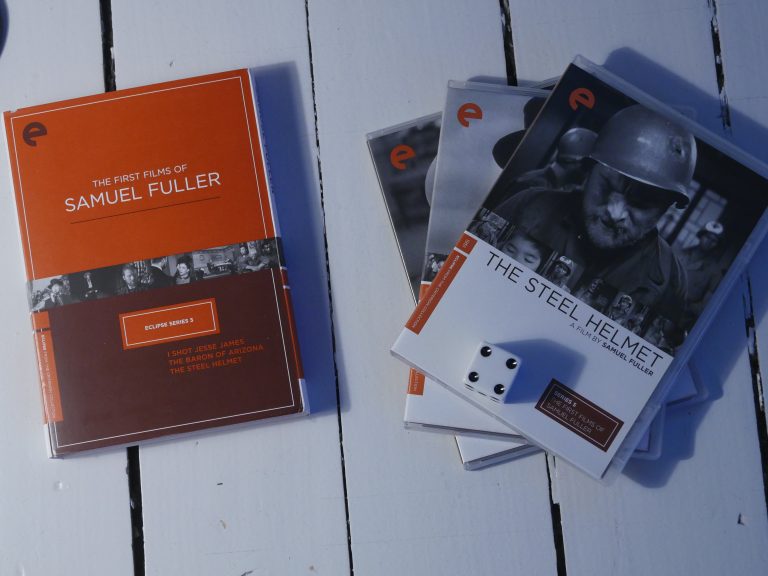 |
| I figli di nessuno (Nobody’s Children) Raffaello Matarazzo 1951 | 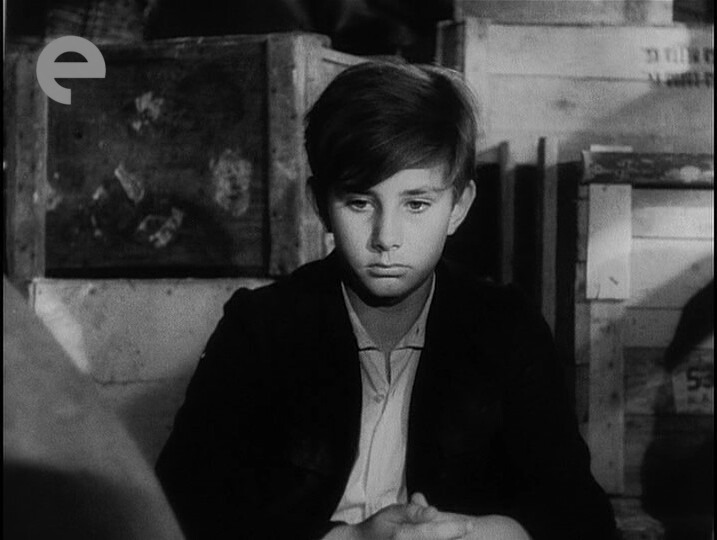 | 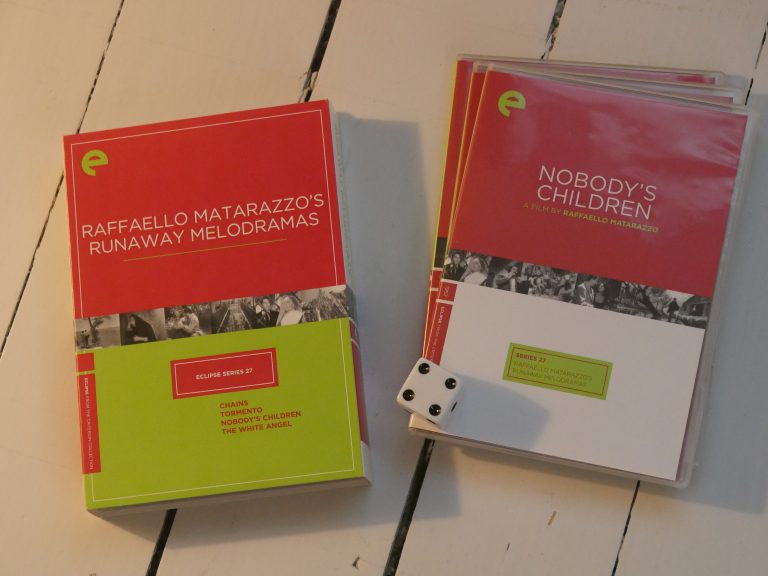 |
| 白痴 (The Idiot) Akira Kurosawa 1951 | 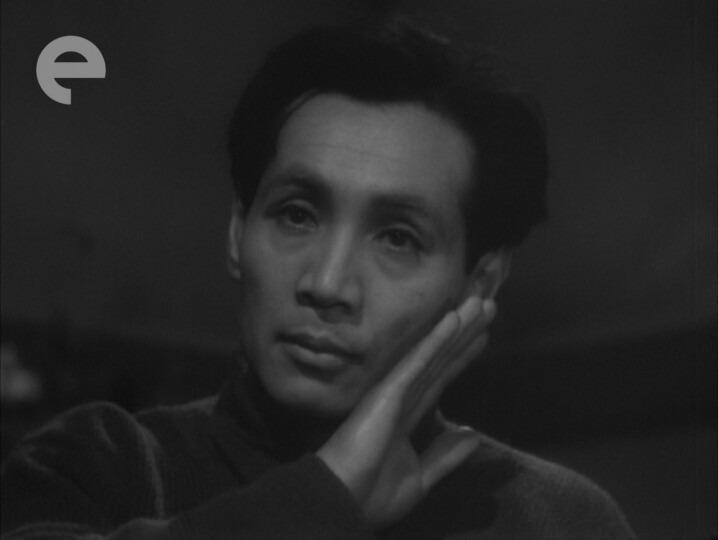 | 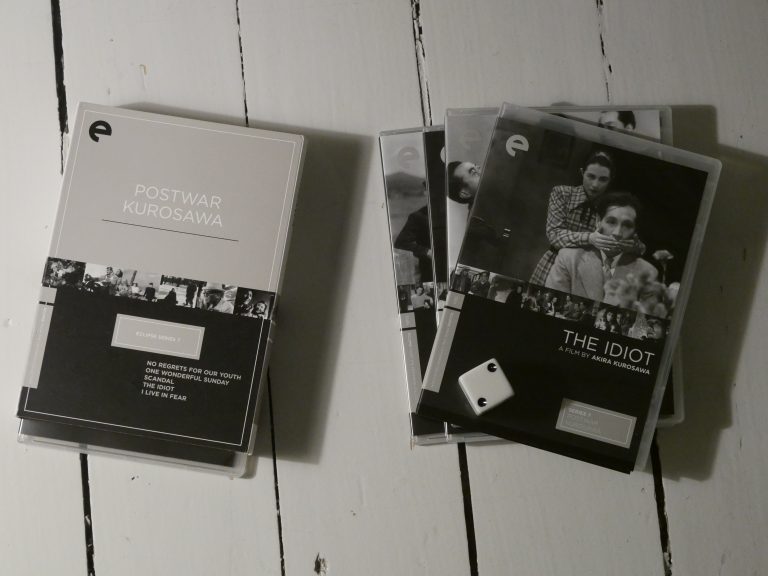 |
| Androcles and the Lion Chester Erskine 1952 | 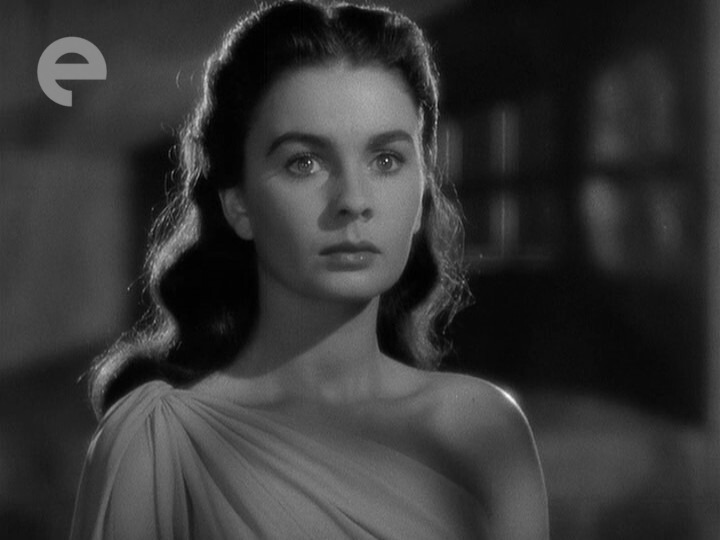 | 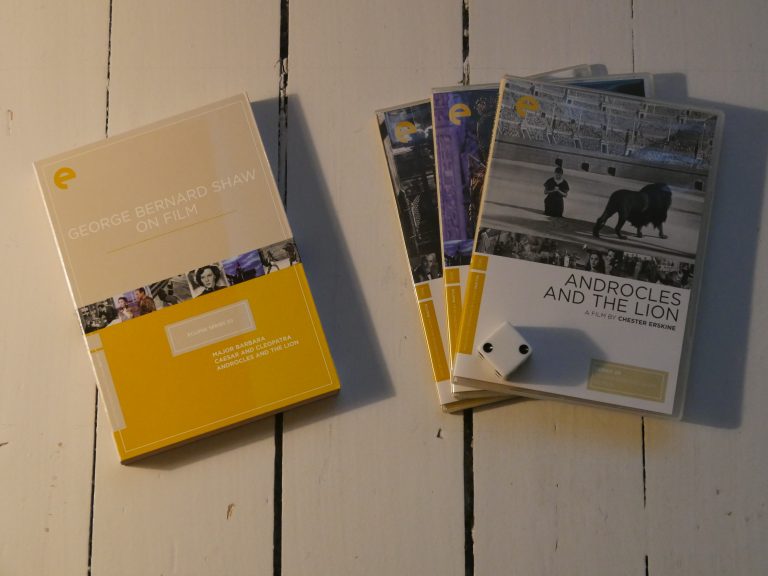 |
| L’angelo bianco (The White Angel) Raffaello Matarazzo 1955 | 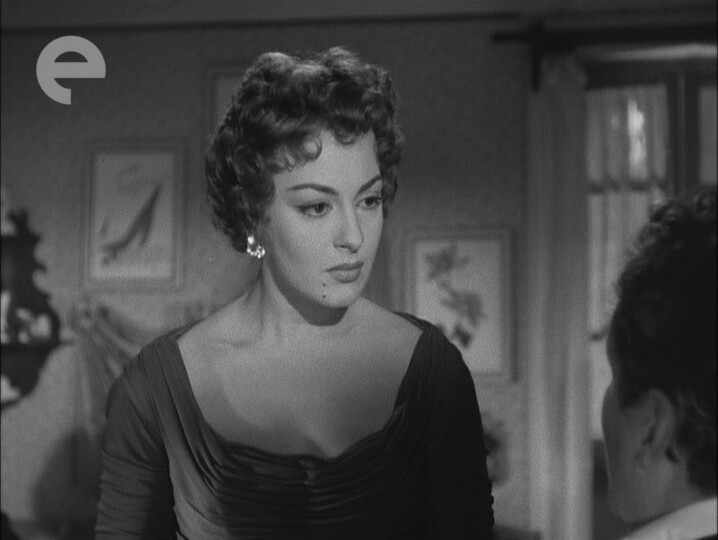 | 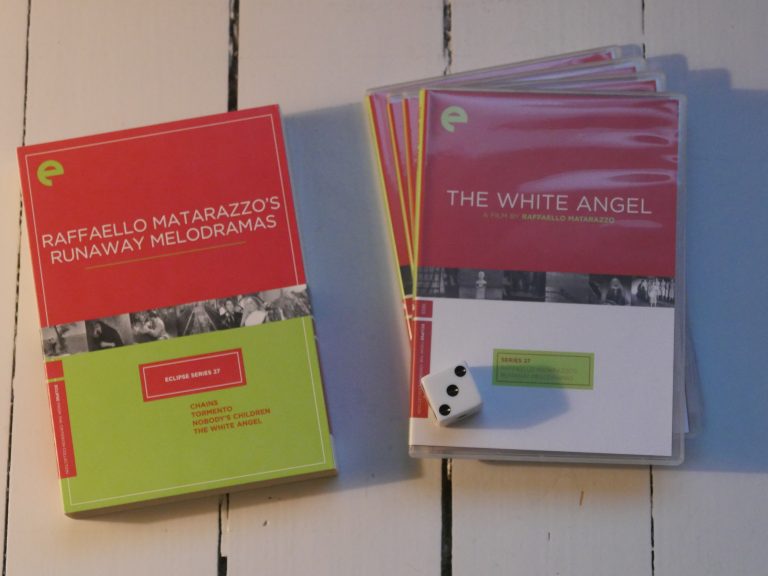 |
| 生きものの記録 (I Live In Fear) Akira Kurosawa 1955 | 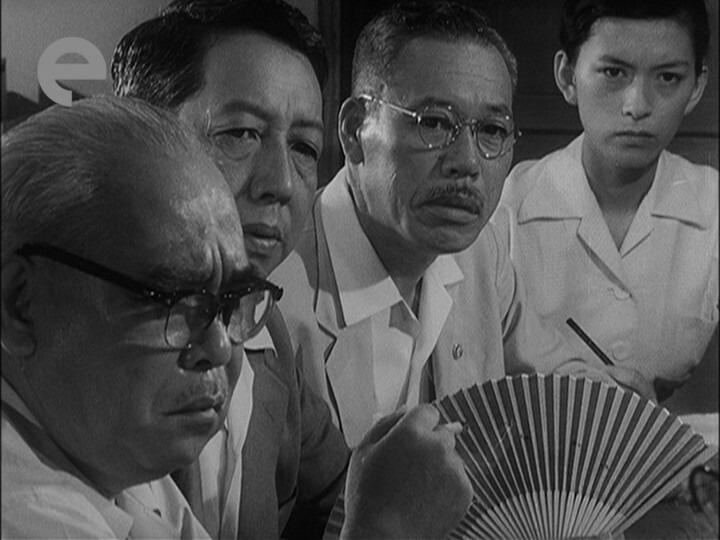 | 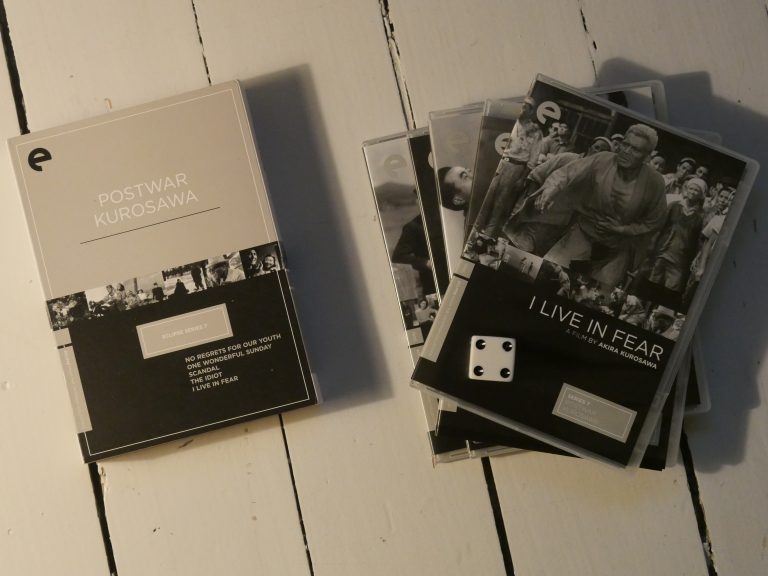 |
| 壁あつき部屋 (The Thick-Walled Room) Masaki Kobayashi 1956 | 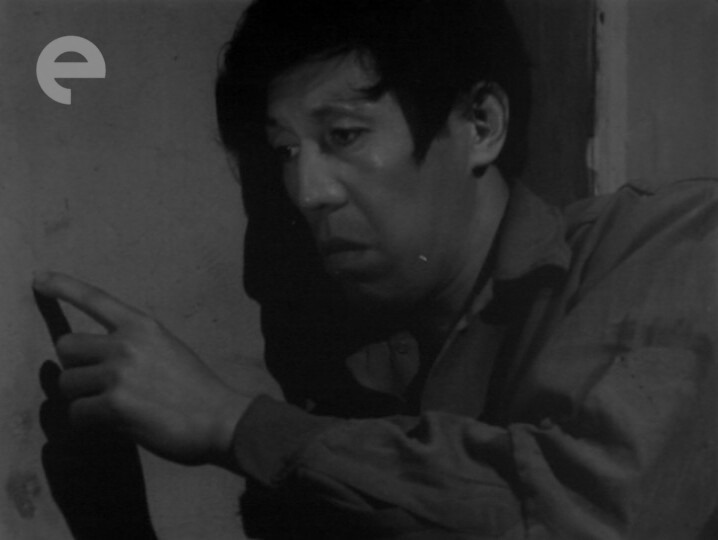 | 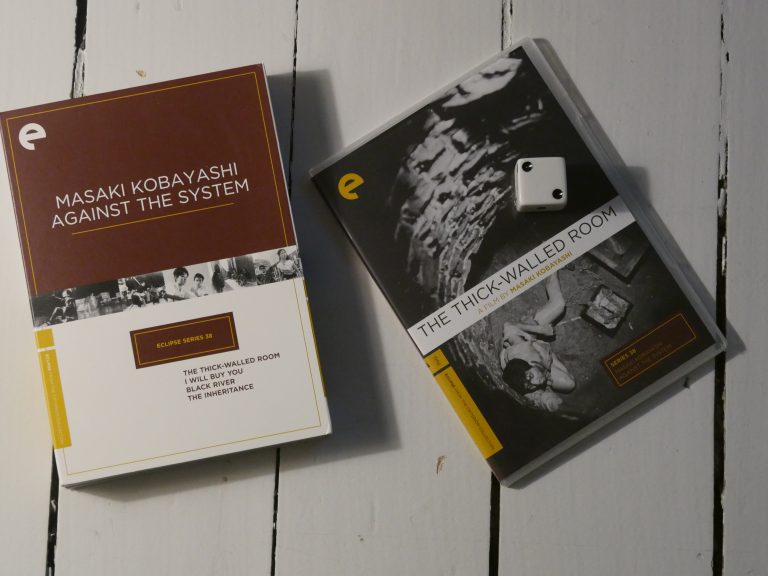 |
| あなた買います (I Will Buy You) Masaki Kobayashi 1956 | 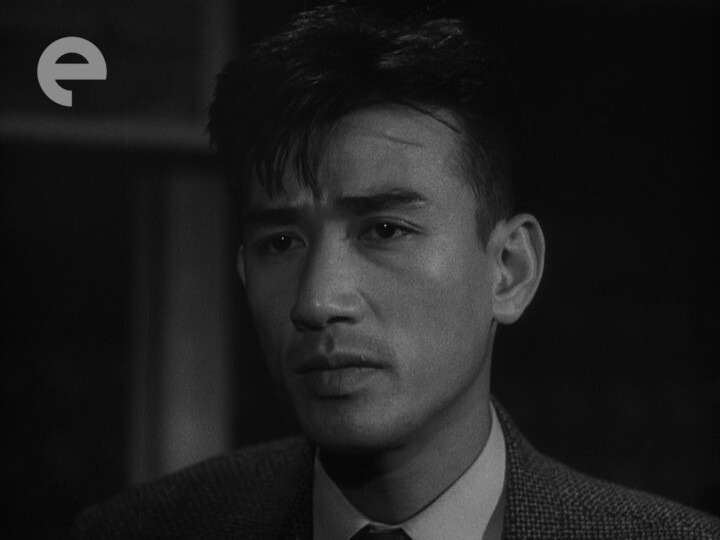 | 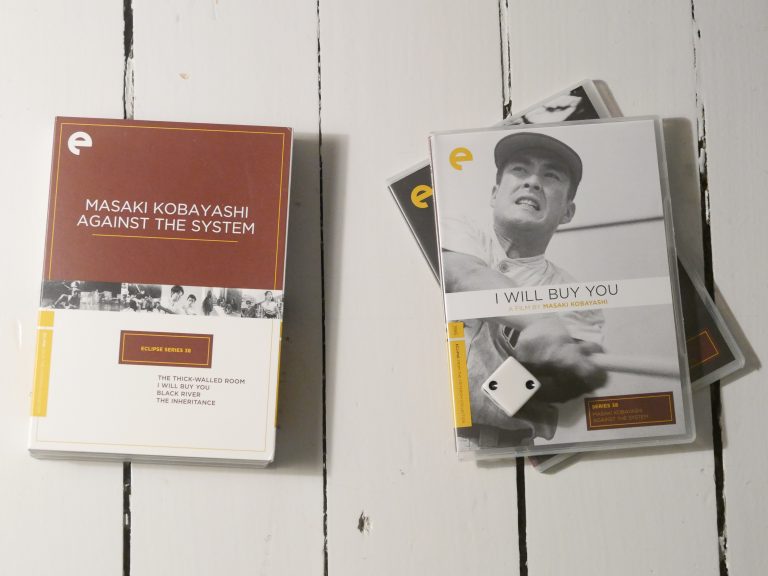 |
| 早春 (Early Spring) Yasujirô Ozu 1956 | 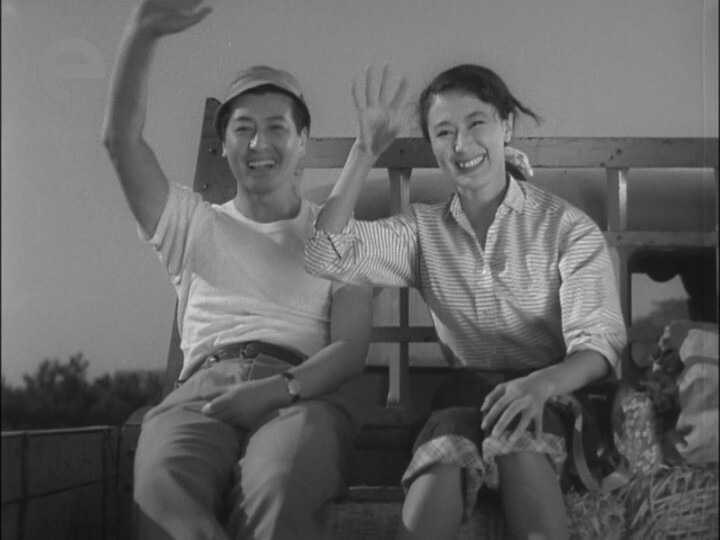 | 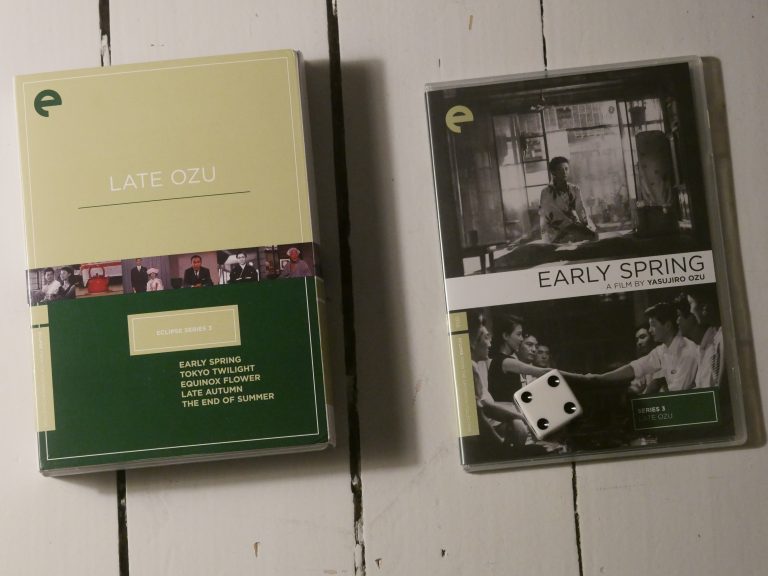 |
| 赤線地帯 (Street of Shame) Kenji Mizoguchi 1956 | 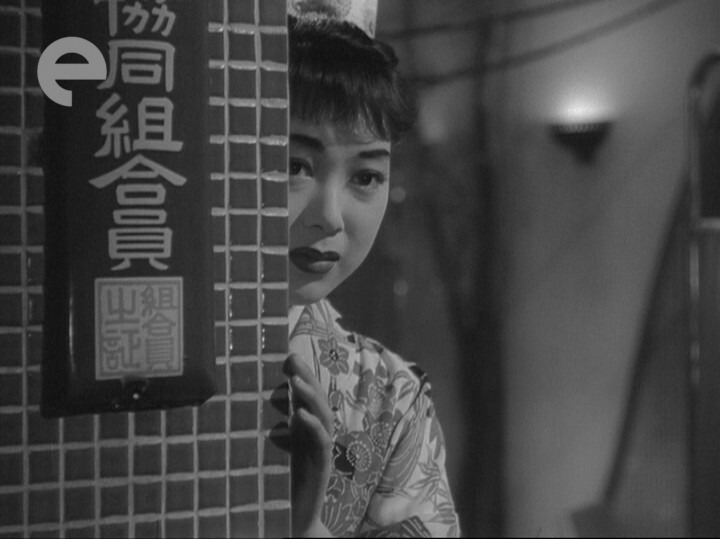 | 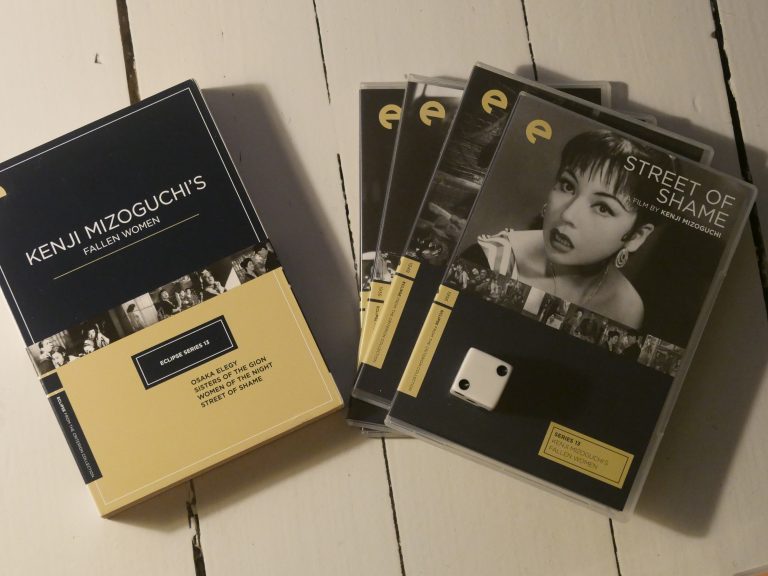 |
| 俺は待ってるぜ (I Am Waiting) Koreyoshi Kurahara 1957 | 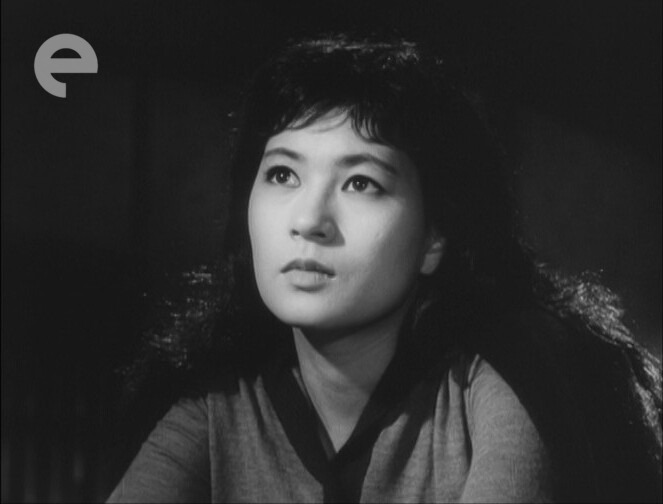 | 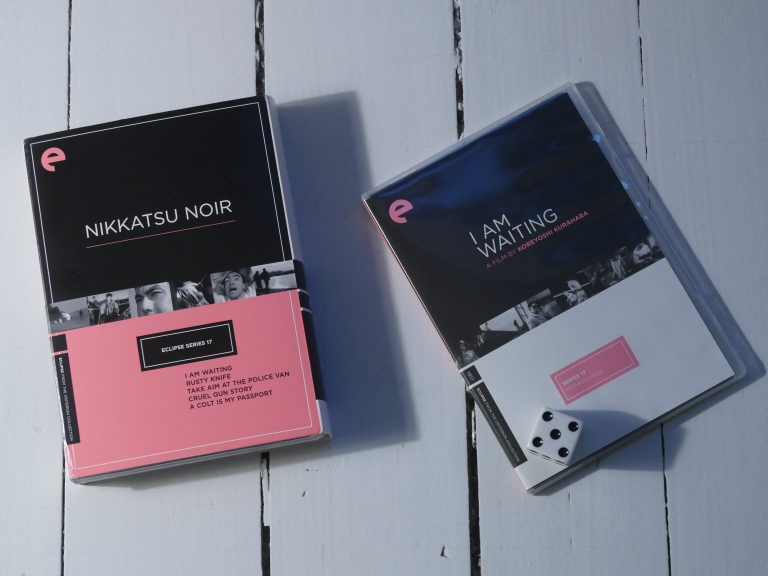 |
| 黒い河 (Black River) Masaki Kobayashi 1957 | 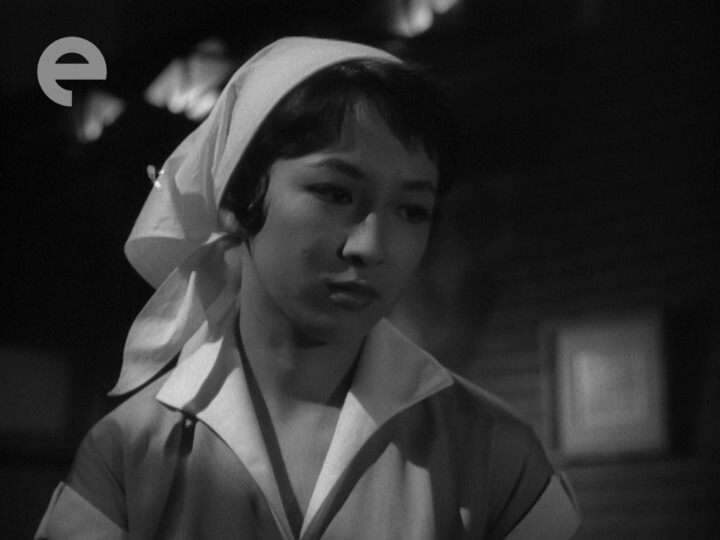 | 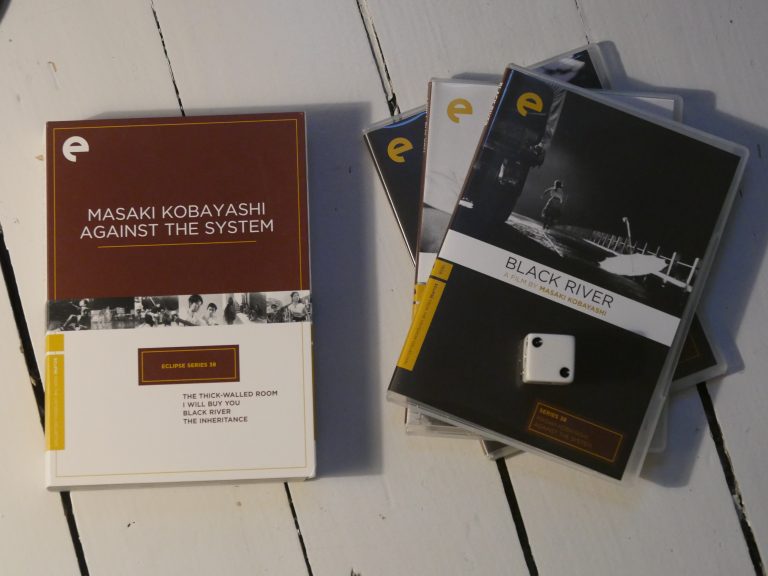 |
| 東京暮色 (Tokyo Twilight) Yasujirô Ozu 1957 | 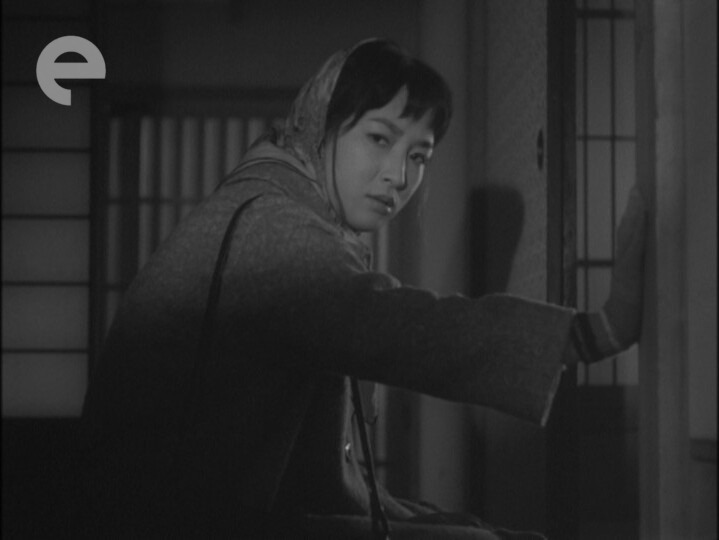 | 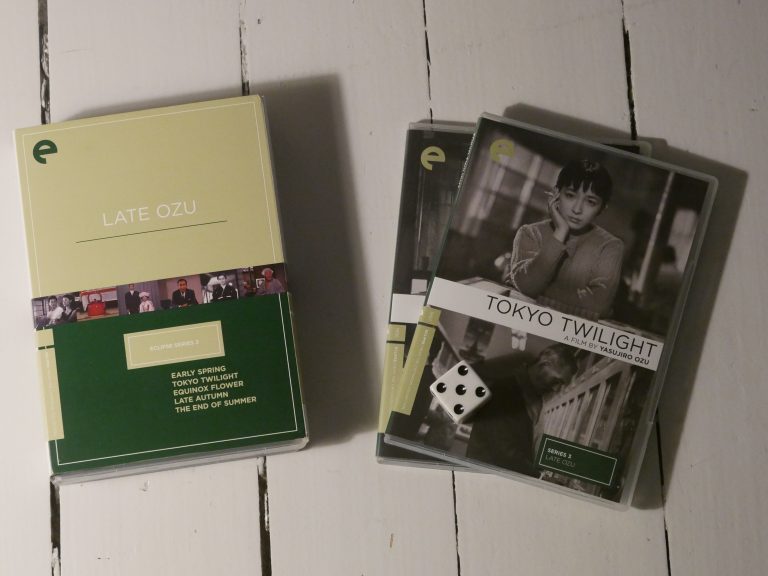 |
| 錆びたナイフ (Rusty Knife) Toshio Masuda 1958 | 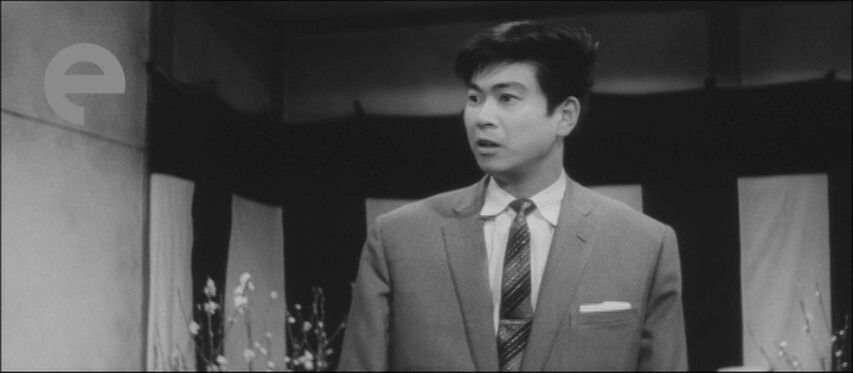 | 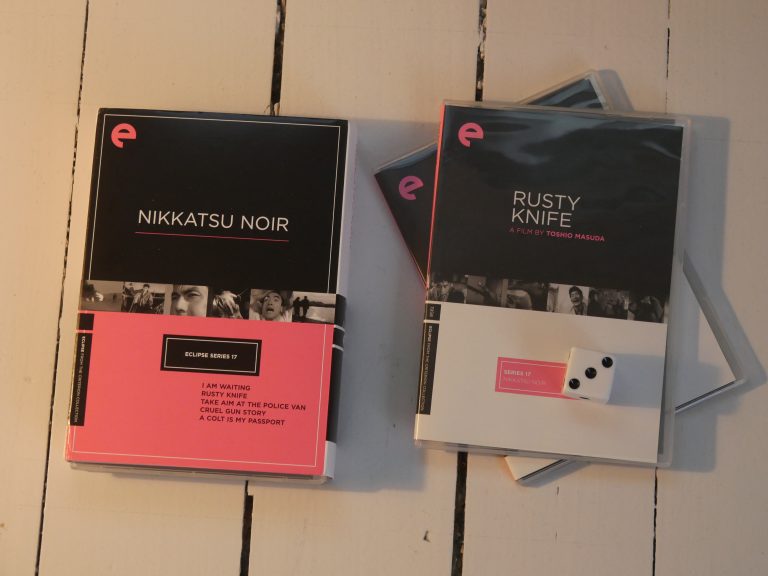 |
| 彼岸花 (Equinox Flower) Yasujirô Ozu 1958 | 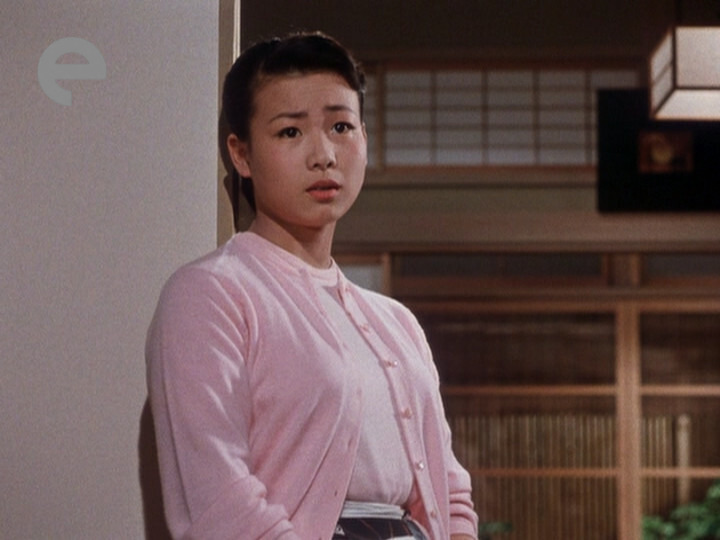 | 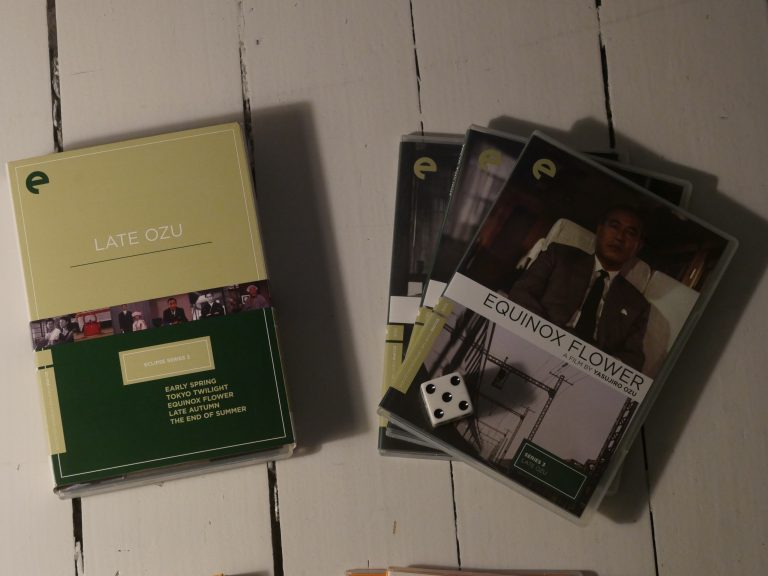 |
| Sapphire Basil Dearden 1959 | 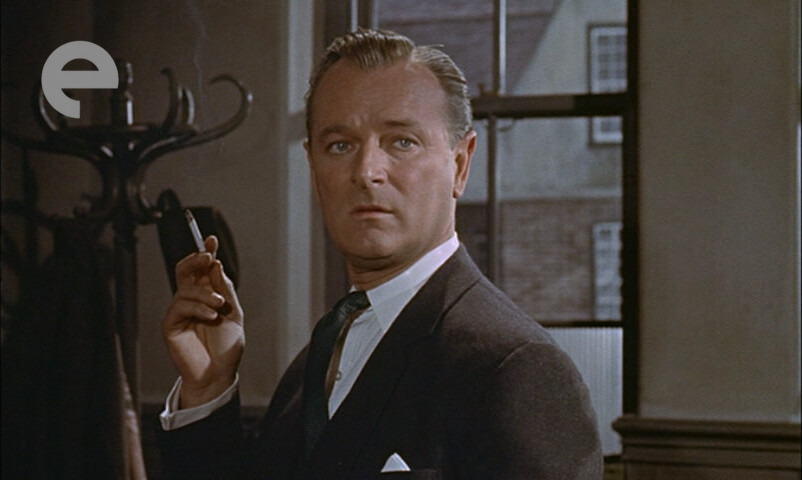 | 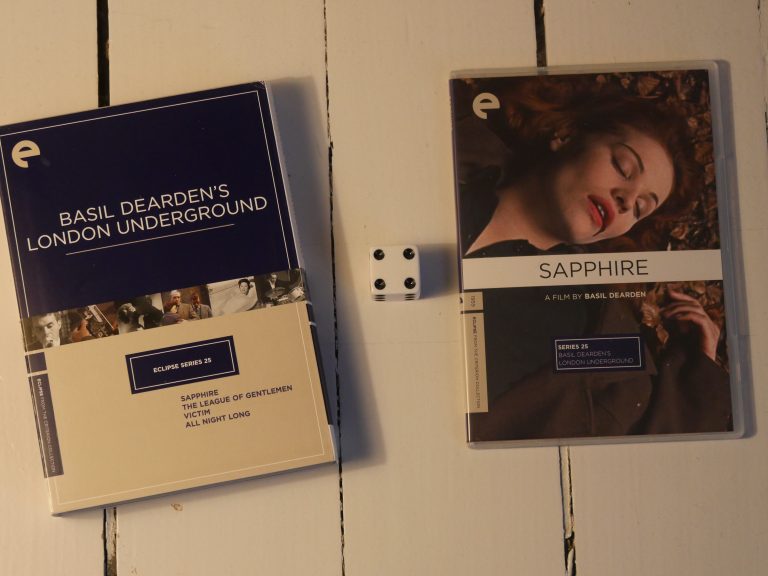 |
| The League of Gentlemen Basil Dearden 1960 | 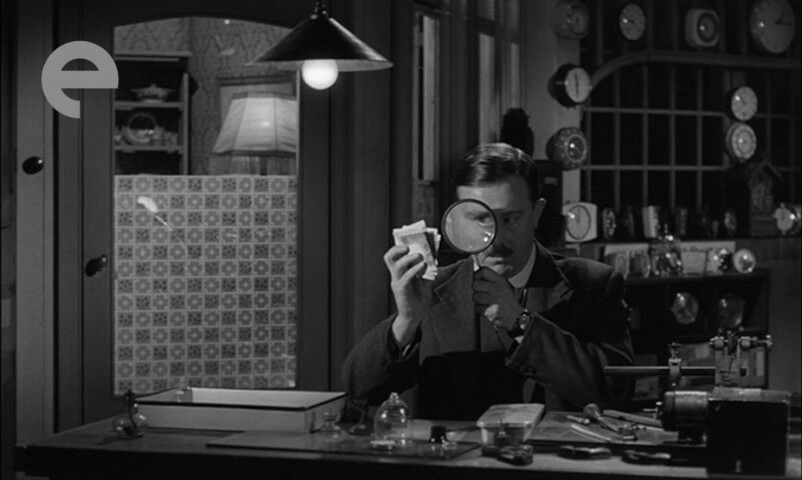 | 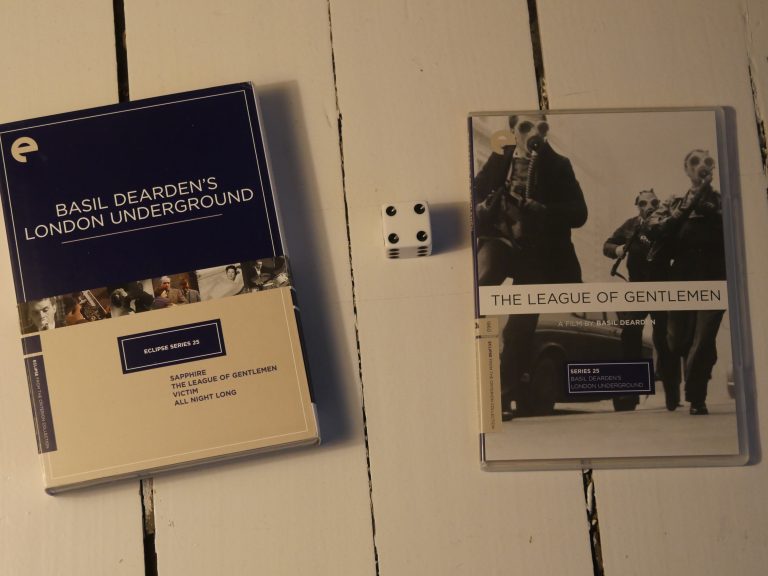 |
| ある脅迫 (Intimidation) Koreyoshi Kurahara 1960 | 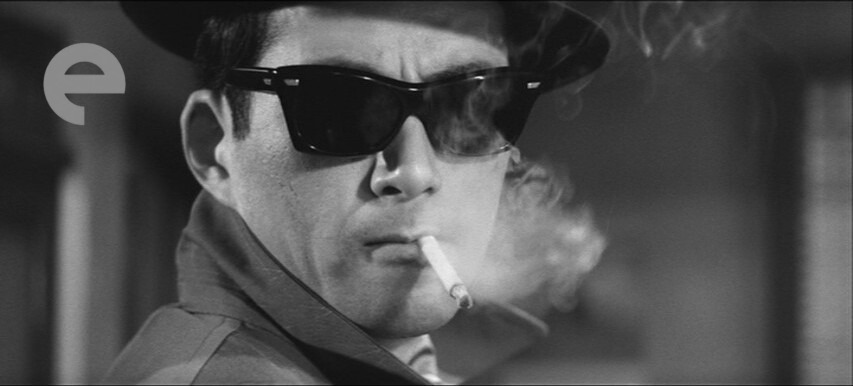 | 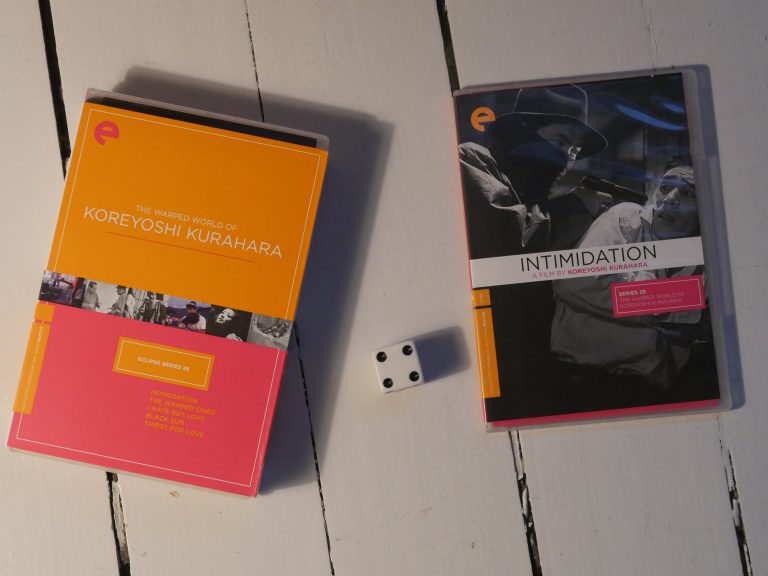 |
| 狂熱の季節 (The Warped Ones) Koreyoshi Kurahara 1960 | 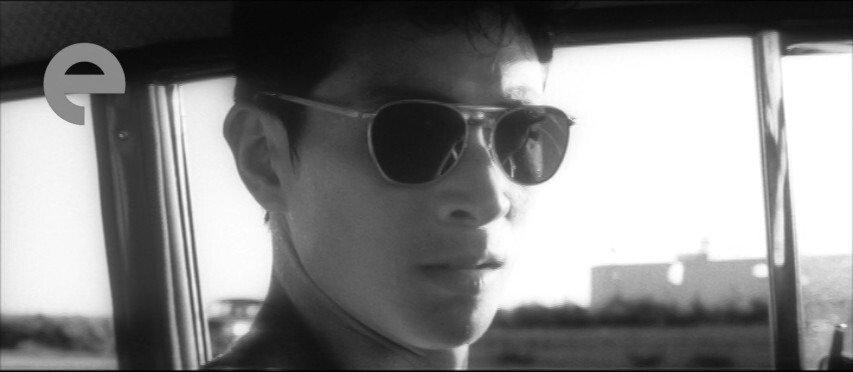 | 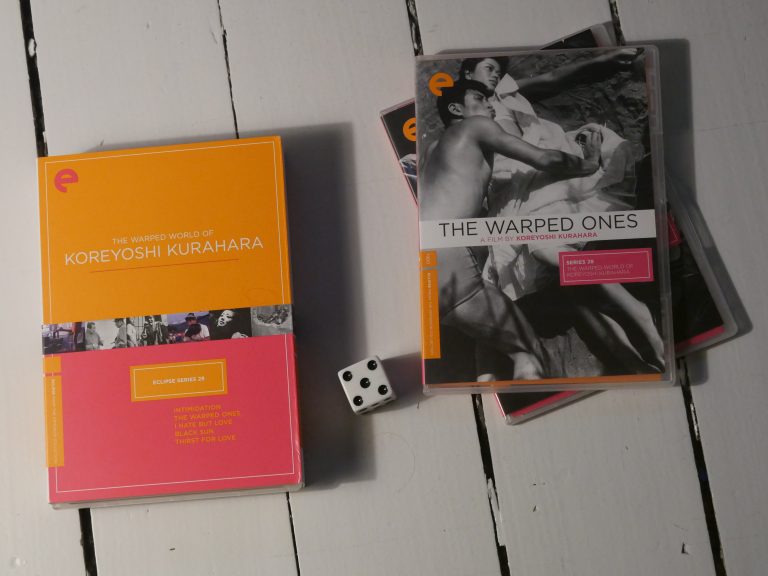 |
| ‘十三号待避線’より その護送車を狙え (Take Aim At The Police Van) Seijun Suzuki 1960 | 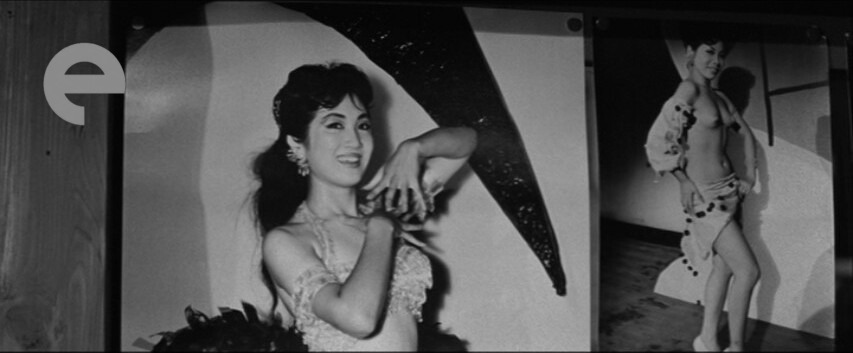 | 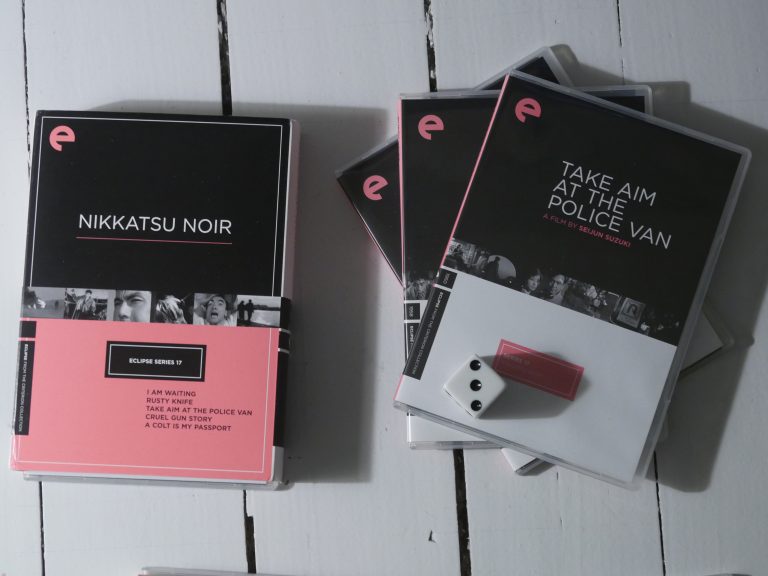 |
| 秋日和 (Late Autumn) Yasujirô Ozu 1960 | 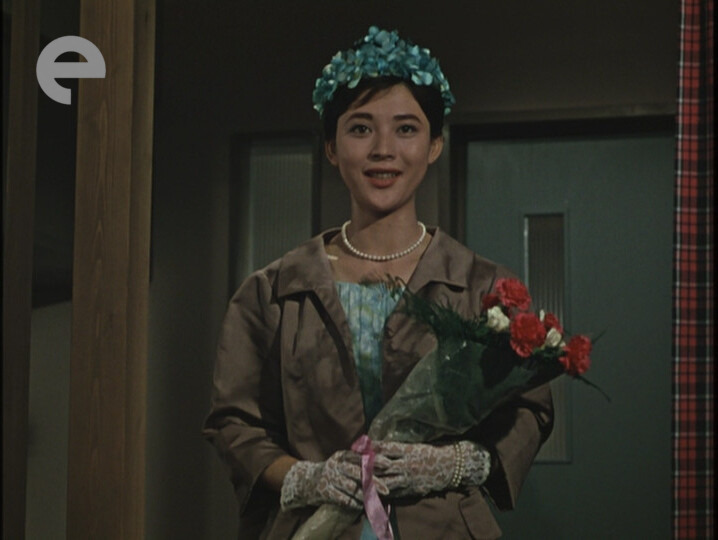 | 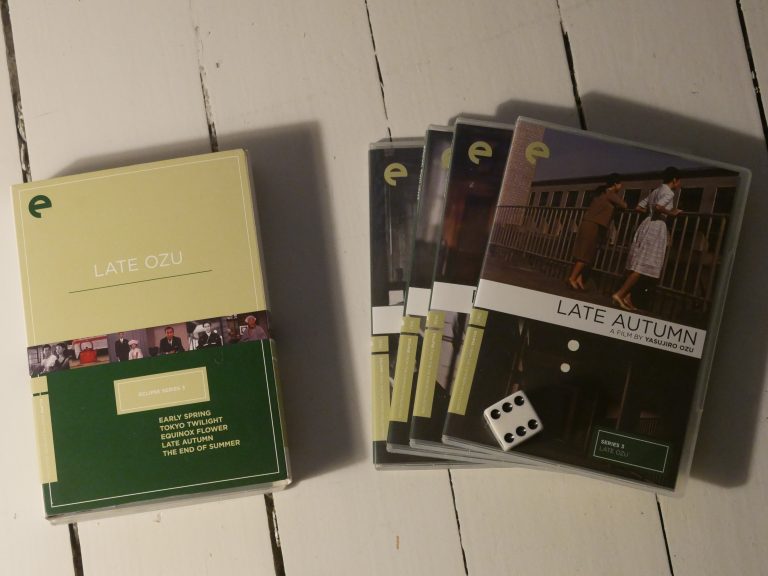 |
| 小早川家の秋 (The End of Summer) Yasujirô Ozu 1961 | 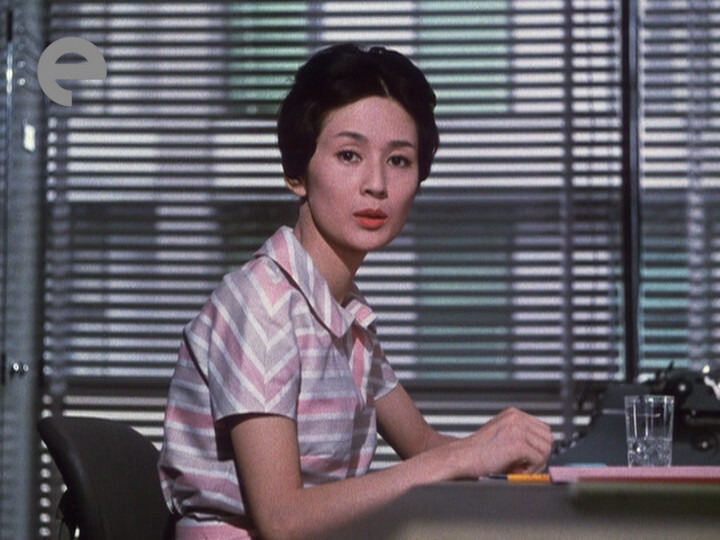 | 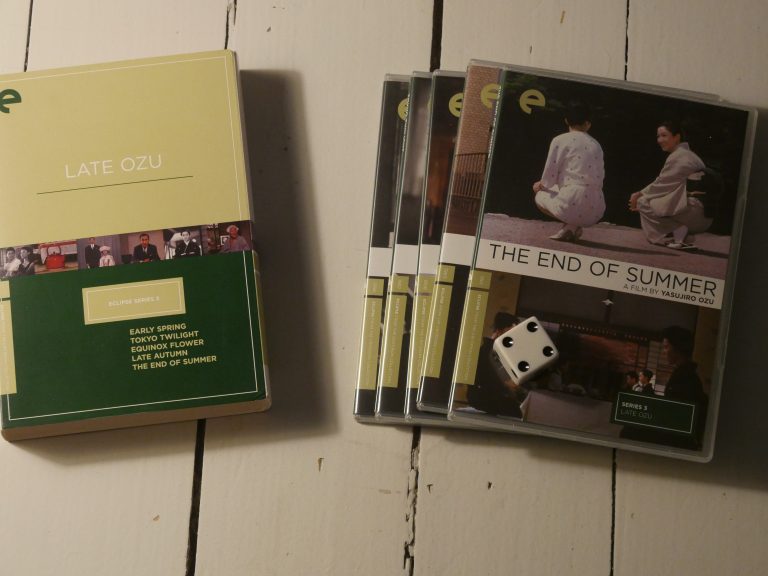 |
| All Night Long Basil Dearden 1962 | 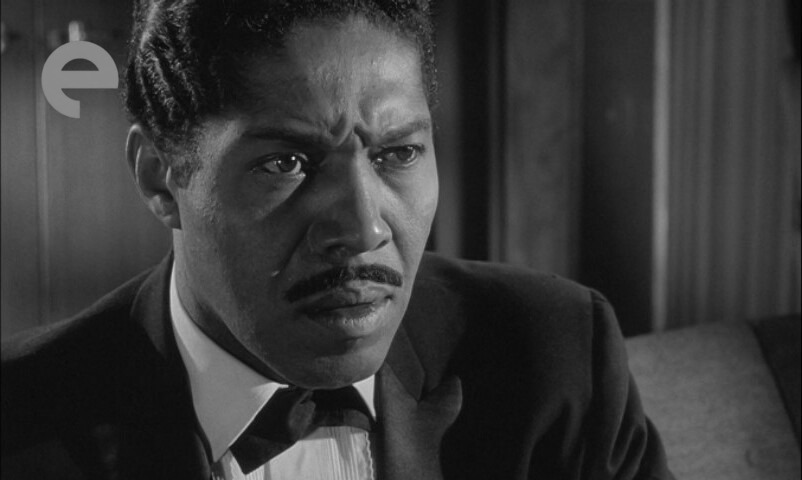 | 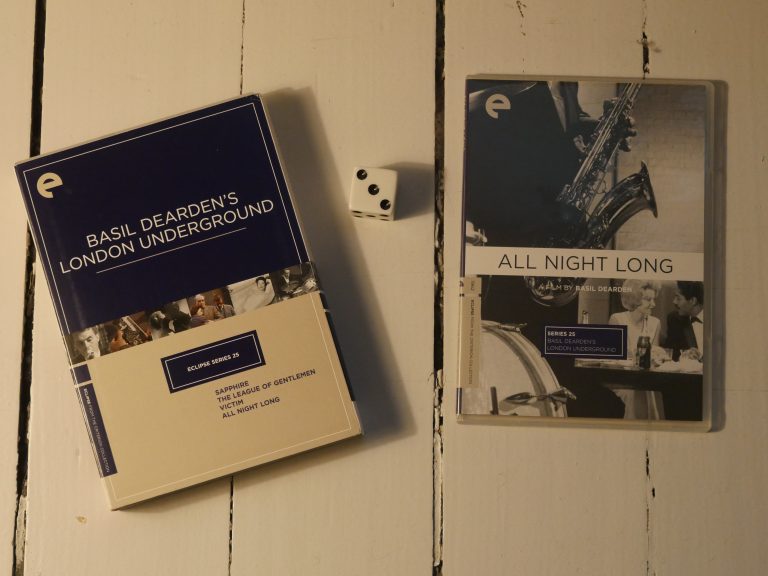 |
| 憎いあンちくしょう (I Hate But Love) Koreyoshi Kurahara 1962 | 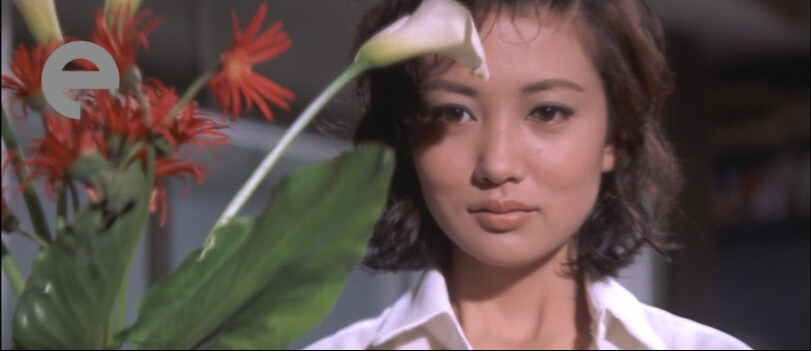 | 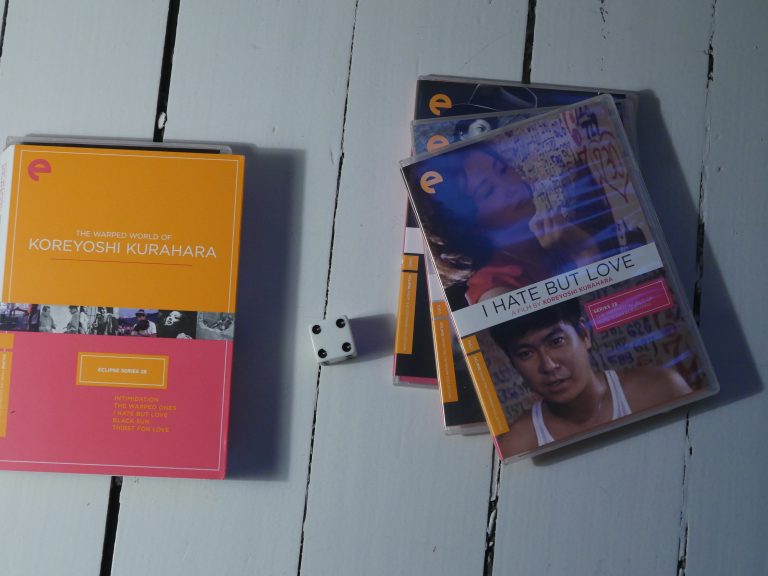 |
| Vive le Tour! Louis Malle 1962 | 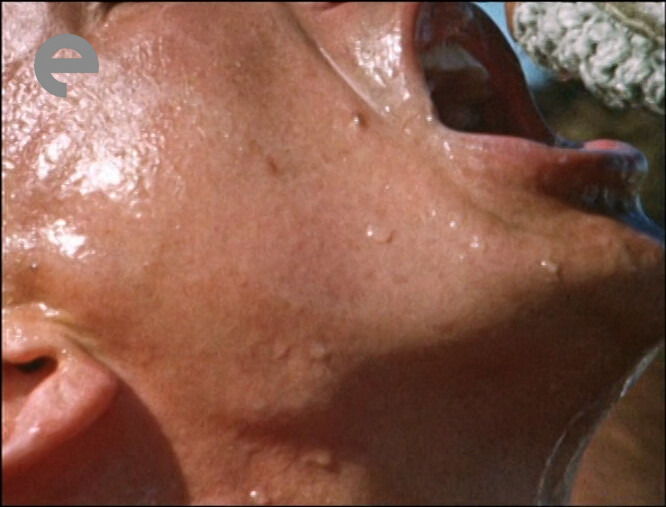 | 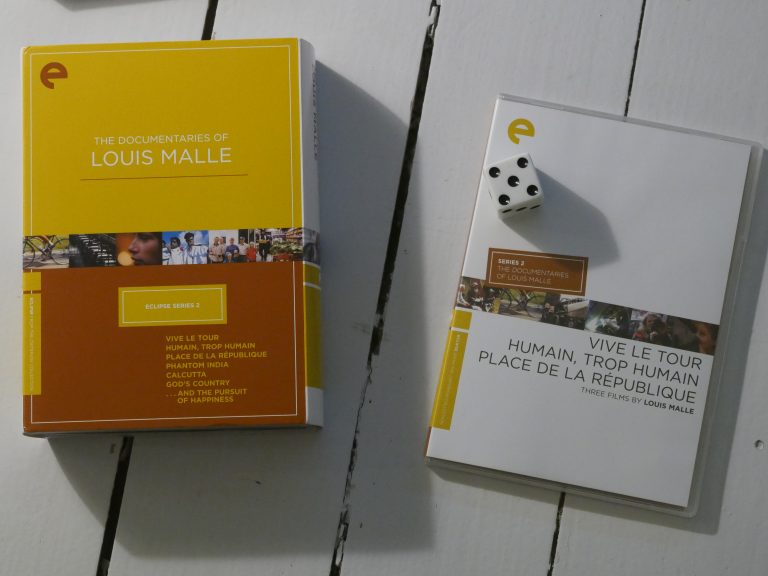 |
| からみ合い (The Inheritance) Masaki Kobayashi 1962 | 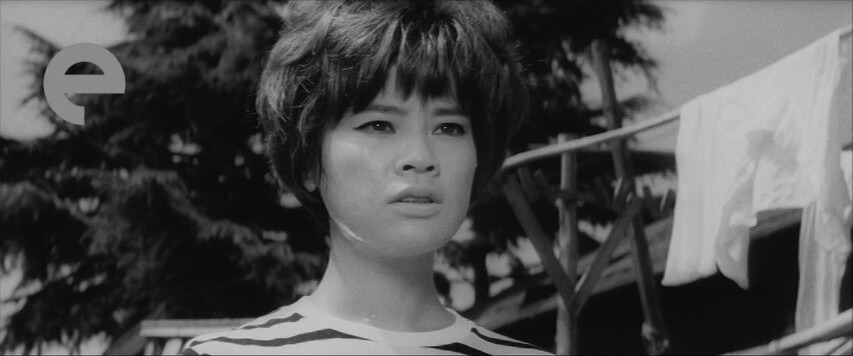 | 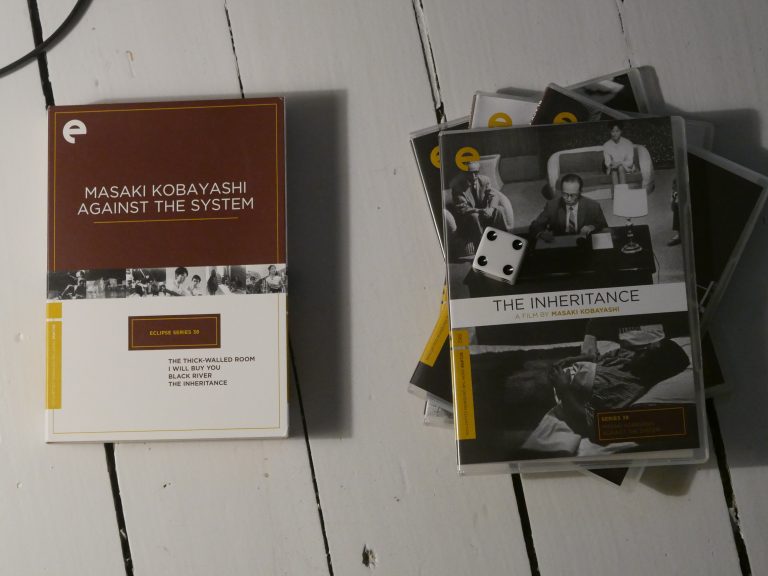 |
| Babo 73 Robert Downey Sr 1964 | 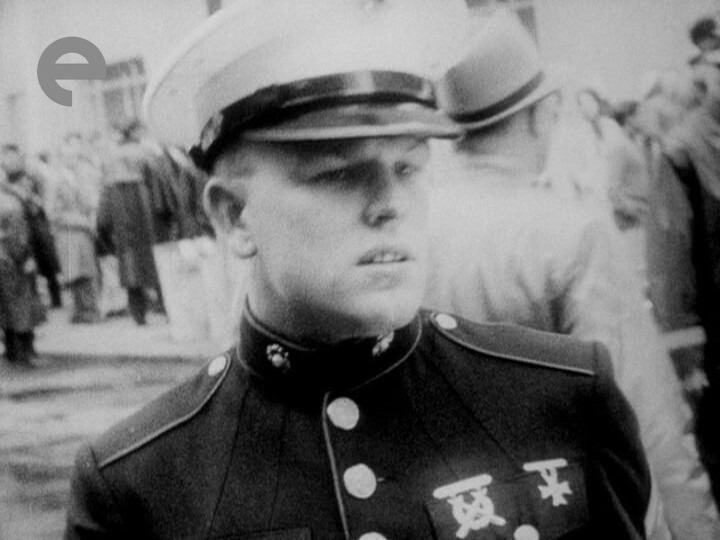 | 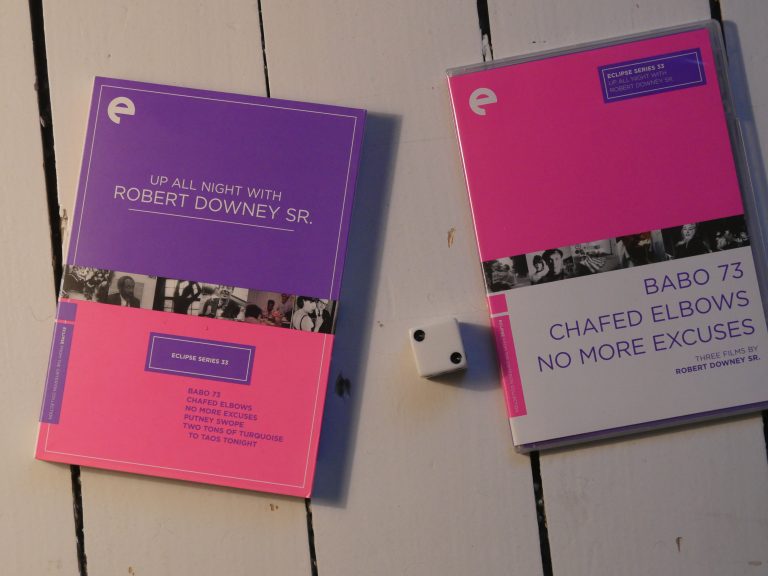 |
| 黒い太陽 (Black Sun) Koreyoshi Kurahara 1964 | 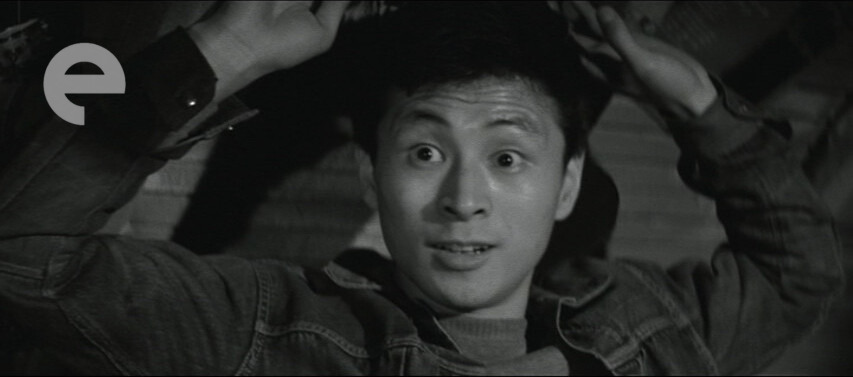 | 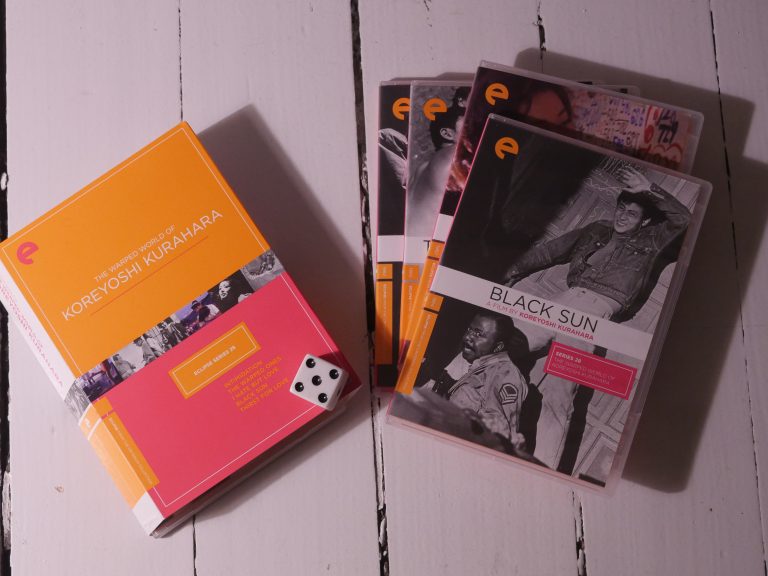 |
| 拳銃残酷物語 (Cruel Gun Story) Takumi Furukawa 1964 | 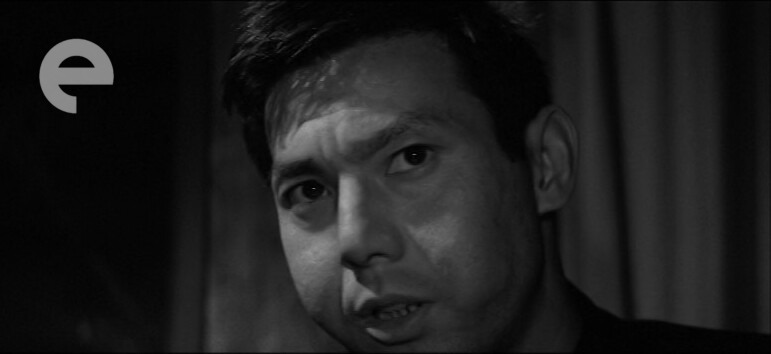 | 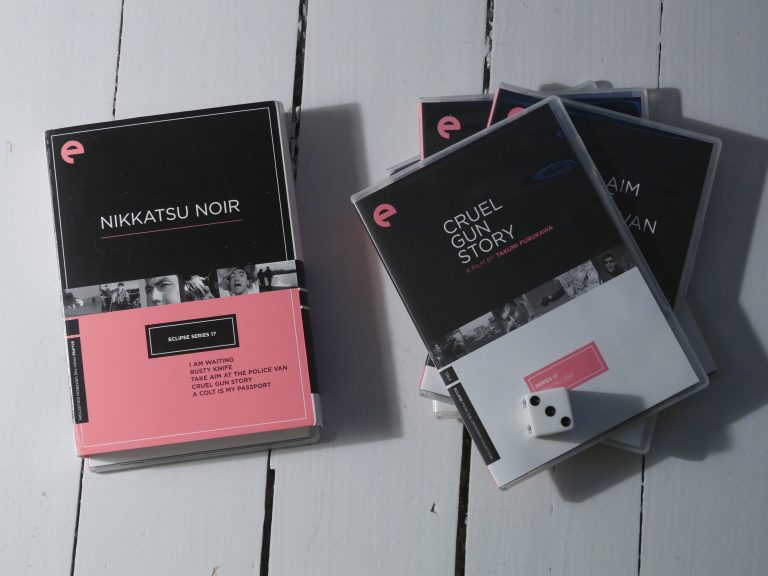 |
| 悦楽 (Pleasures of the Flesh) Nagisa Ôshima 1965 | 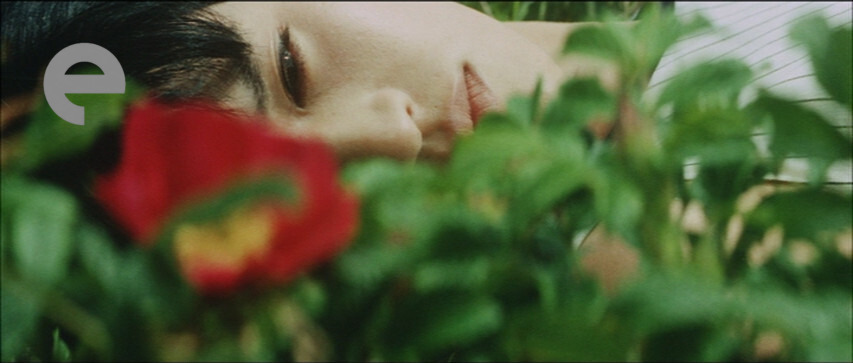 | 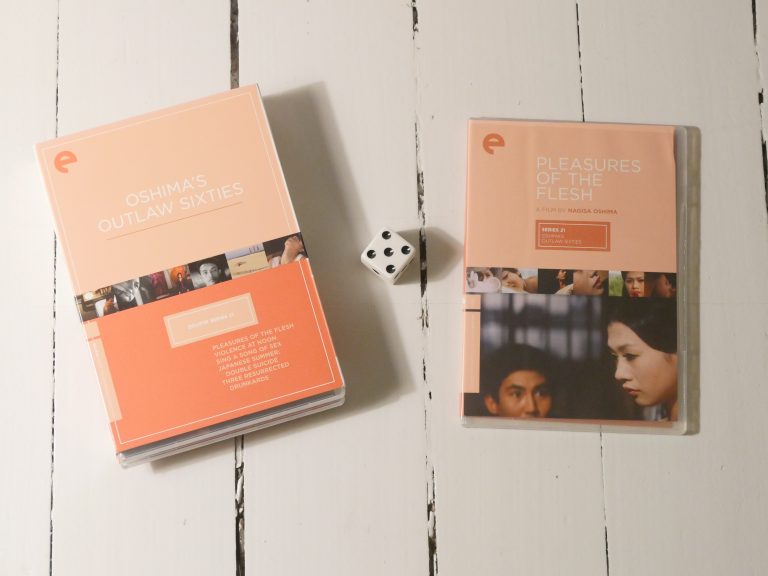 |
| Perličky na dně (Pearls of the Deep) Vera Chytilová, Jaromil Jires, Jirí Menzel, Jan Nemec, Evald Schorm 1965 | 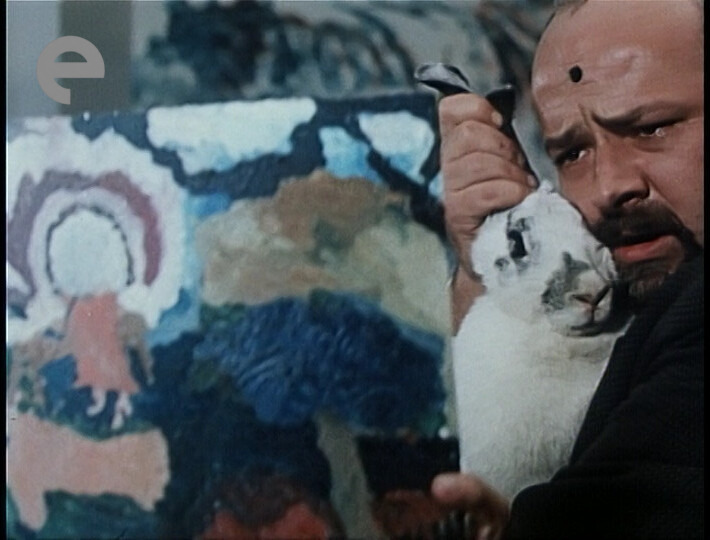 | 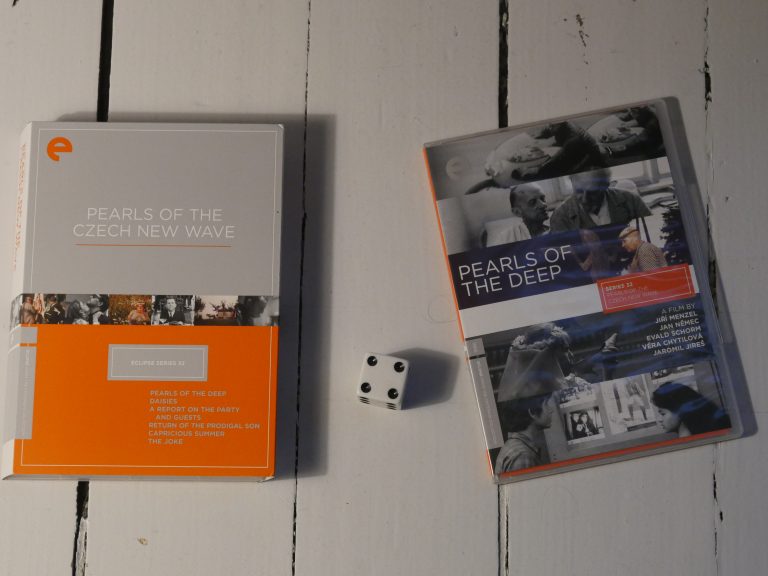 |
| Čovek nije ptica (Man is Not a Bird) Dušan Makavejev 1965 | 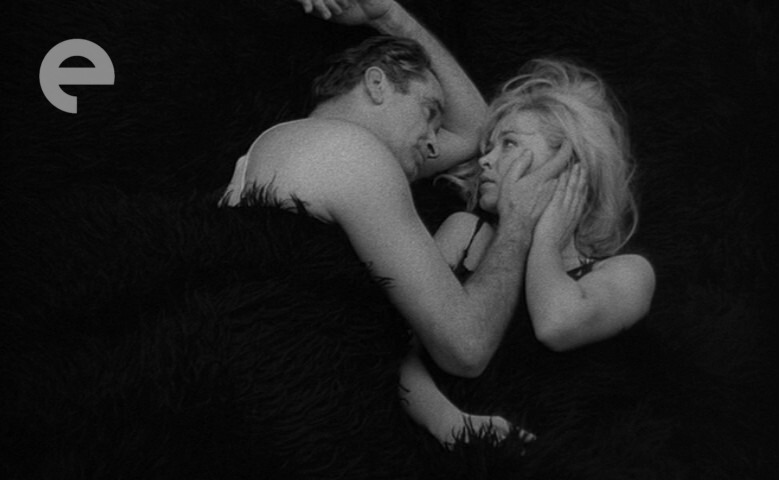 | 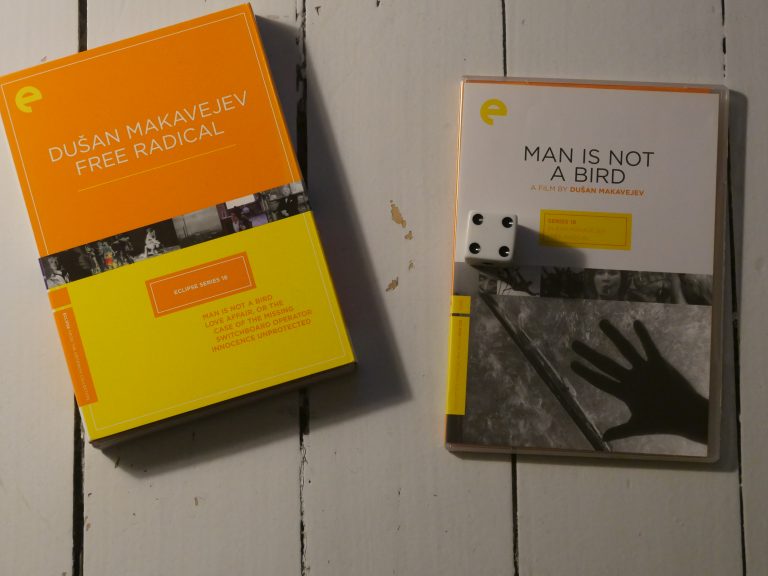 |
| 白昼の通り魔 (Violence at Noon) Nagisa Ôshima 1966 | 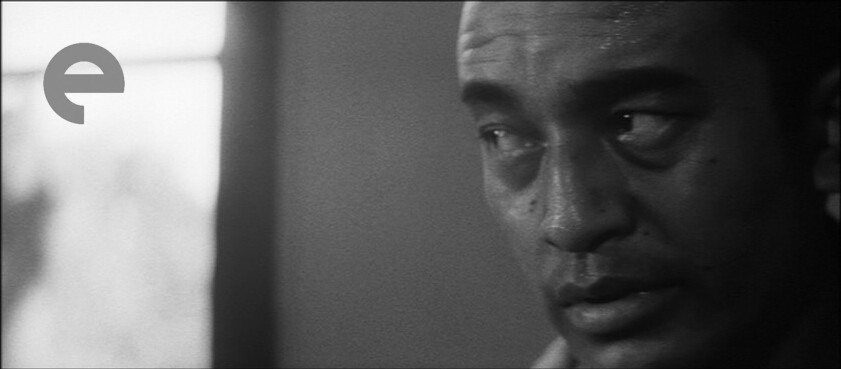 | 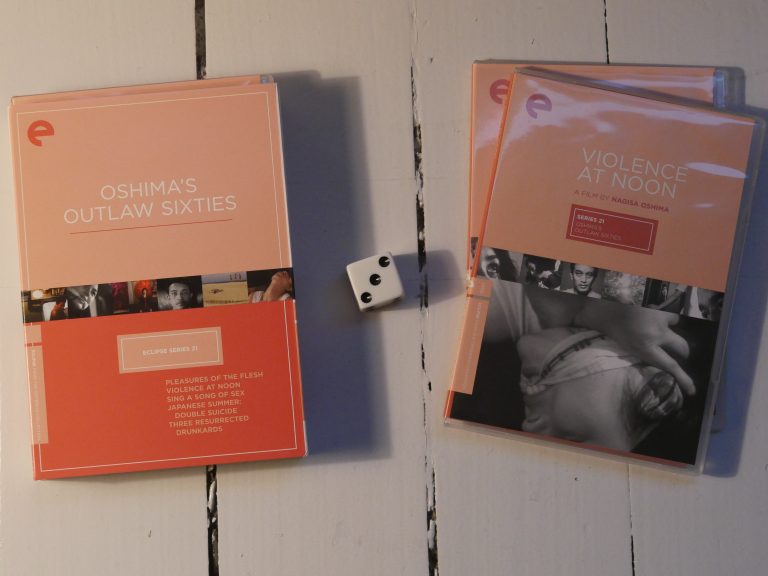 |
| Qui êtes-vous, Polly Maggoo? (Who Are You, Polly Maggoo?) William Klein 1966 | 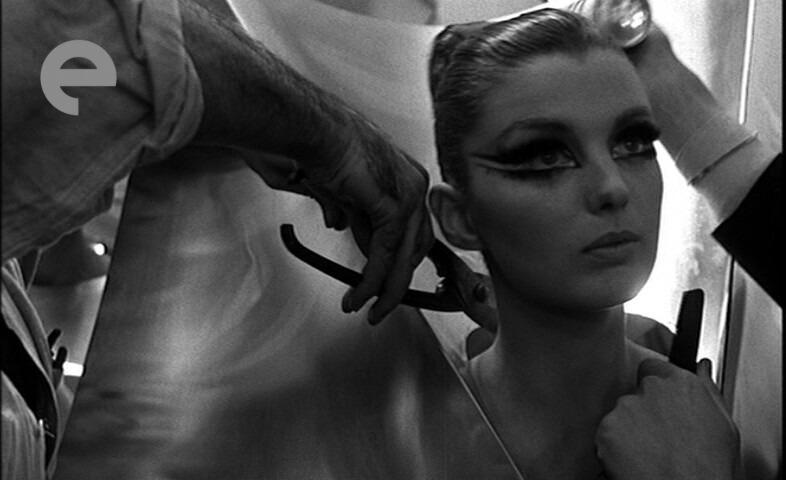 | 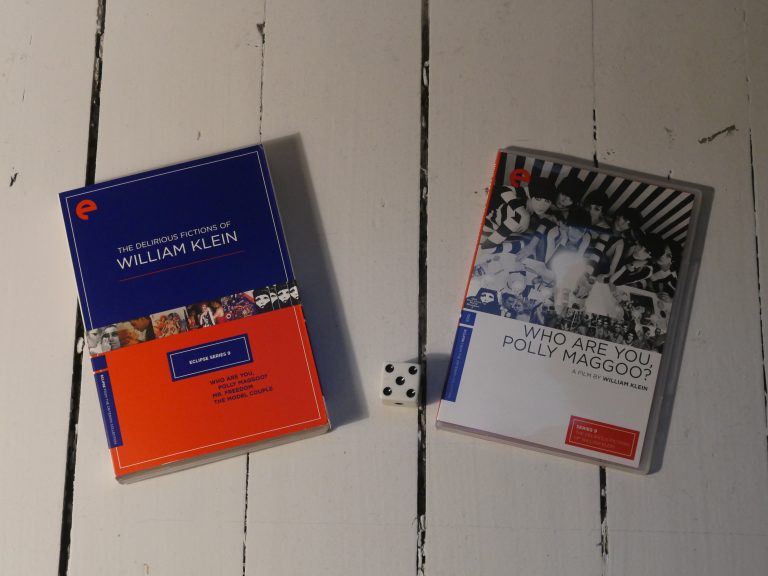 |
| Chafed Elbows Robert Downey Sr 1966 | 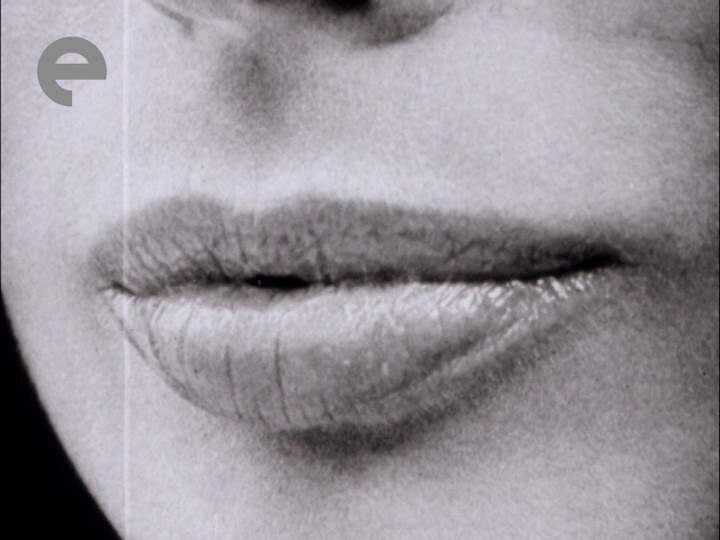 | 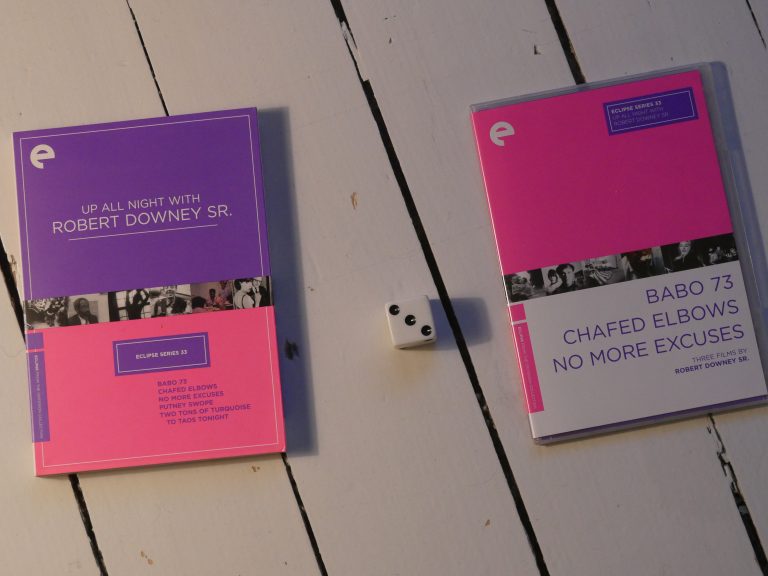 |
| Sedmikrásky (Daisies) Vera Chytilová 1966 | 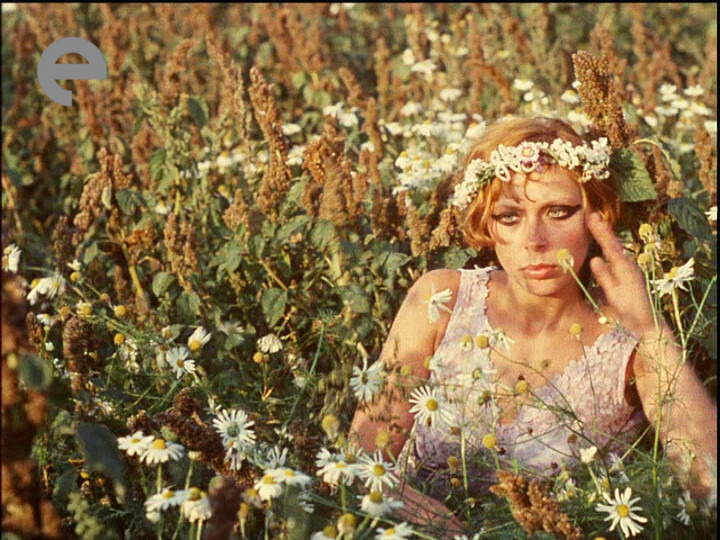 | 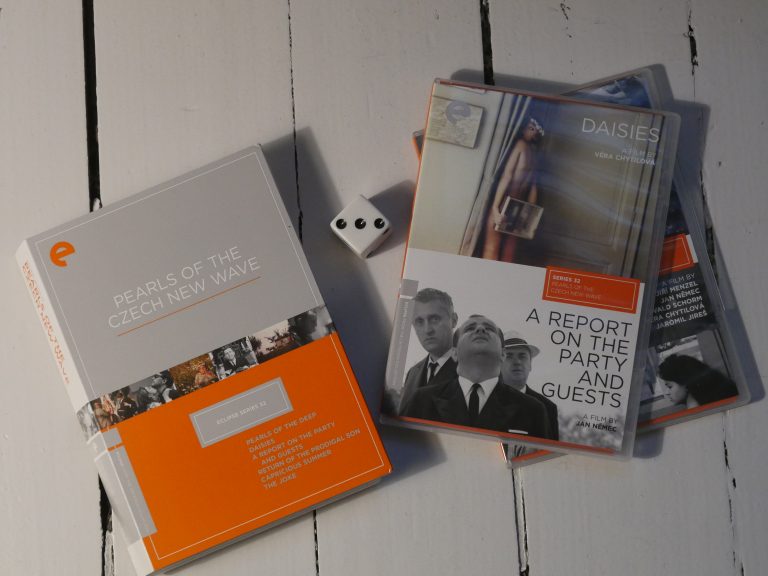 |
| 愛の渇き (Thirst For Love) Koreyoshi Kuraharai 1966 | 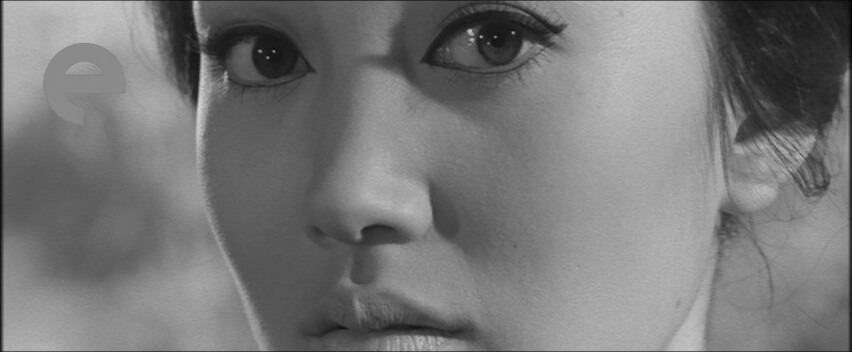 | 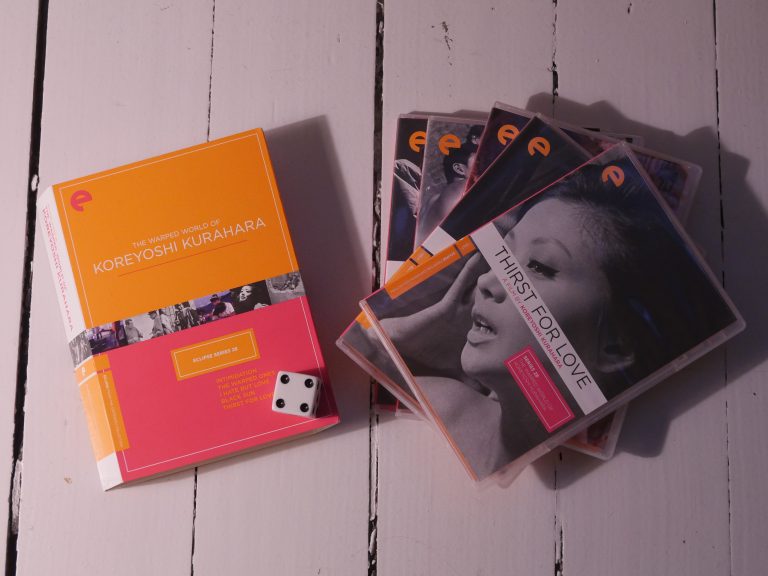 |
| Крылья (Wings) Larisa Shepitko 1966 | 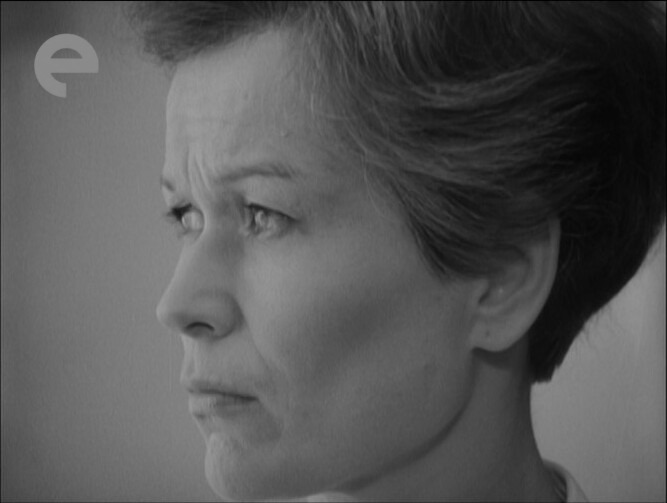 | 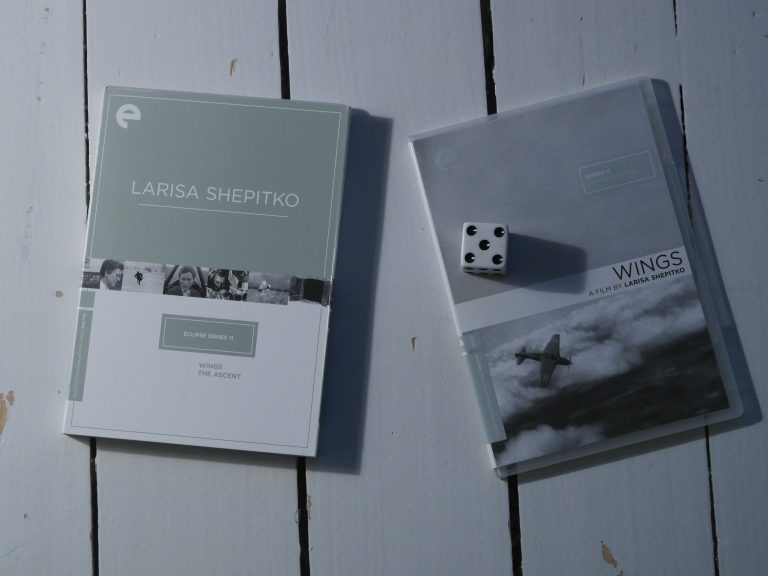 |
| O slavnosti a hostech (A Report on the Party and Guests) Jan Němec 1966 | 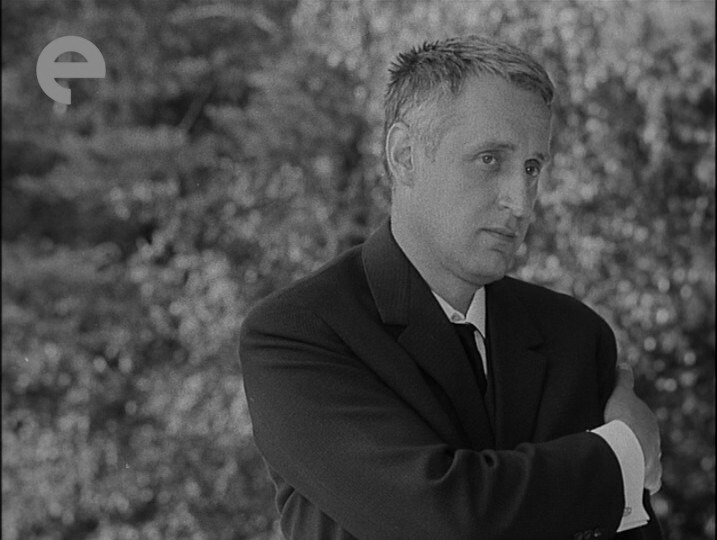 | 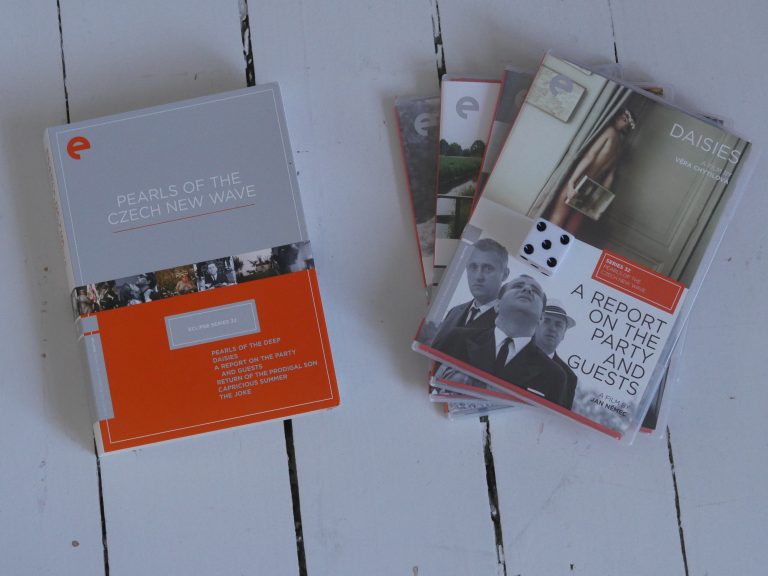 |
| 日本春歌考 (Sing a Song of Sex) Nagisa Ôshima 1967 | 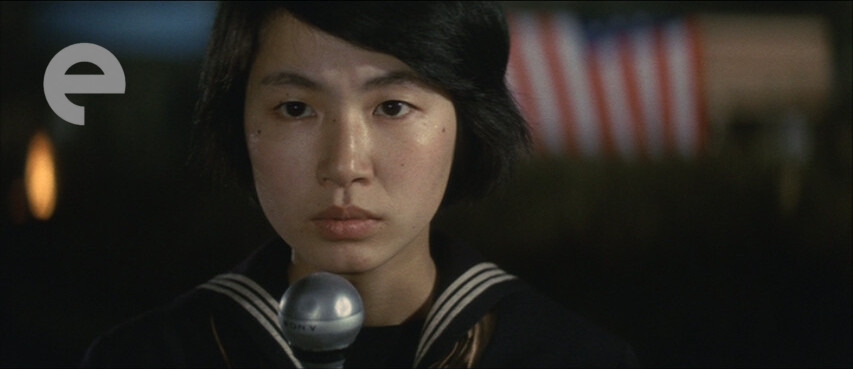 | 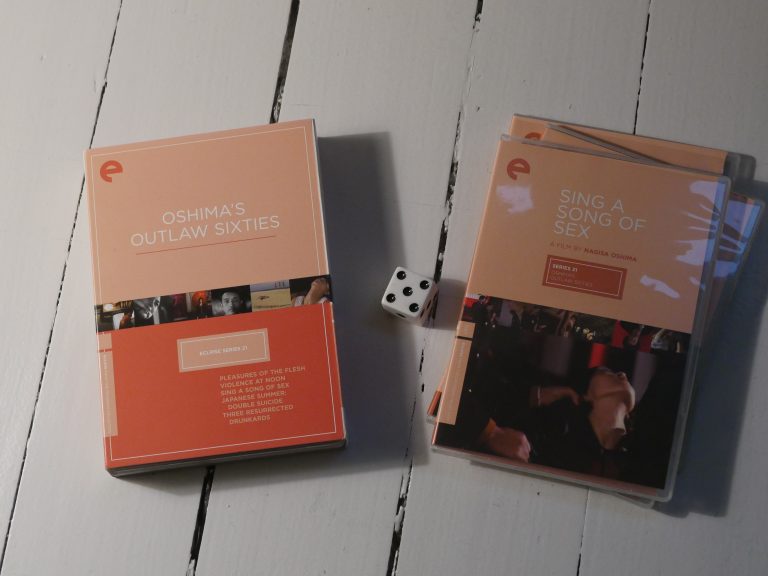 |
| 無理心中日本の夏 (Japanese Summer: Double Suicide) Nagisa Ôshima 1967 | 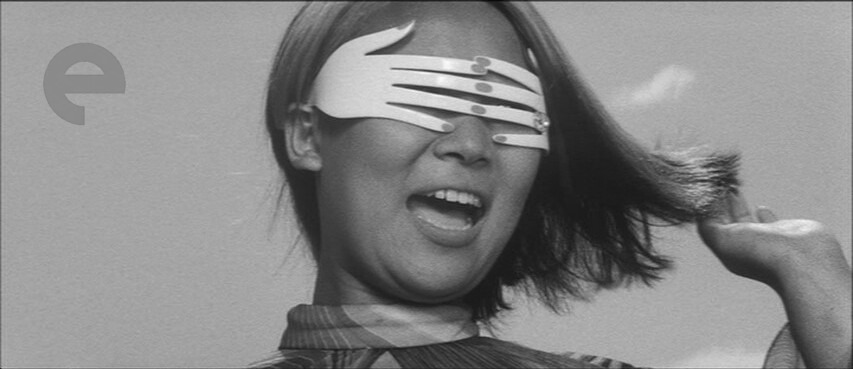 | 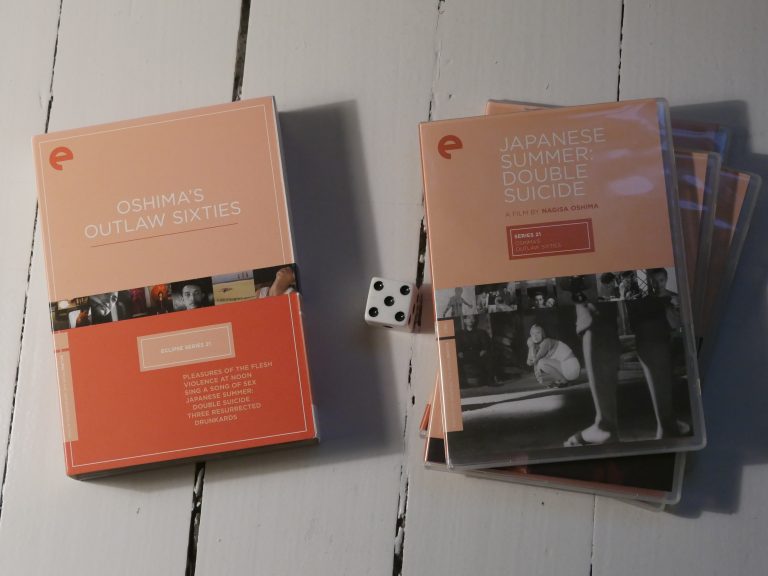 |
| Warrendale Allan King 1967 | 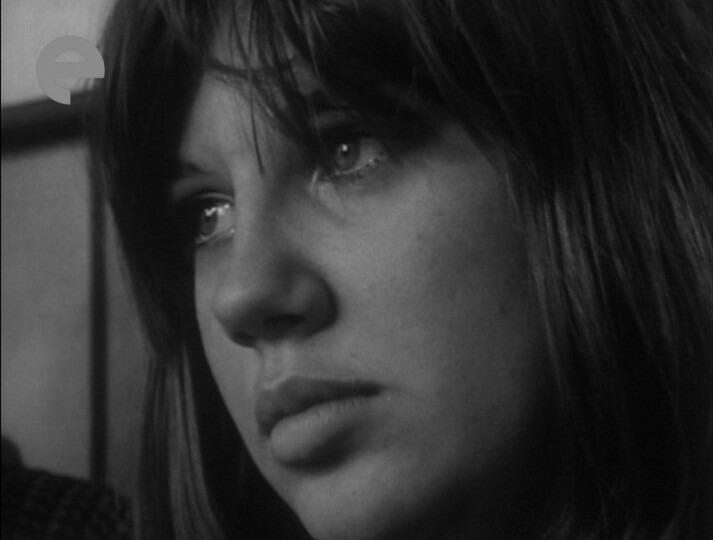 | 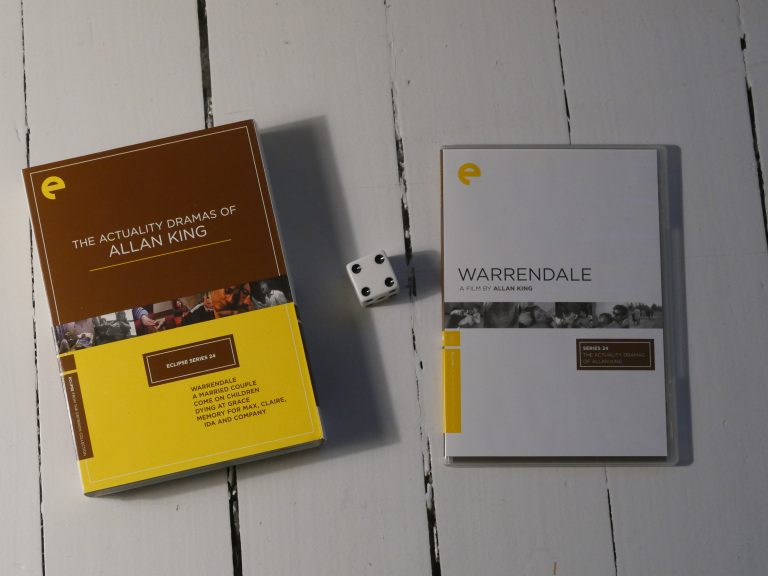 |
| Uncle Yanco Agnès Varda 1967 | 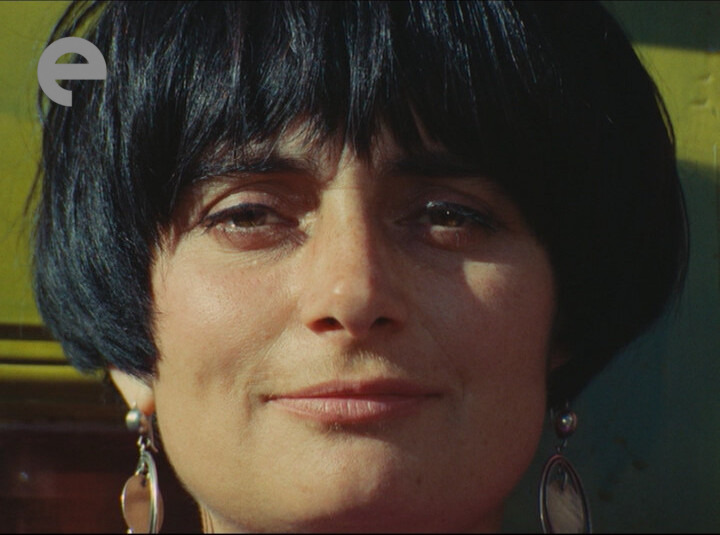 | 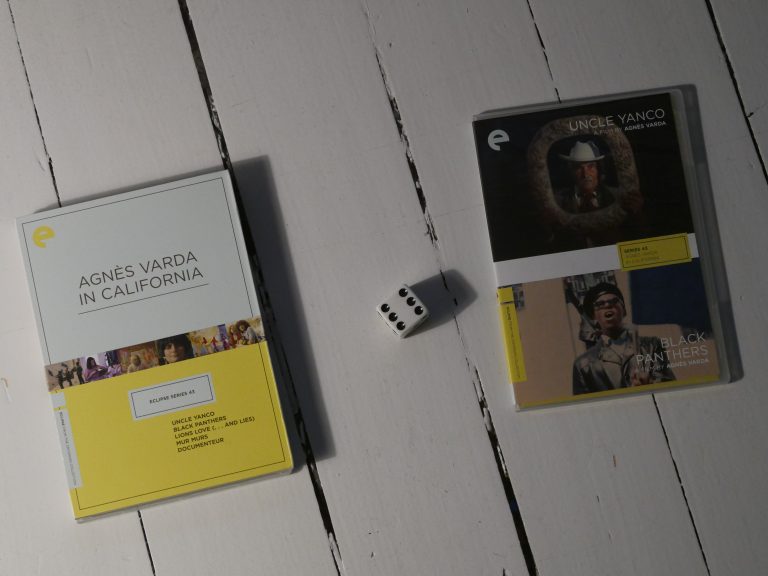 |
| 宇宙大怪獣ギララ (The X From Outer Space) Kazui Nihonmatsu 1967 | 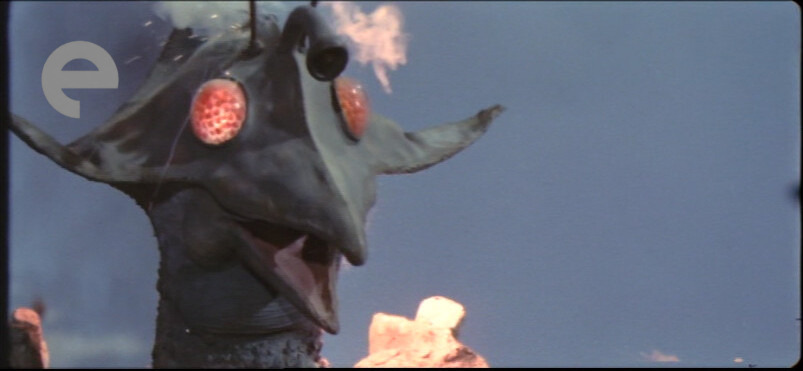 | 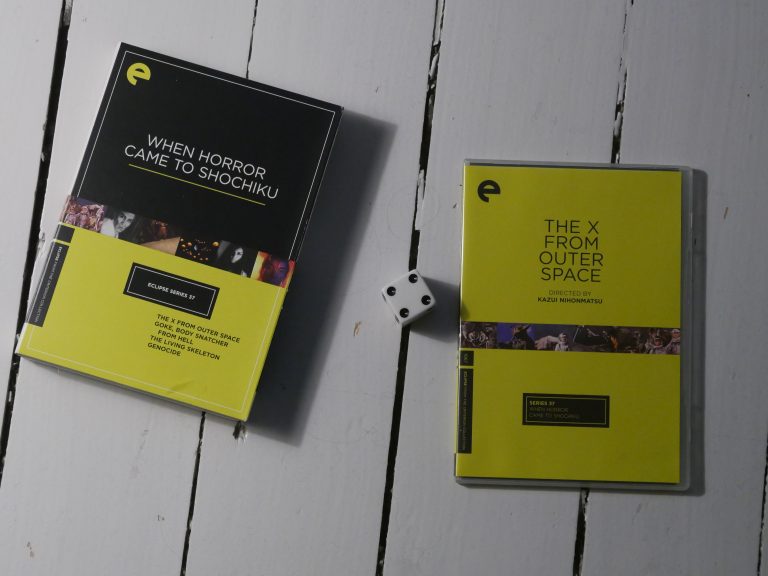 |
| Návrat ztraceného syna (Return of the Prodigal Son) Evald Schorm 1967 | 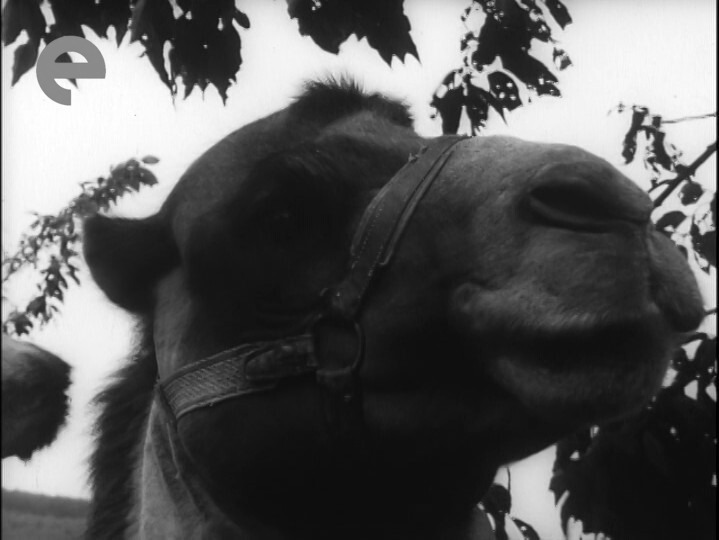 | 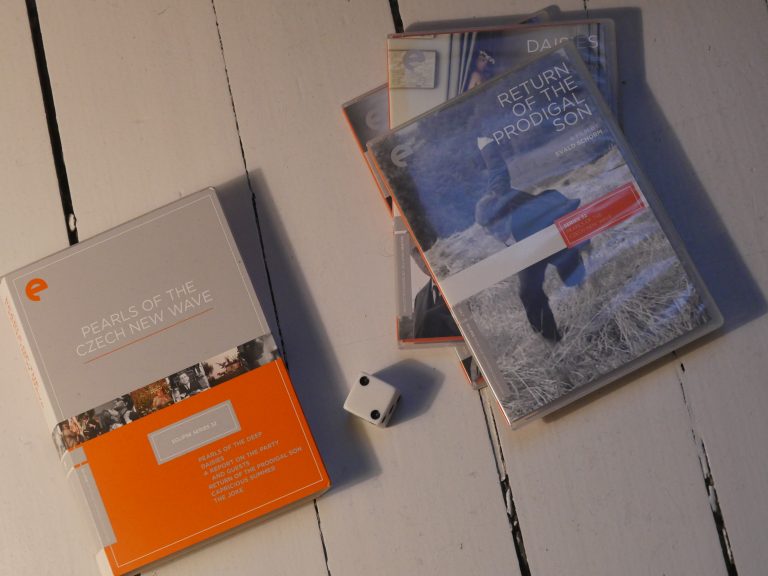 |
| 拳銃は俺のパスポート (A Colt Is My Passport) Takashi Nomura 1967 | 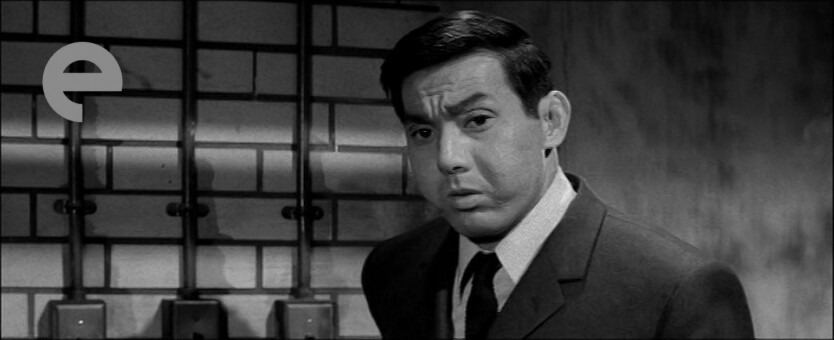 | 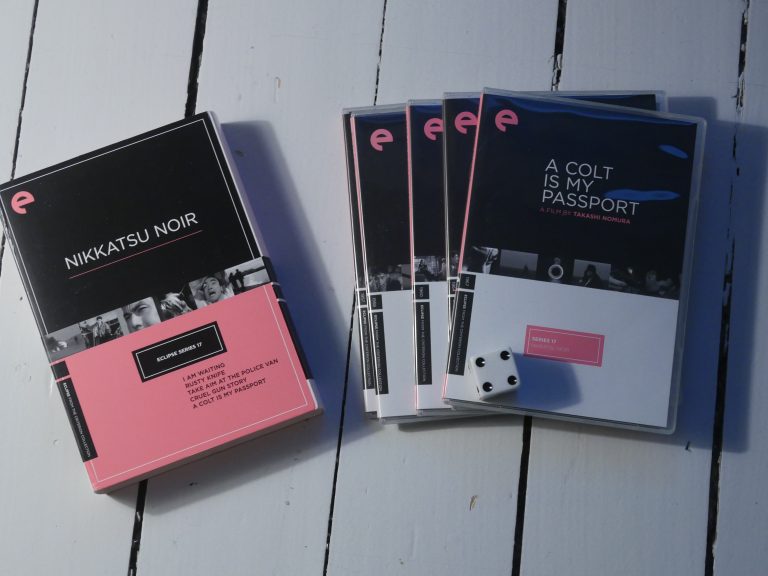 |
| Ljubavni slučaj ili tragedija službenice P.T.T. (Love Affair, or The Case of the Missing Switchboard Operator) Dušan Makavejev 1967 | 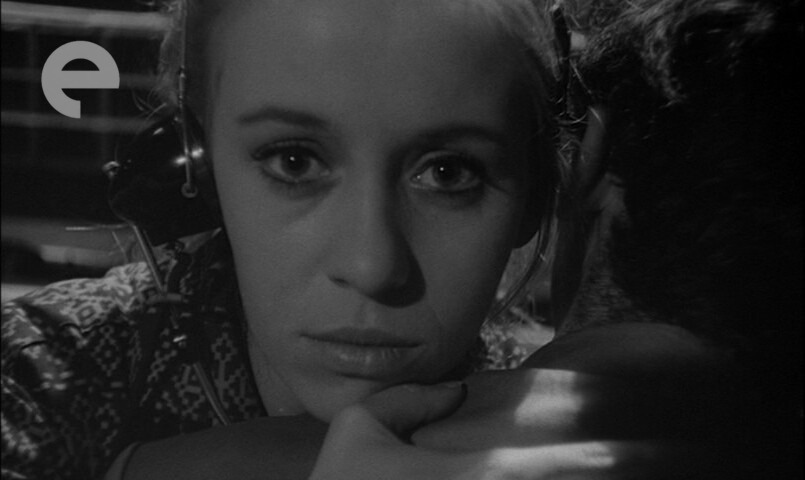 | 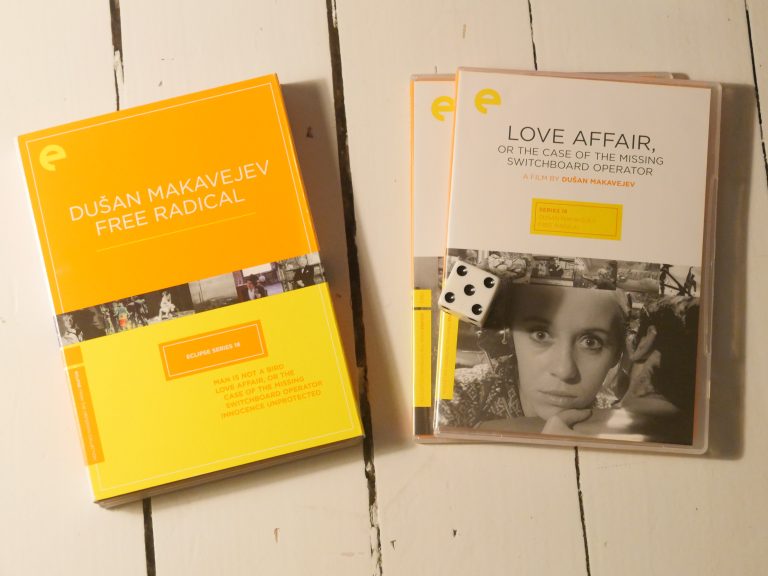 |
| 帰って来たヨッパライ (Three Resurrected Drunkards) Nagisa Ôshima 1968 | 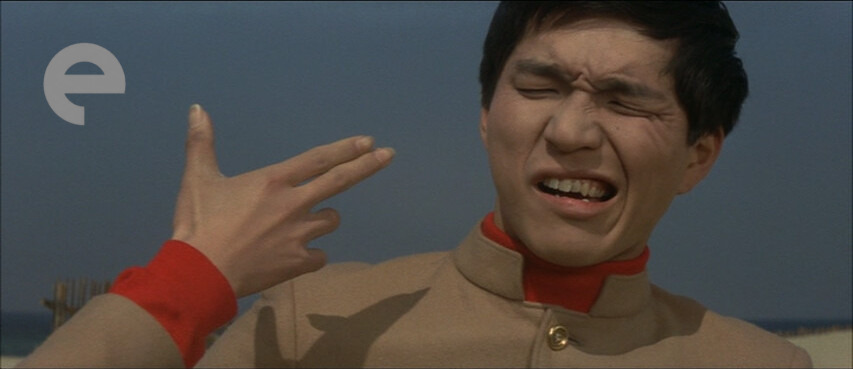 | 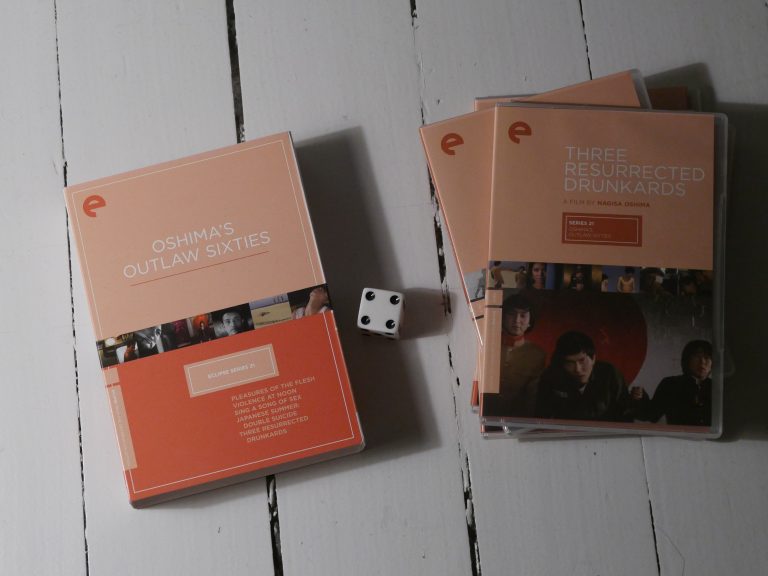 |
| Black Panthers Agnès Varda 1968 | 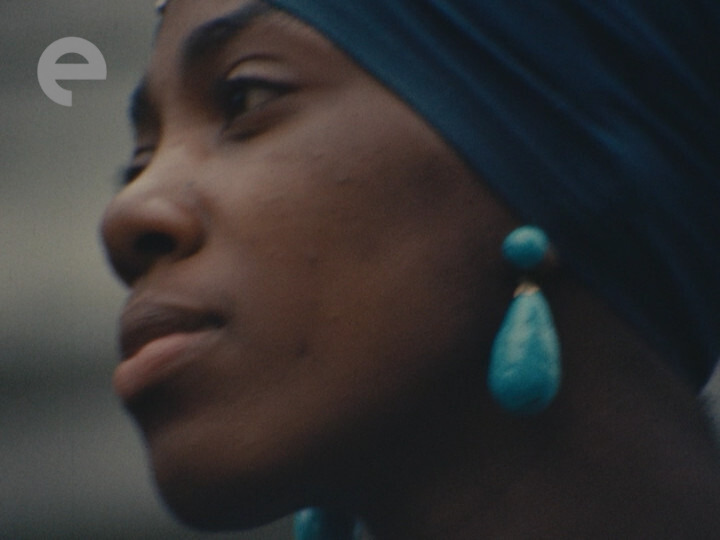 | 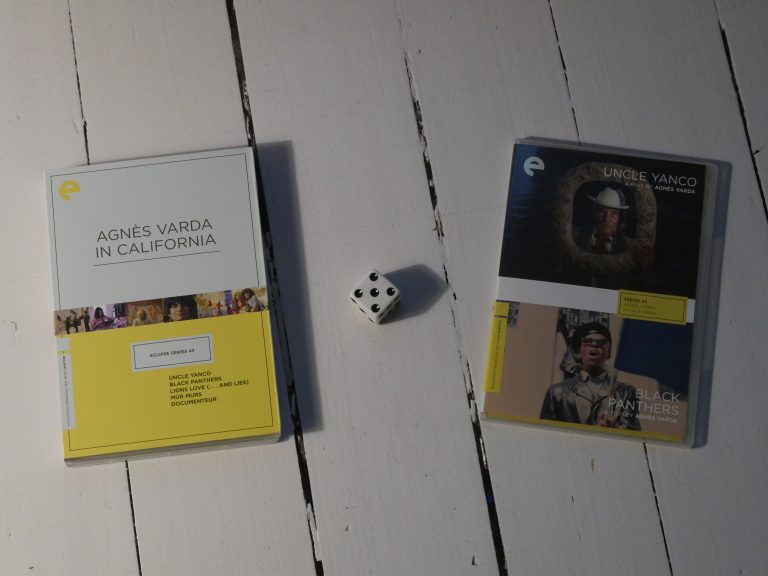 |
| 吸血鬼ゴケミドロ (Goke, Body Snatcher From Hell) Hajime Satô 1968 | 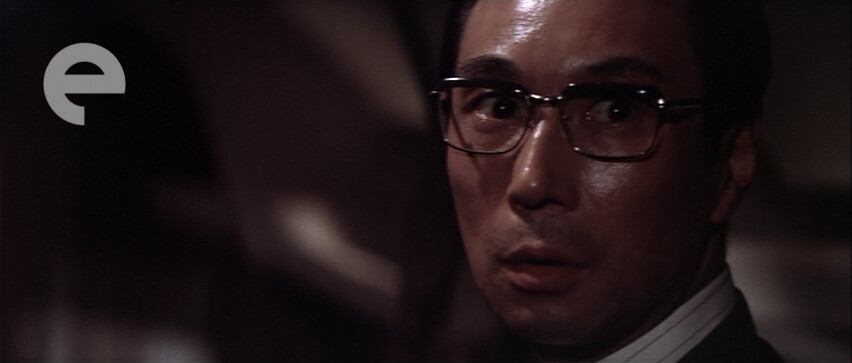 | 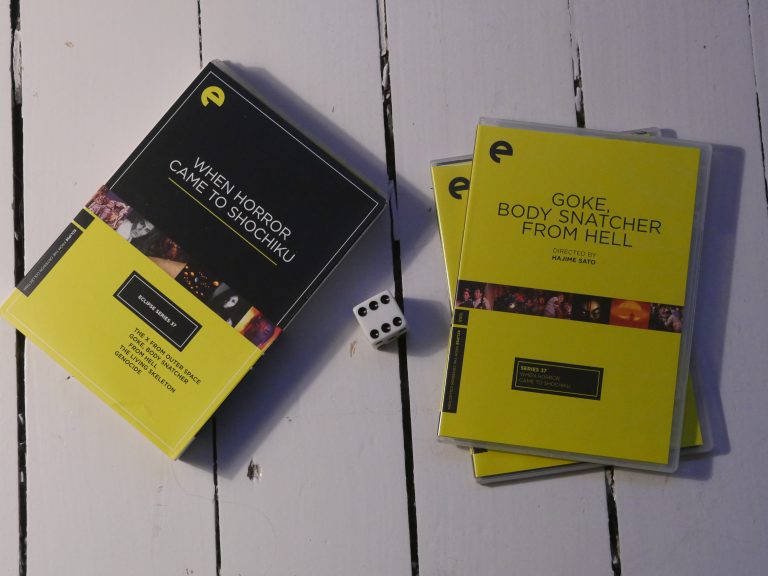 |
| 吸血髑髏船 (The Living Skeleton) Hiroki Matsuno 1968 | 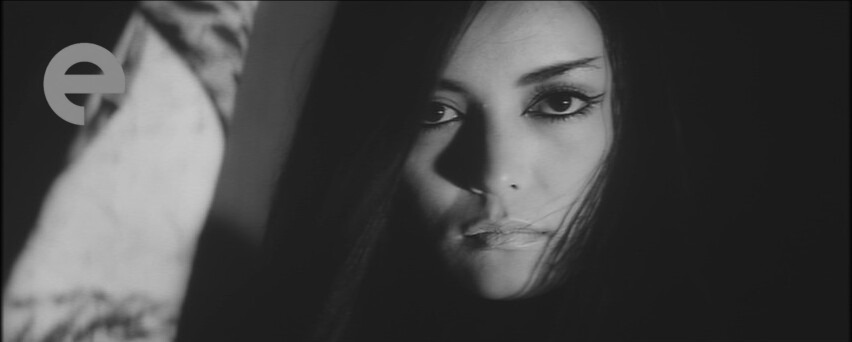 | 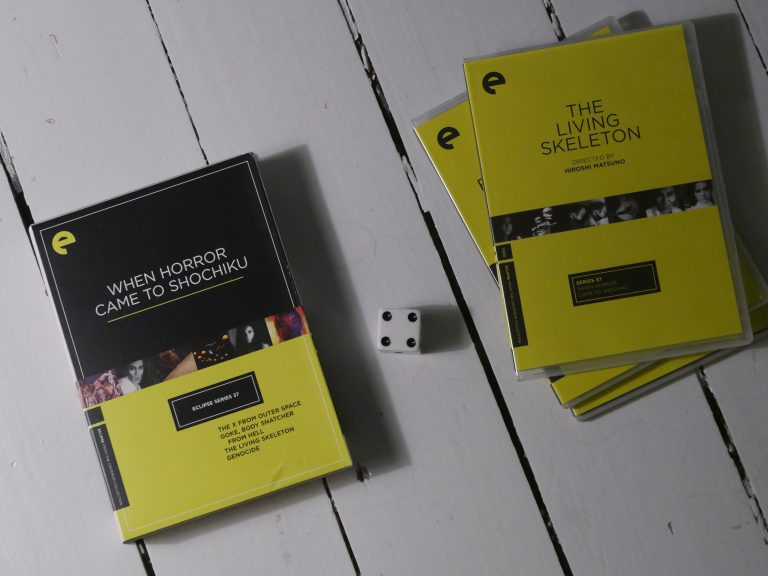 |
| 昆虫大戦争 (Genocide) Kazui Nihonmatsu 1968 | 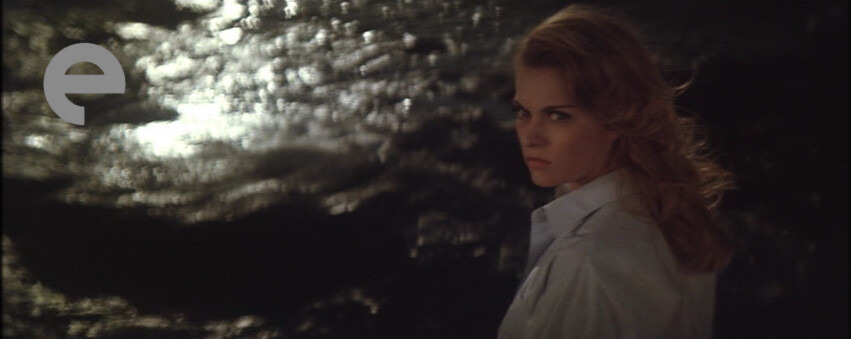 | 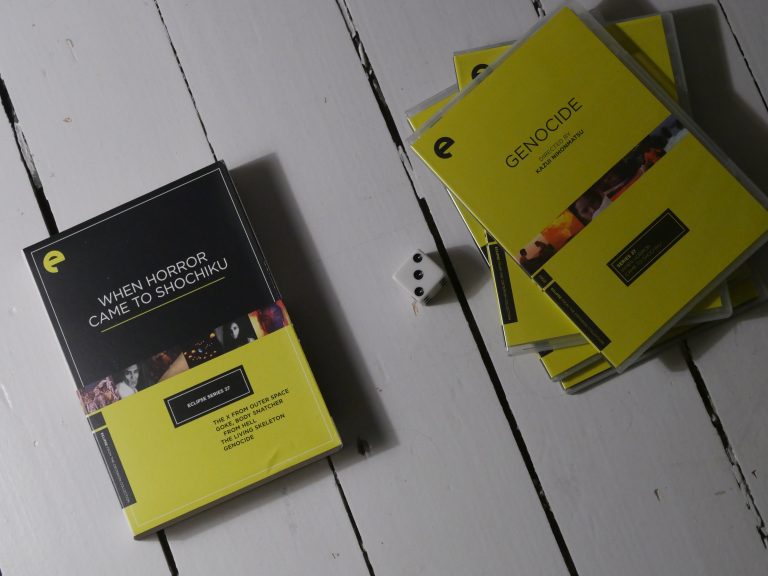 |
| Mr. Freedom William Klein 1968 | 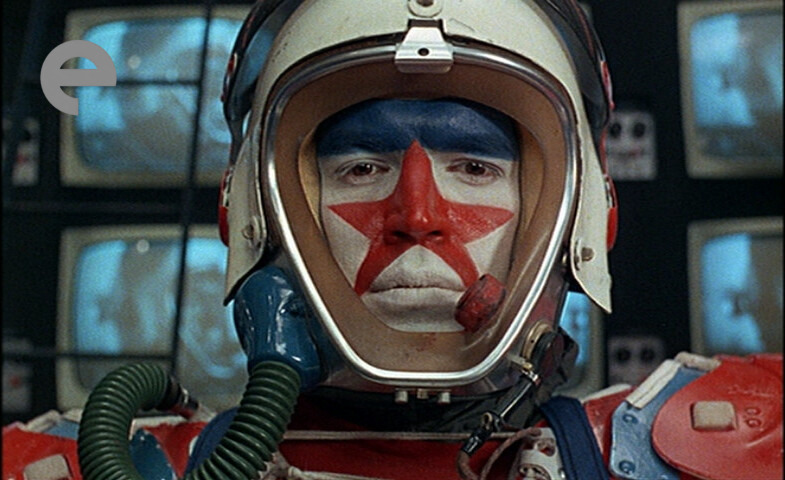 | 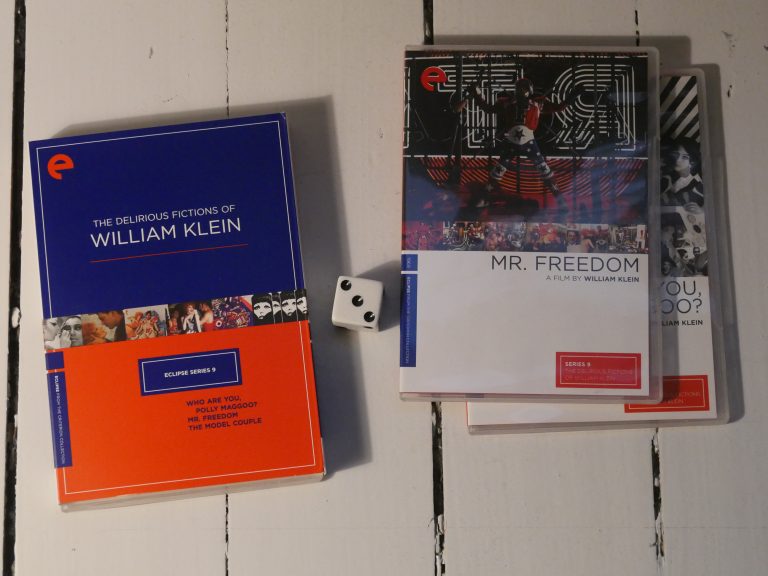 |
| No More Excuses Robert Downey Sr 1968 | 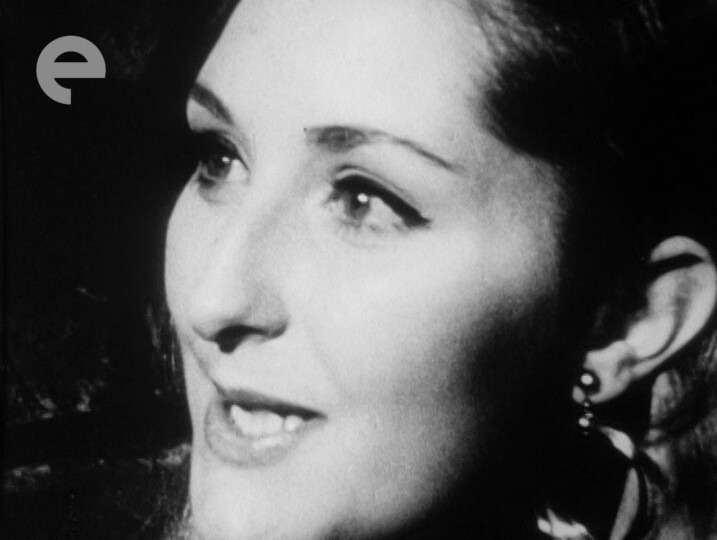 | 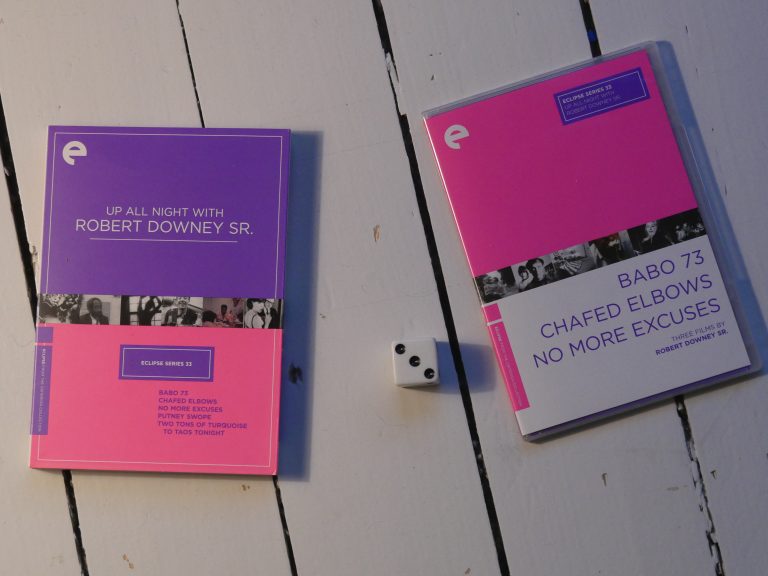 |
| Rozmarné léto (Capricious Summer) Jirí Menzel 1968 | 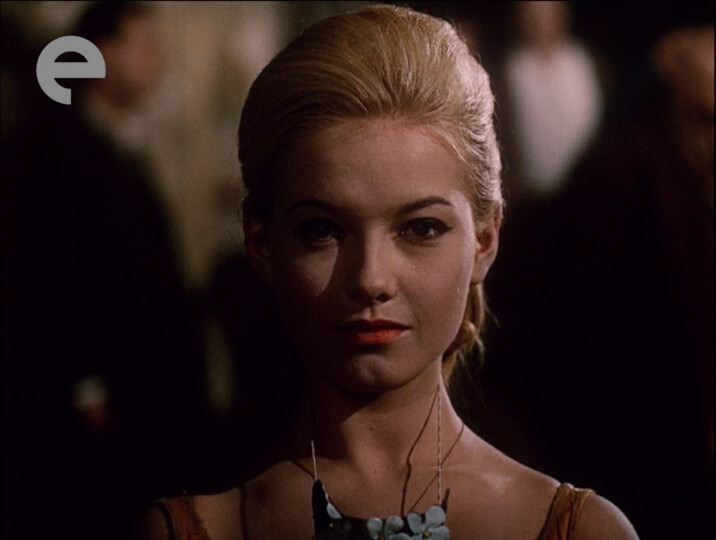 | 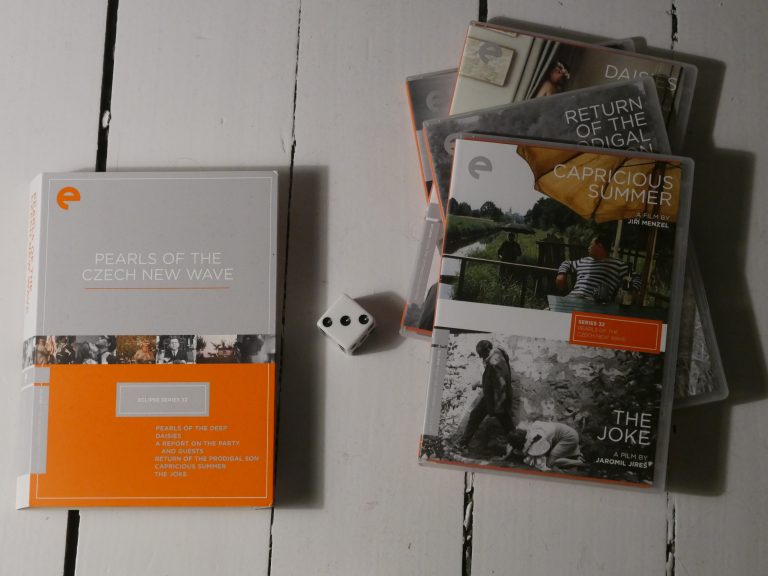 |
| Beyond the Law Norman Mailer 1968 | 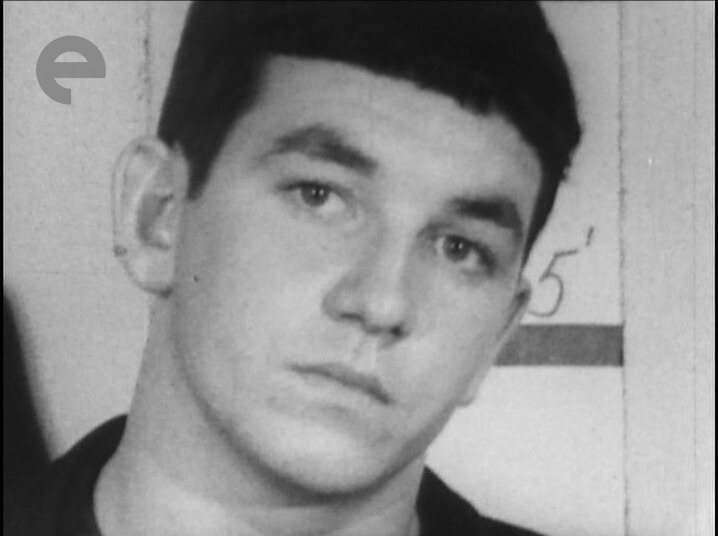 | 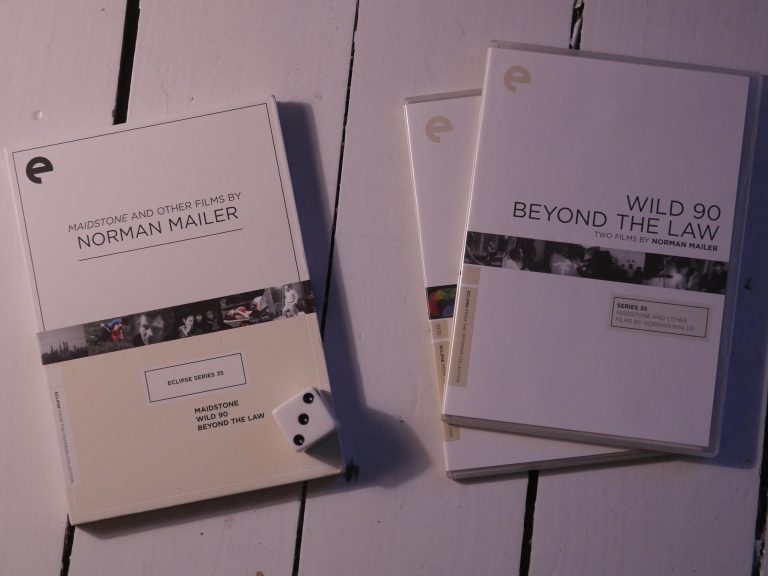 |
| Wild 90 Norman Mailer 1968 | 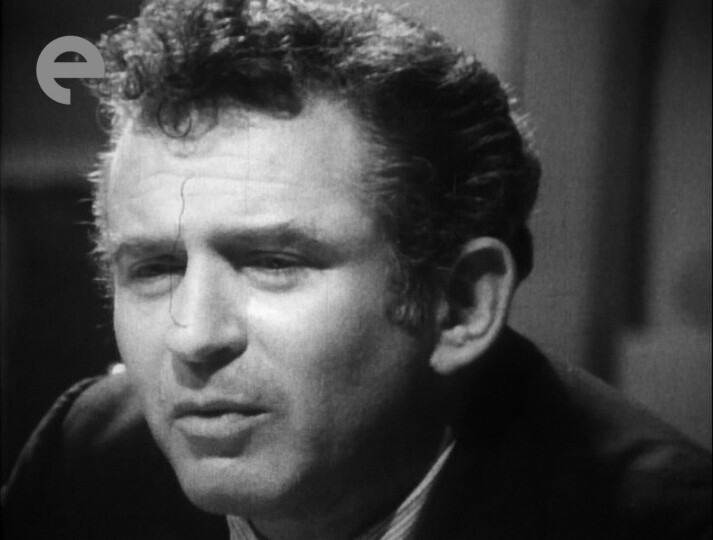 | 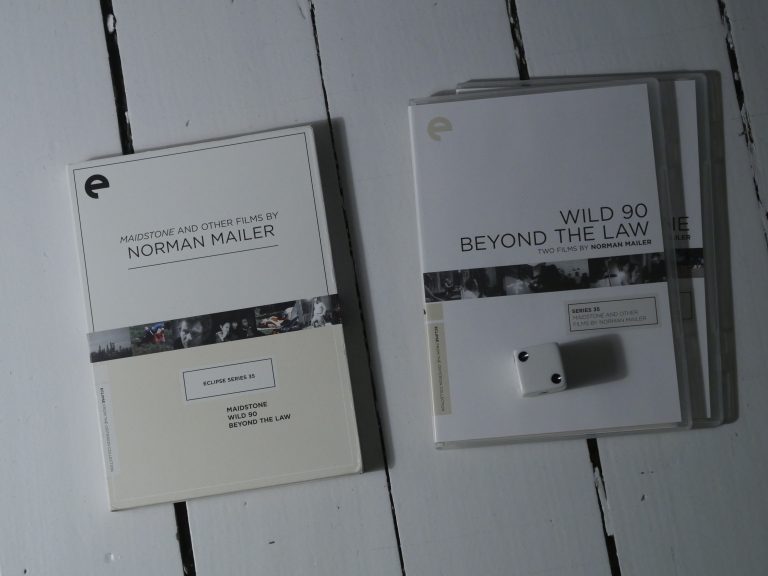 |
| Nevinost bez zaštite (Innocence Unprotected) Dušan Makavejev 1968 | 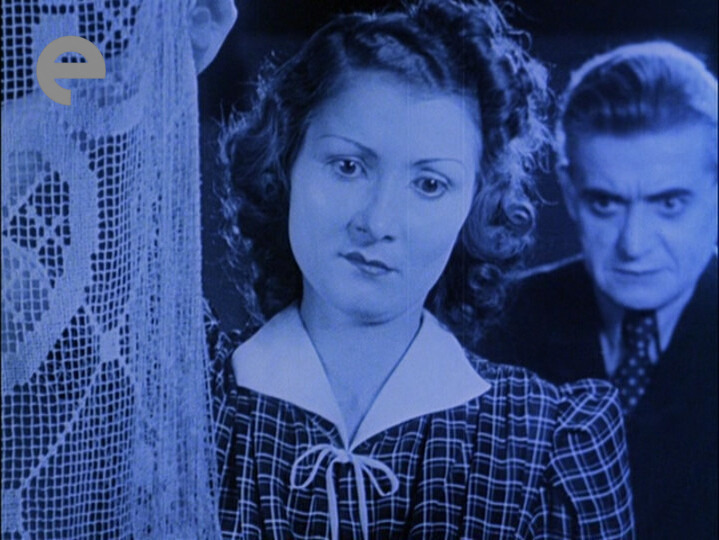 | 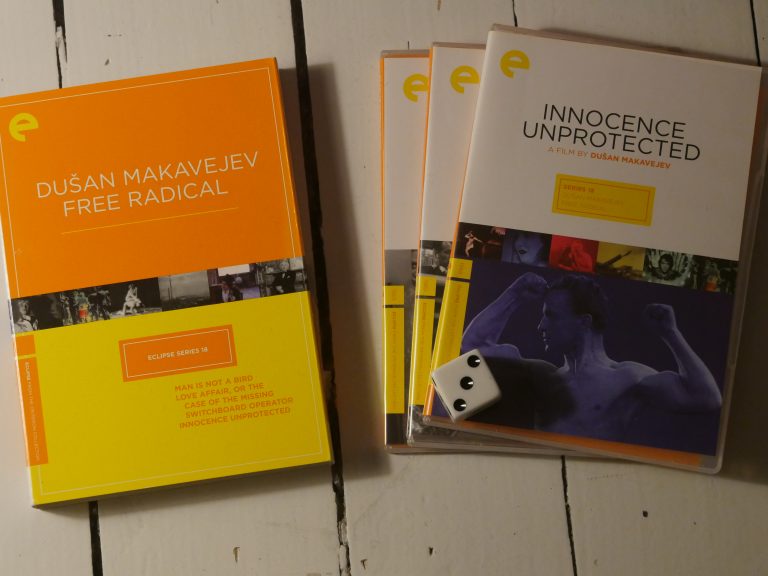 |
| A Married Couple Allan King 1969 | 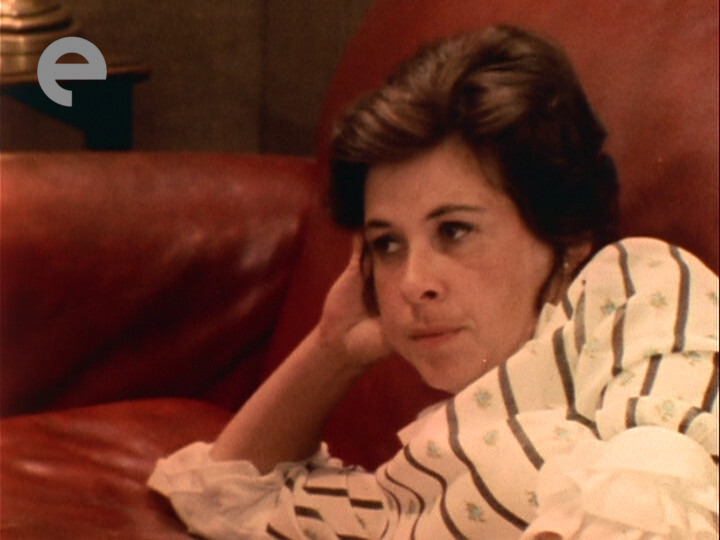 | 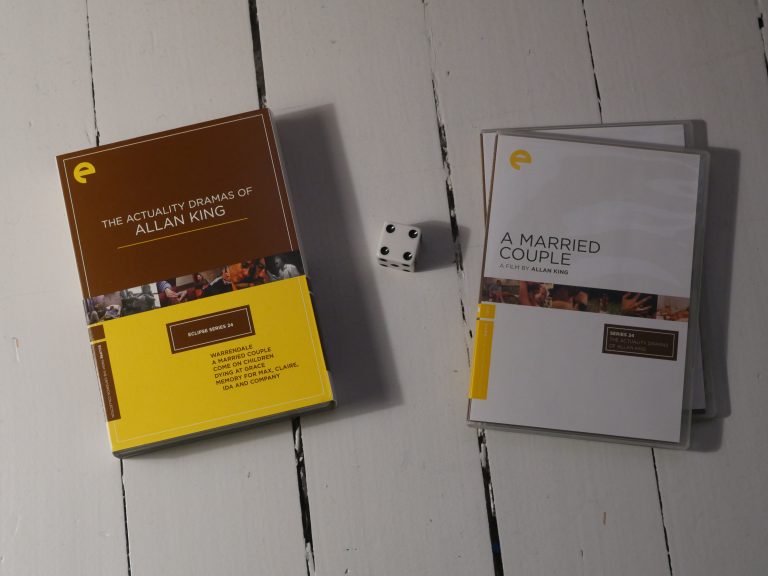 |
| Lions Love (… and Lies) (Lions Love… and Lies) Agnés Varda 1969 | 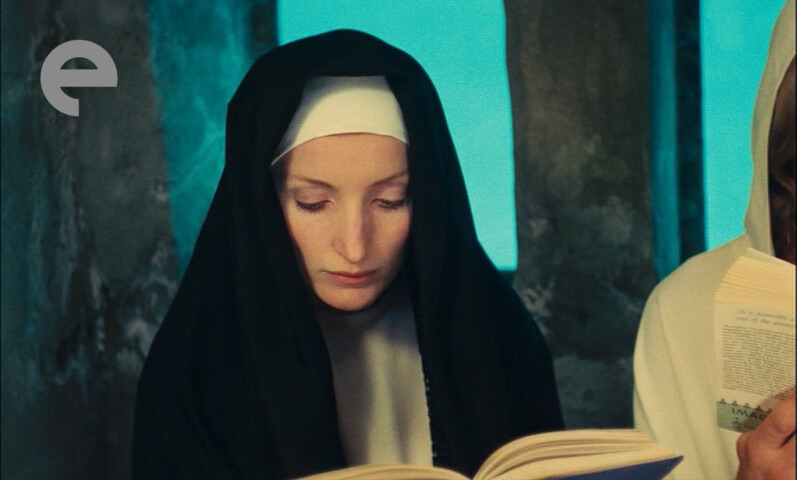 | 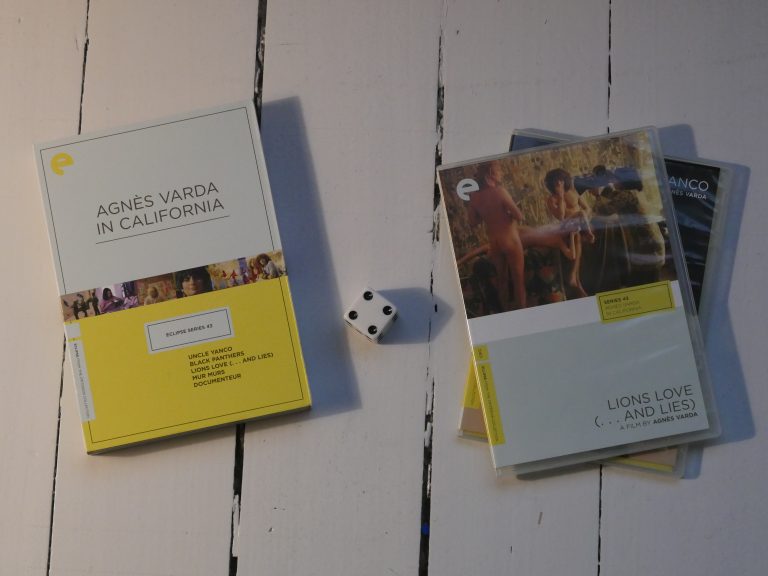 |
| Liebe ist kälter als der tod (Love is Colder than Death) Rainer Werner Fassbinder 1969 | 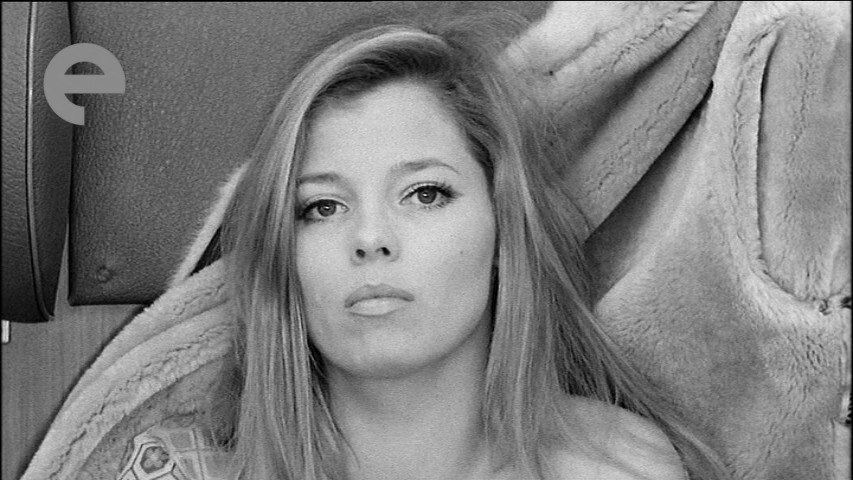 | 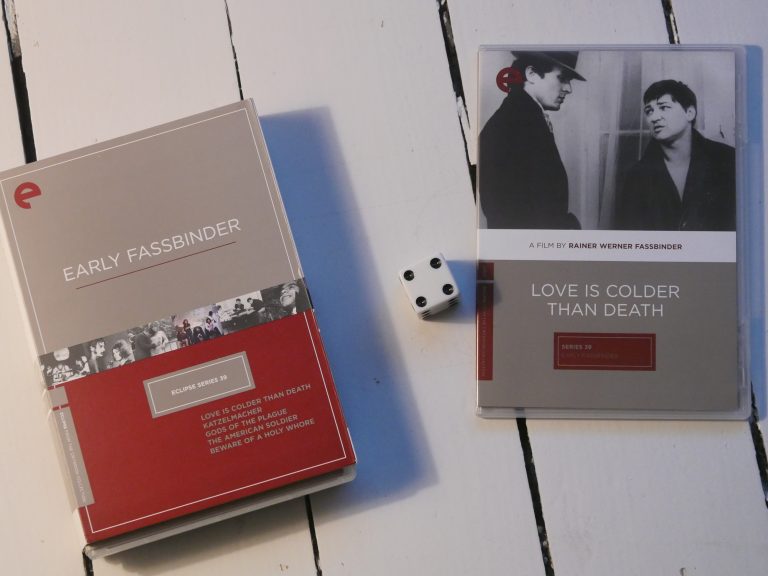 |
| Katzelmacher Rainer Werner Fassbinder 1969 | 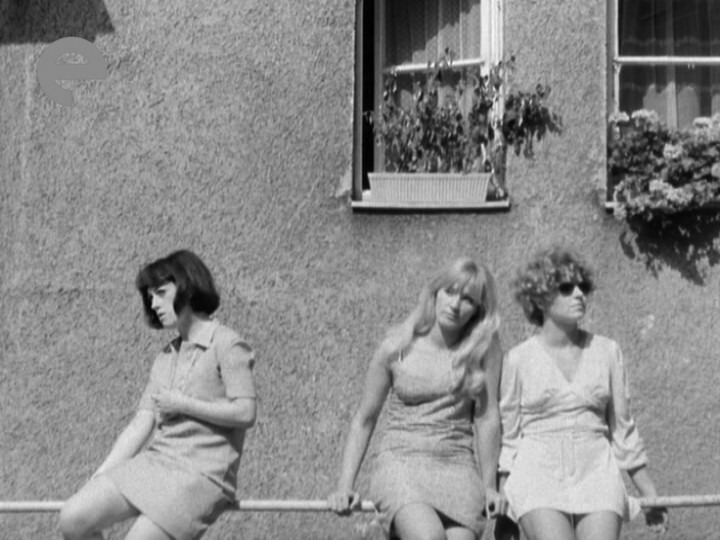 | 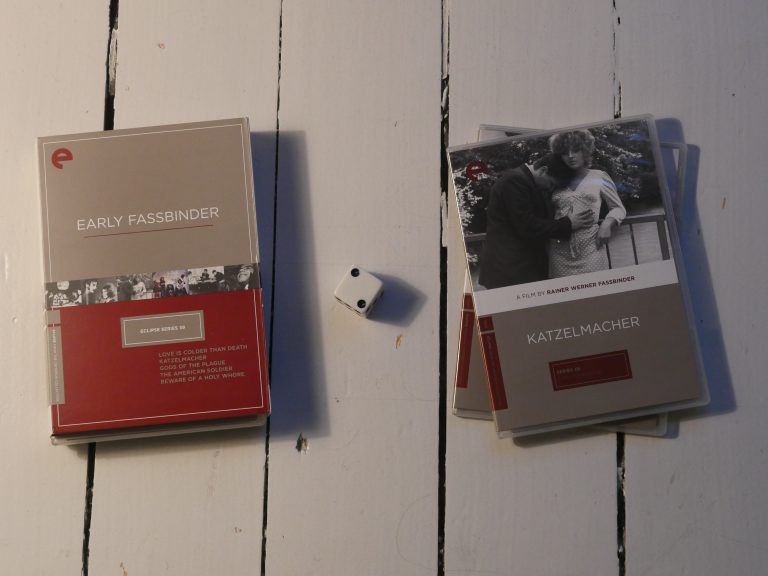 |
| Putney Swope Robert Downey Sr 1969 | 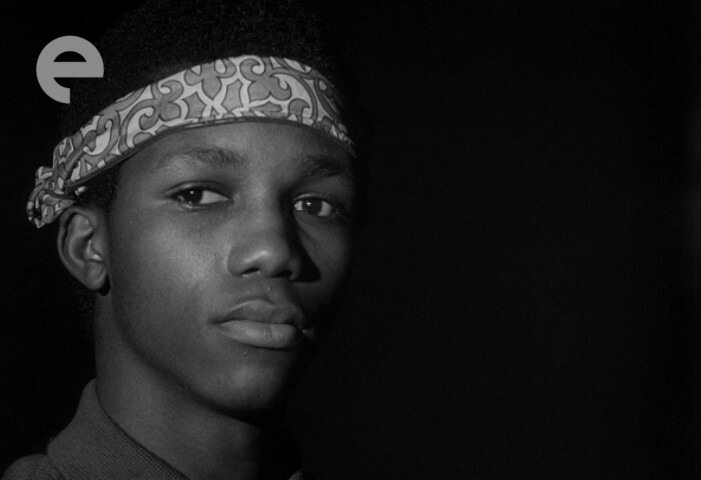 | 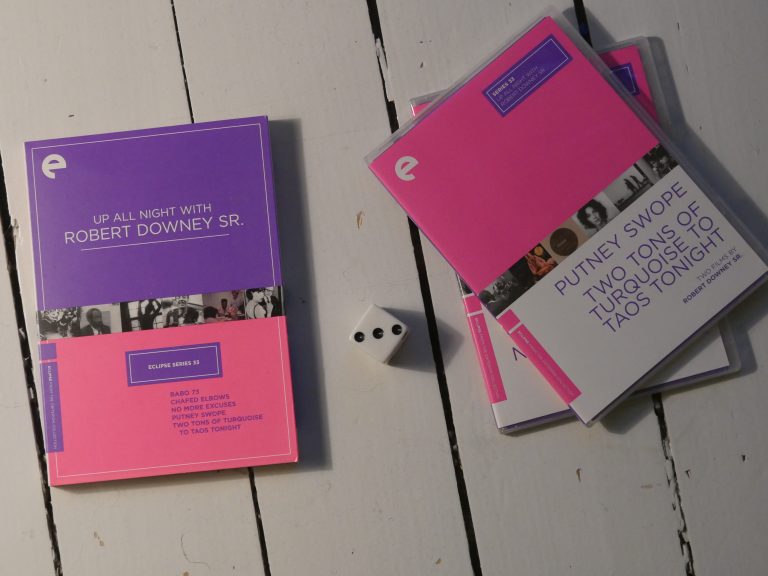 |
| Žert (The Joke) Jaromil Jires 1969 | 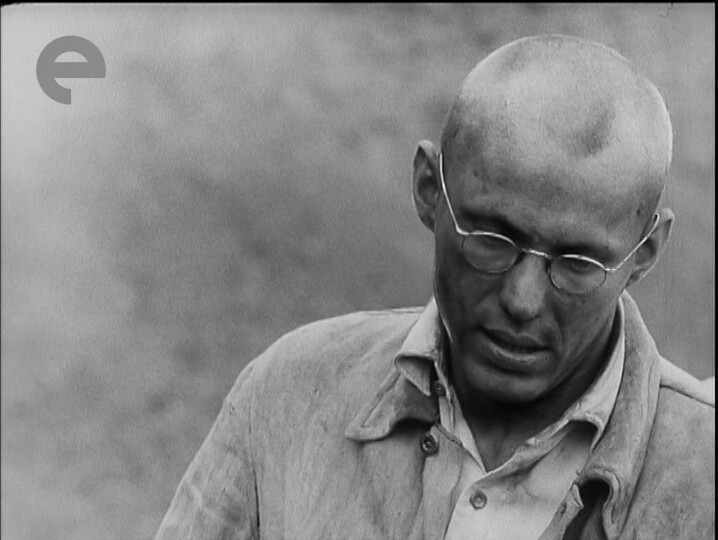 | 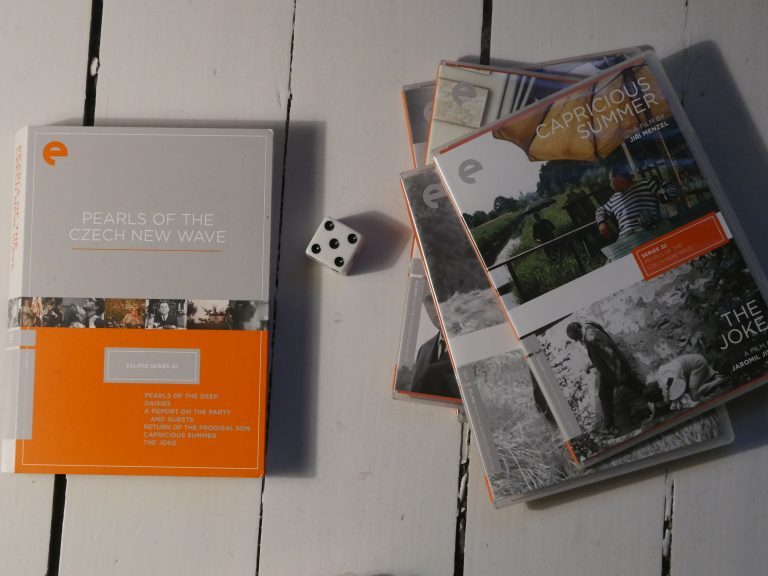 |
| Calcutta Louis Malle 1969 | 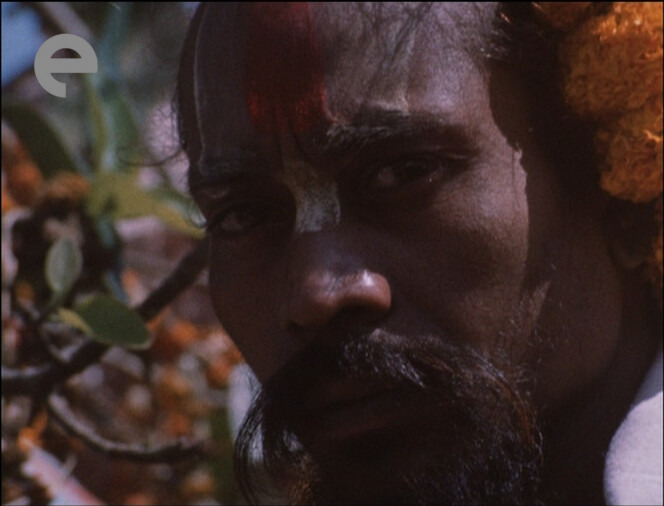 | 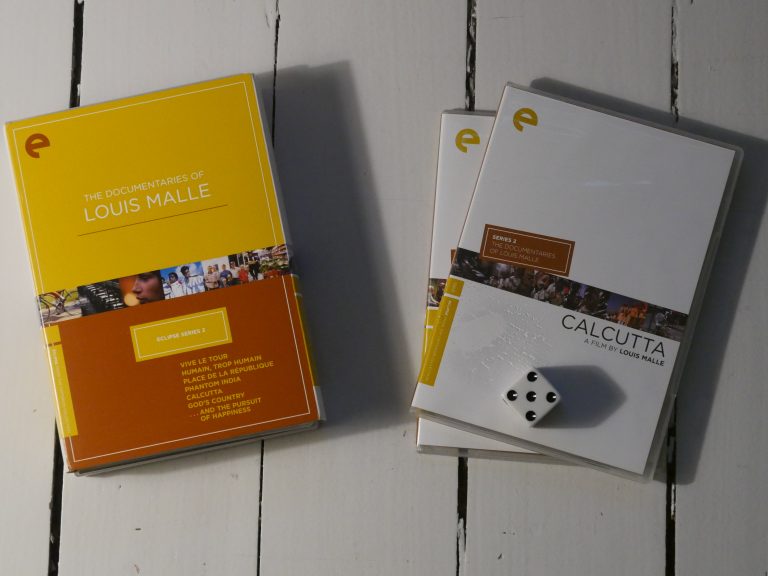 |
| L’inde fantome (Phantom India) Louis Malle 1969 | 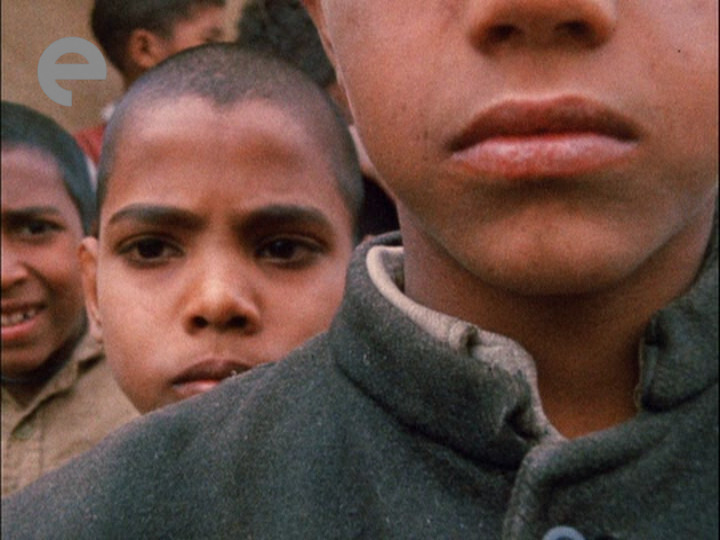 | 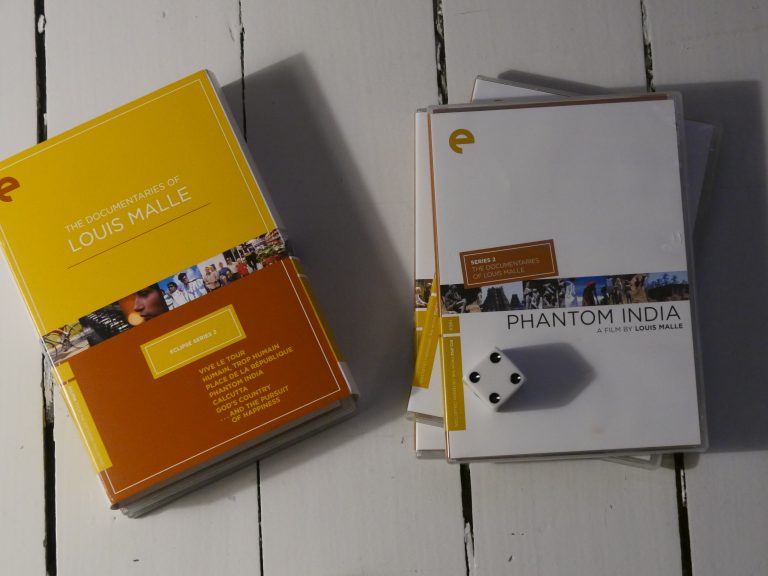 |
| Götter der Pest (Gods of the Plague) Rainer Werner Fassbinder 1970 | 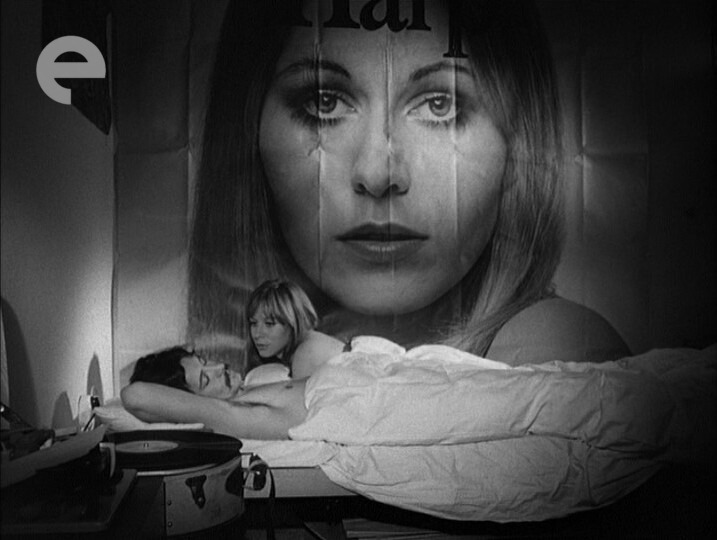 | 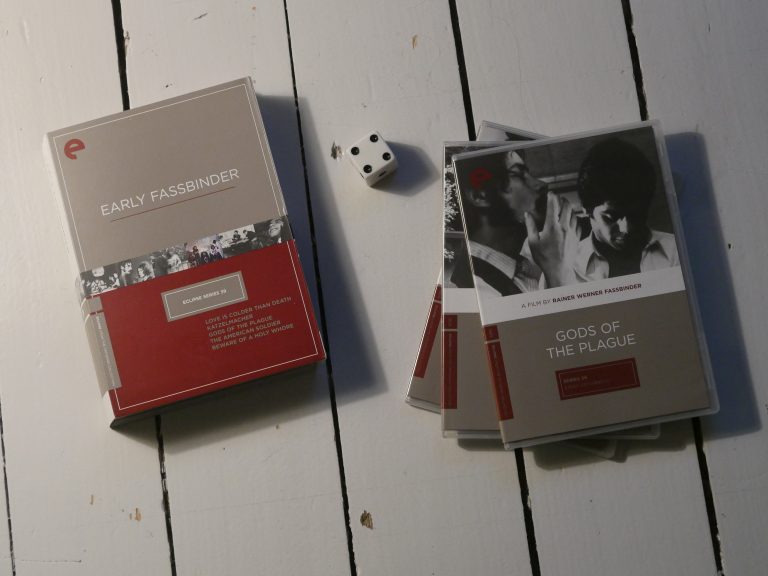 |
| Der amerikanische Soldat (The American Soldier) Rainer Werner Fassbinder 1970 | 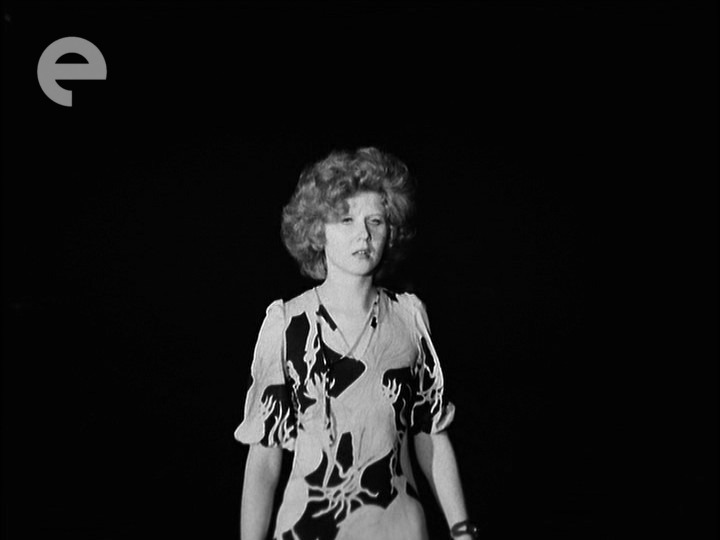 | 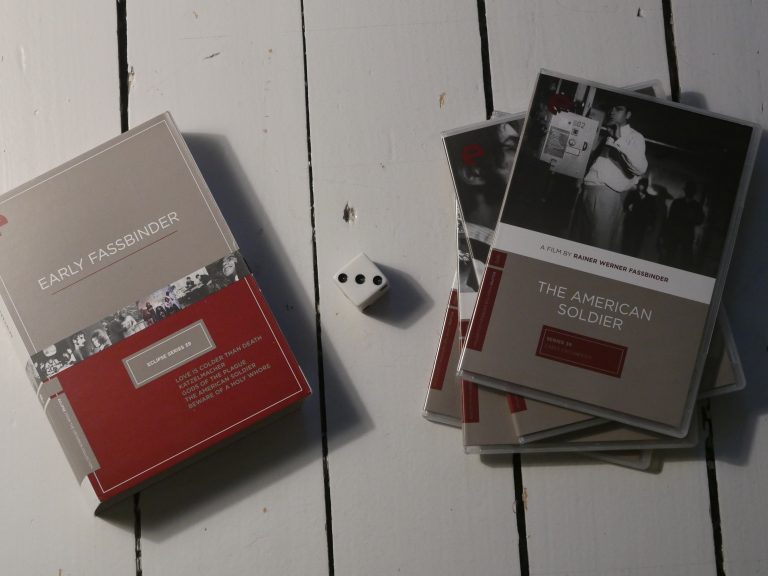 |
| Maidstone Norman Mailer 1970 | 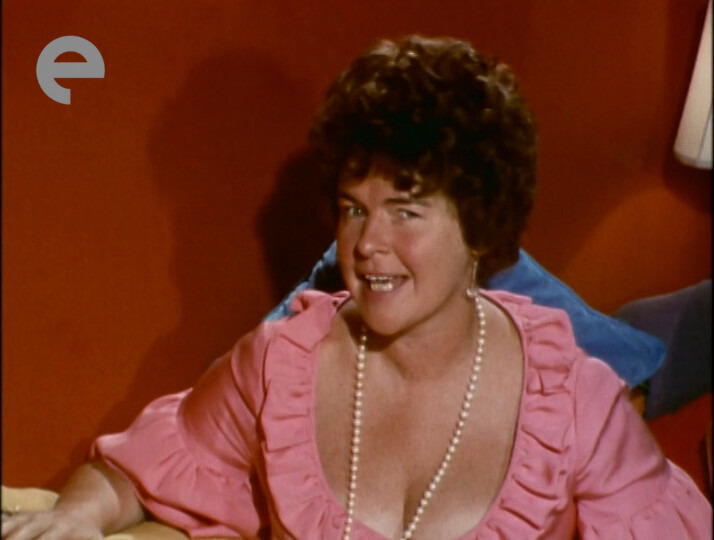 | 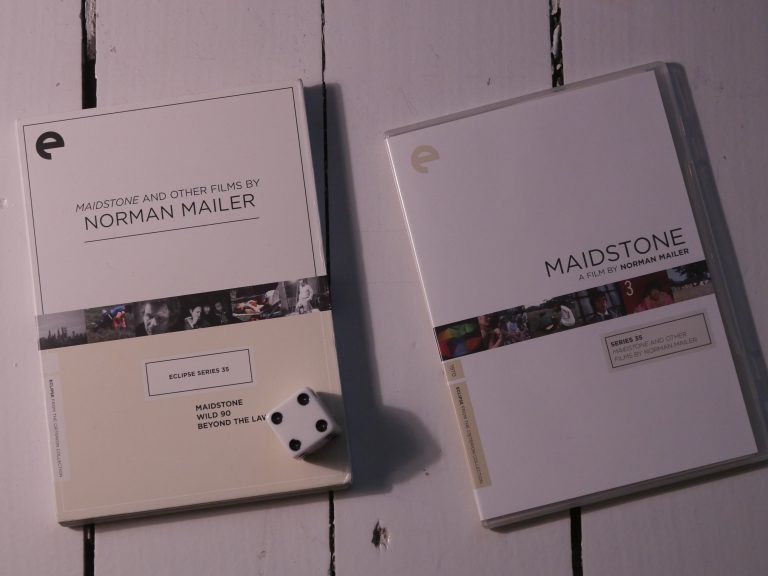 |
| Warnung vor einer heiligen Nutte (Beware of a Holy Whore) Rainer Werner Fassbinder 1971 | 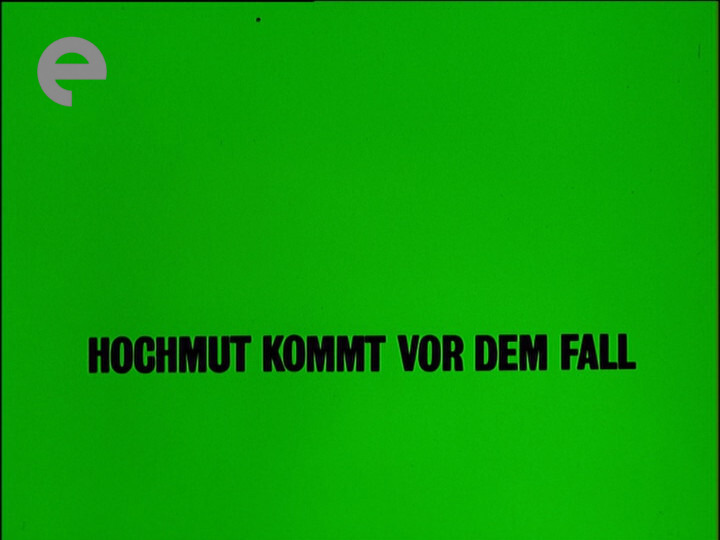 | 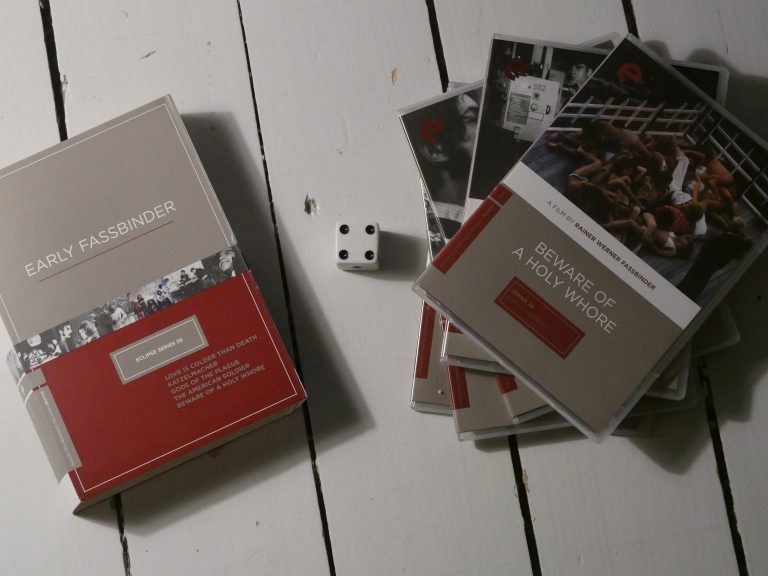 |
| L’età di Cosimo de Medici (The Age of the Medici) Roberto Rossellini 1972 | 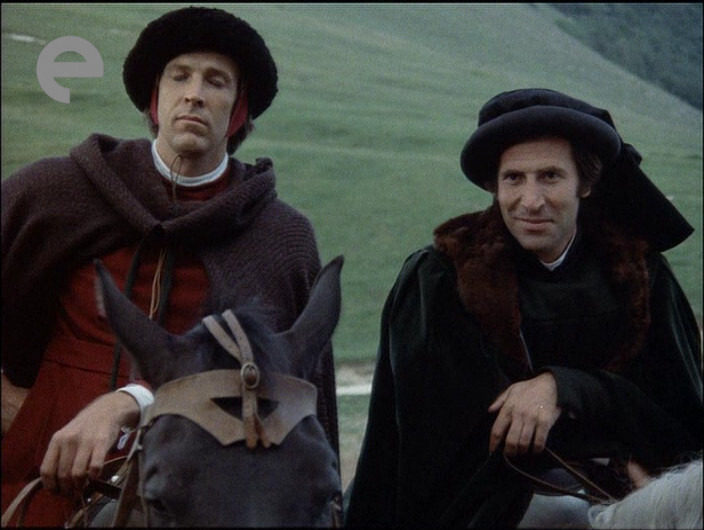 | 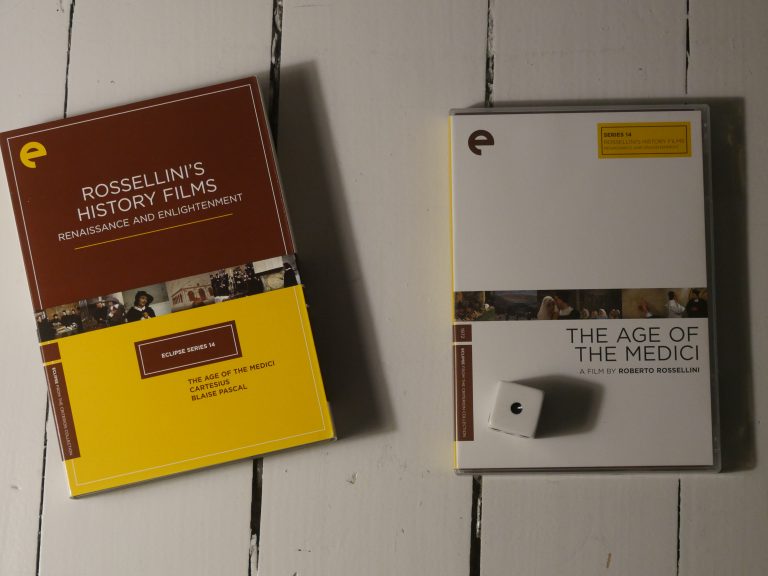 |
| Blaise Pascal Roberto Rossellini 1972 | 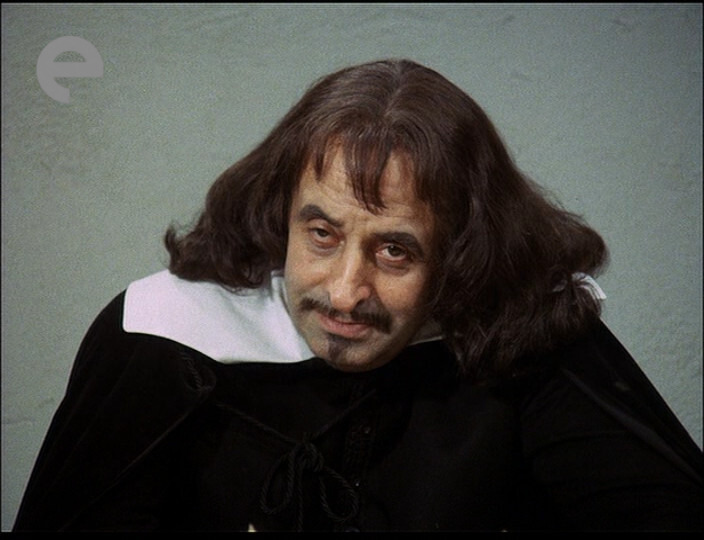 | 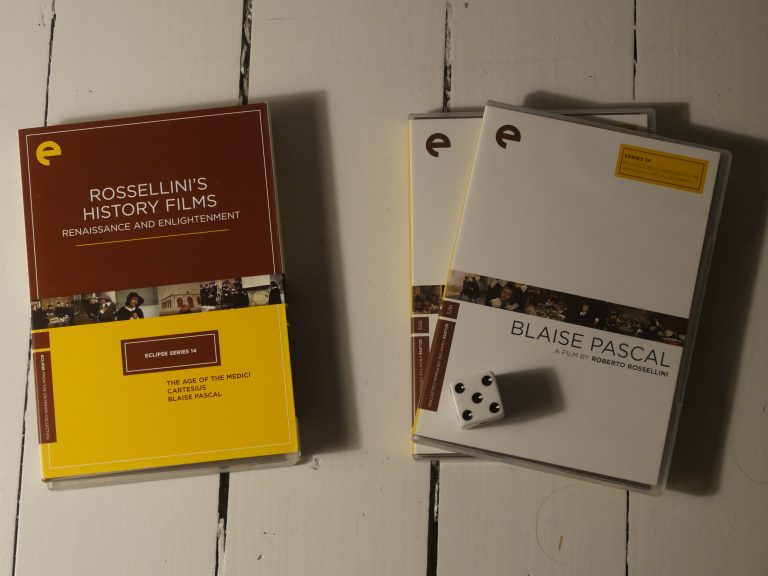 |
| Come On Children Allan King 1973 | 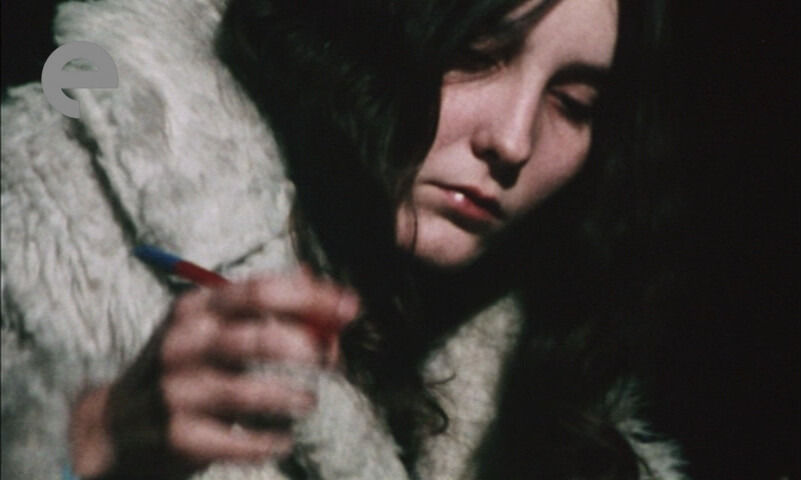 | 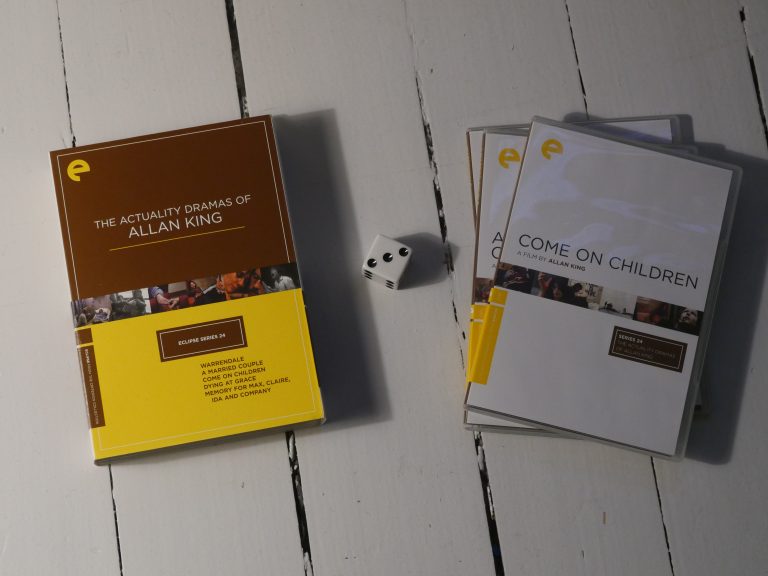 |
| Humain, trop humain (Human, all too human) Louis Malle 1973 | 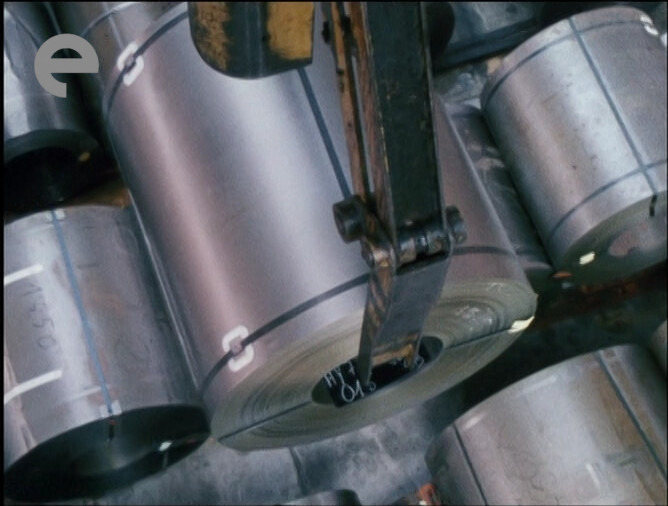 | 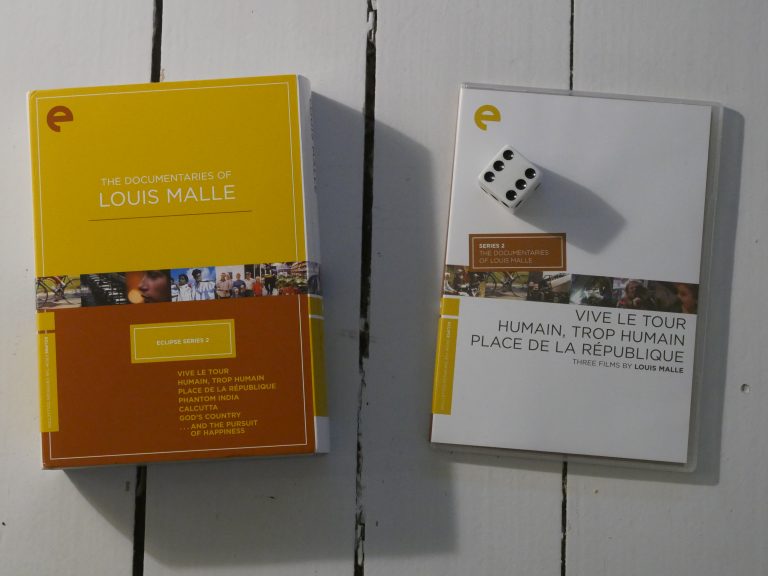 |
| Place de la République Louis Malle 1974 | 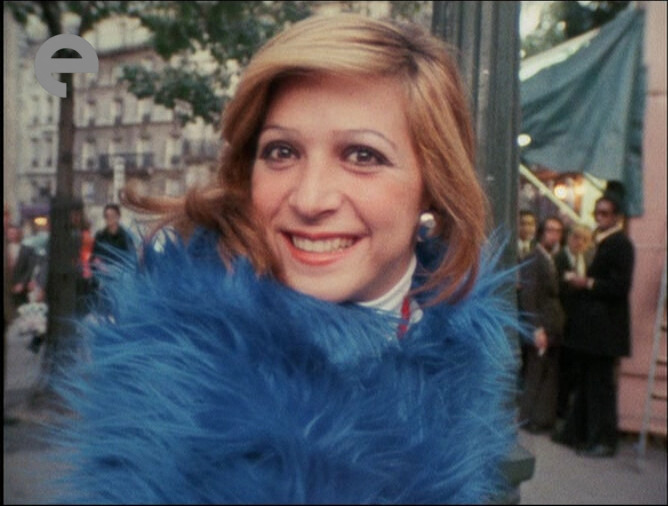 | 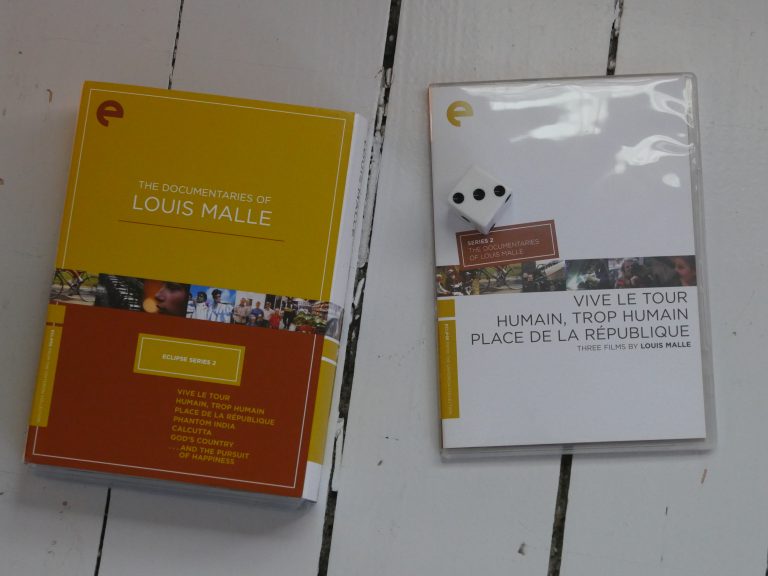 |
| Cartesius Roberto Rossellini 1974 | 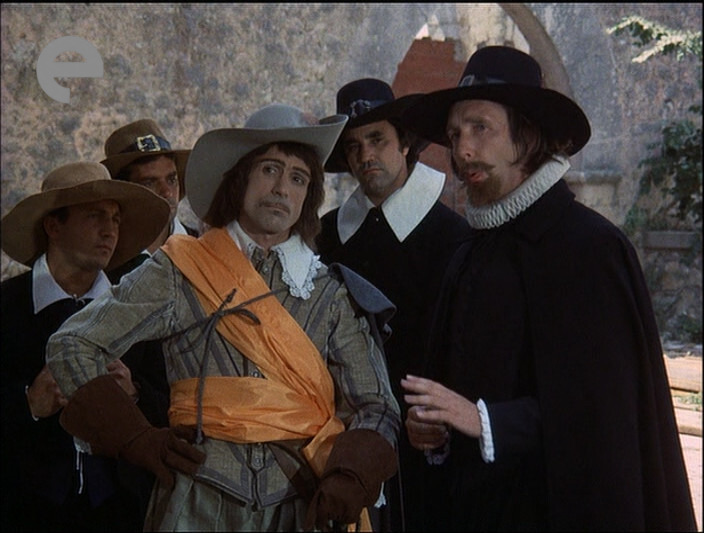 | 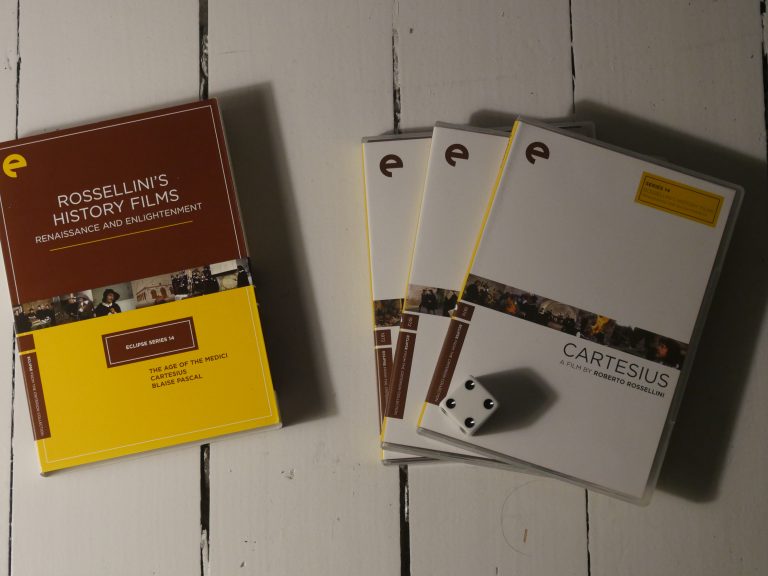 |
| Two Tons of Turquoise To Taos Tonight Robert Downey Sr 1975 | 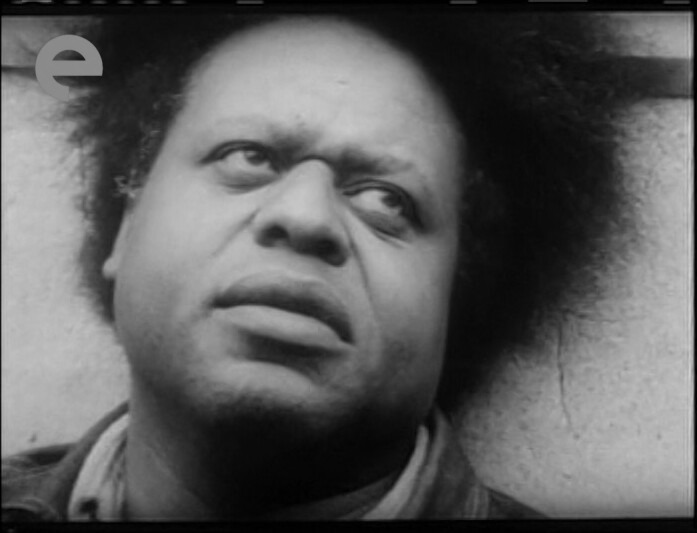 | 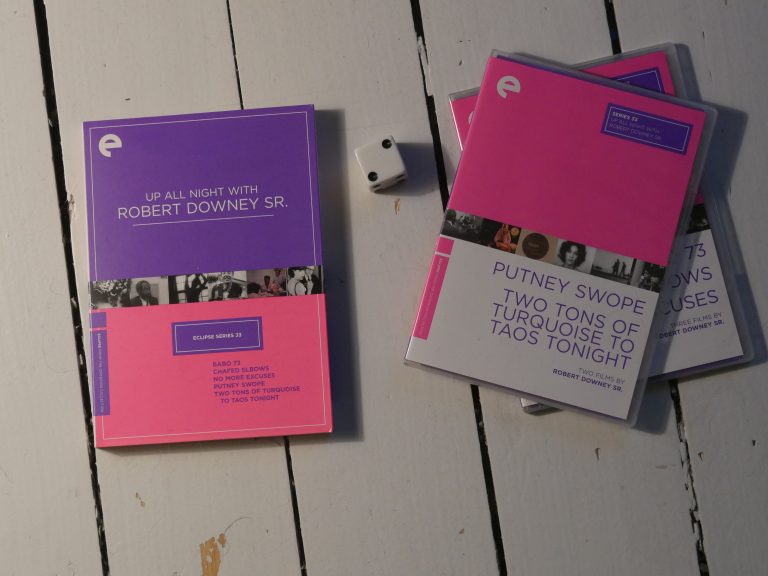 |
| Le Couple Témoin (The Model Couple) William Klein 1977 | 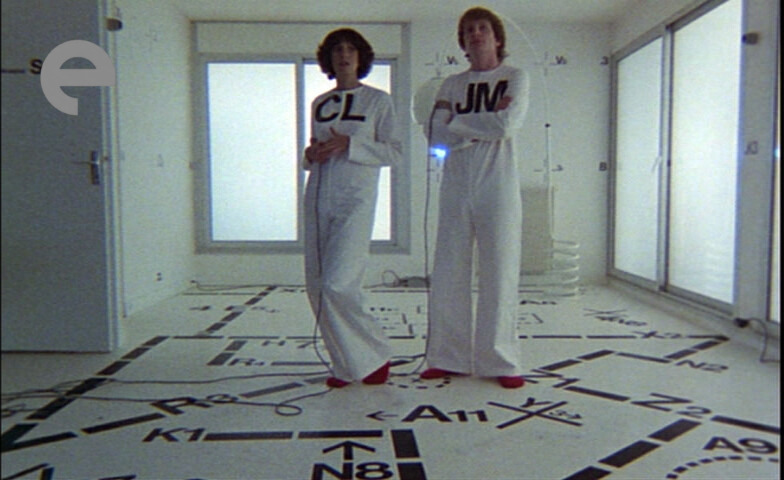 | 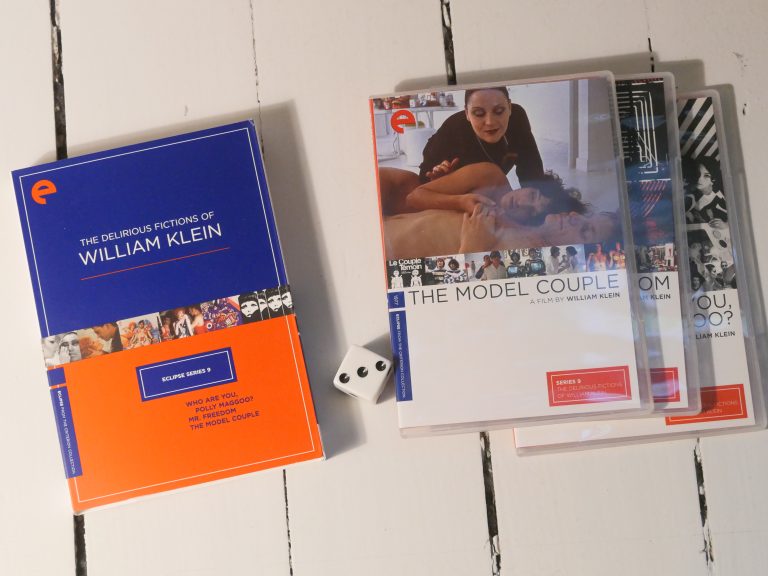 |
| Восхождение (The Ascent) Larisa Shepitko 1977 | 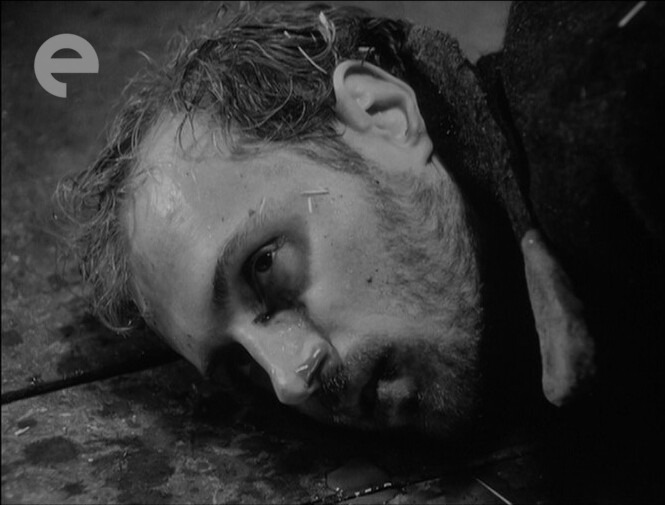 | 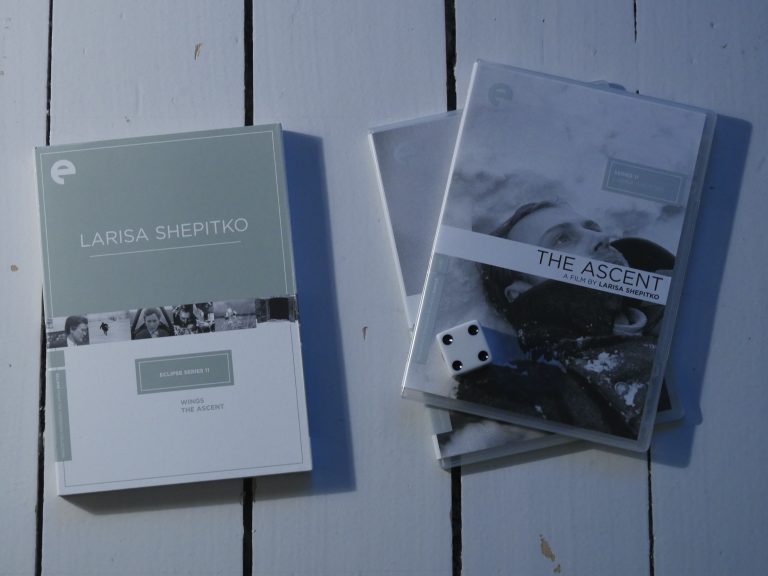 |
| Poto and Cabengo Jean-Pierre Gorin 1979 | 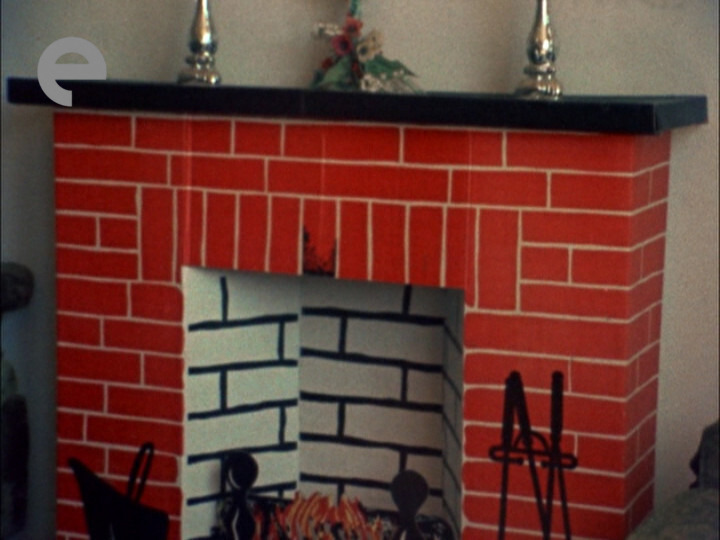 | 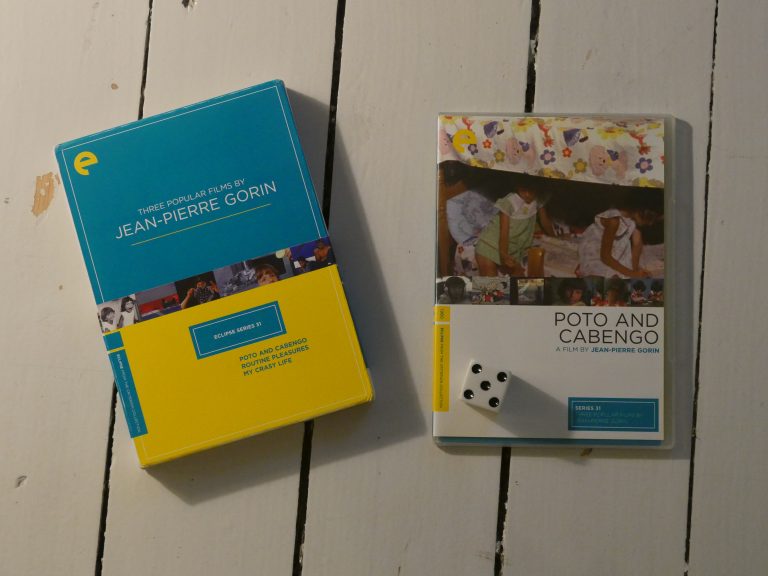 |
| Mur Murs Agnès Varda 1980 | 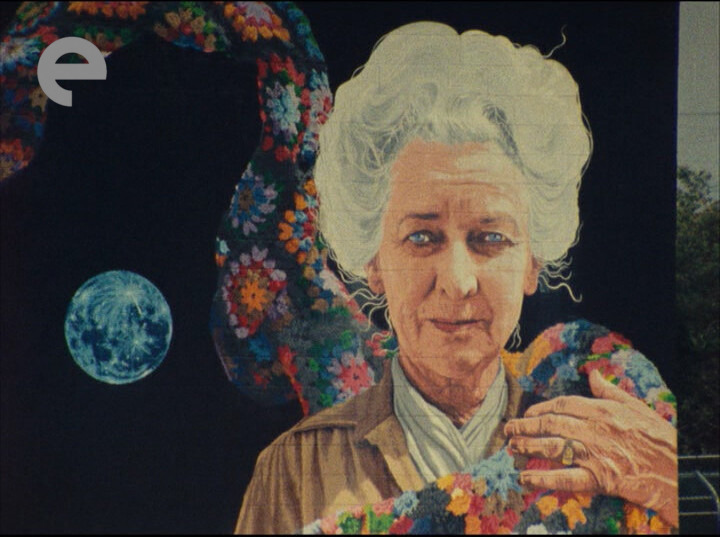 | 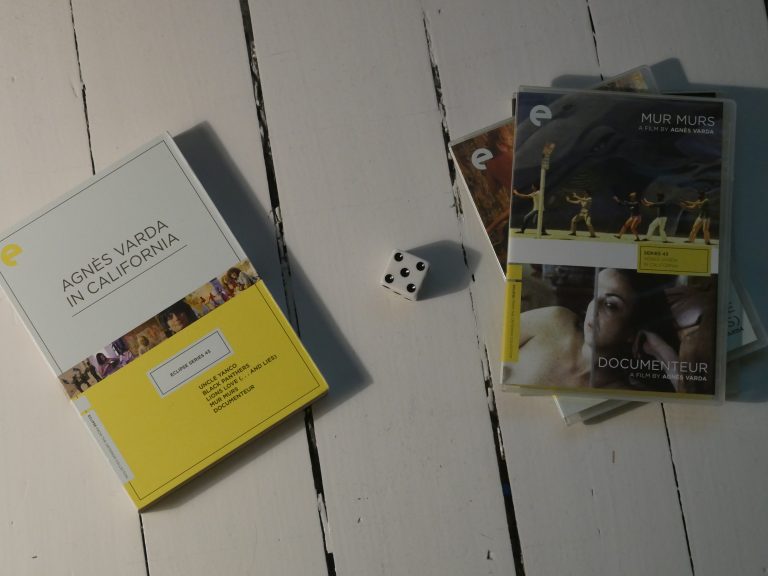 |
| Documenteur Agnès Varda 1981 | 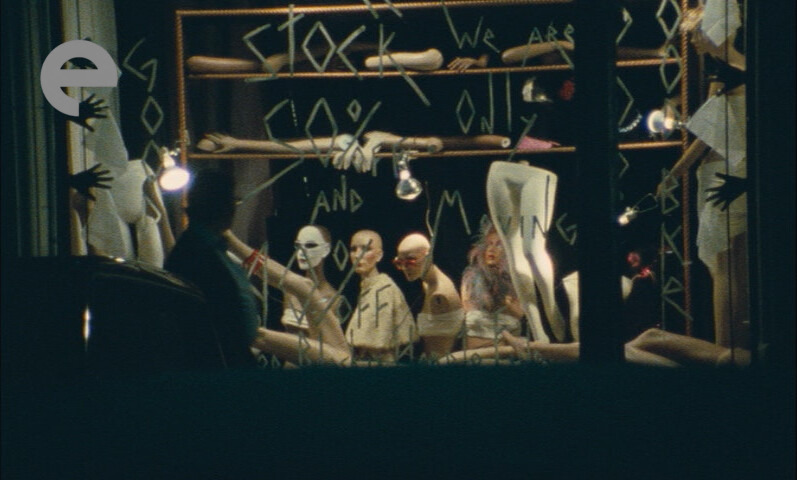 | 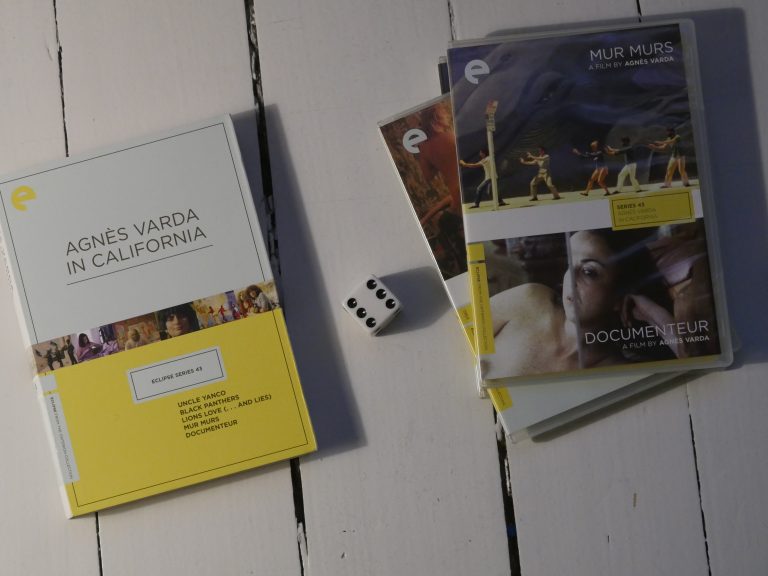 |
| ঘরে-বাইরে (The Home and the World) Satyajit Ray 1984 | 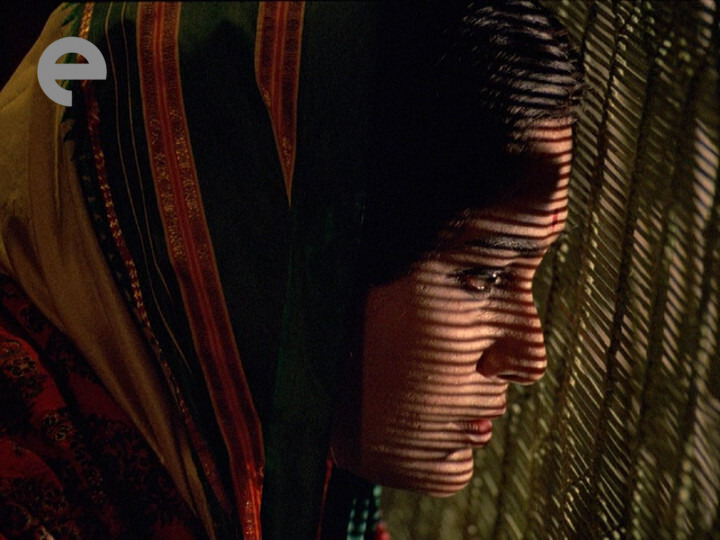 | 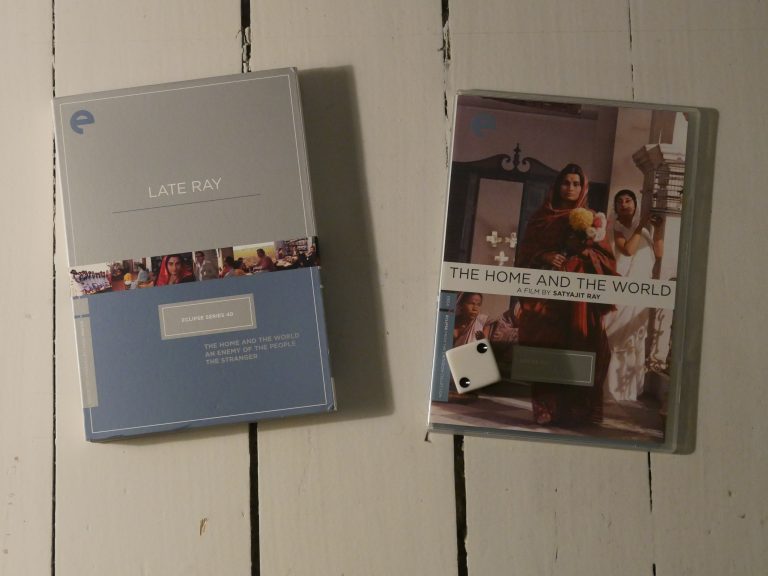 |
| God’s Country Louis Malle 1985 | 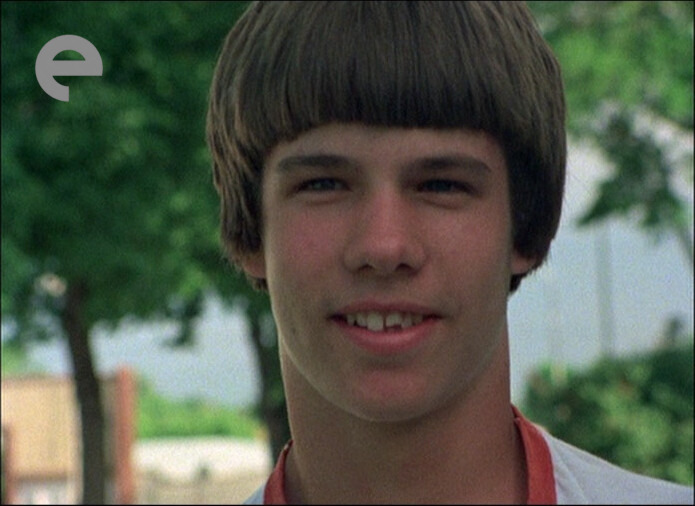 | 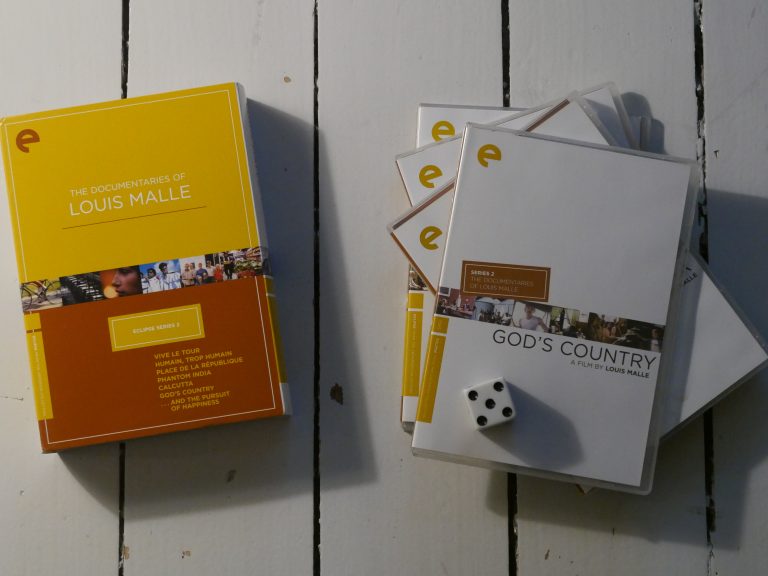 |
| … and the pursuit of happiness Louis Malle 1986 | 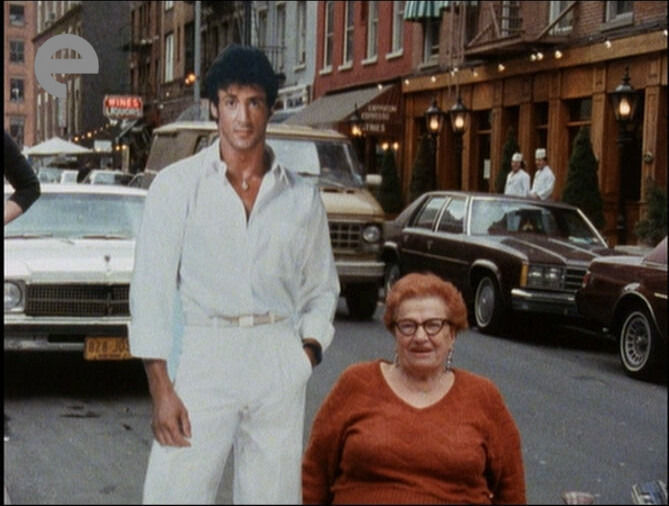 | 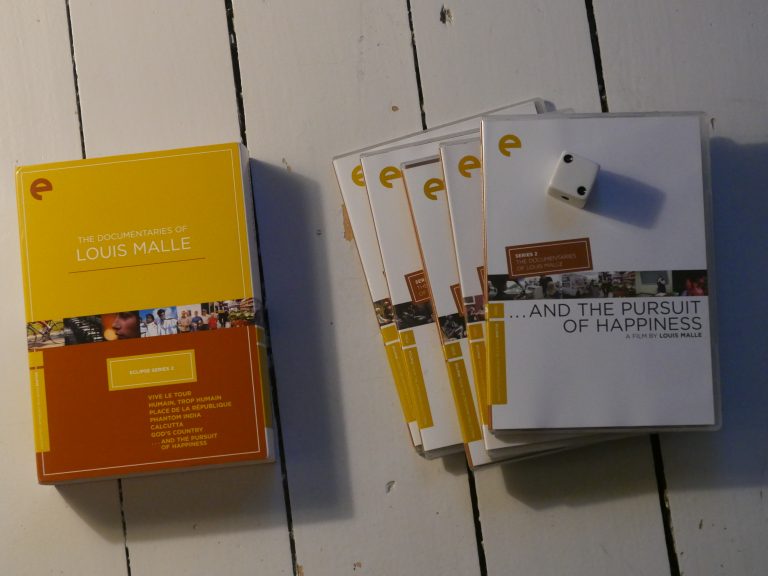 |
| Routine Pleasures Jean-Pierre Gorin 1986 | 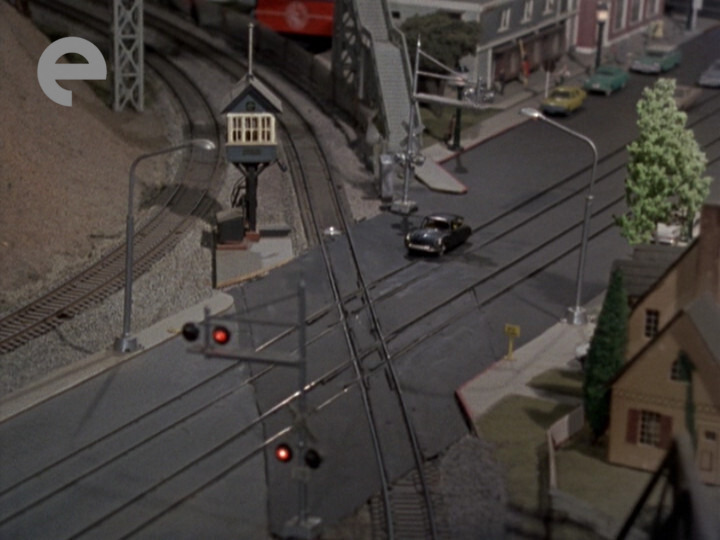 | 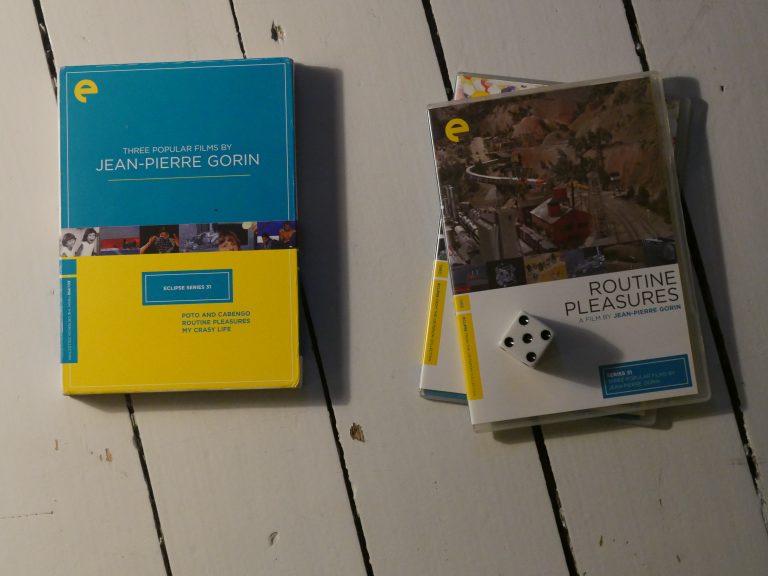 |
| গণশত্রু (An Enemy of the People) Satyajit Ray 1989 | 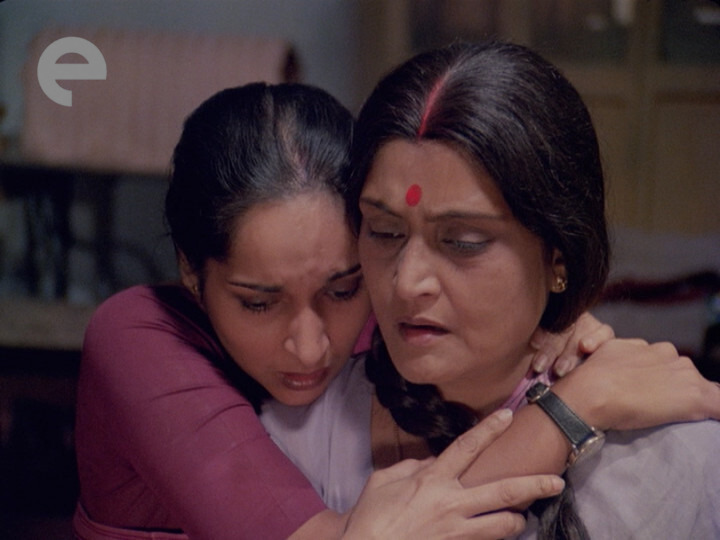 | 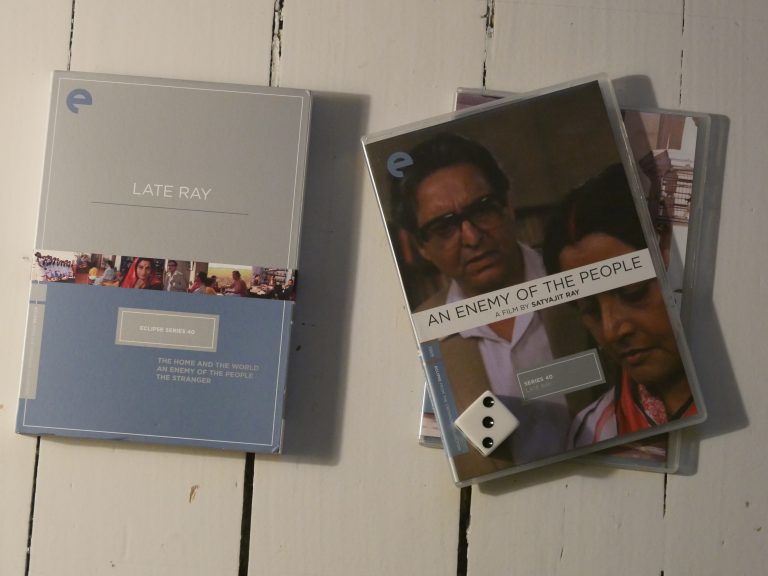 |
| আগন্তুক (The Stranger) Satyajit Ray 1991 | 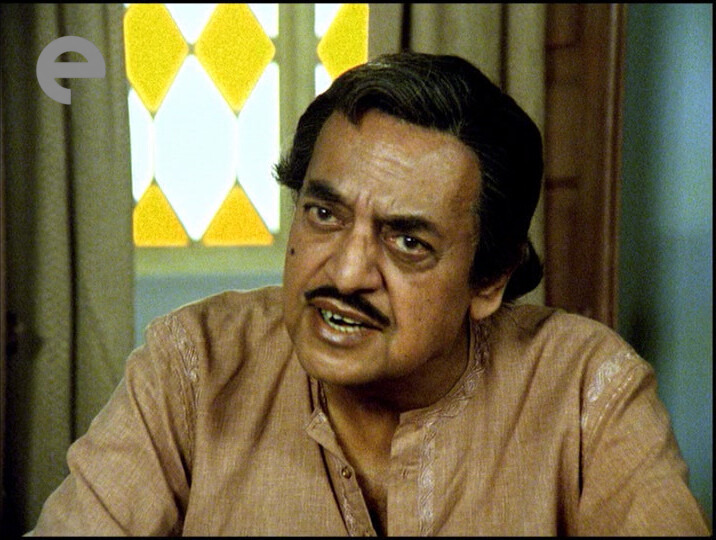 | 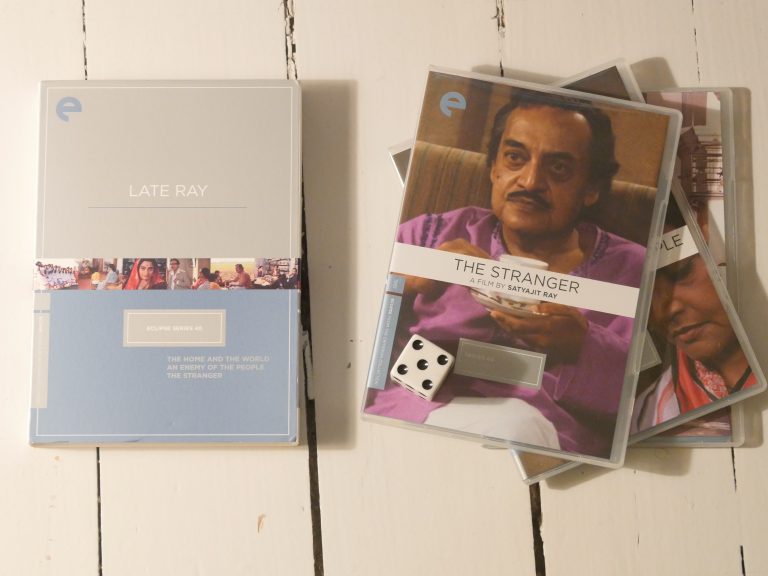 |
| My Crasy Life Jean-Pierre Gorin 1992 | 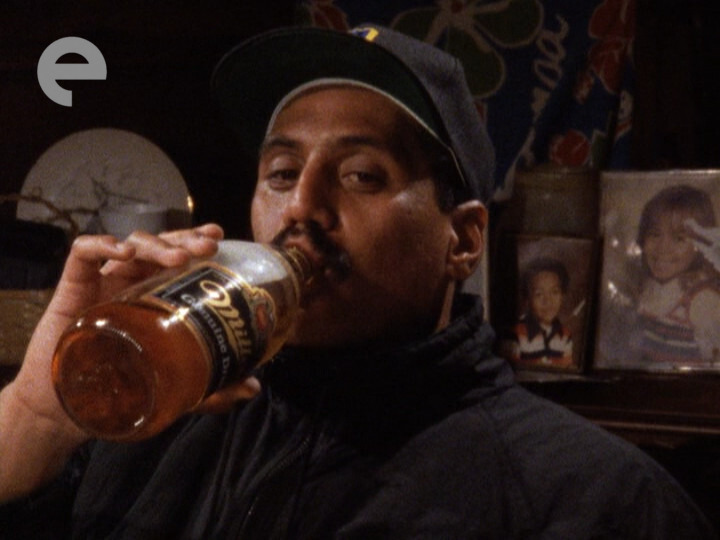 | 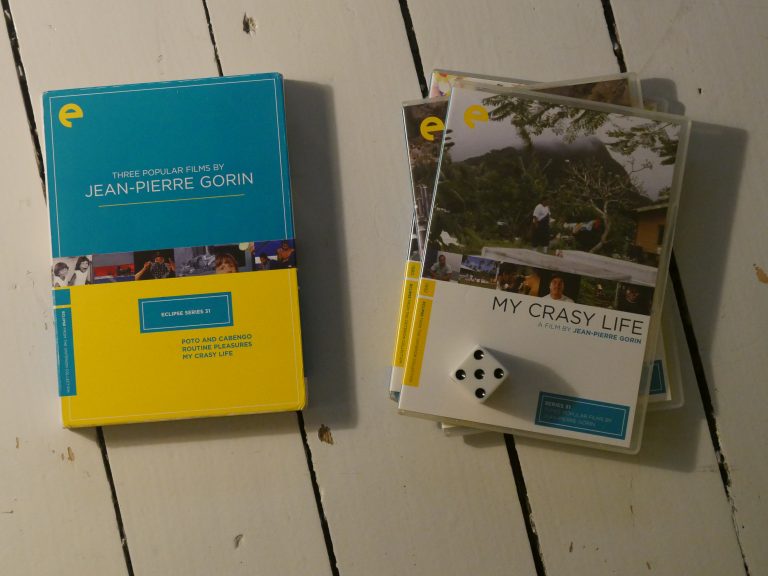 |

